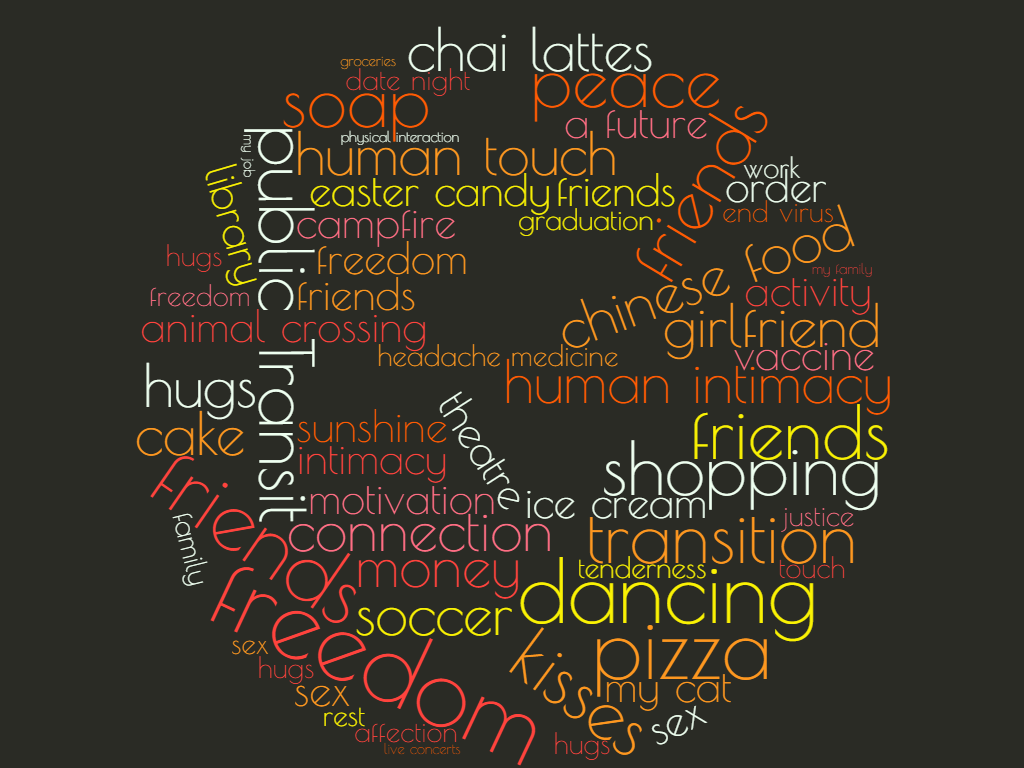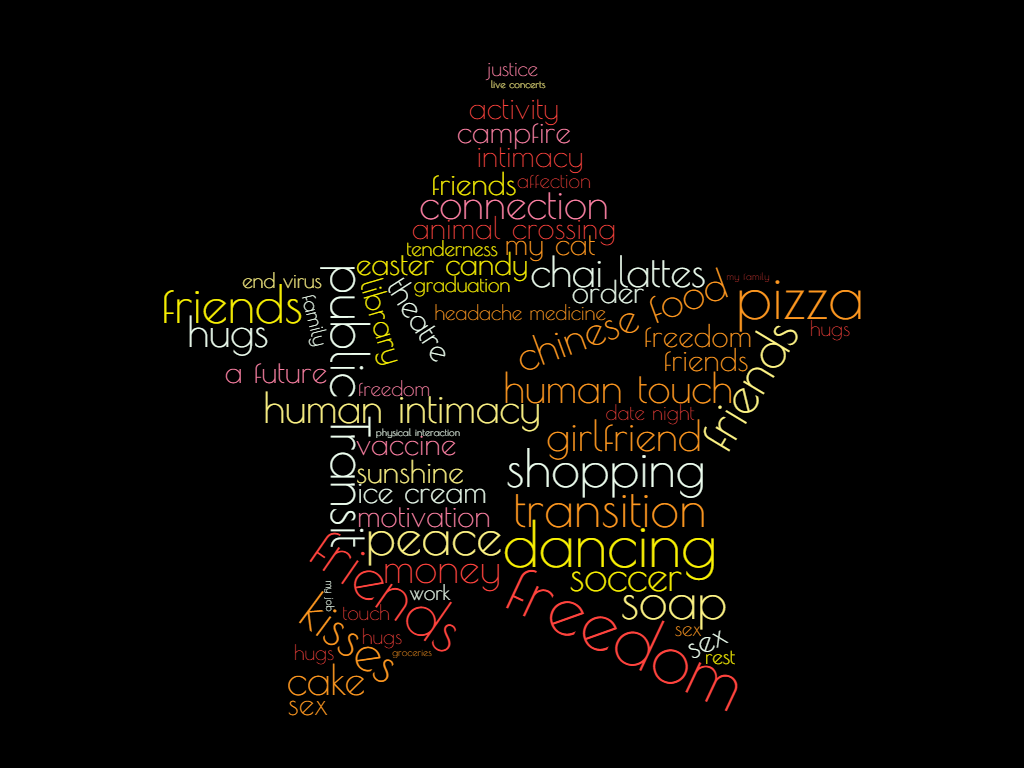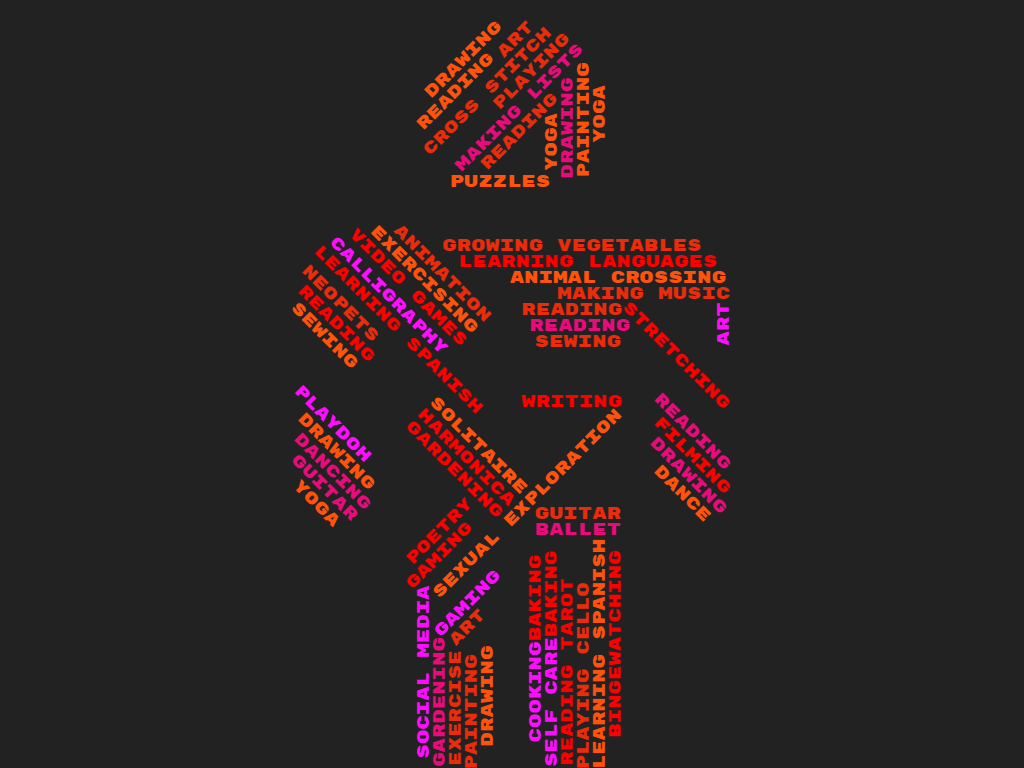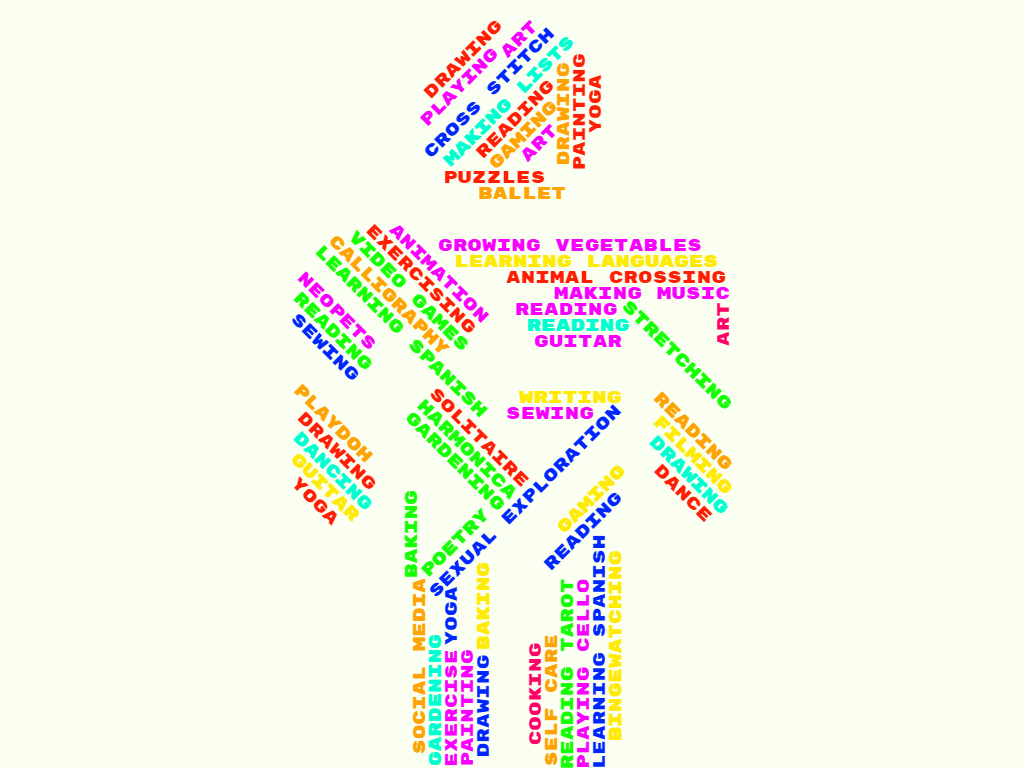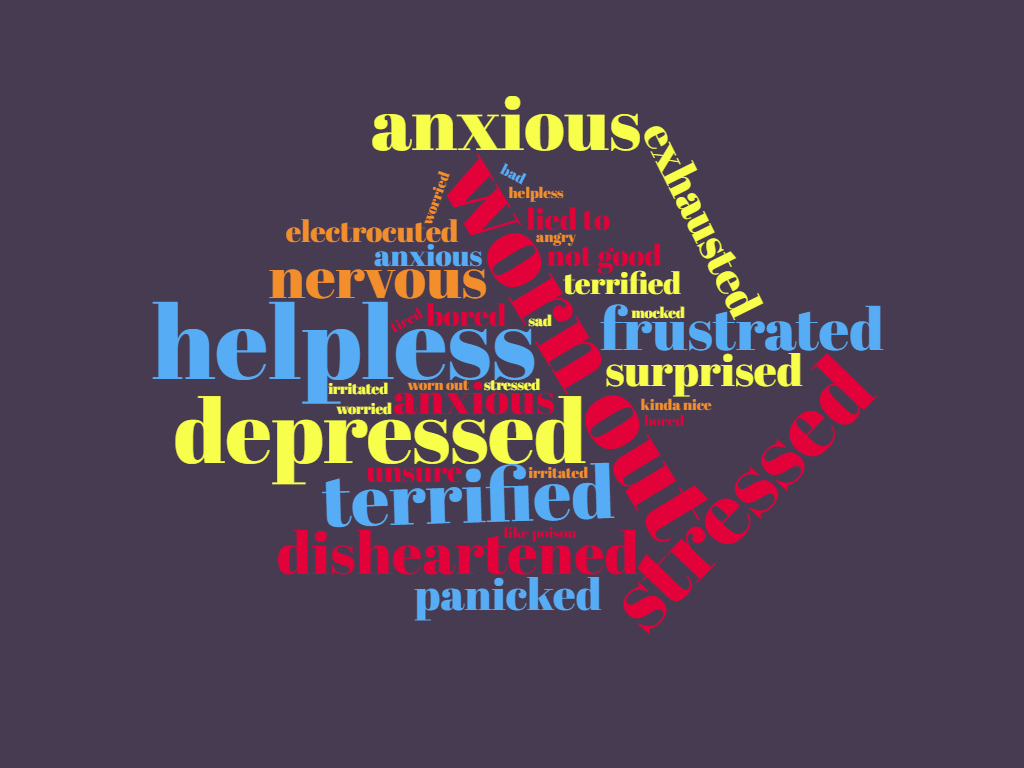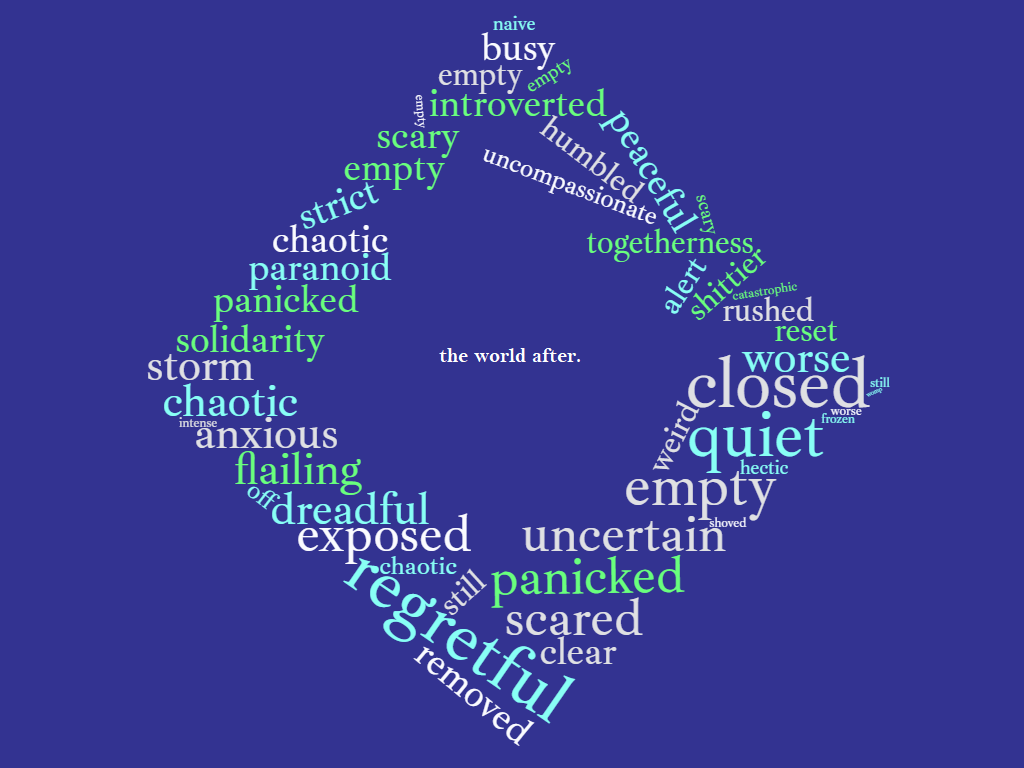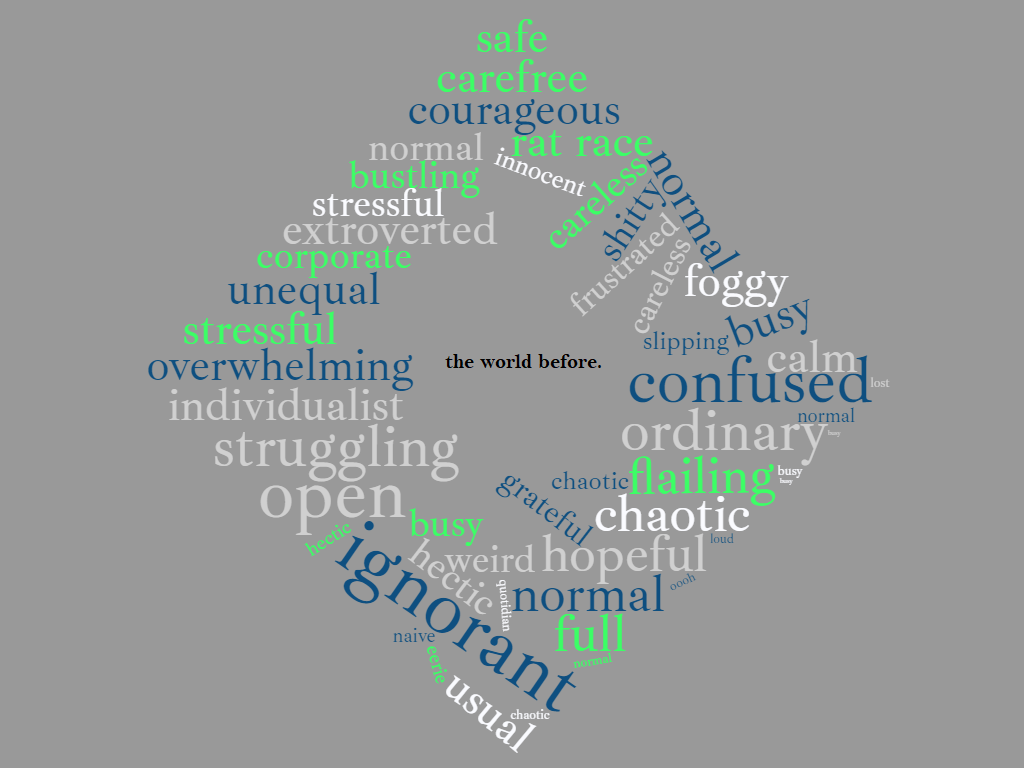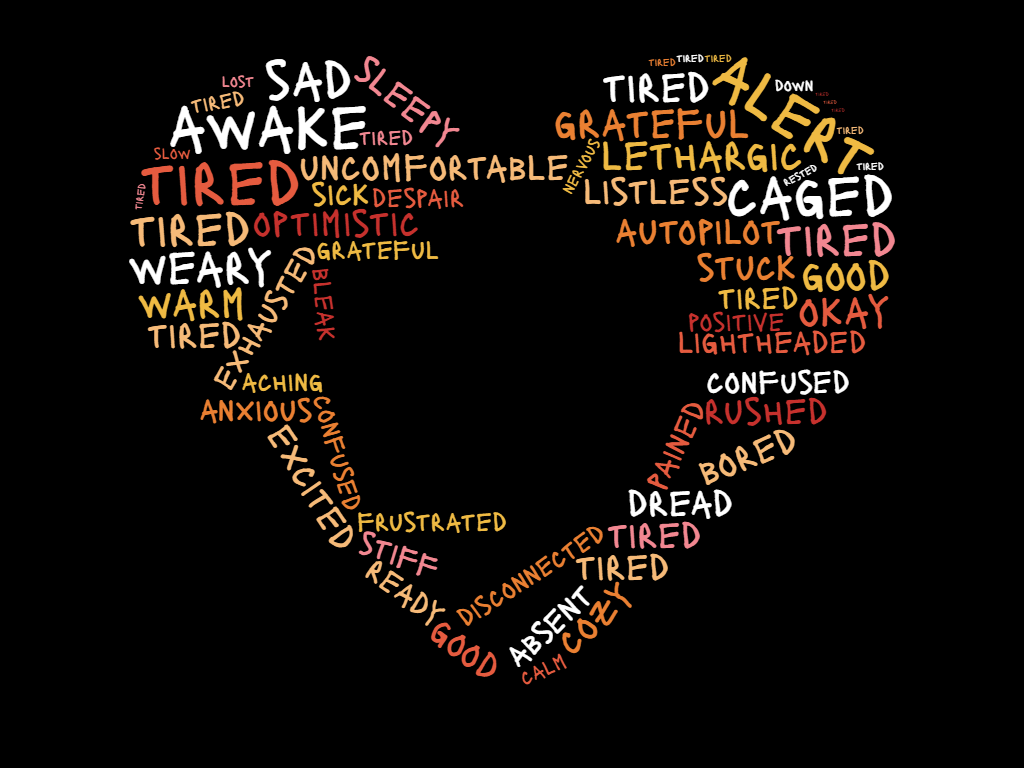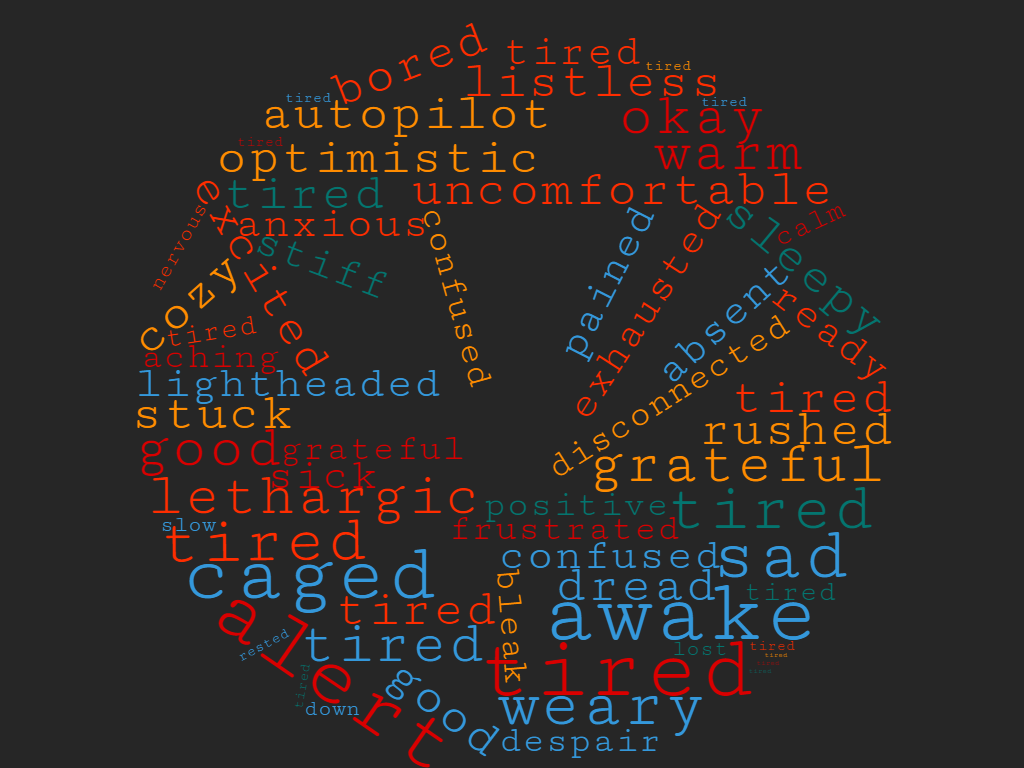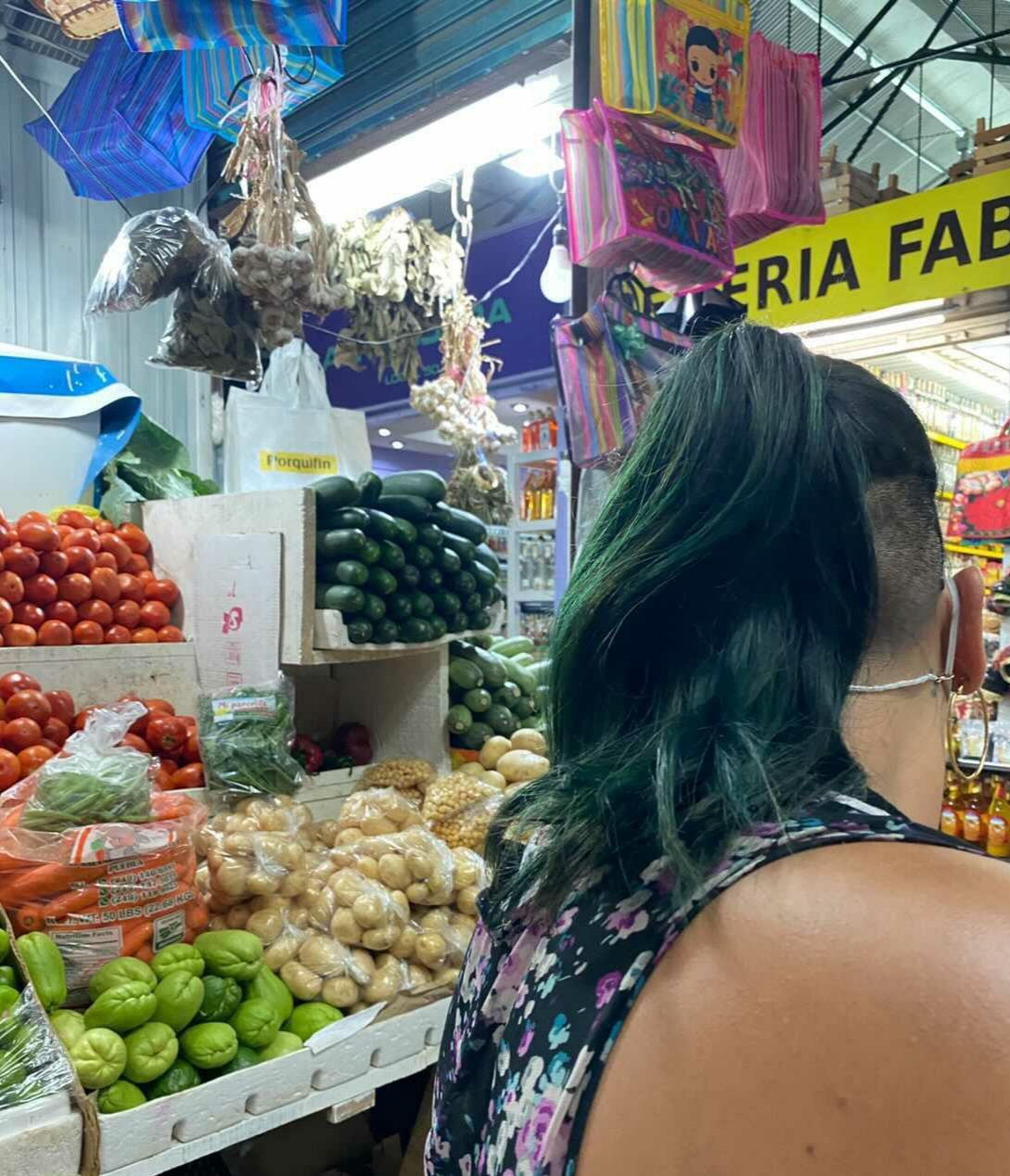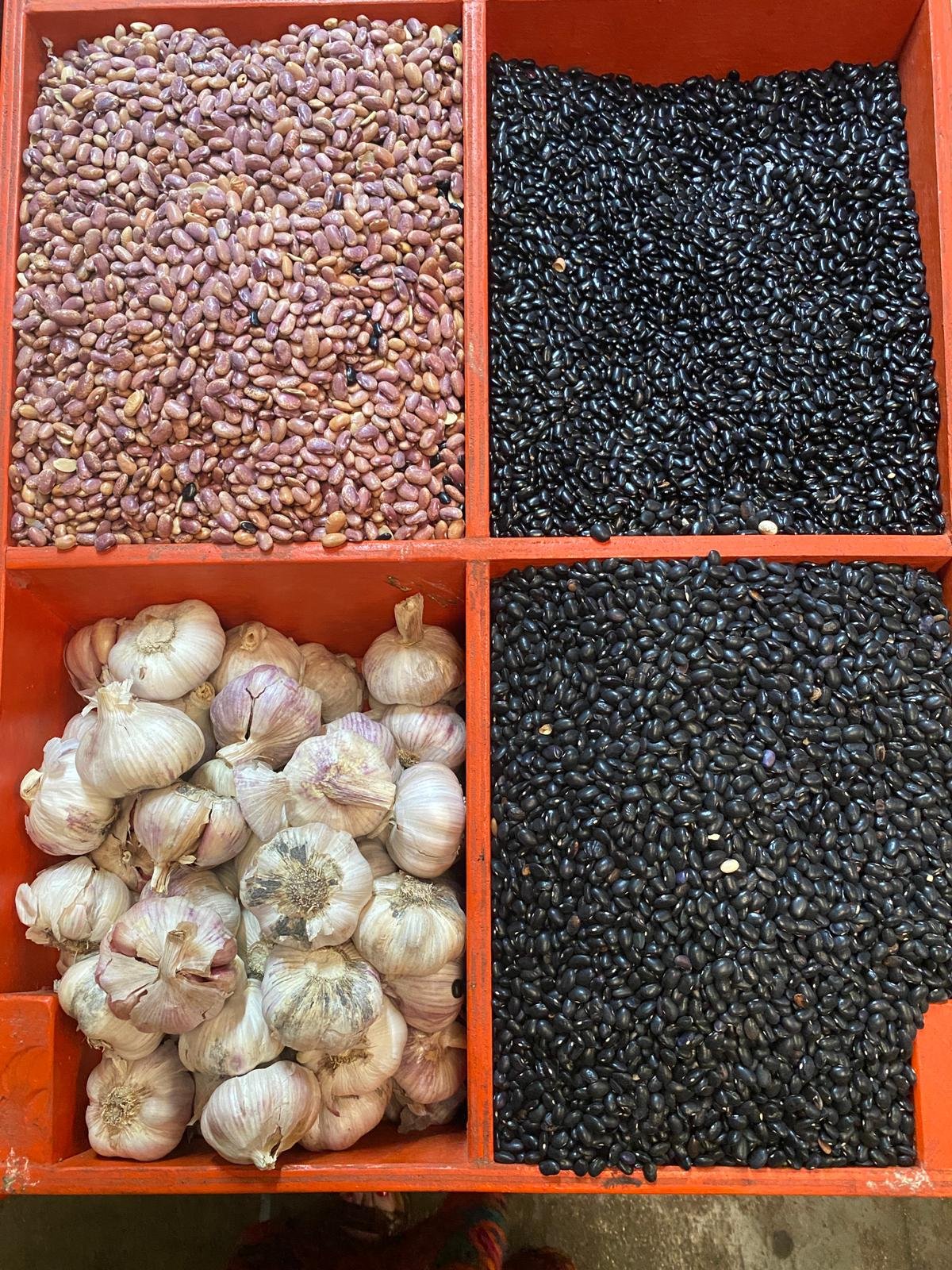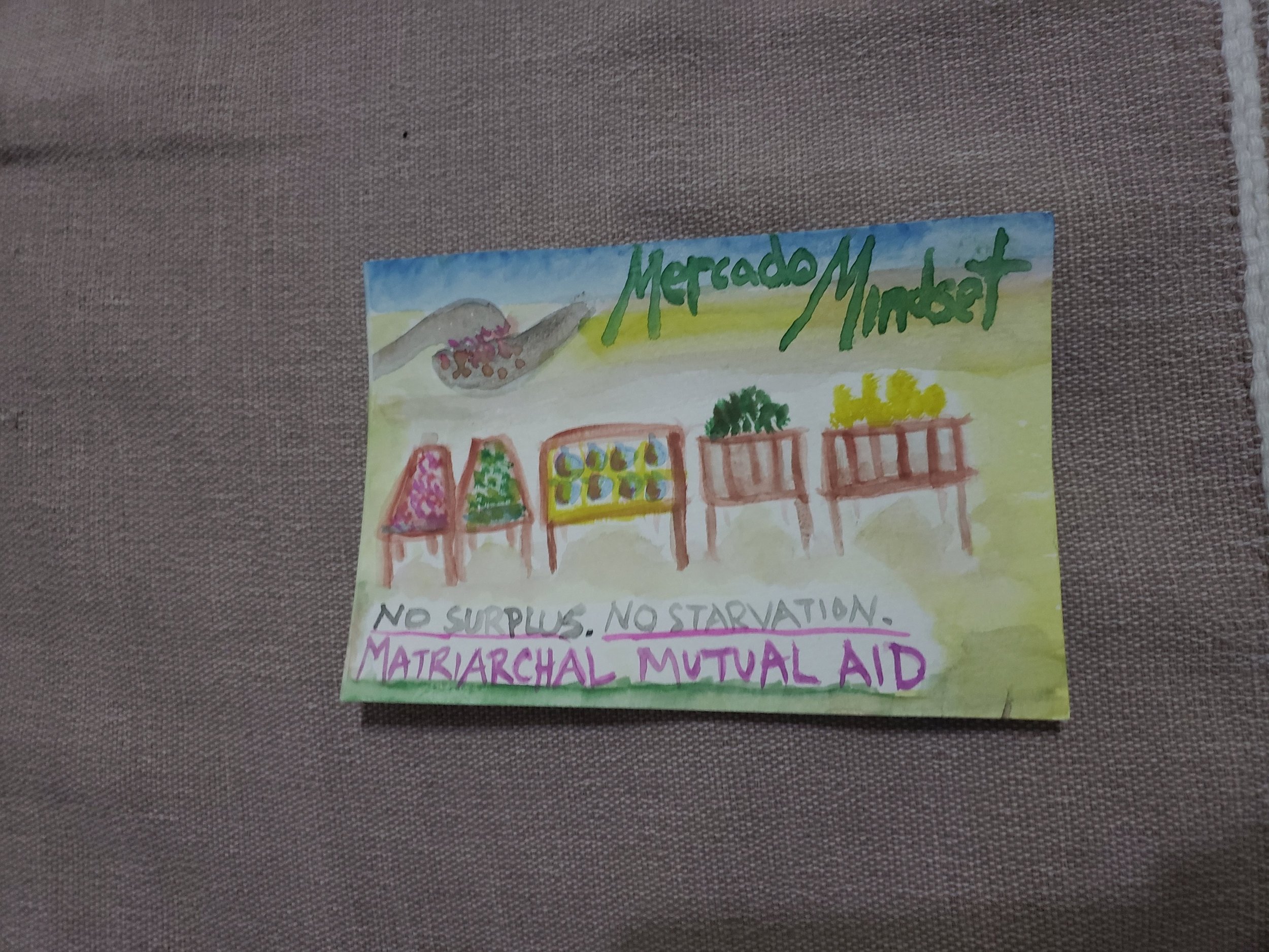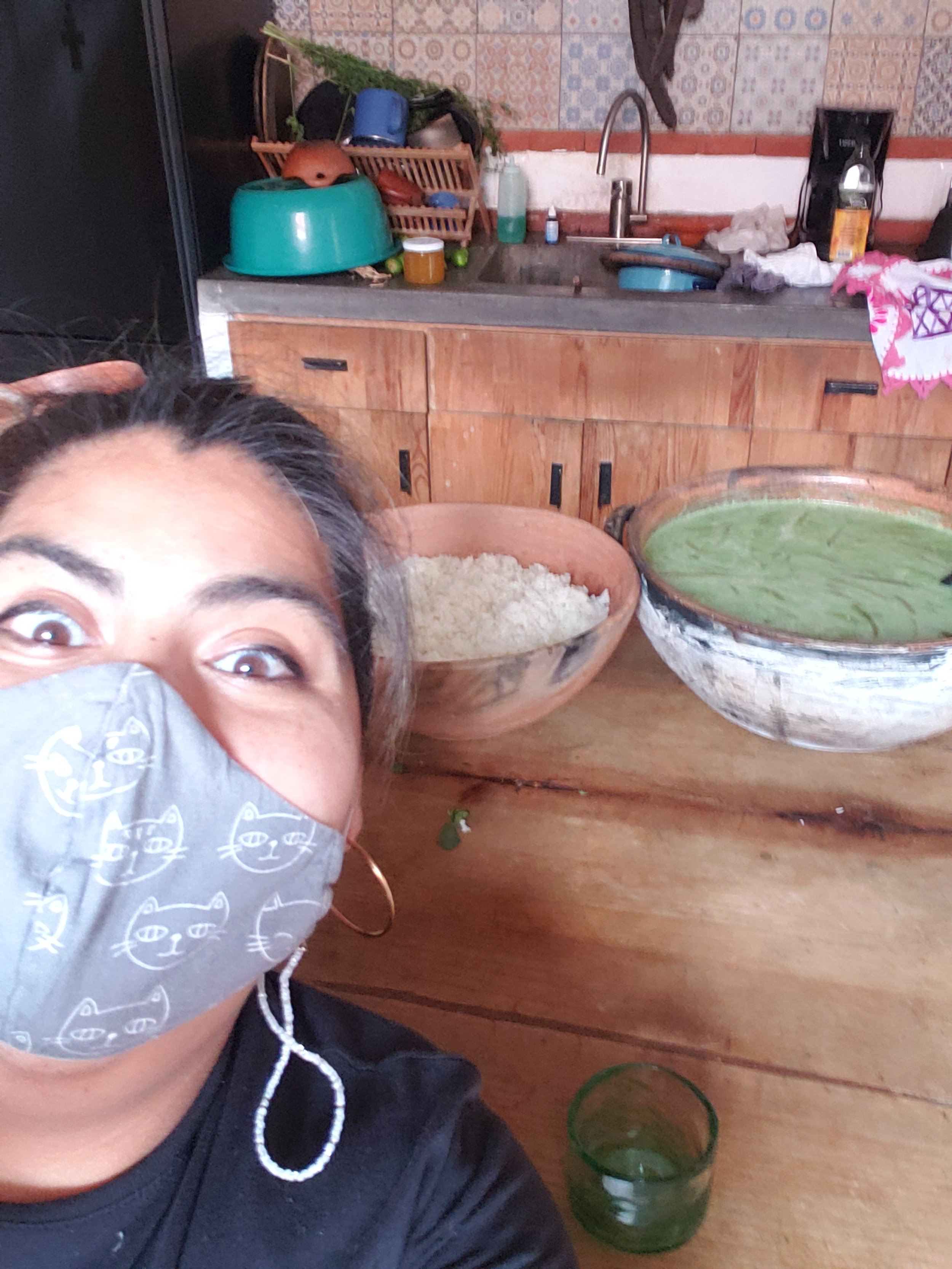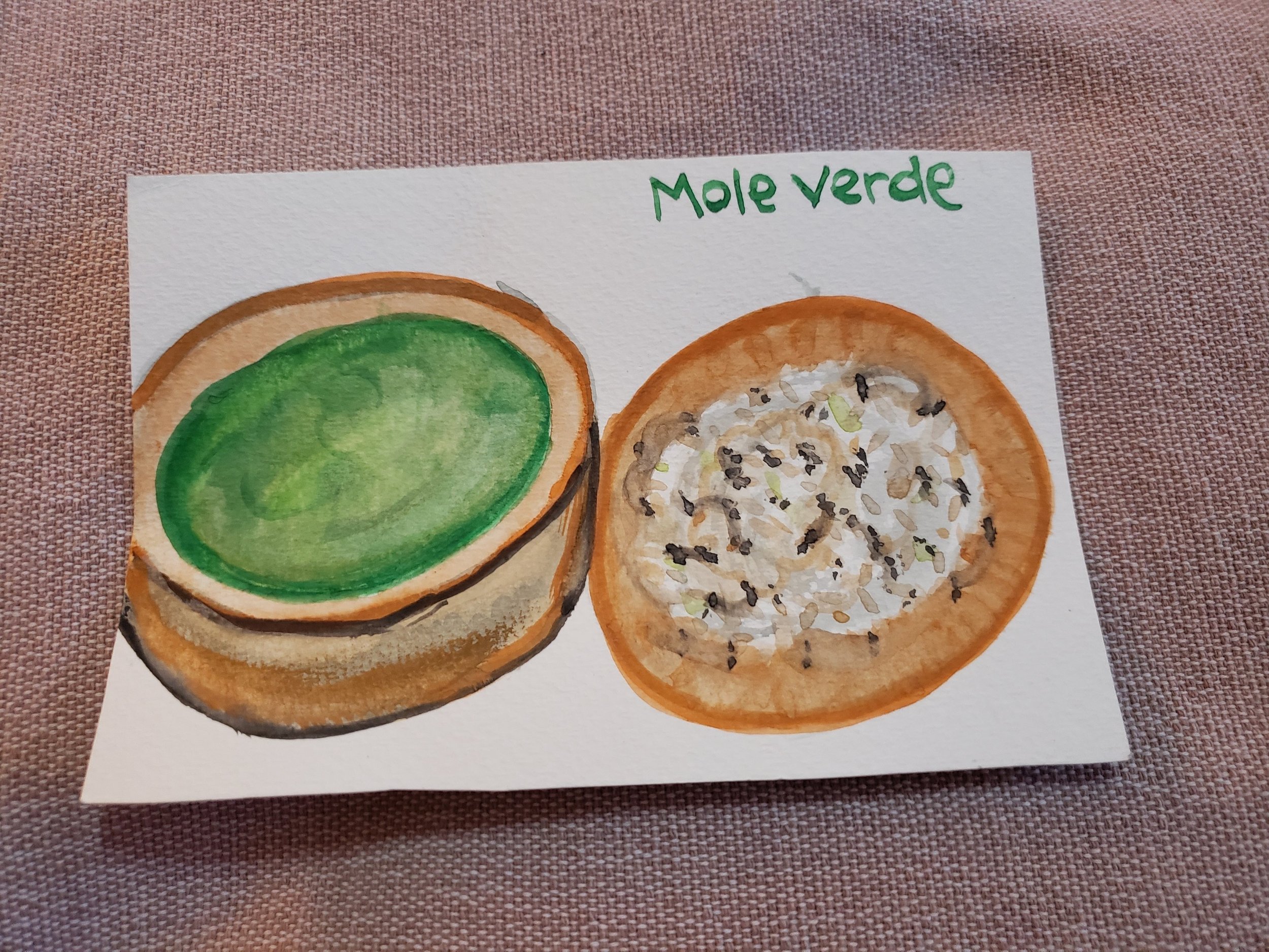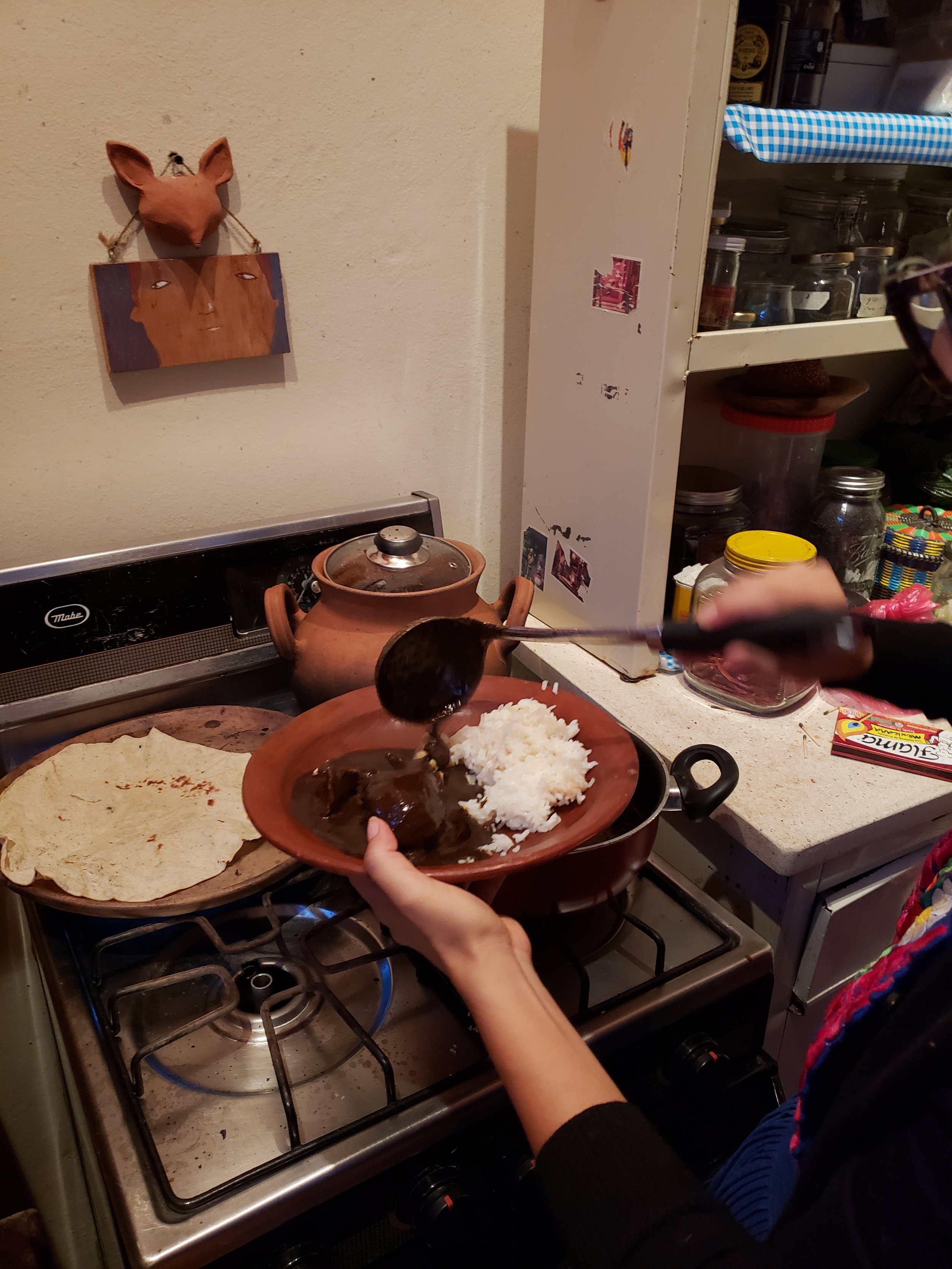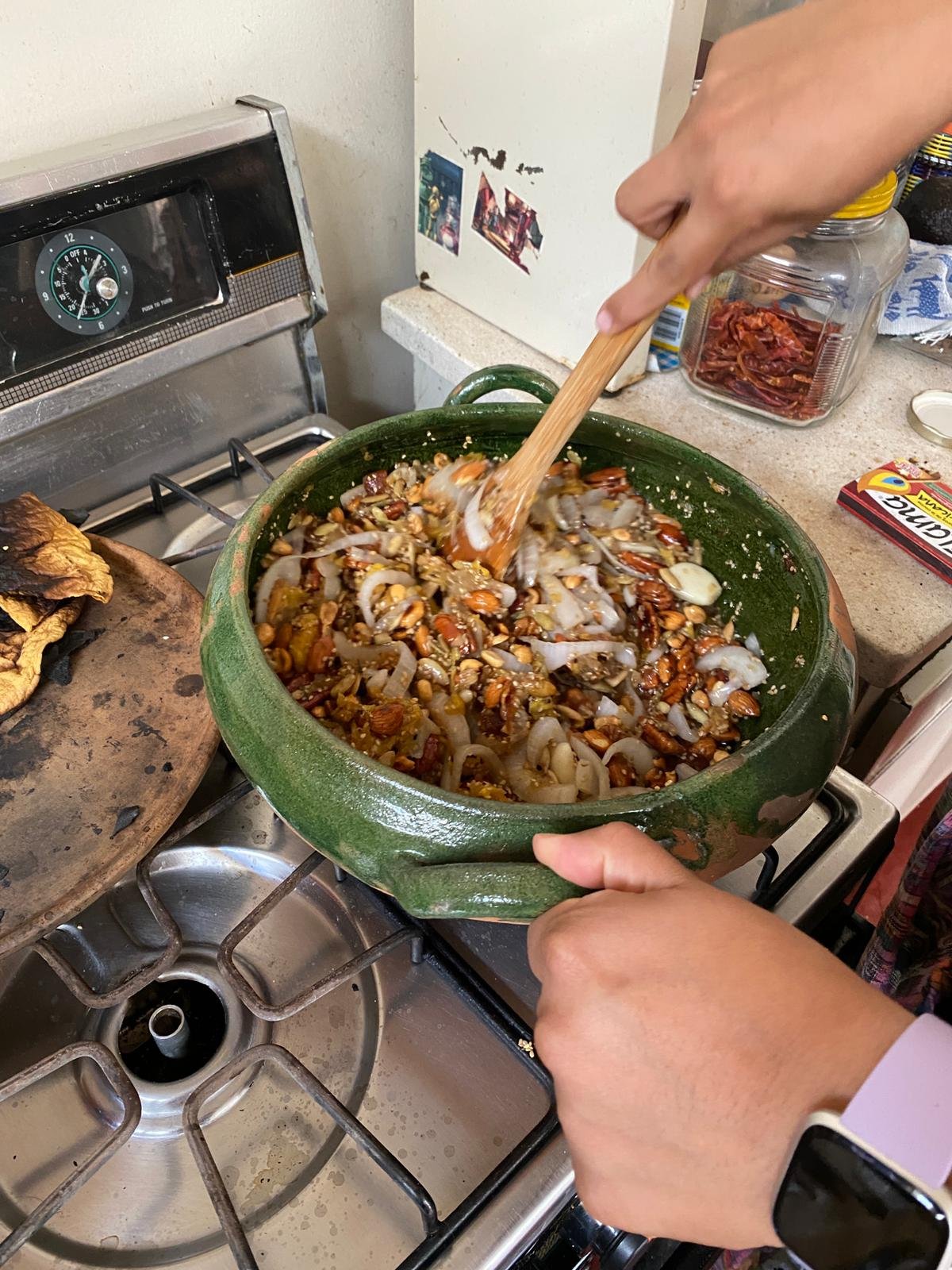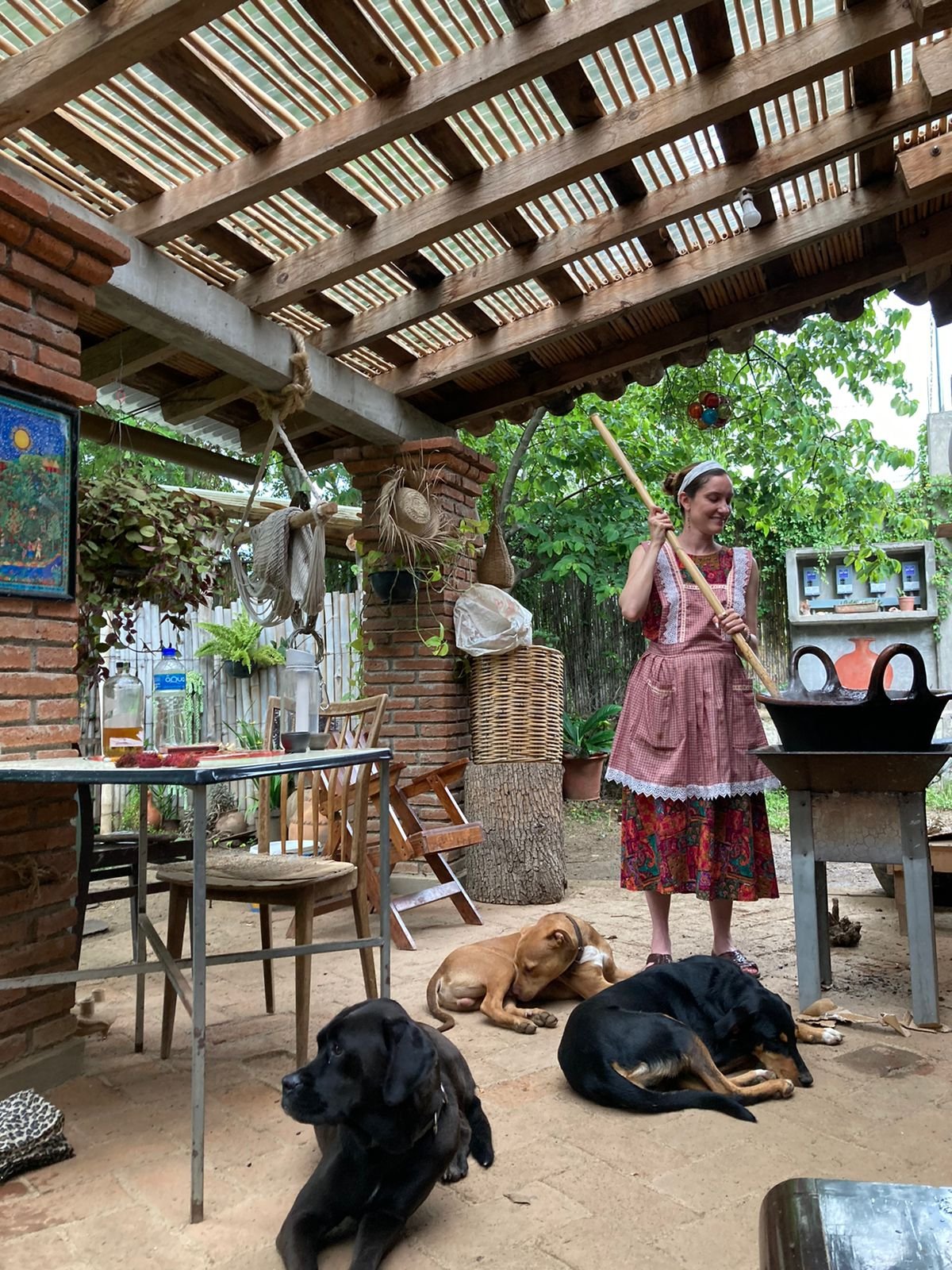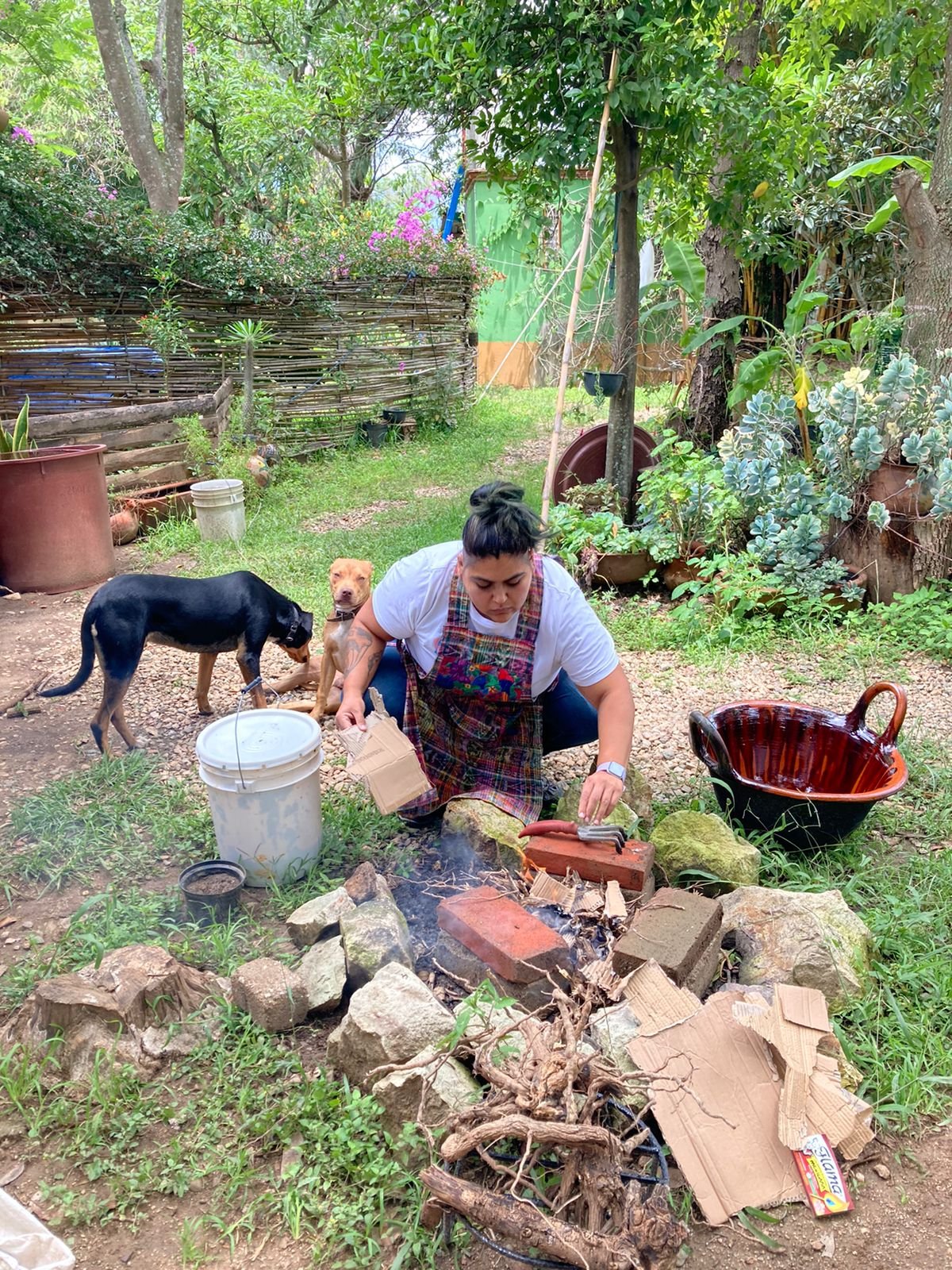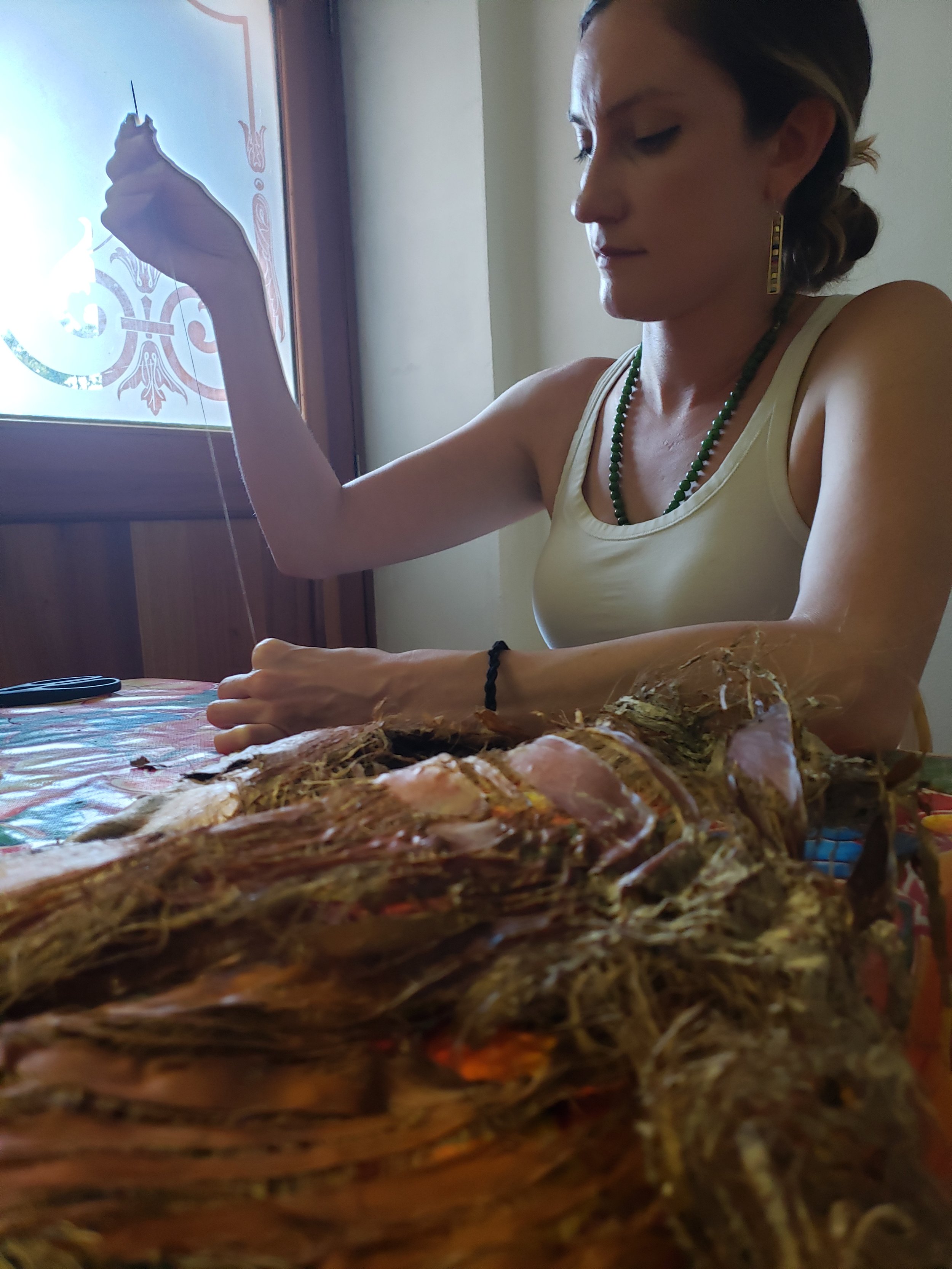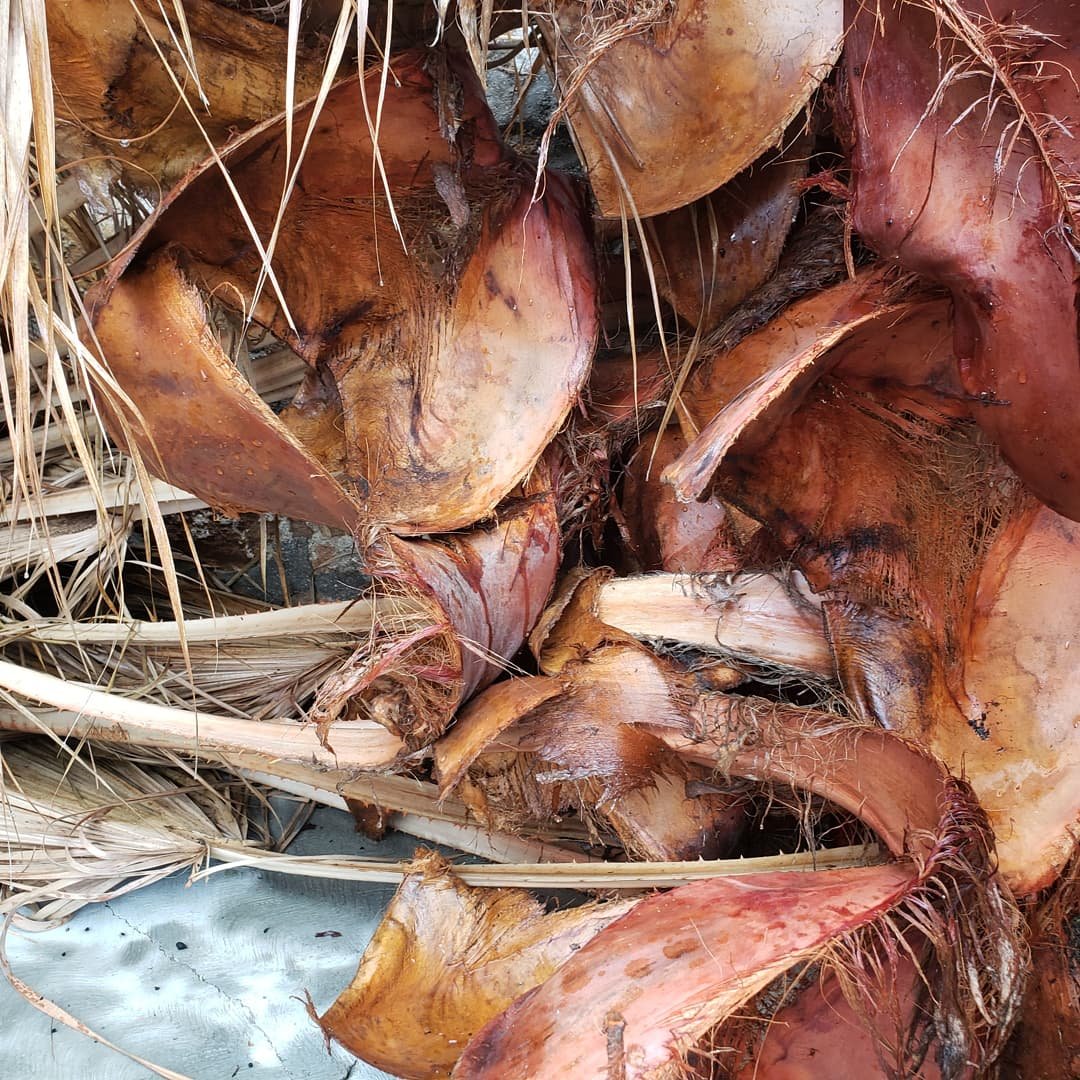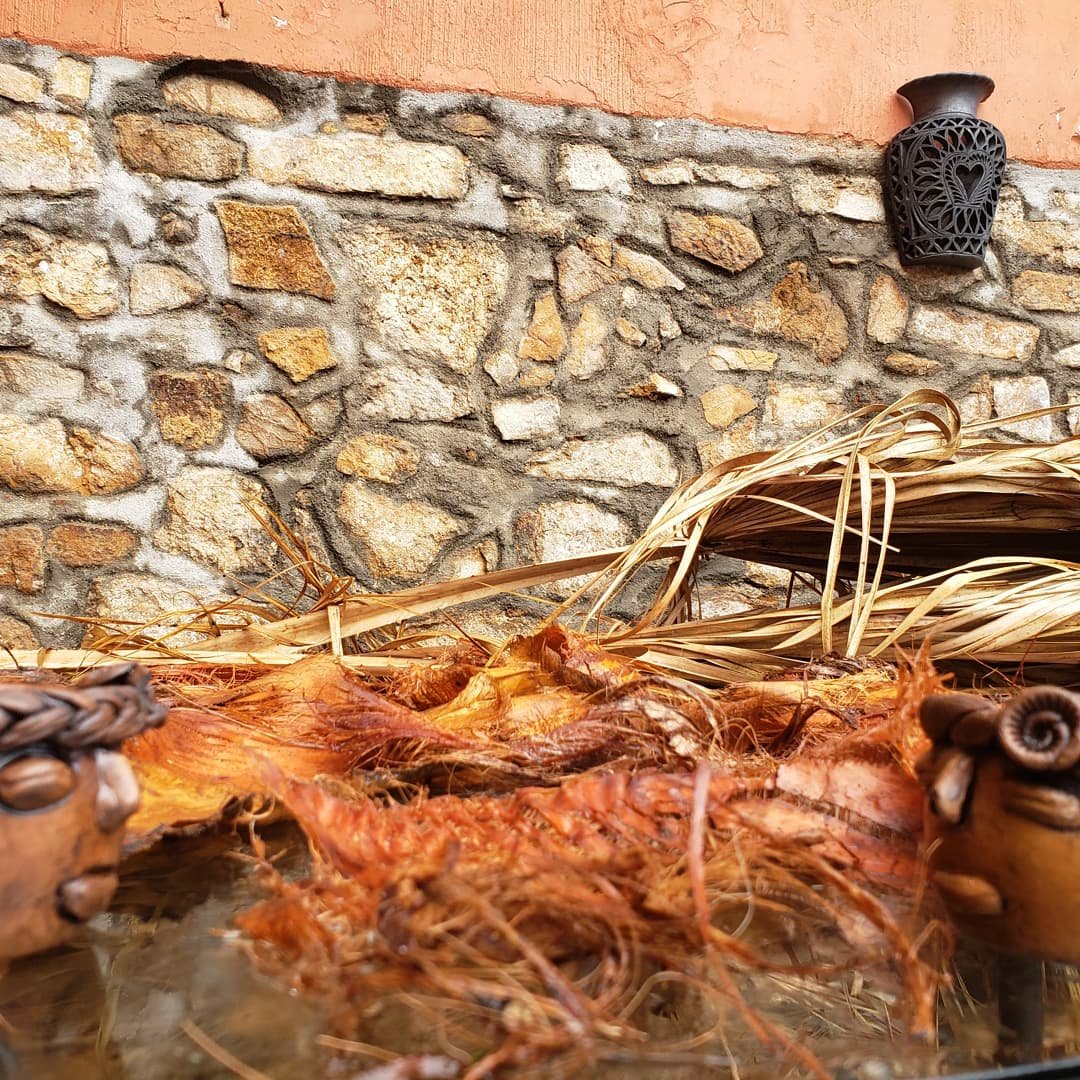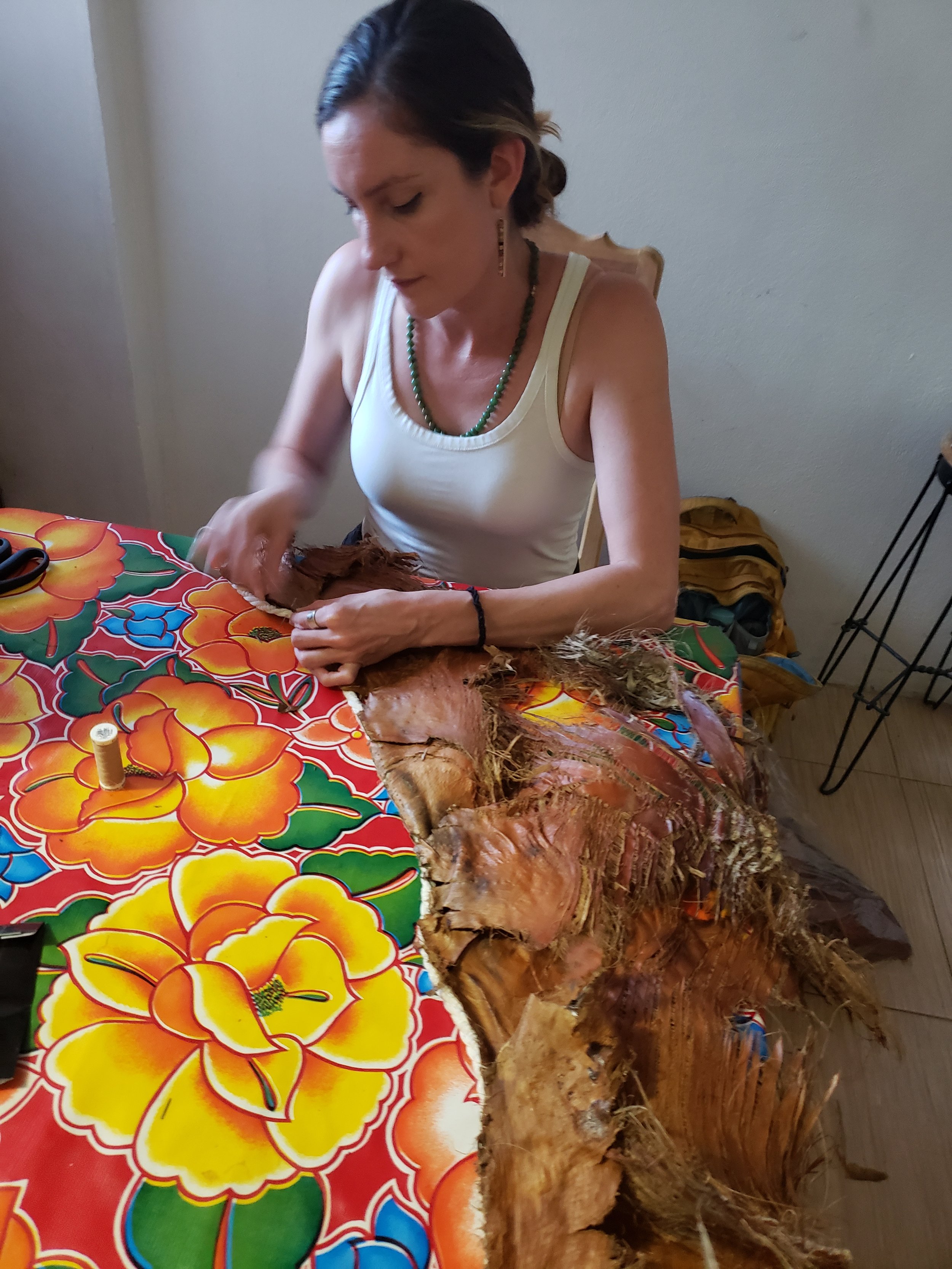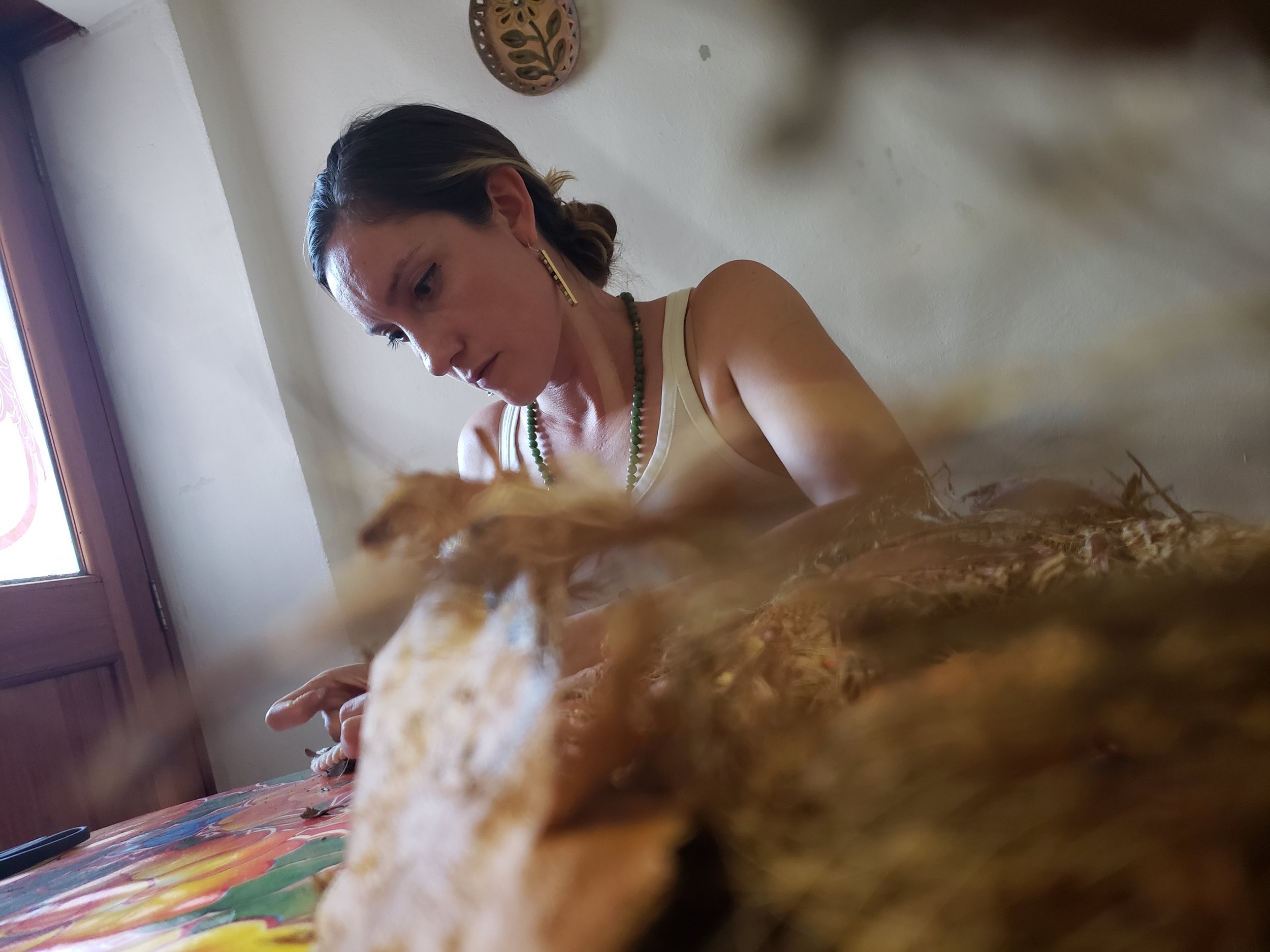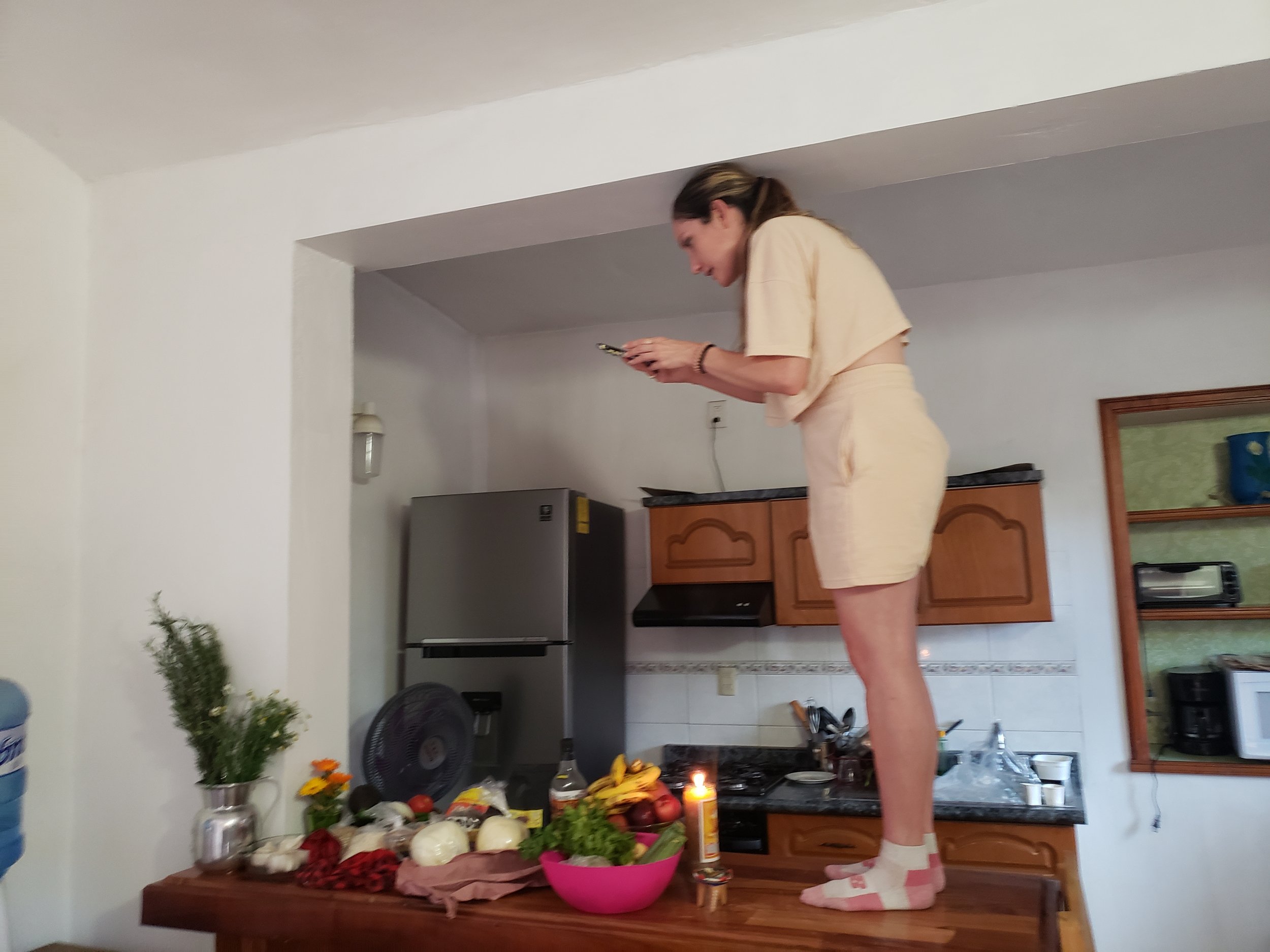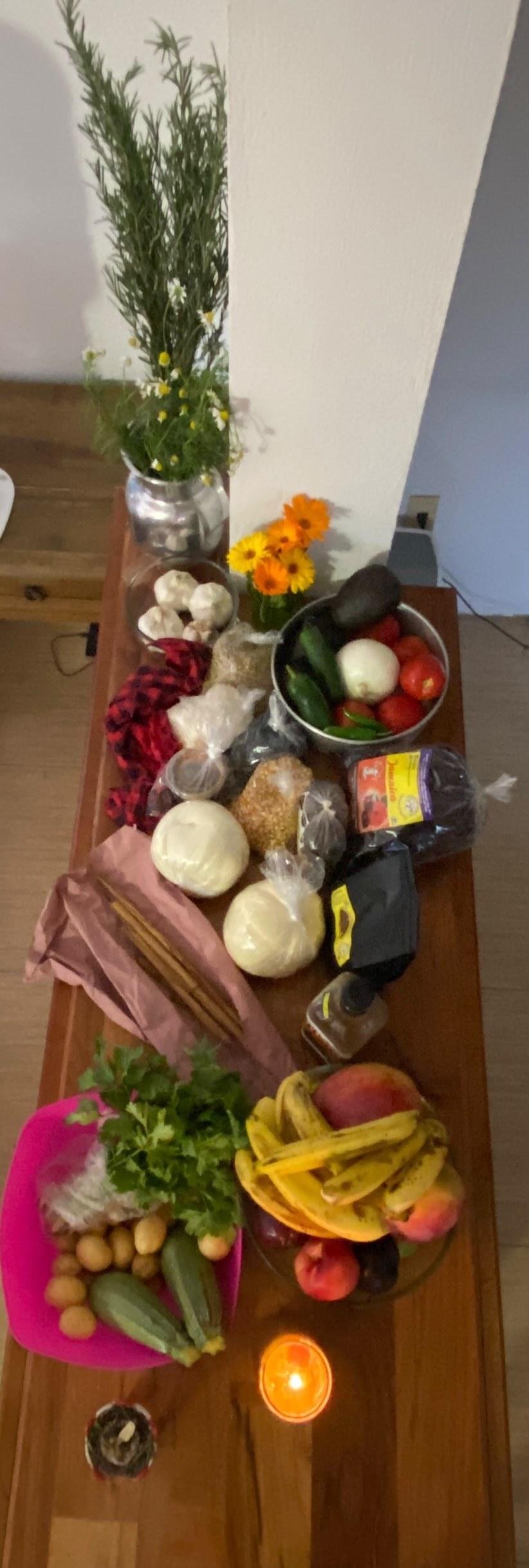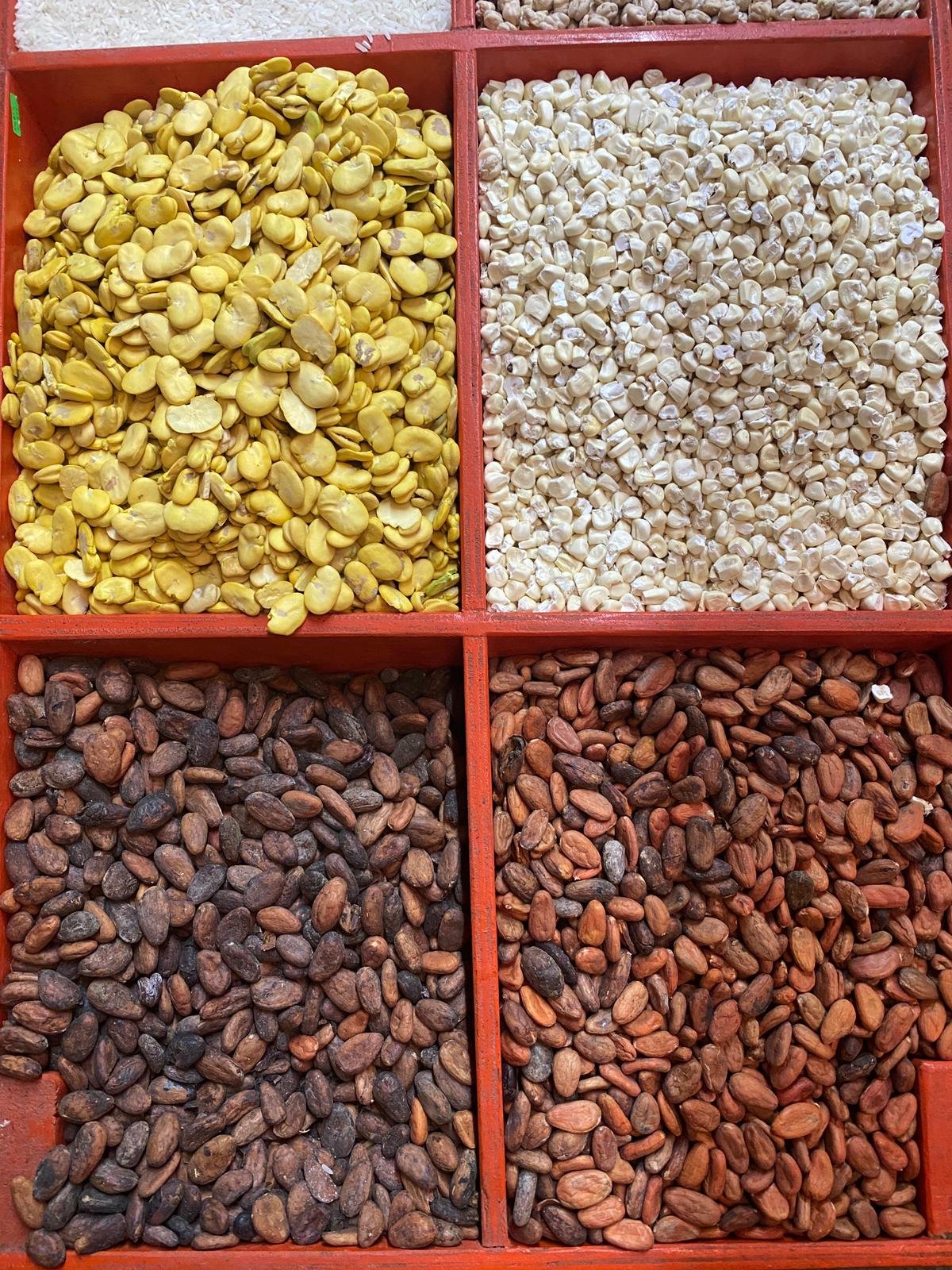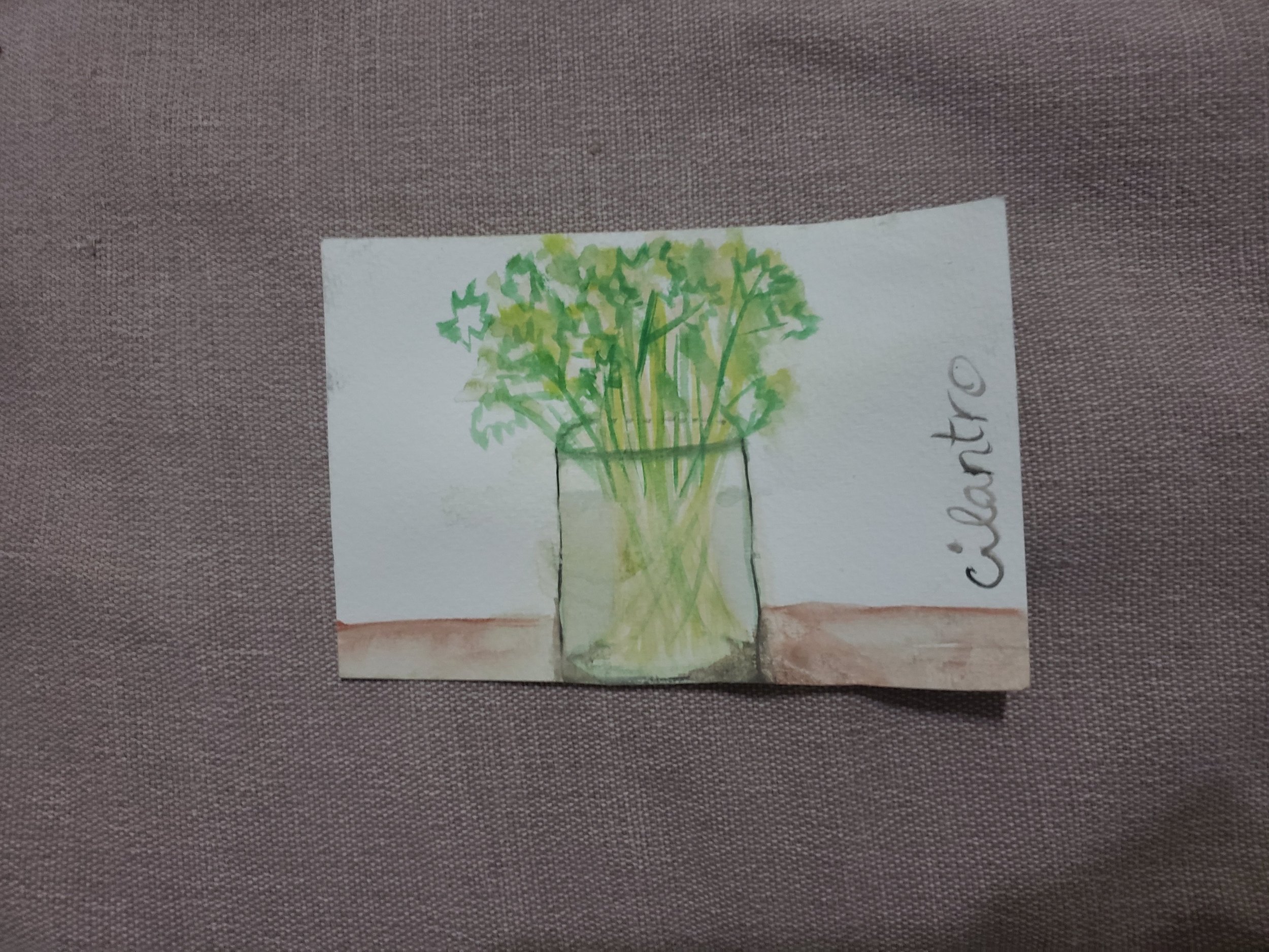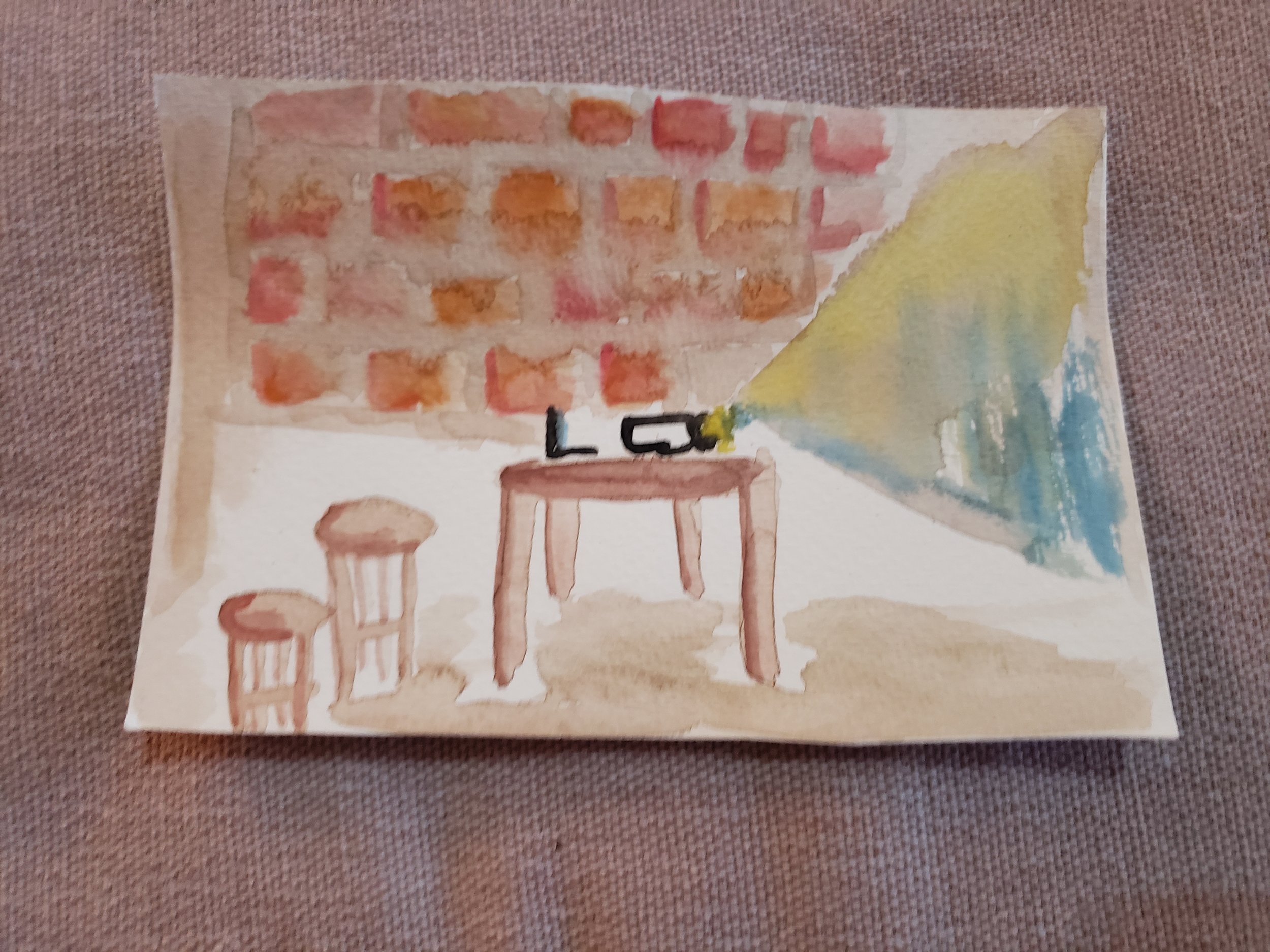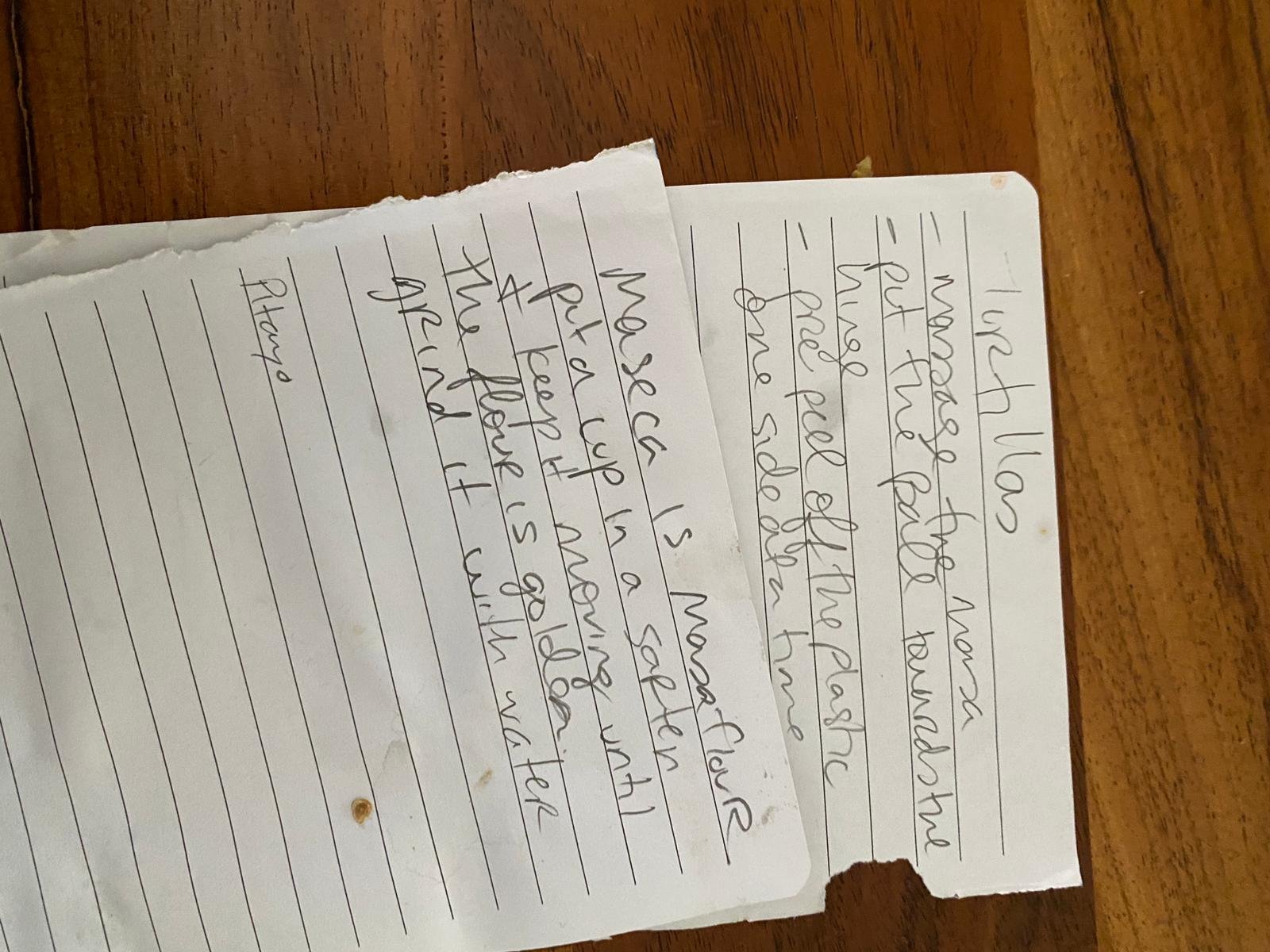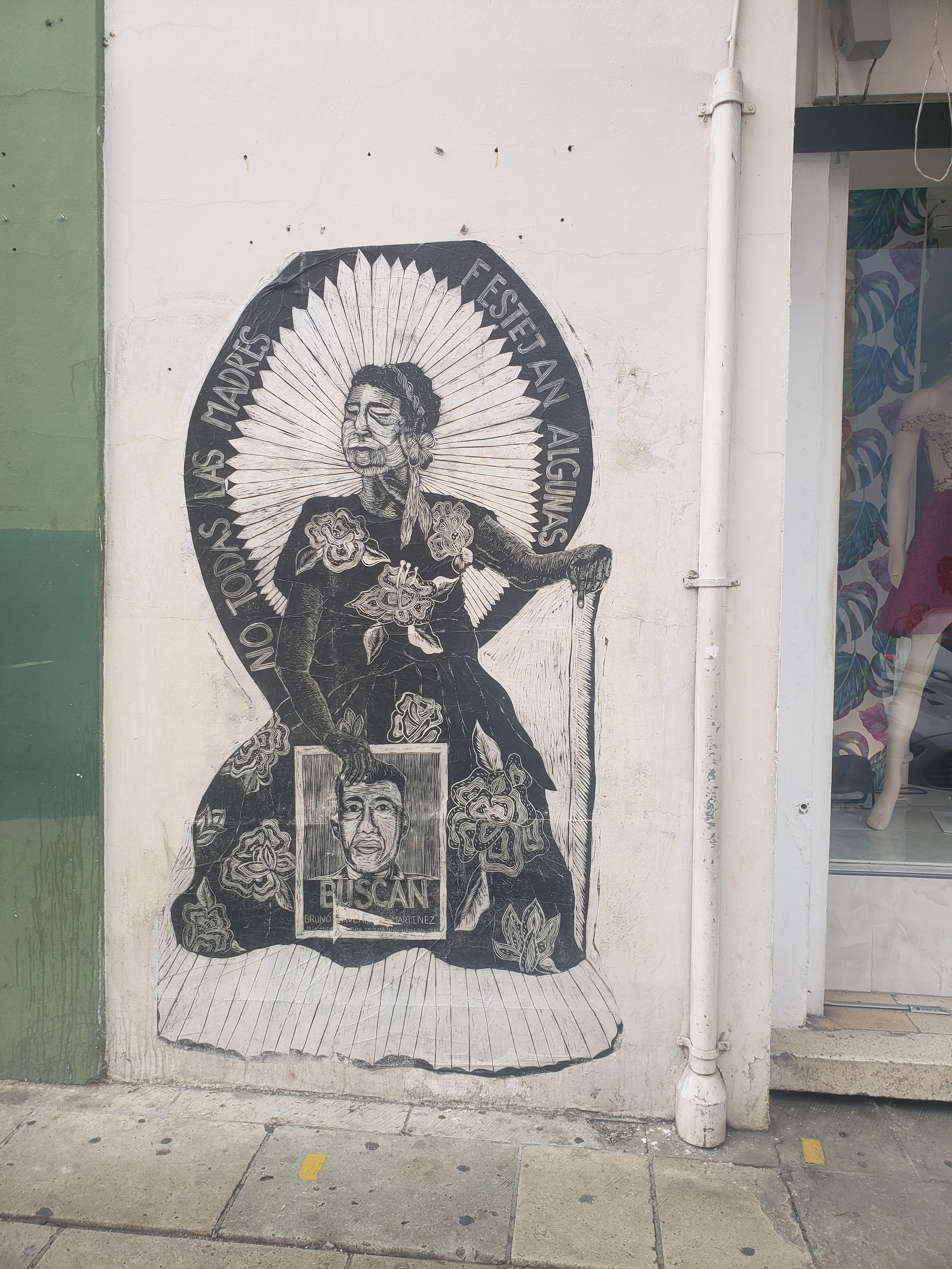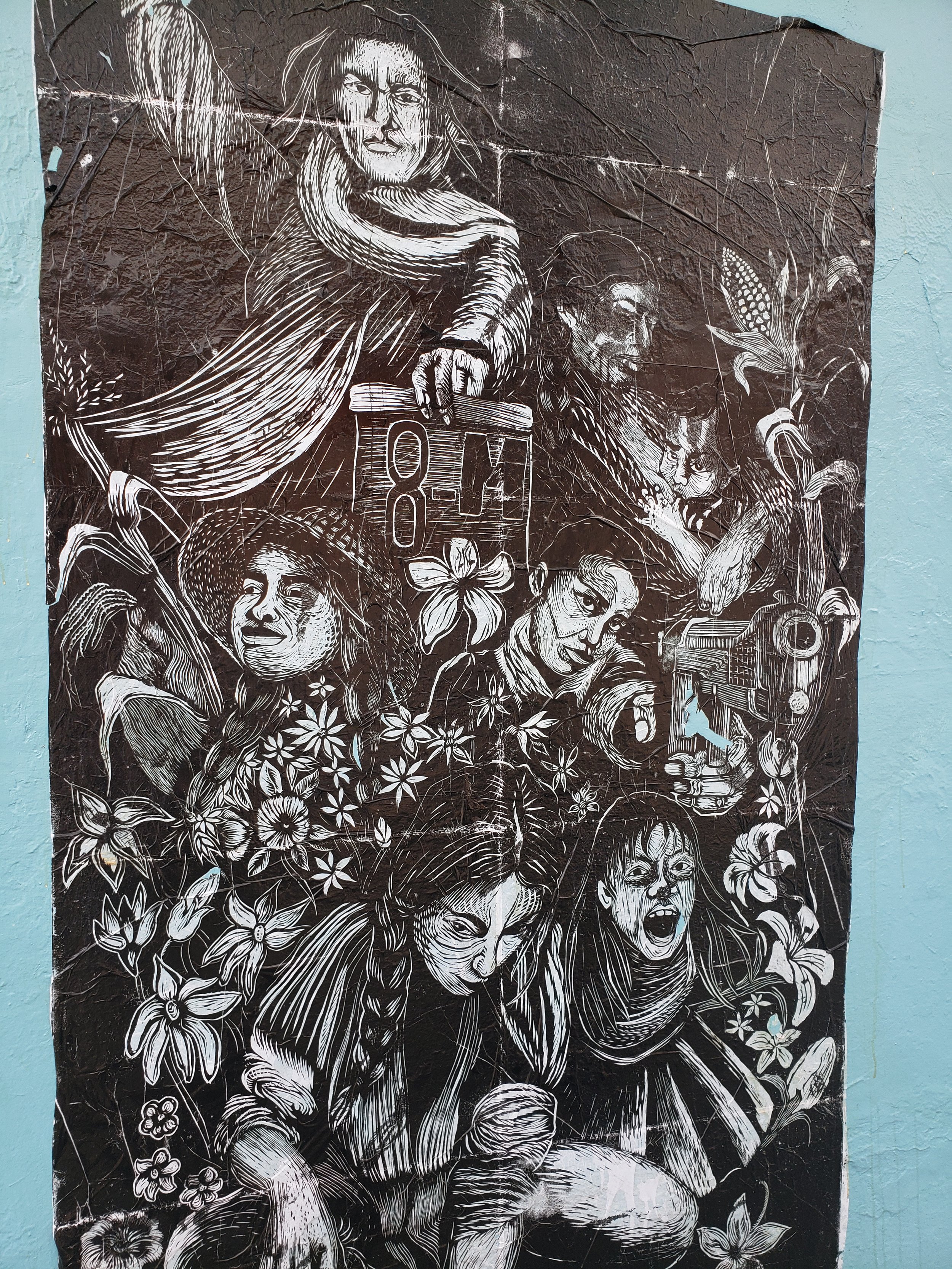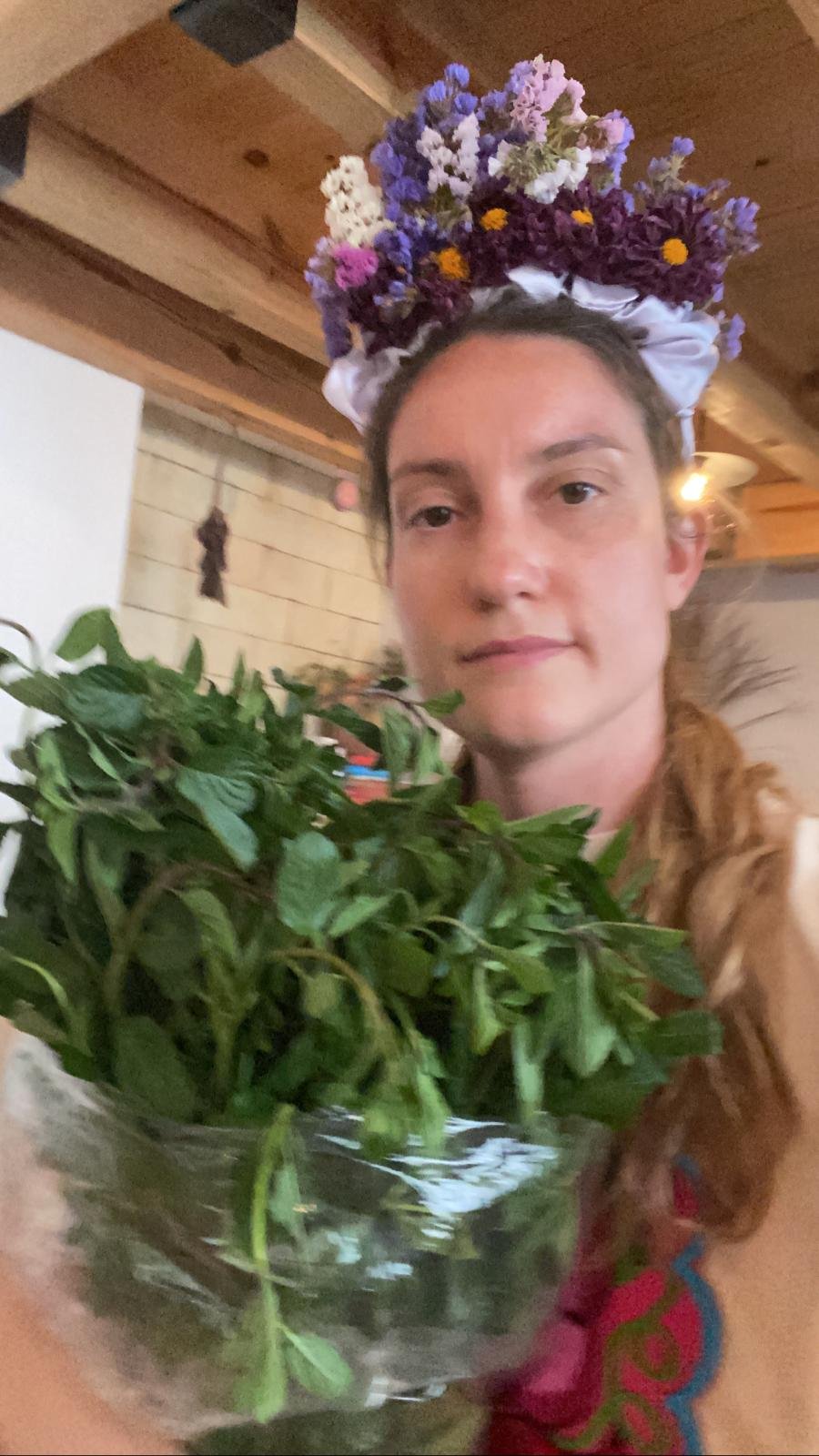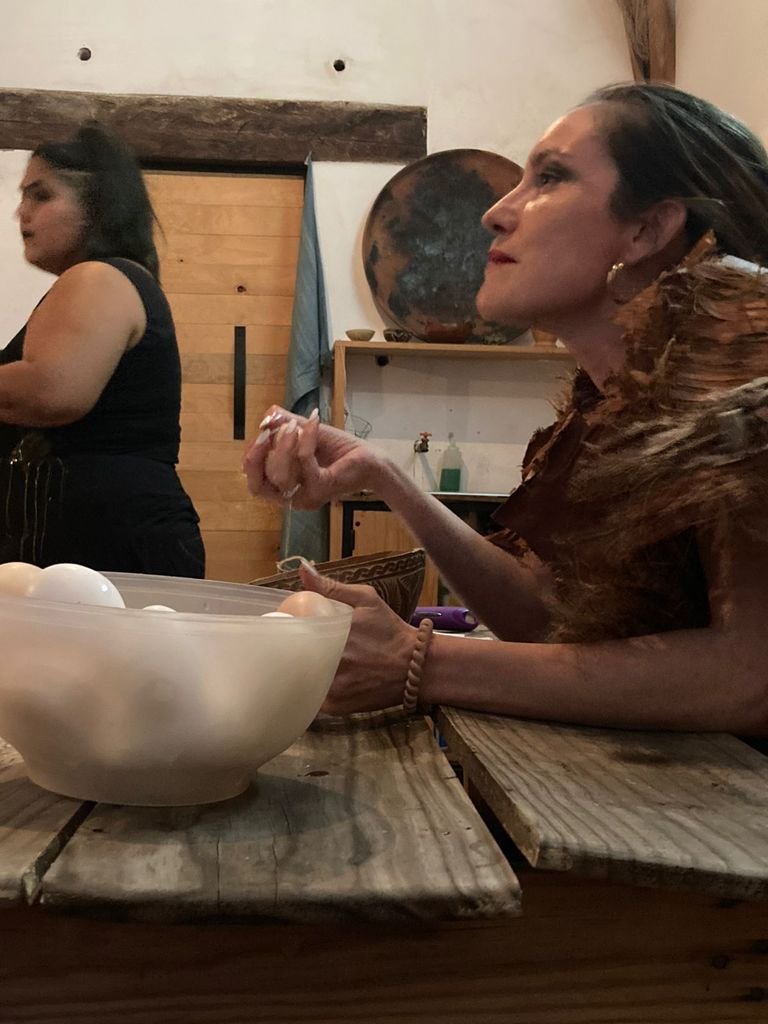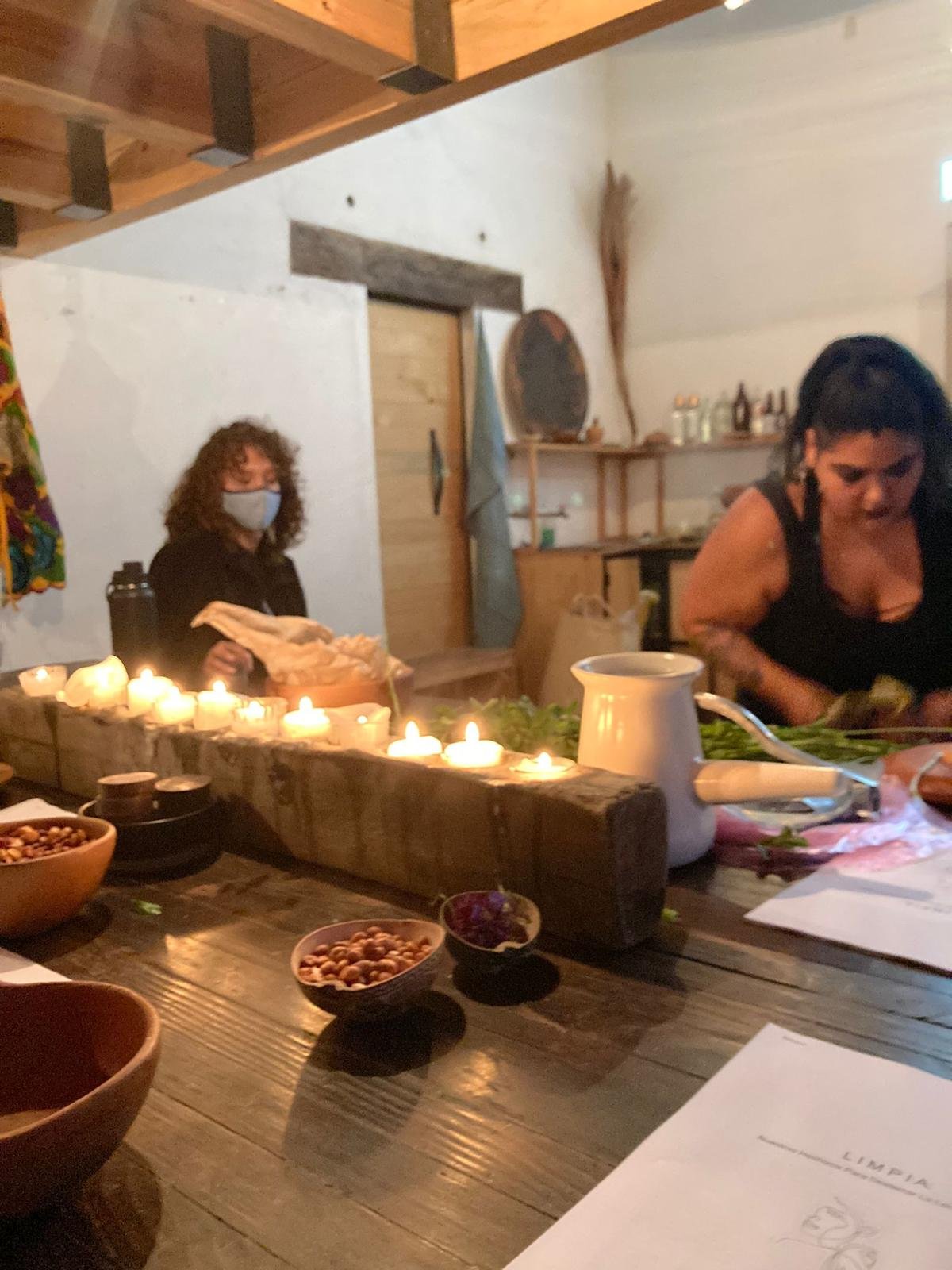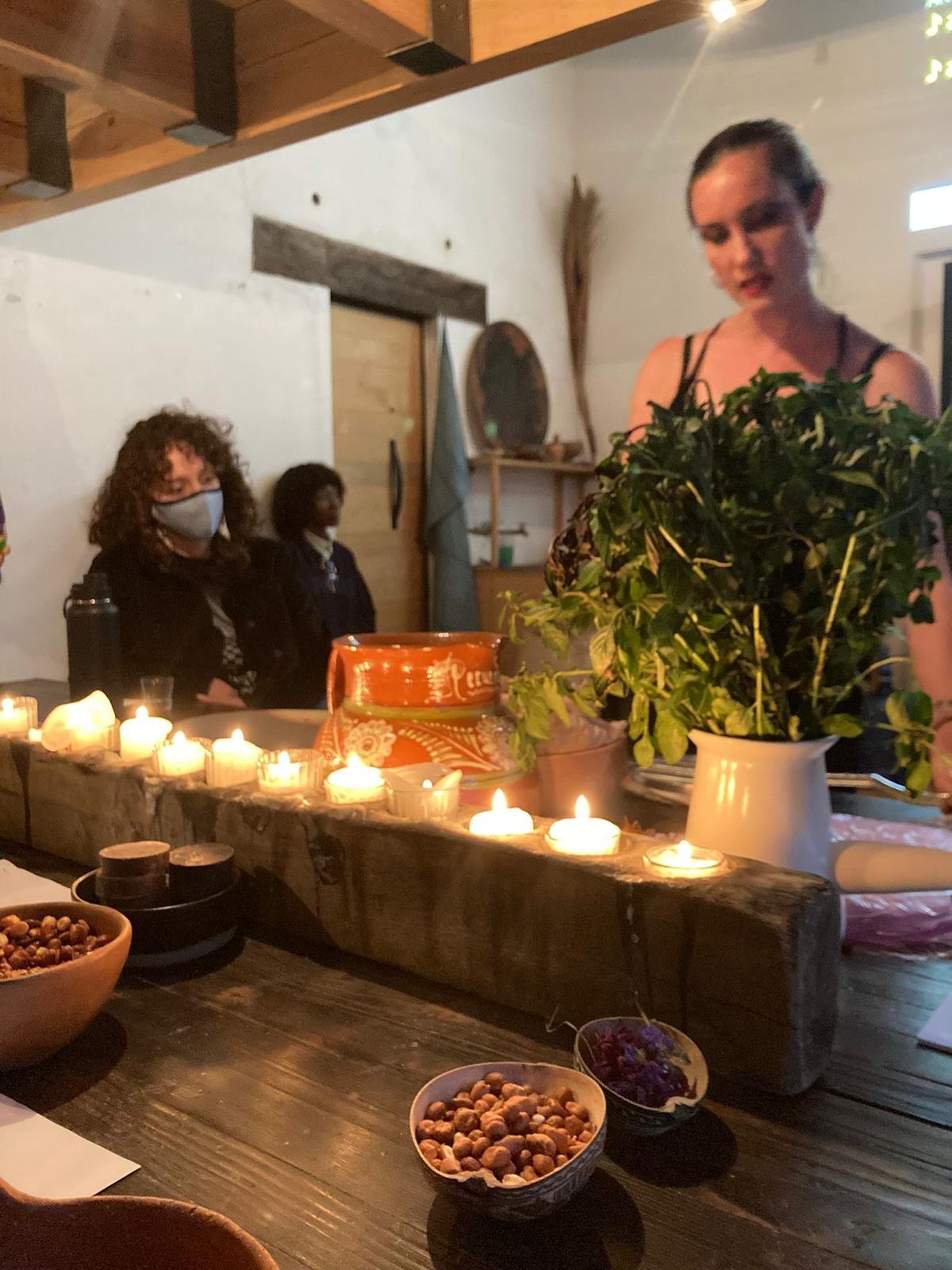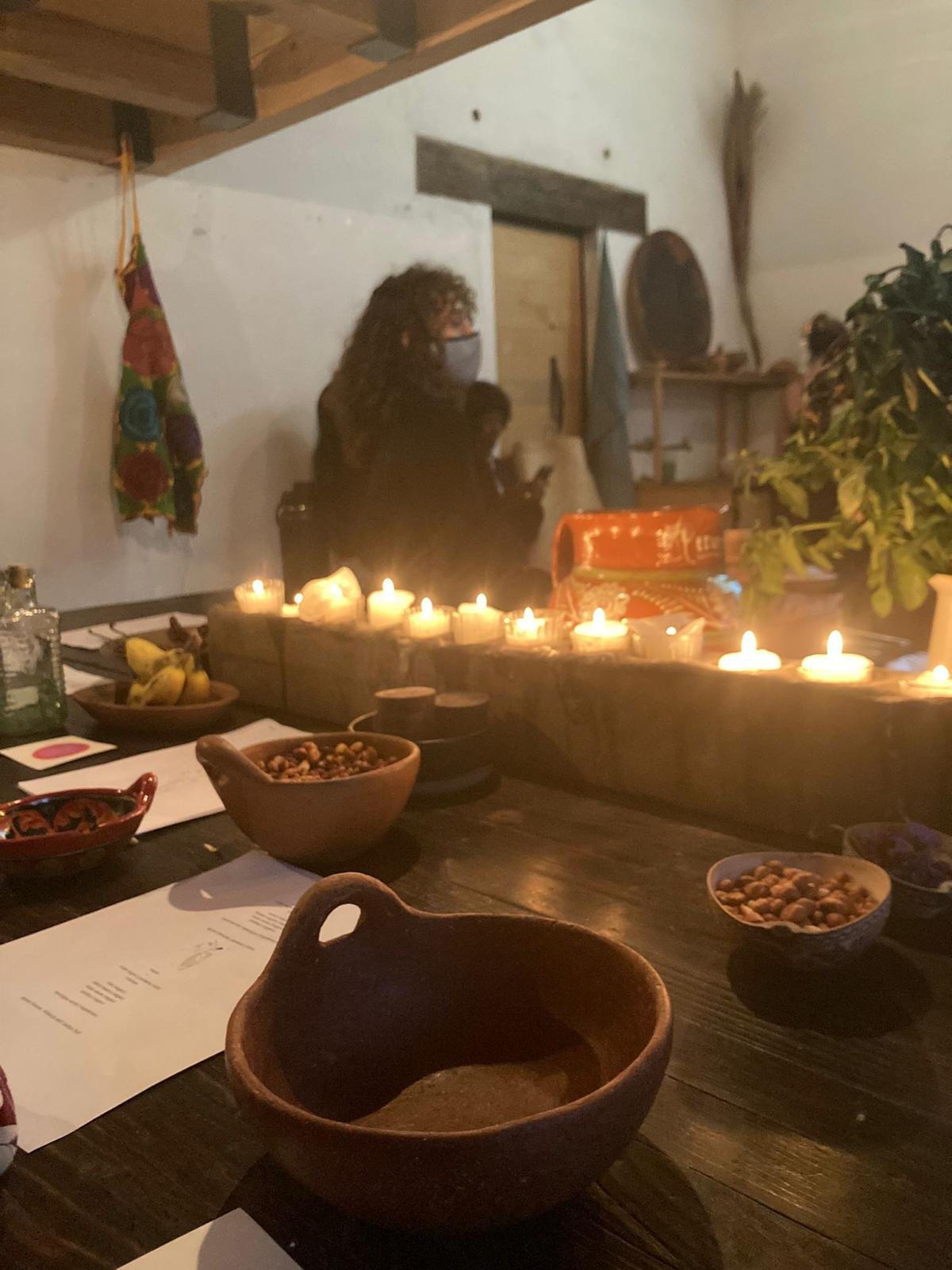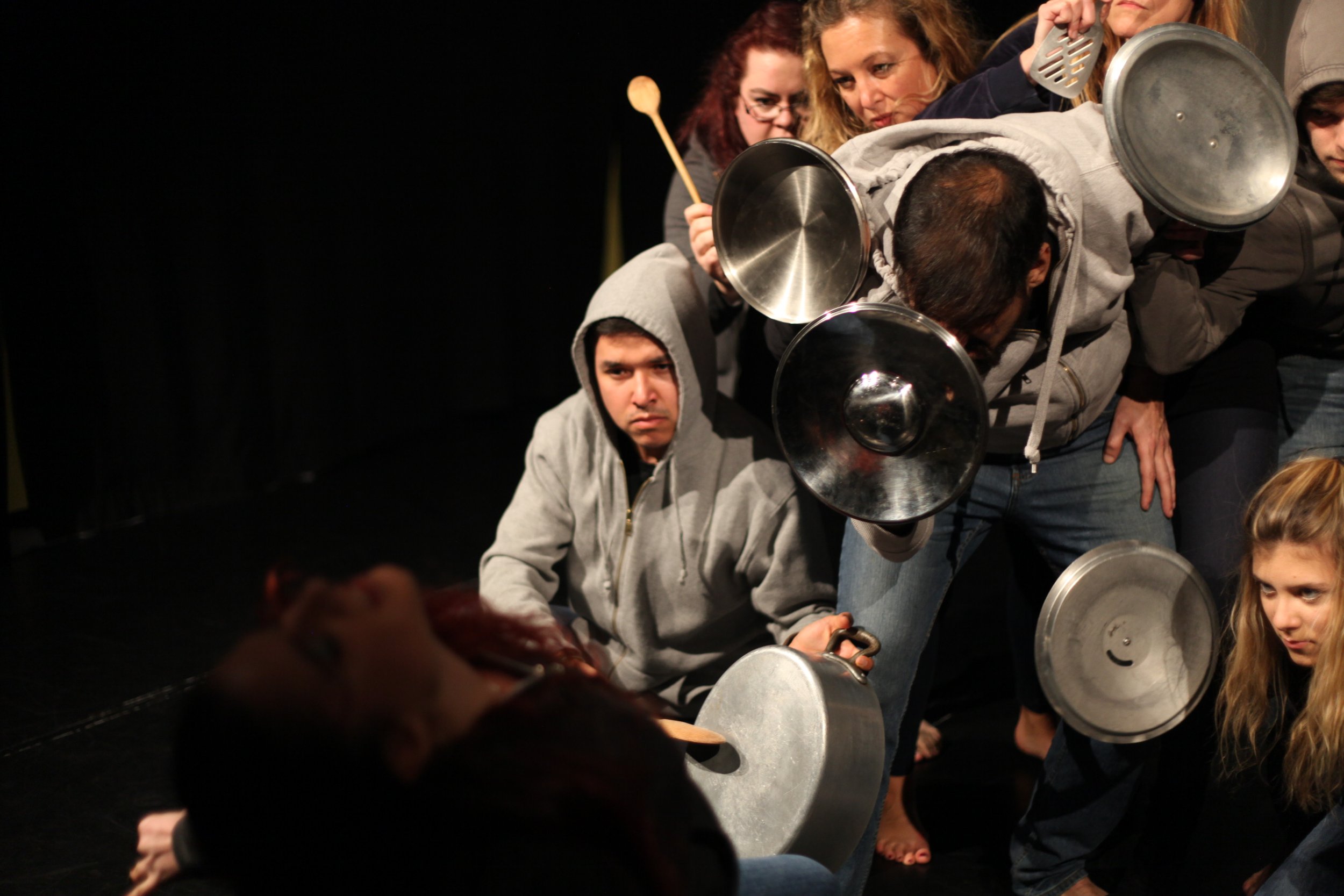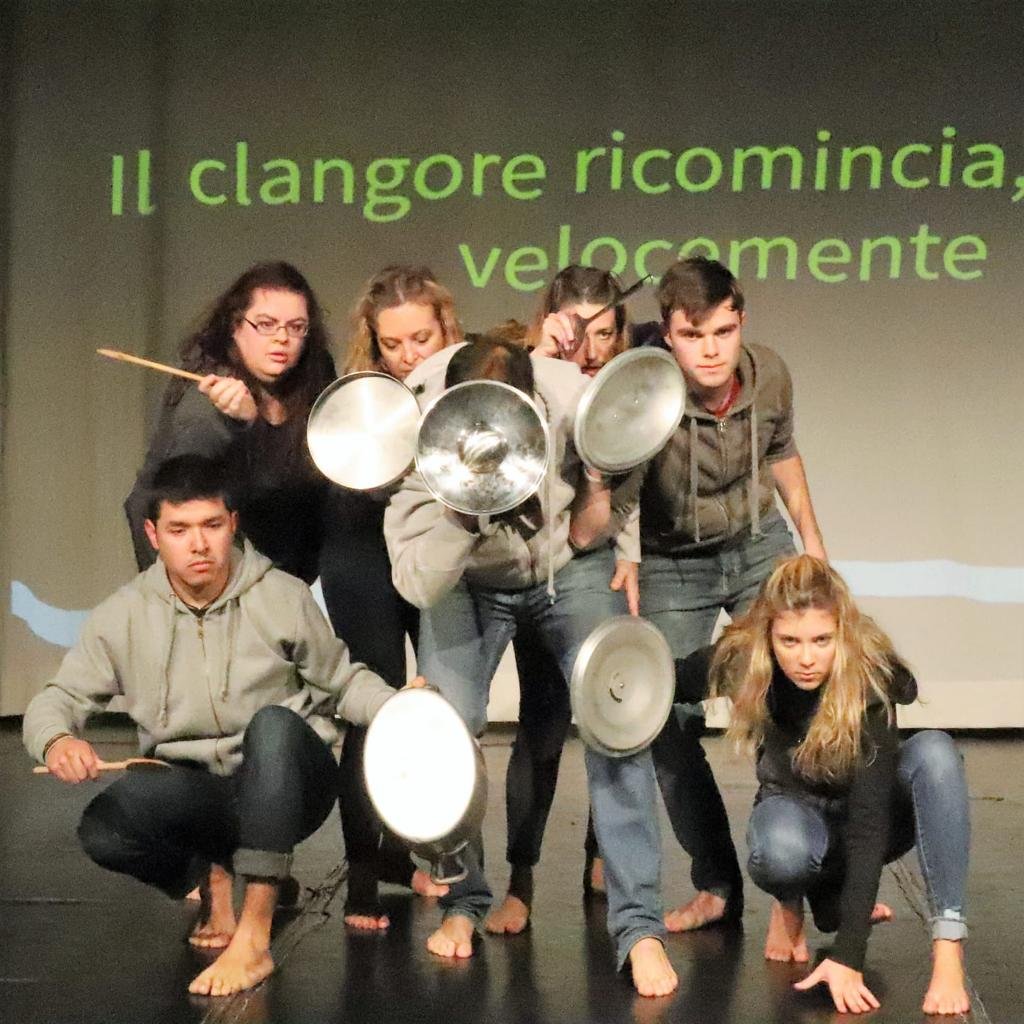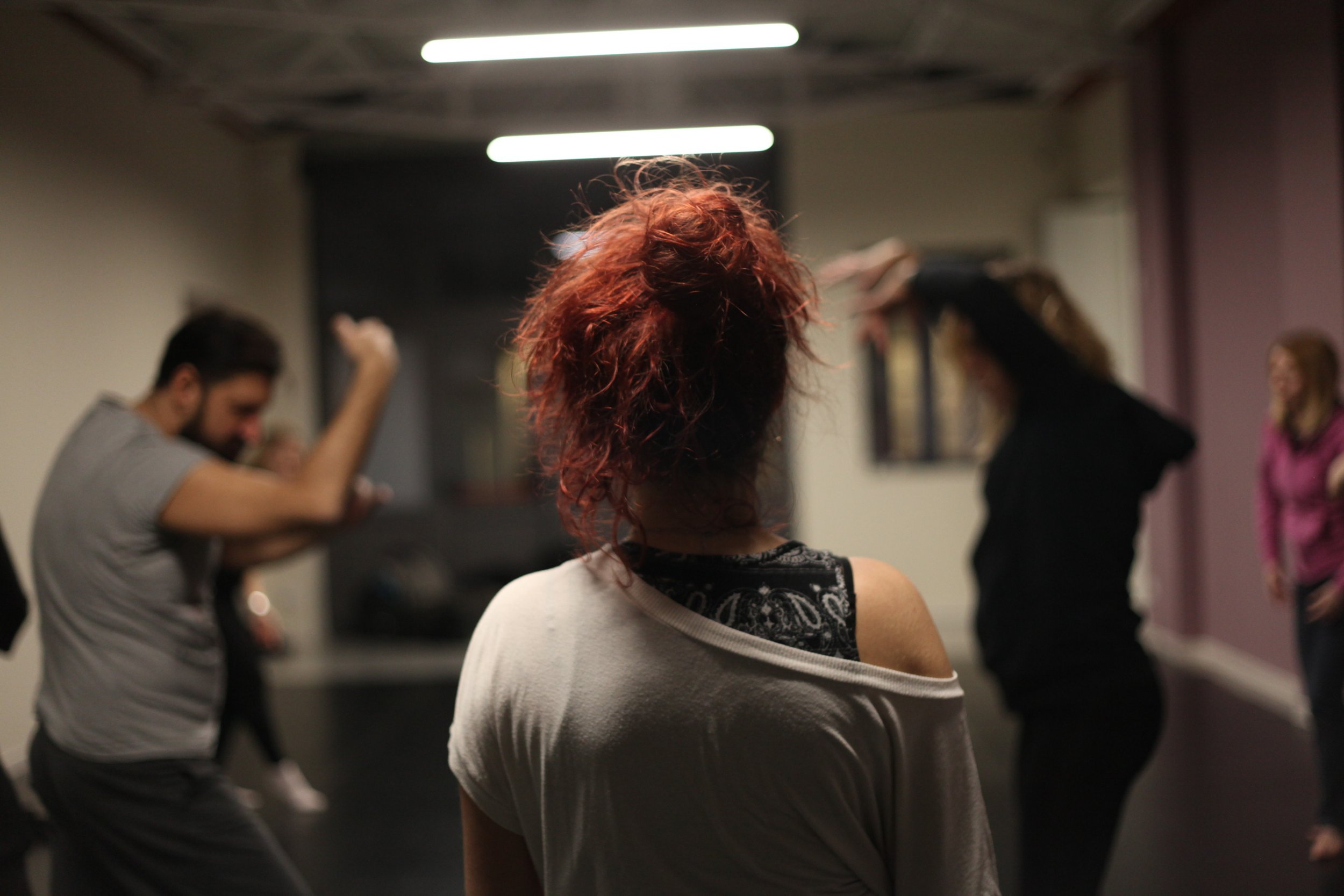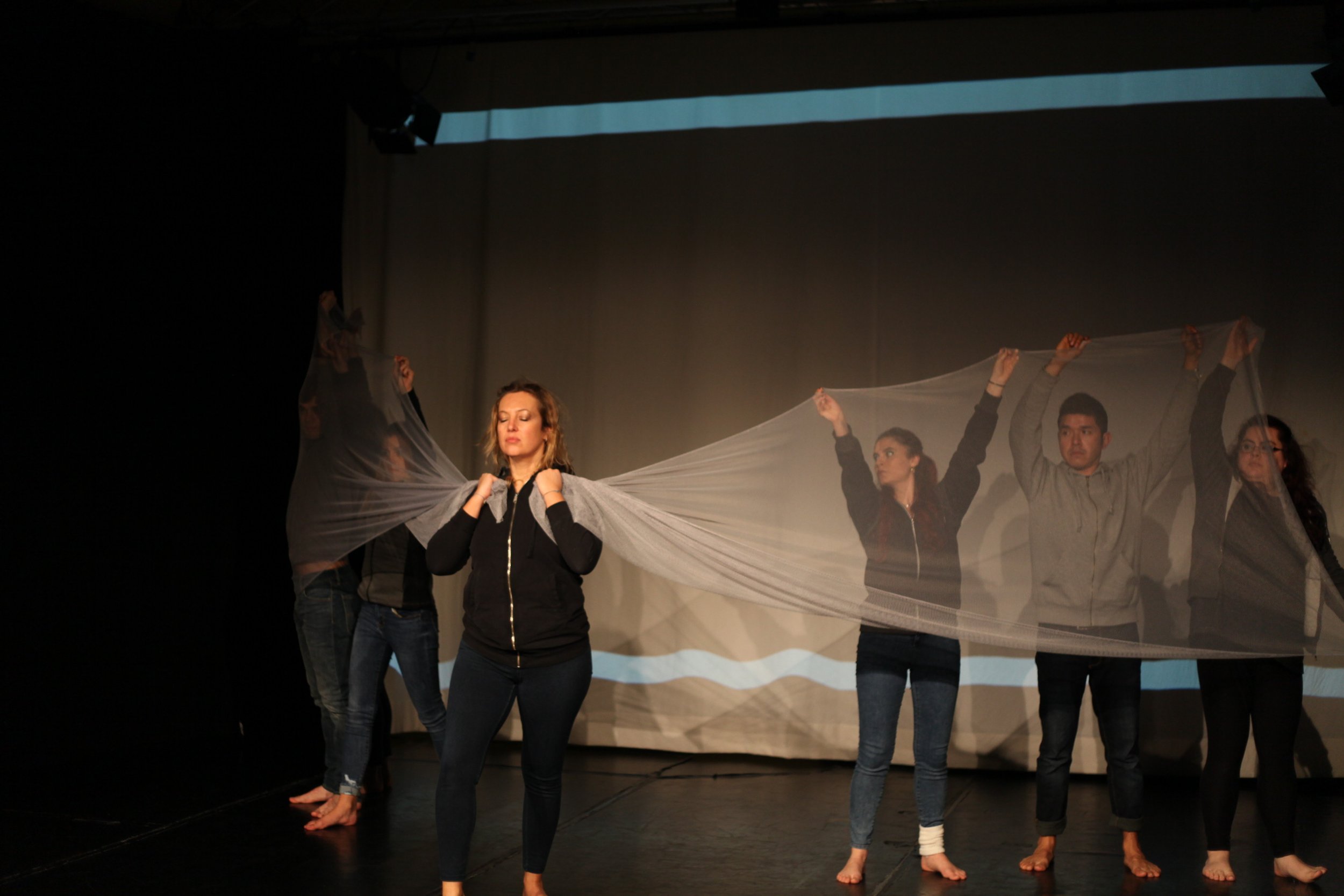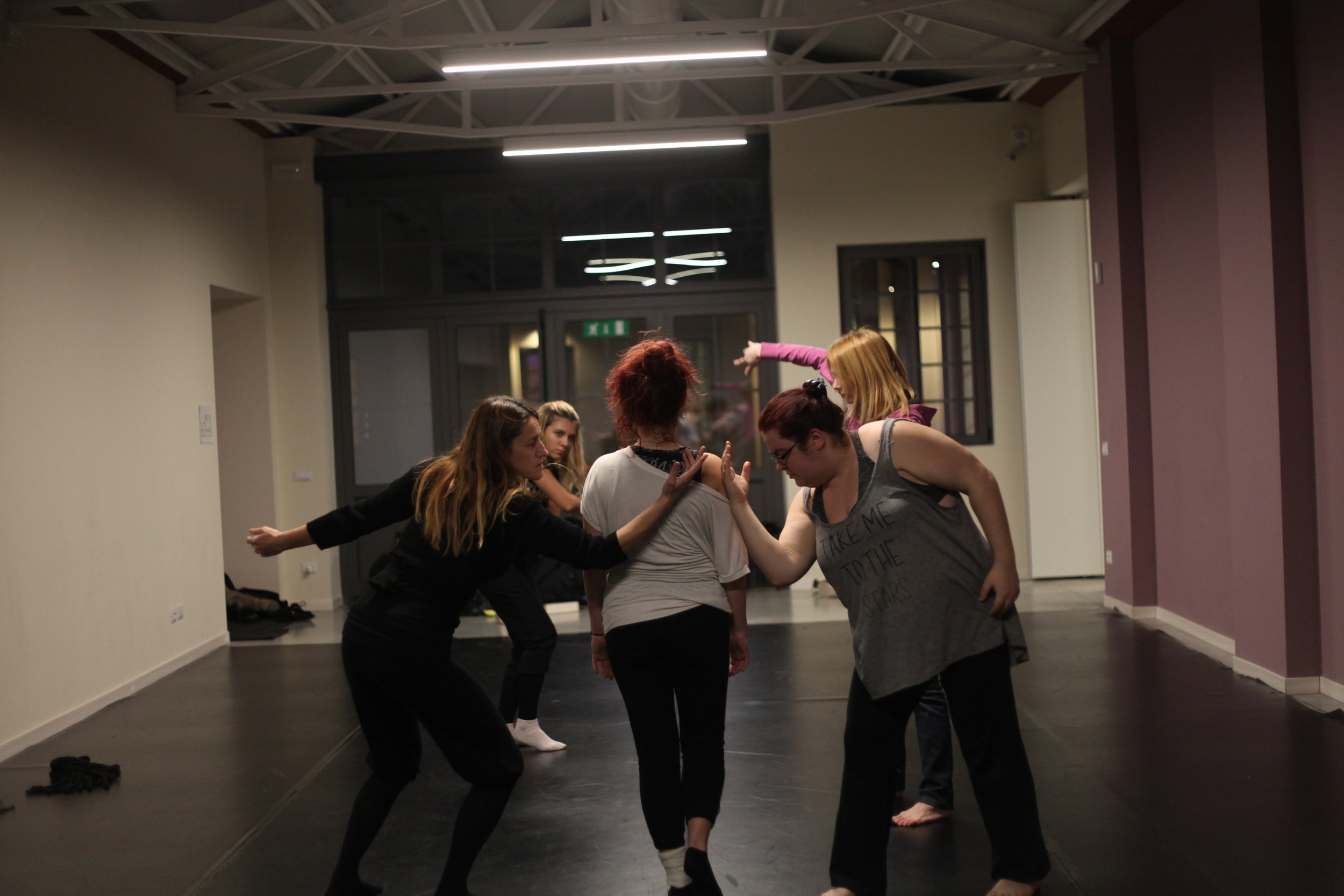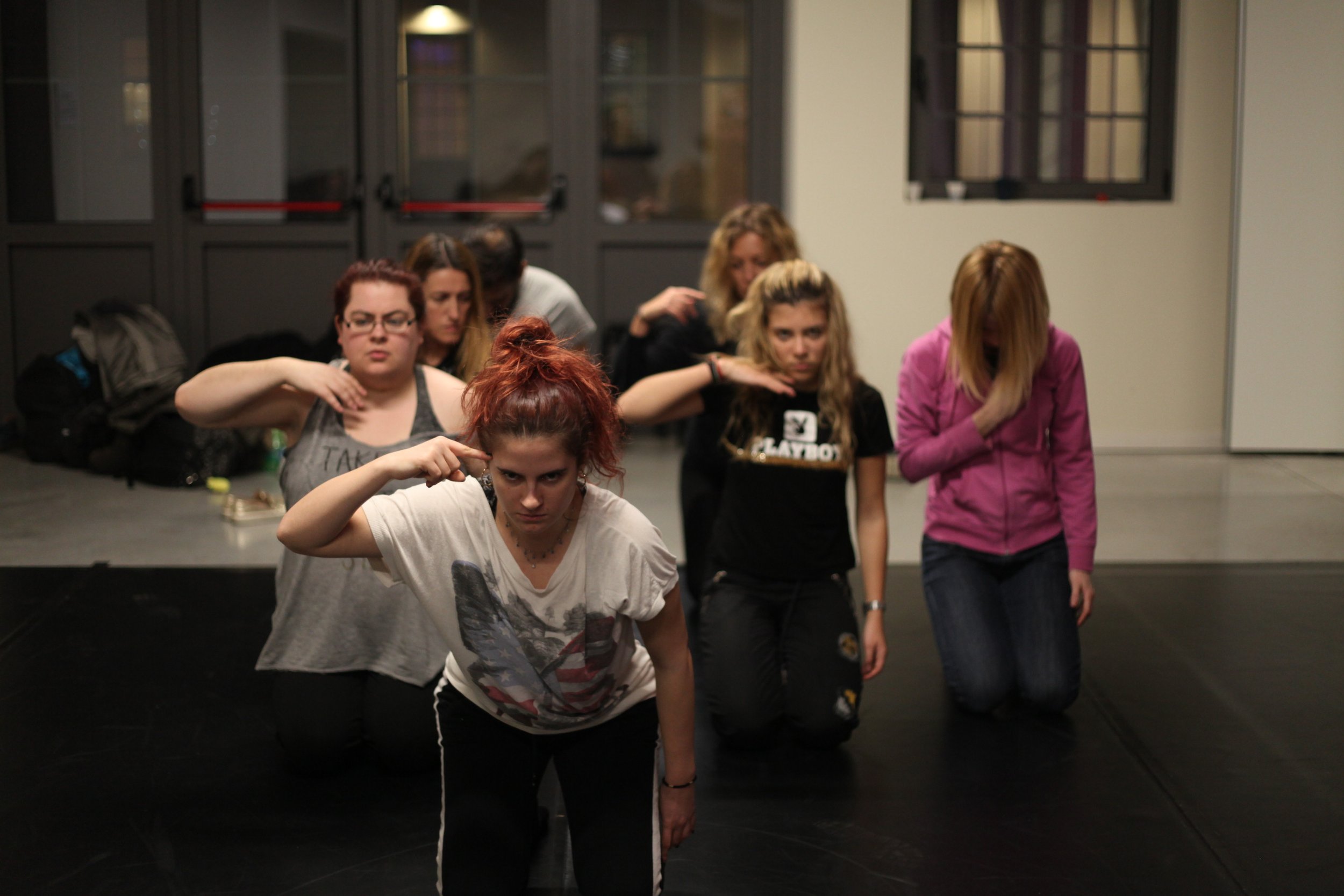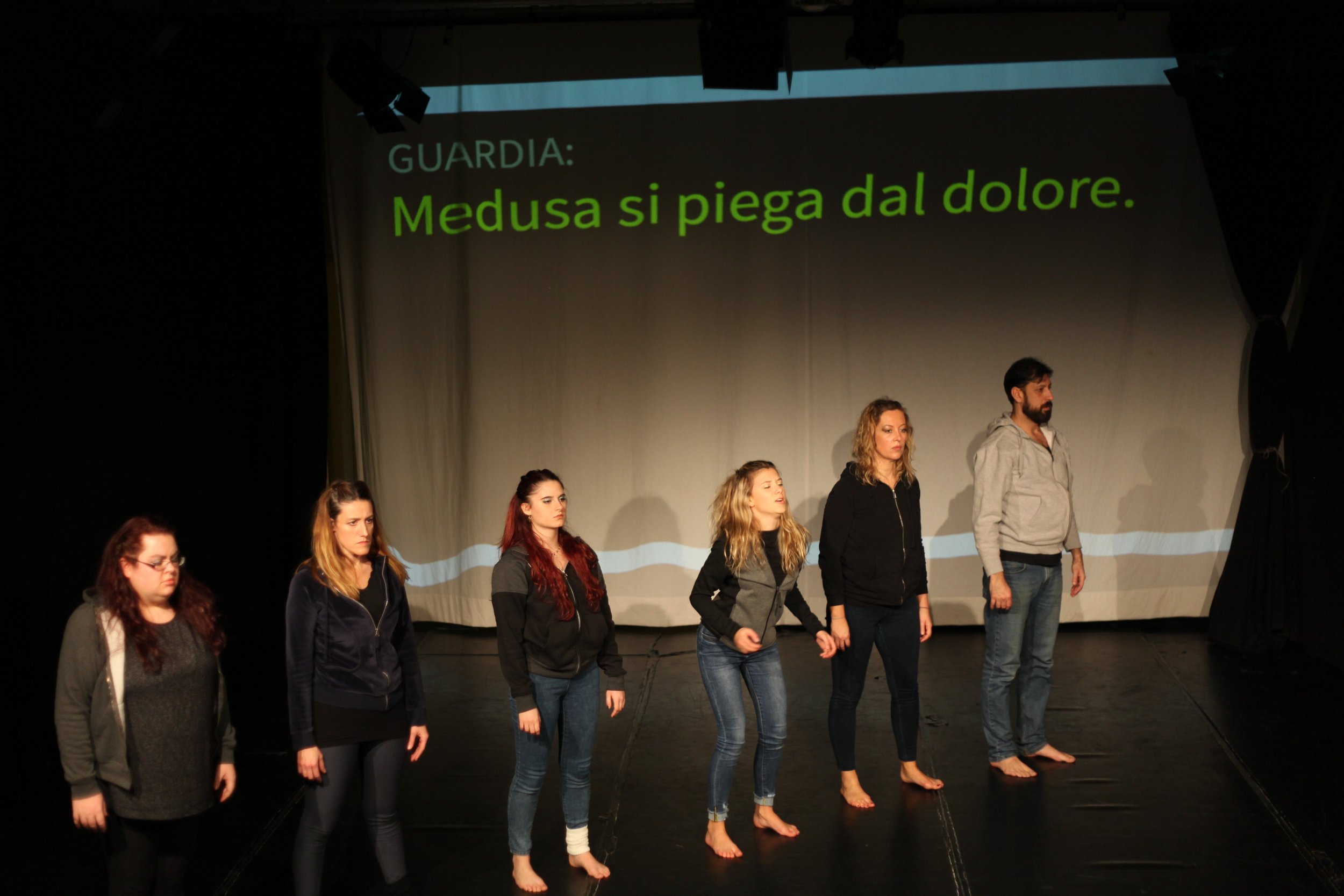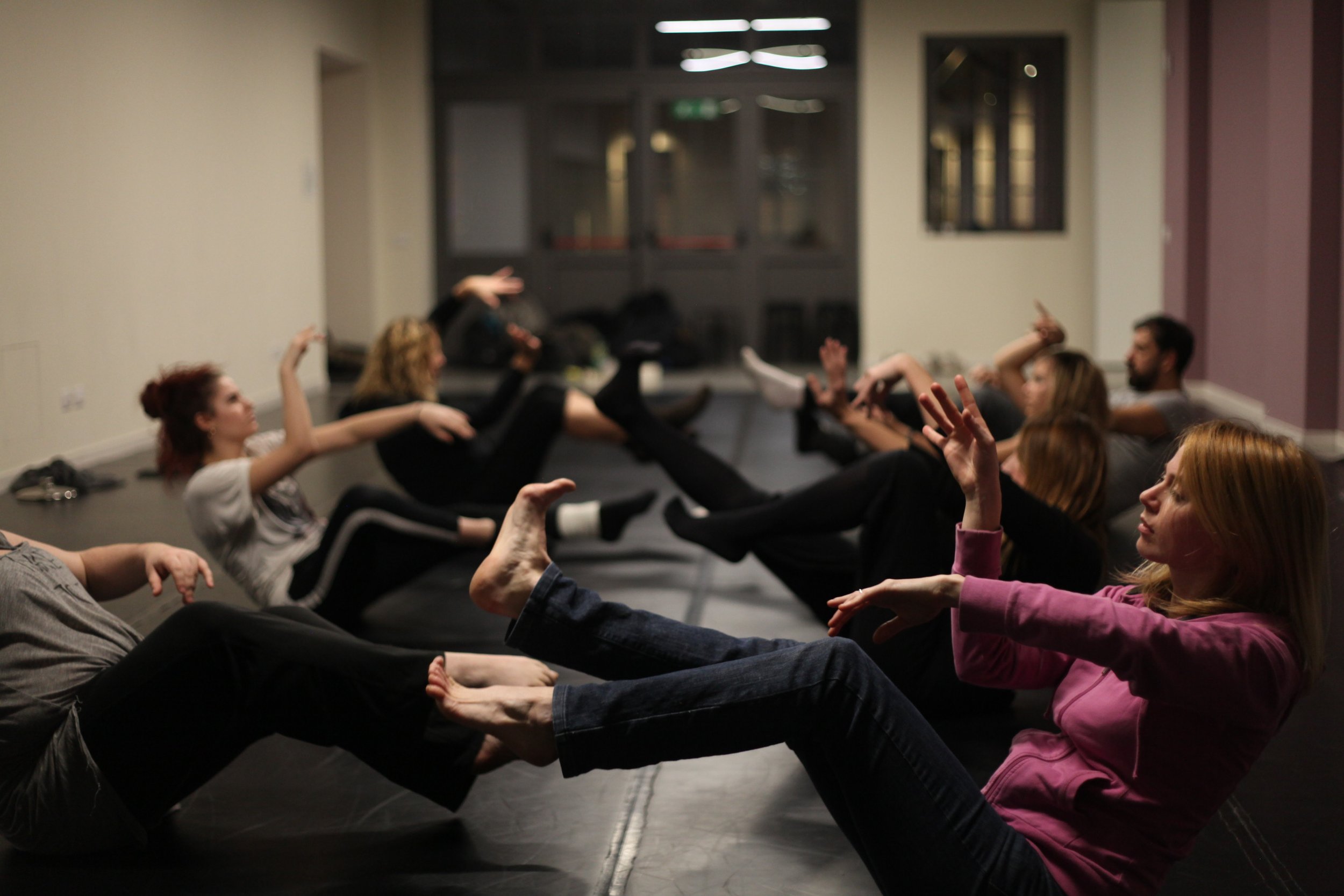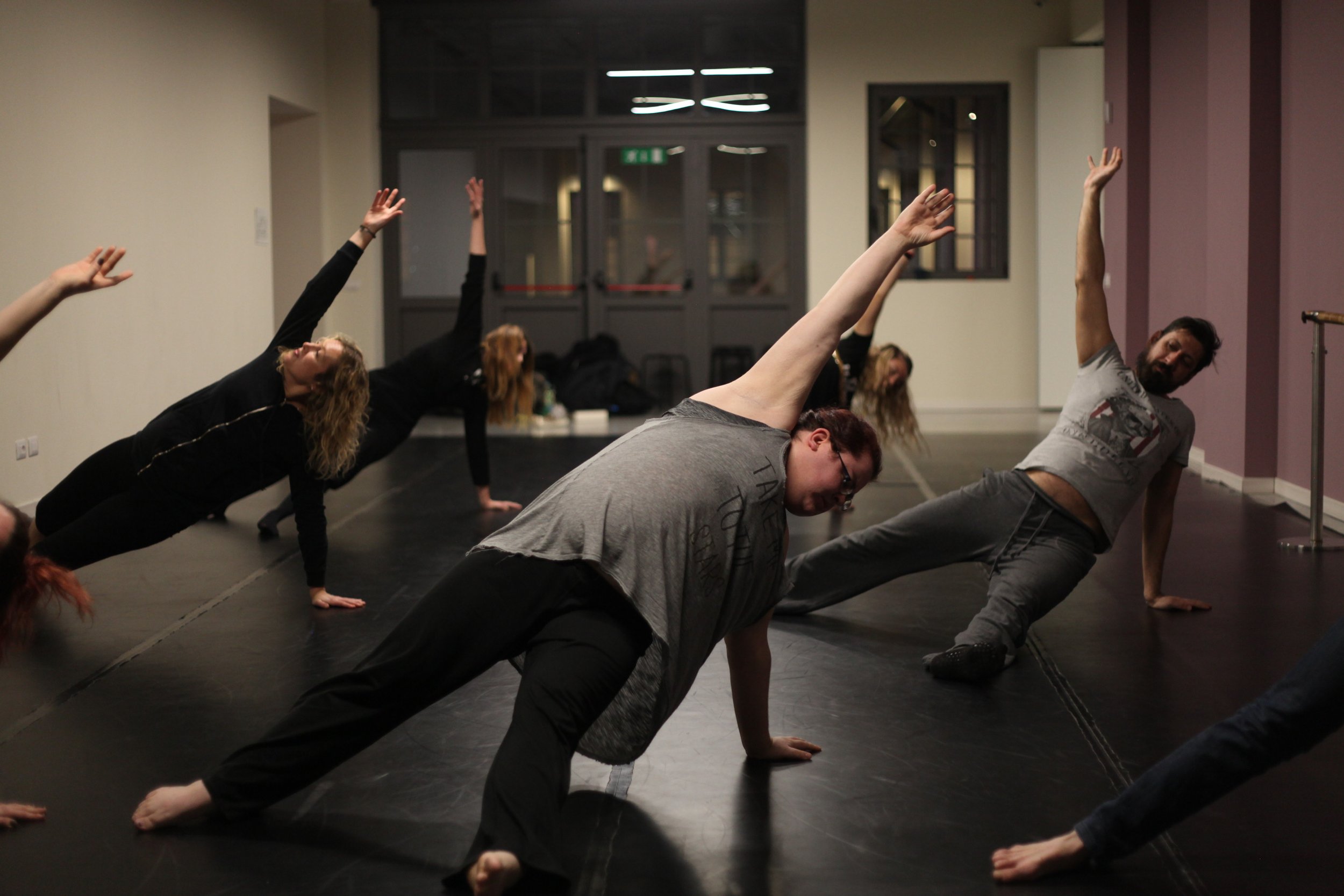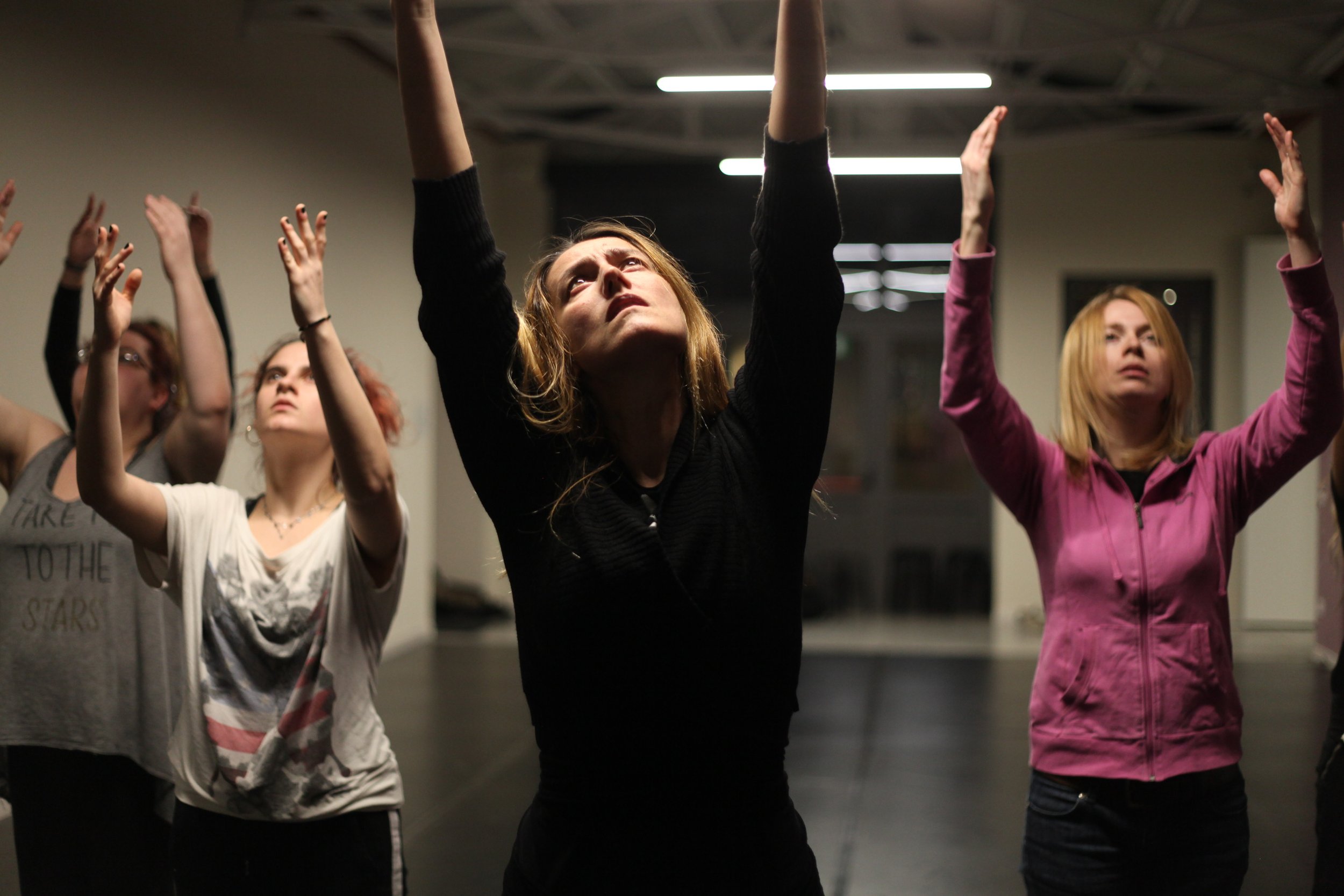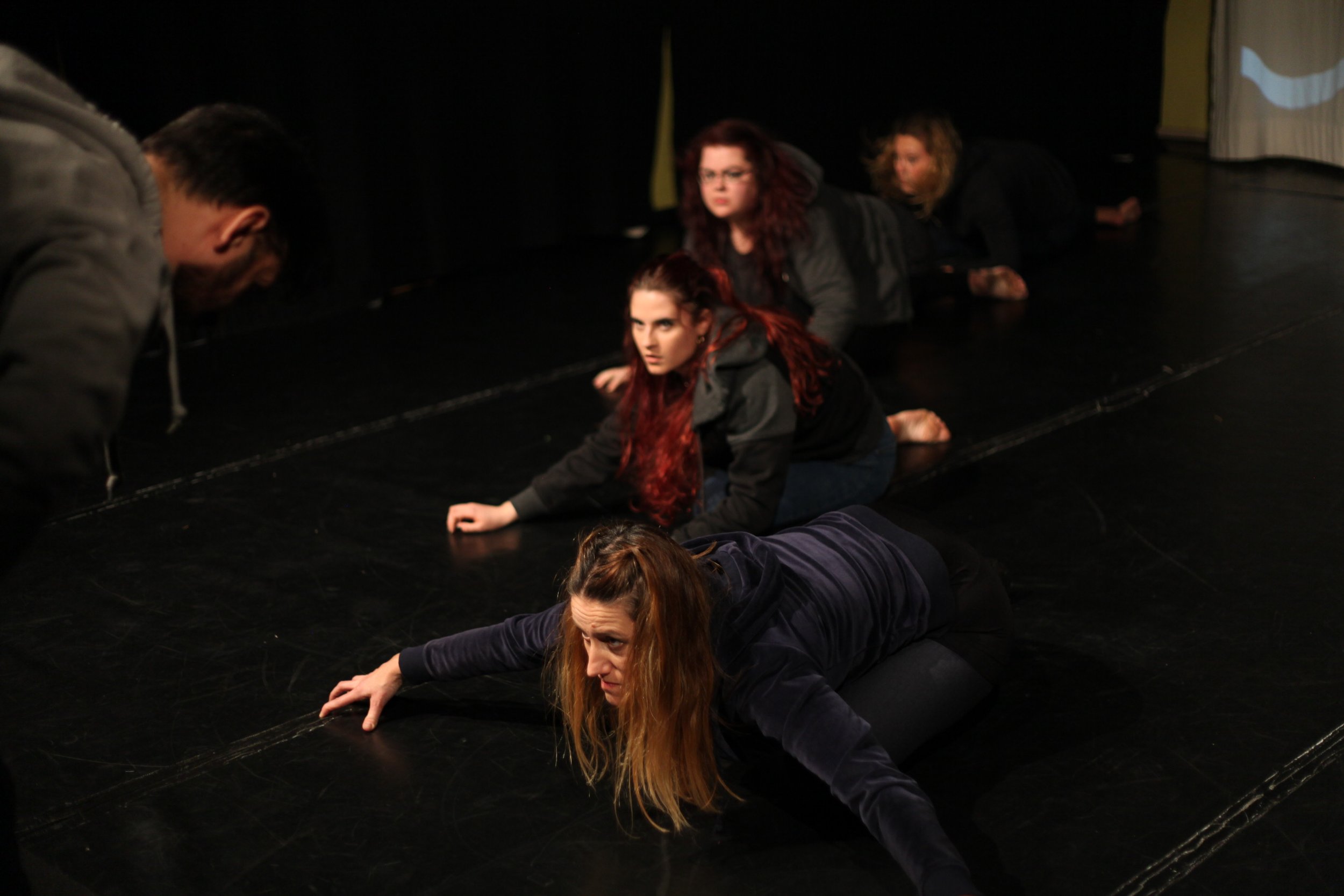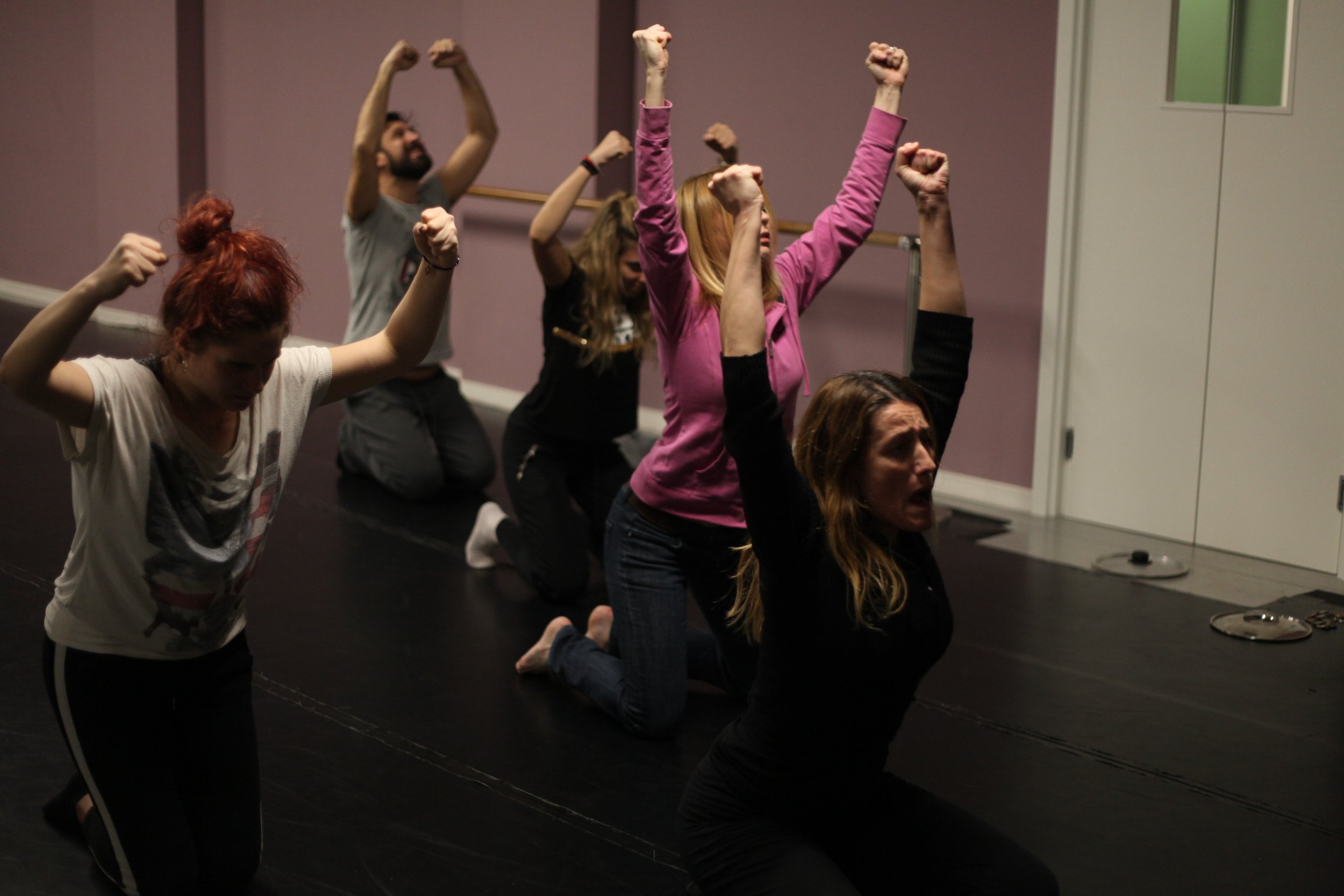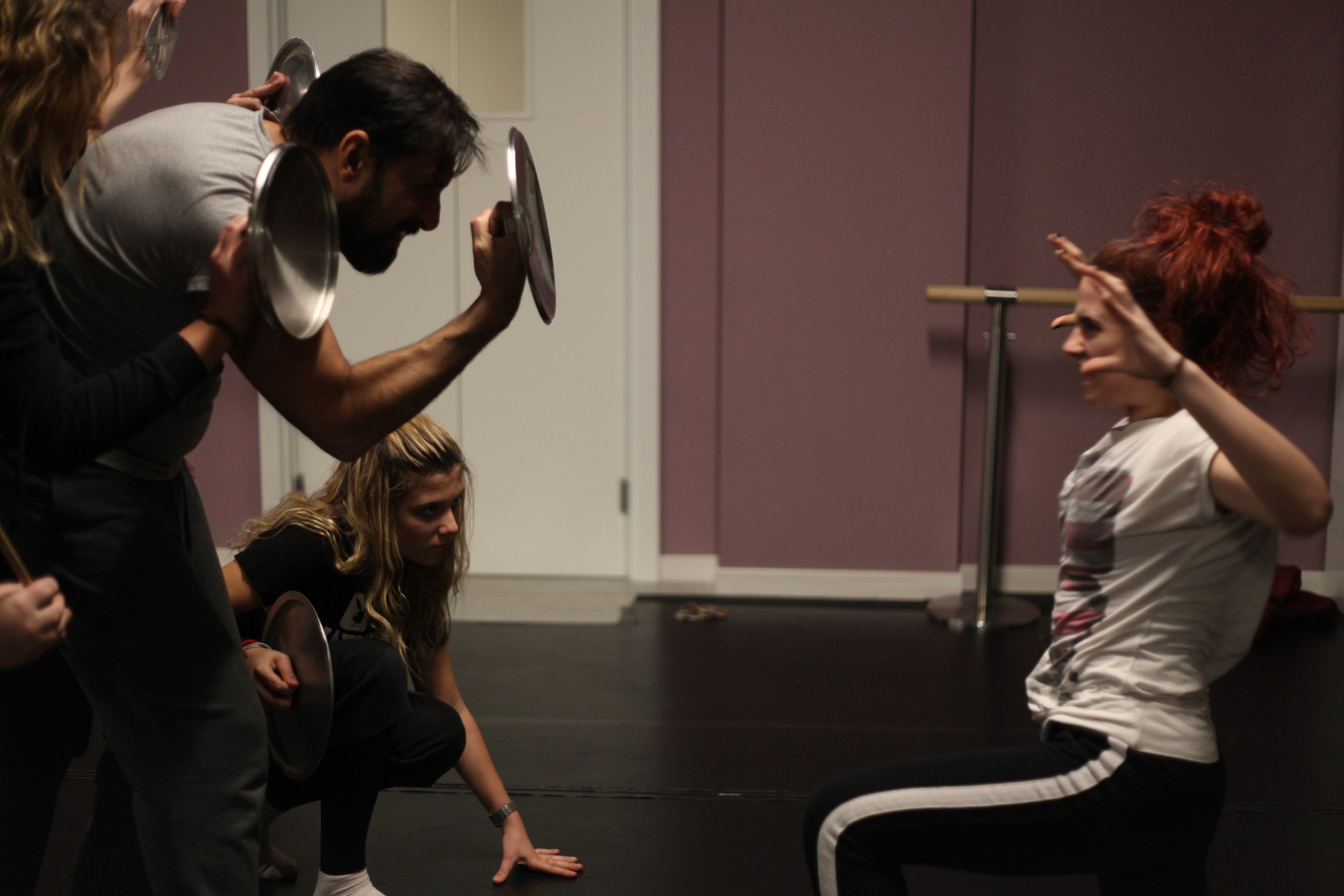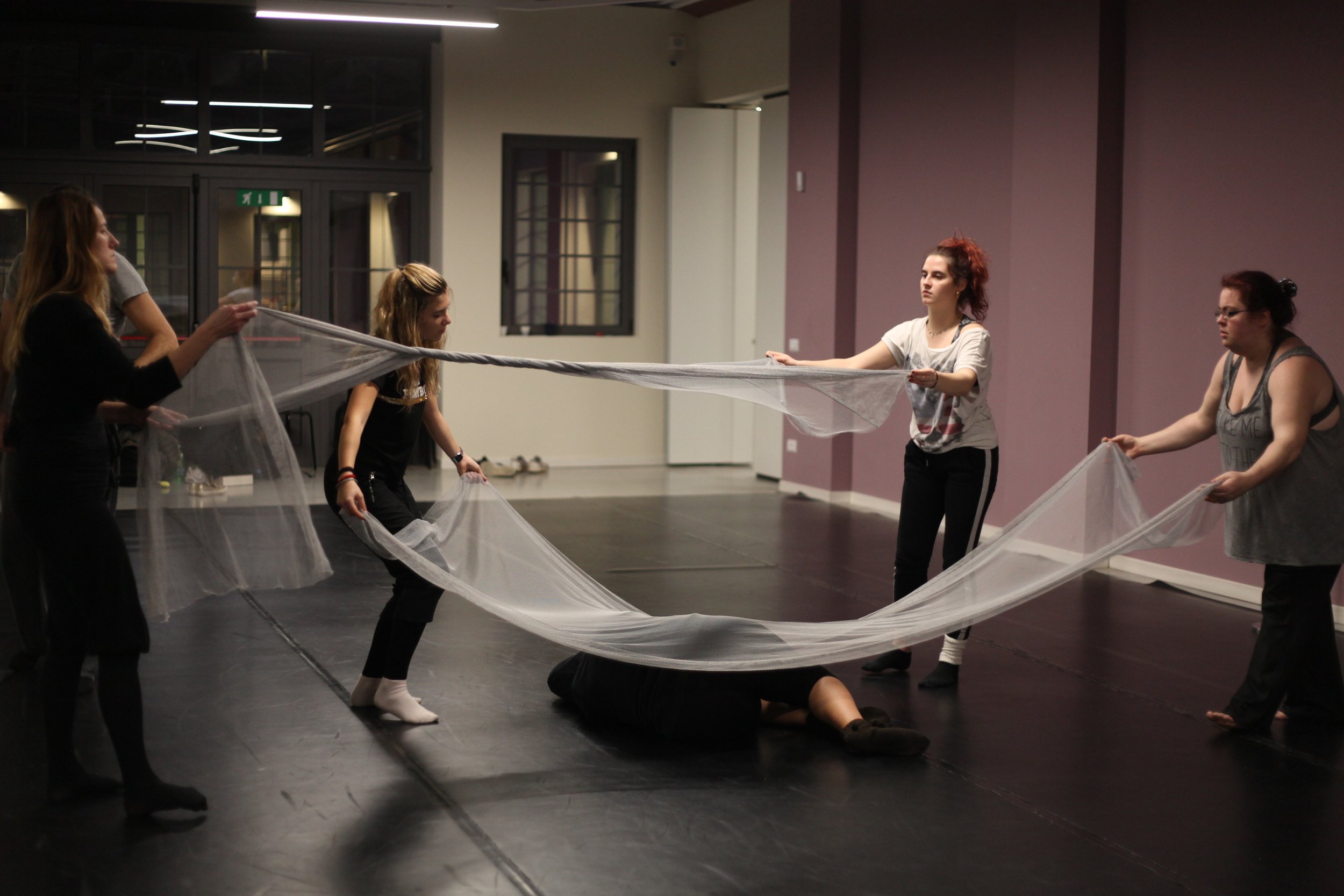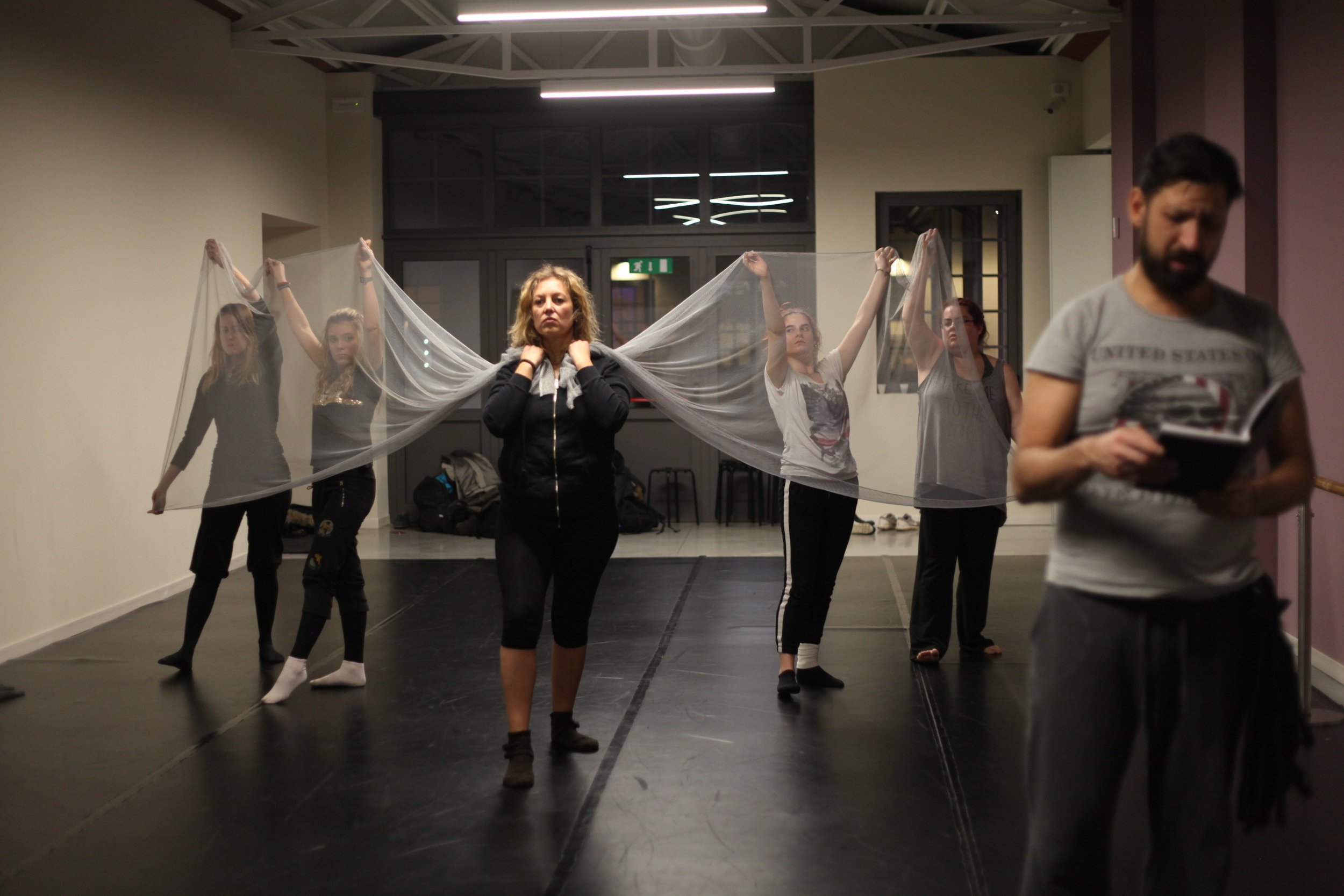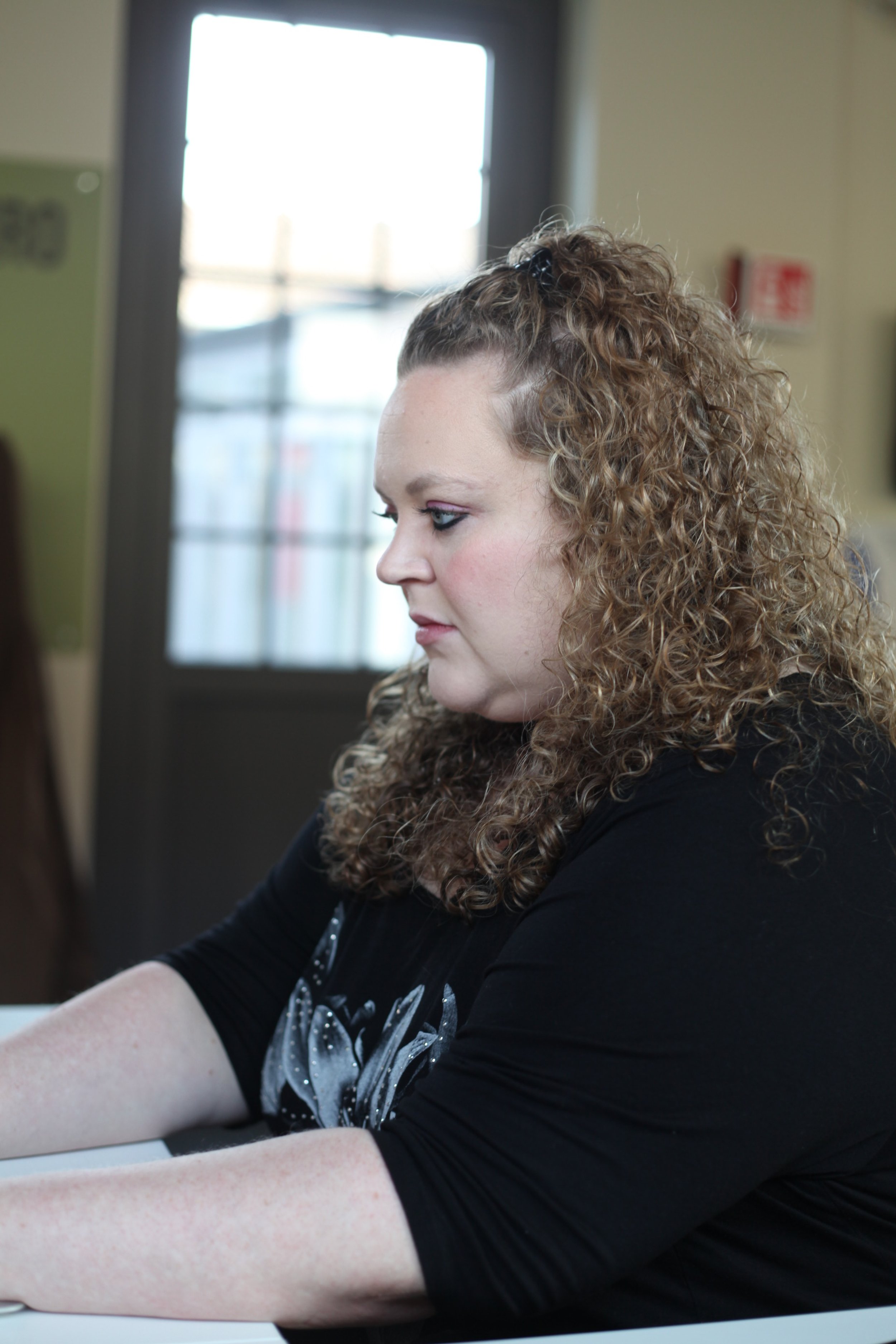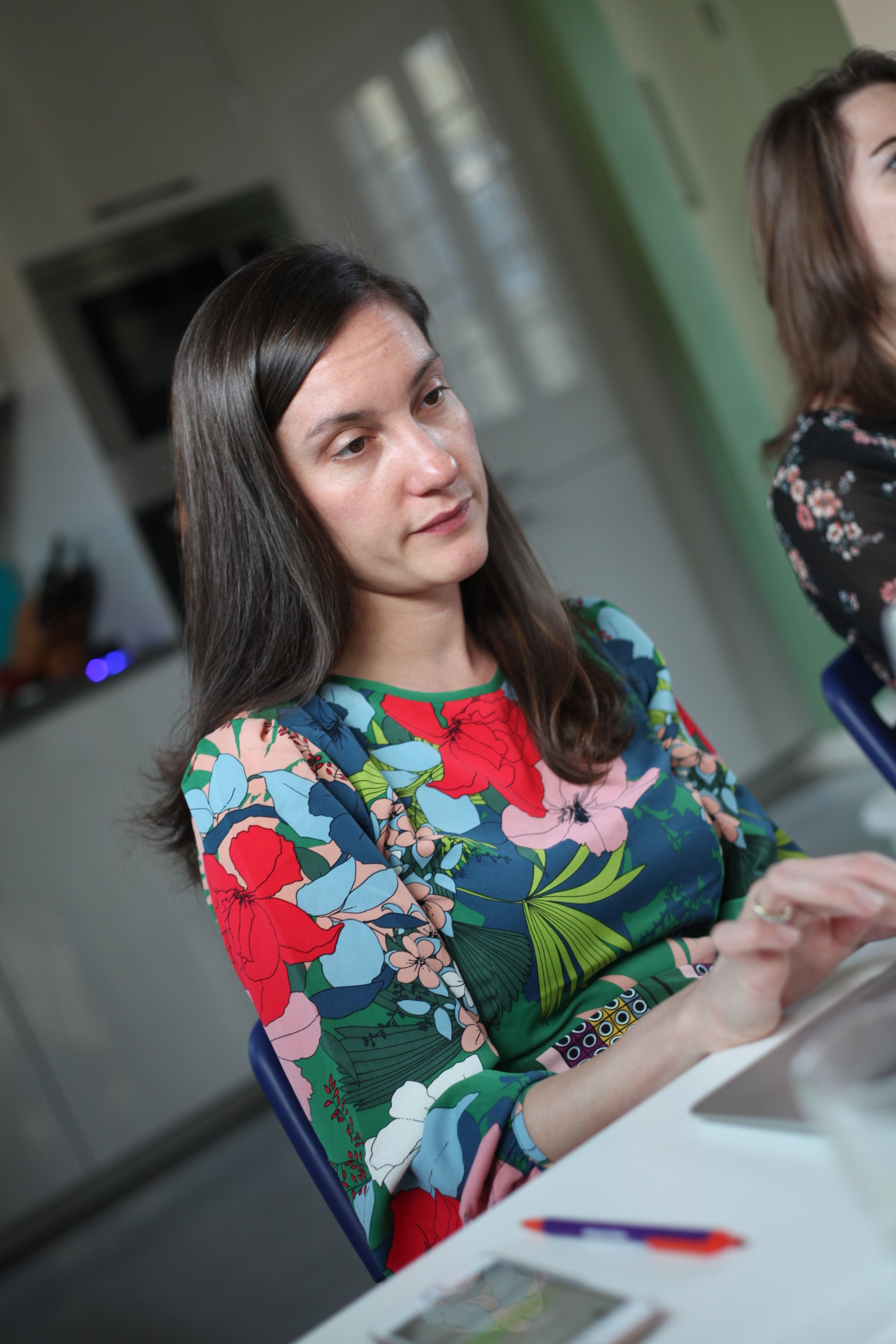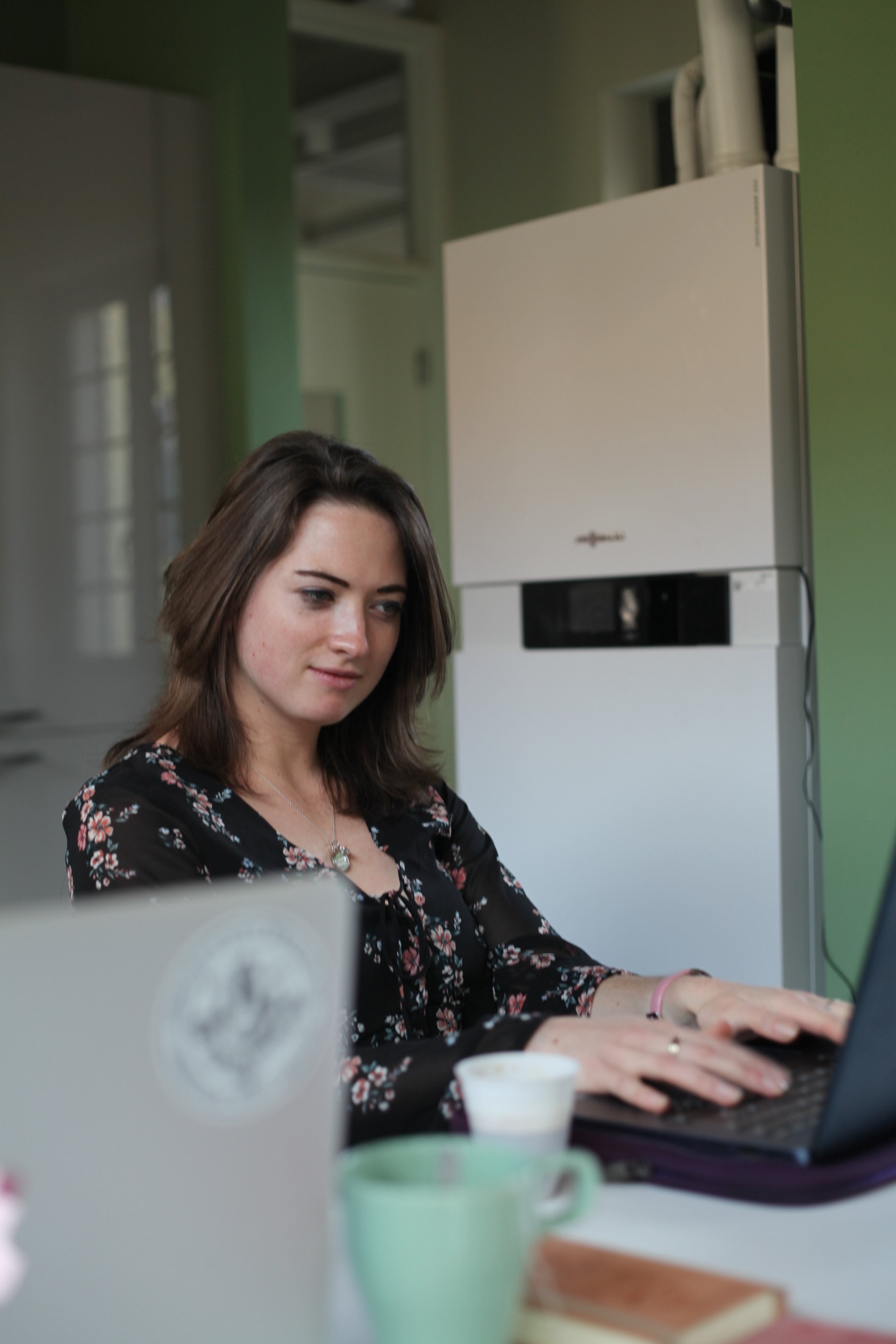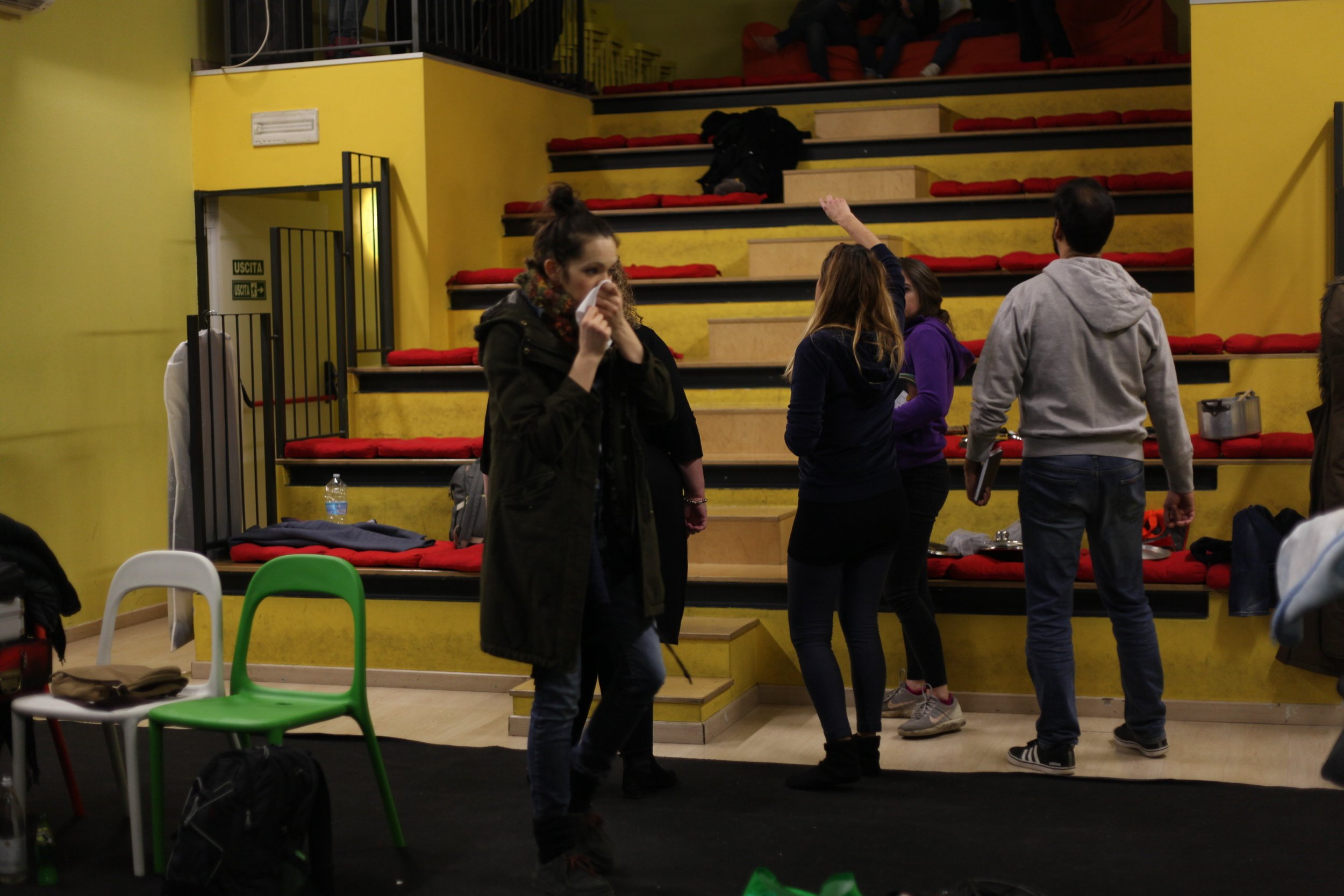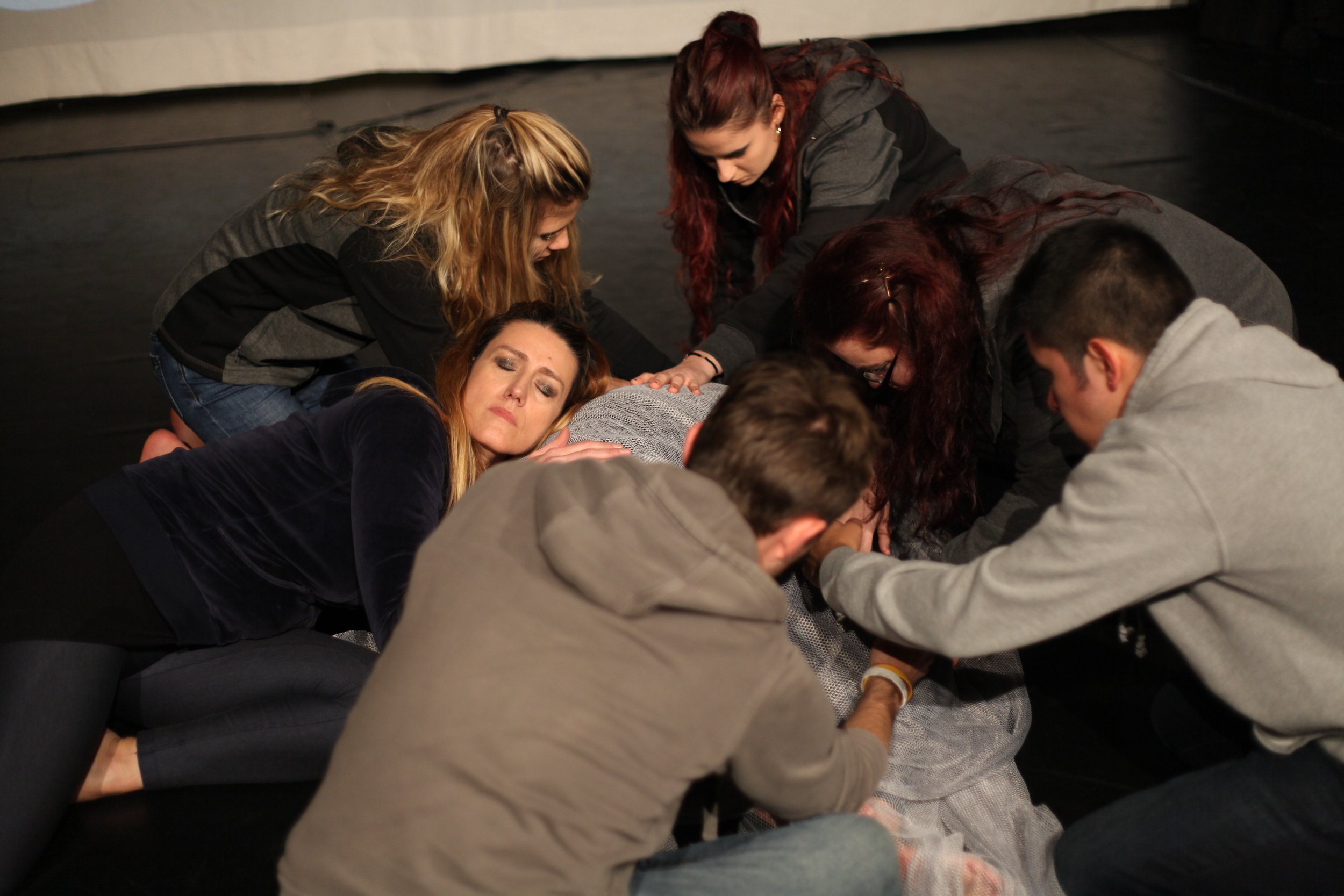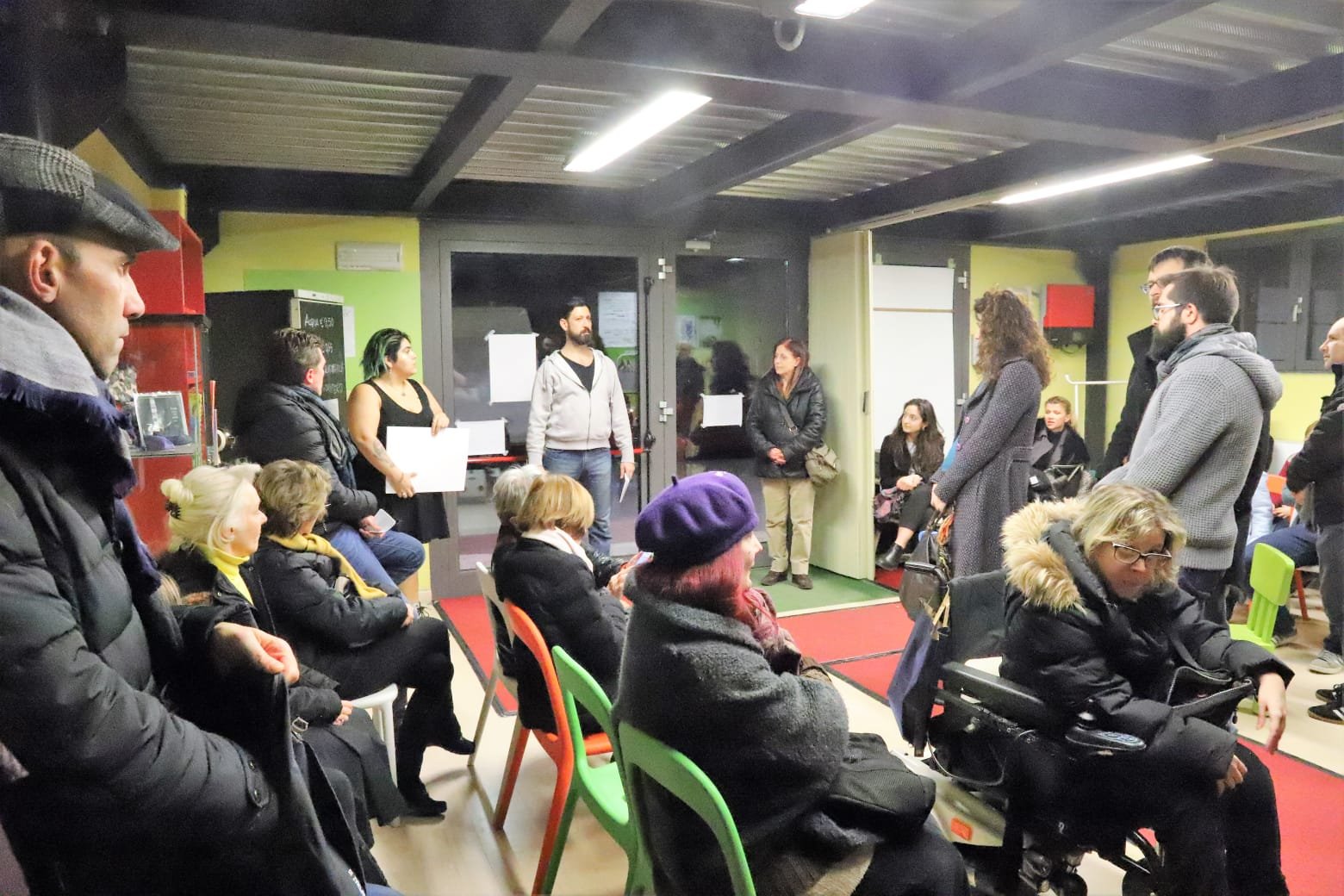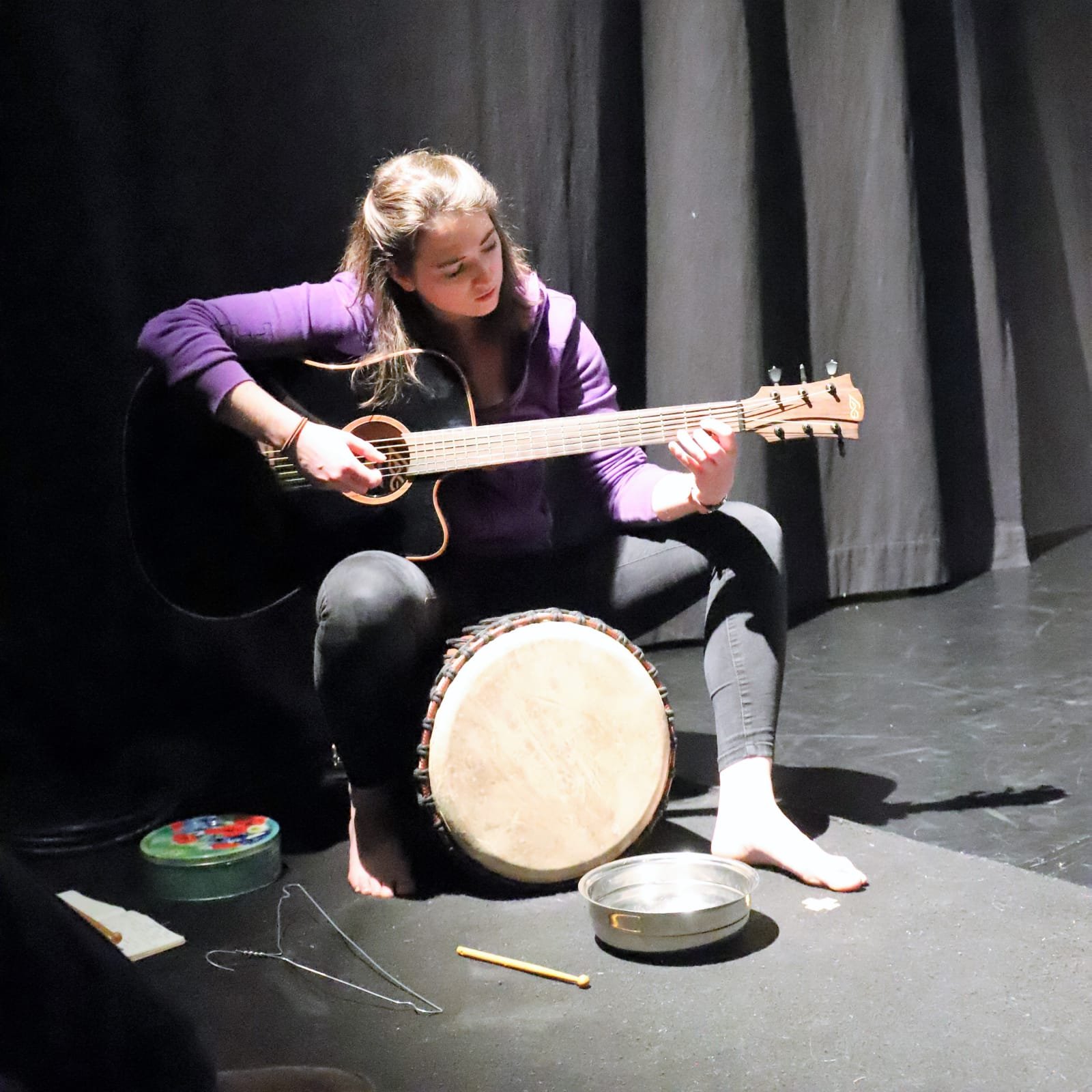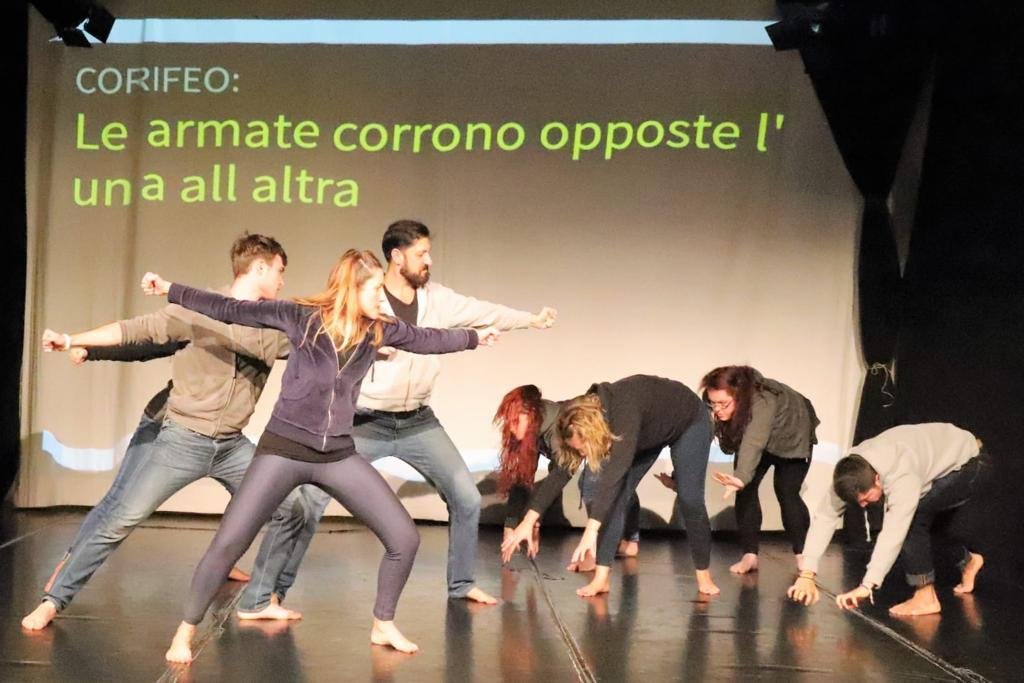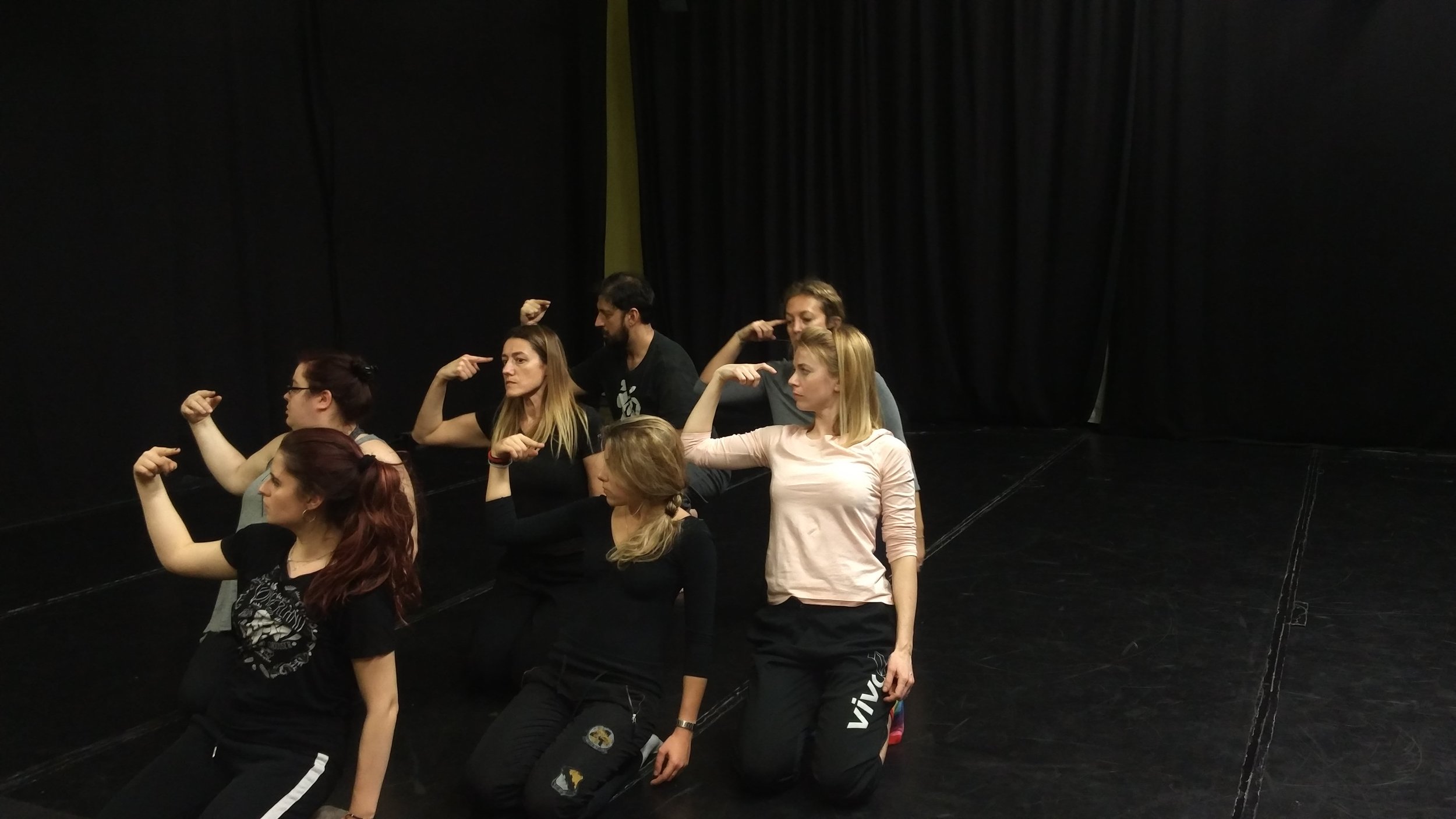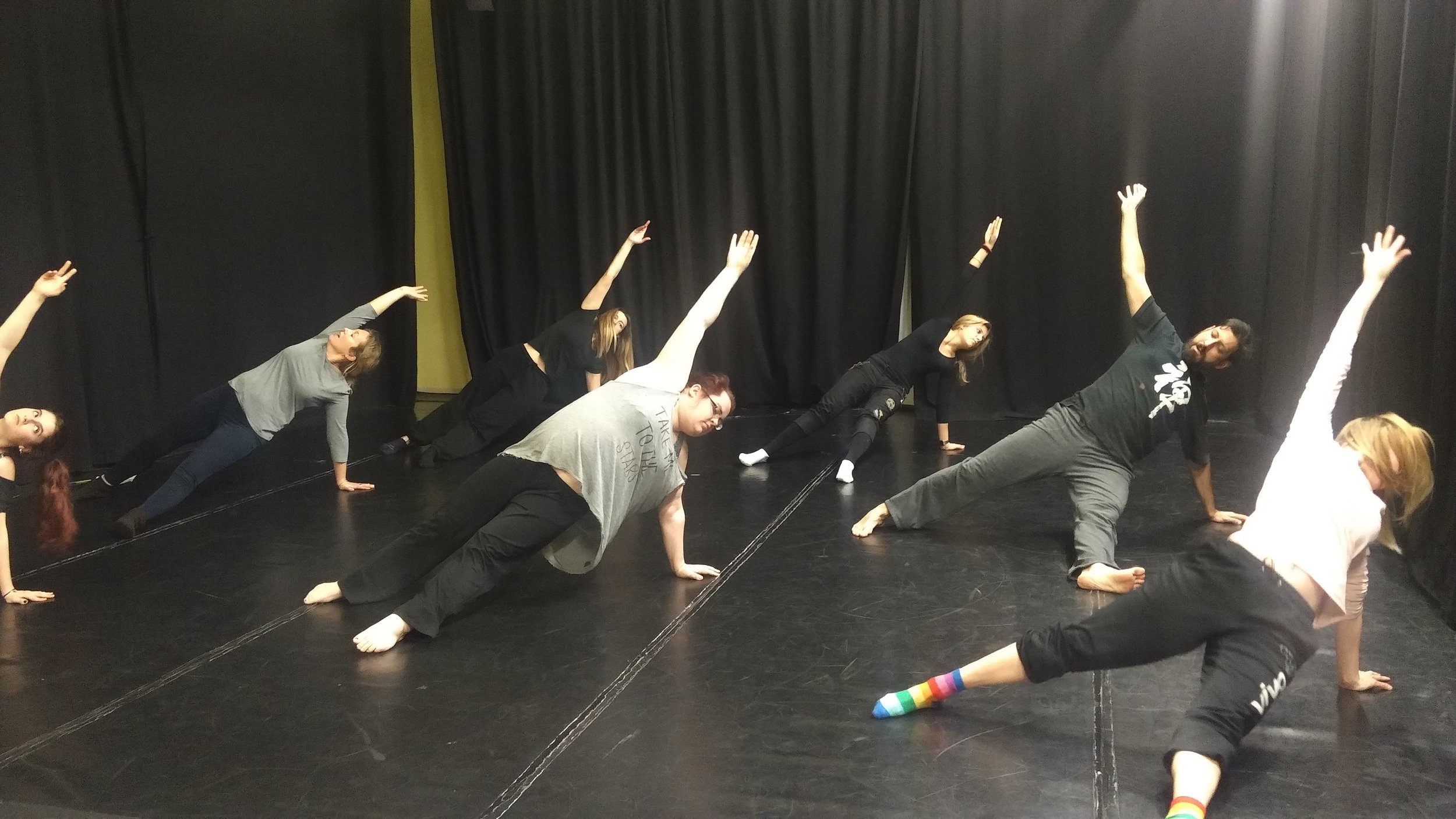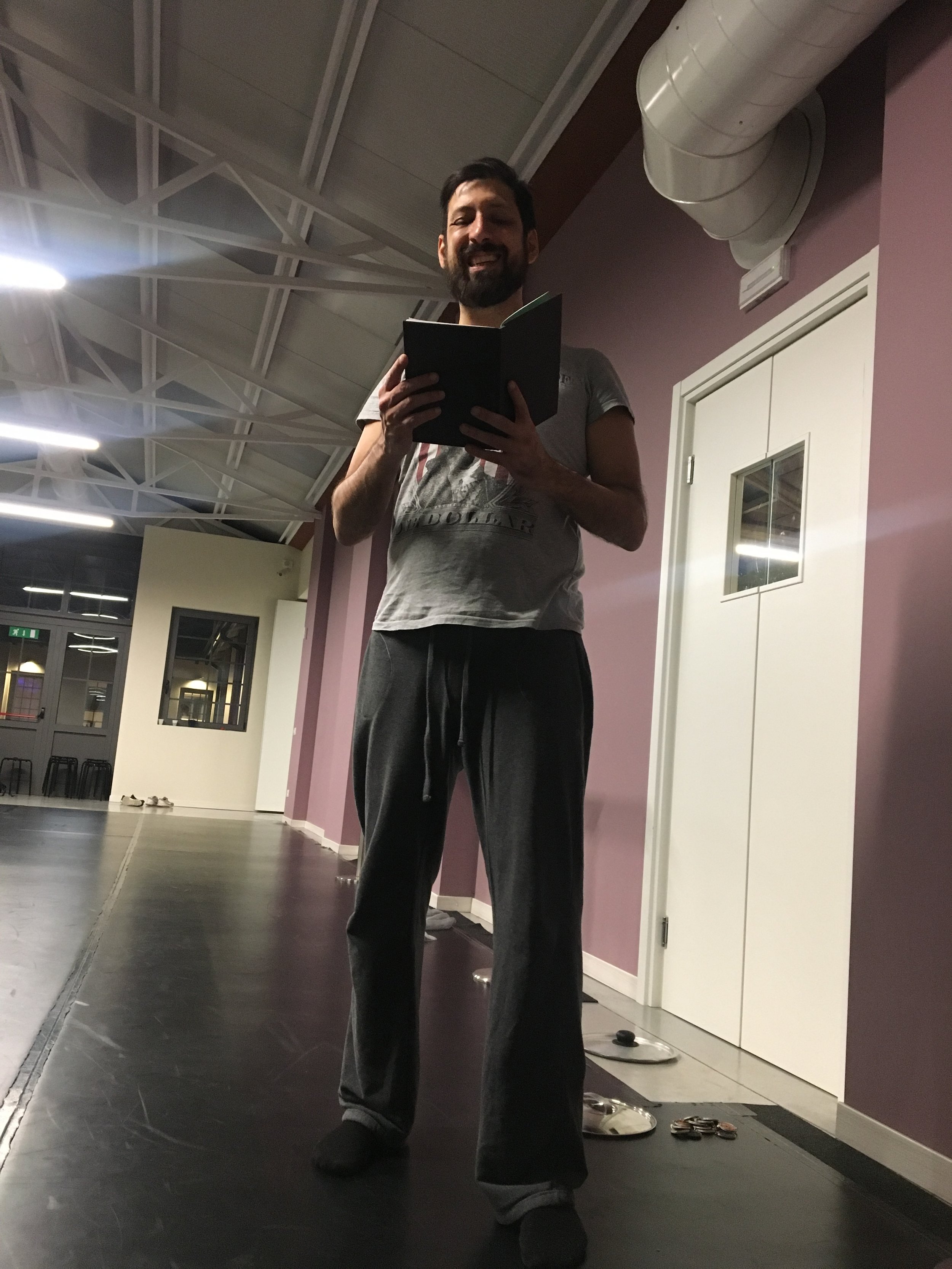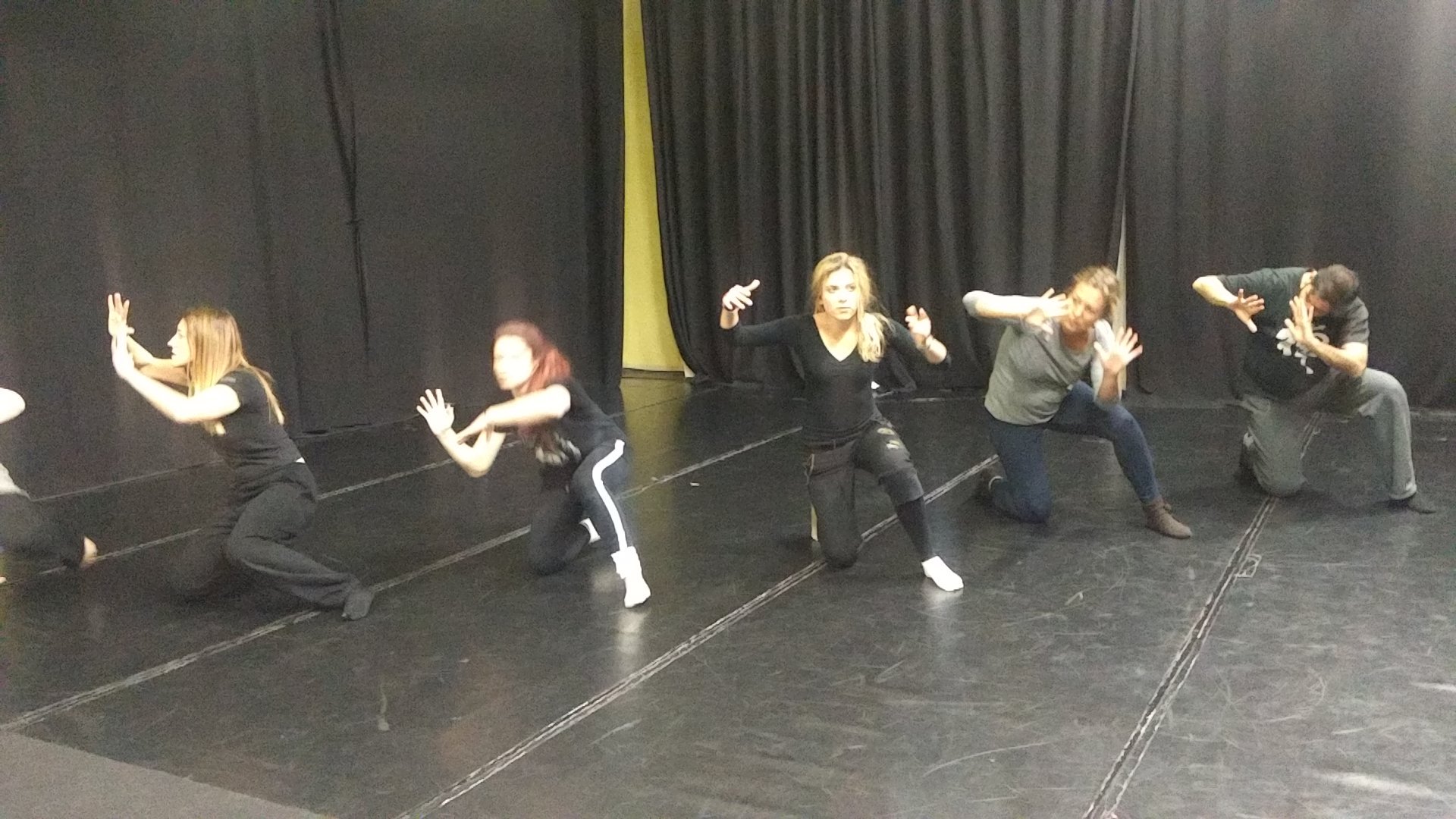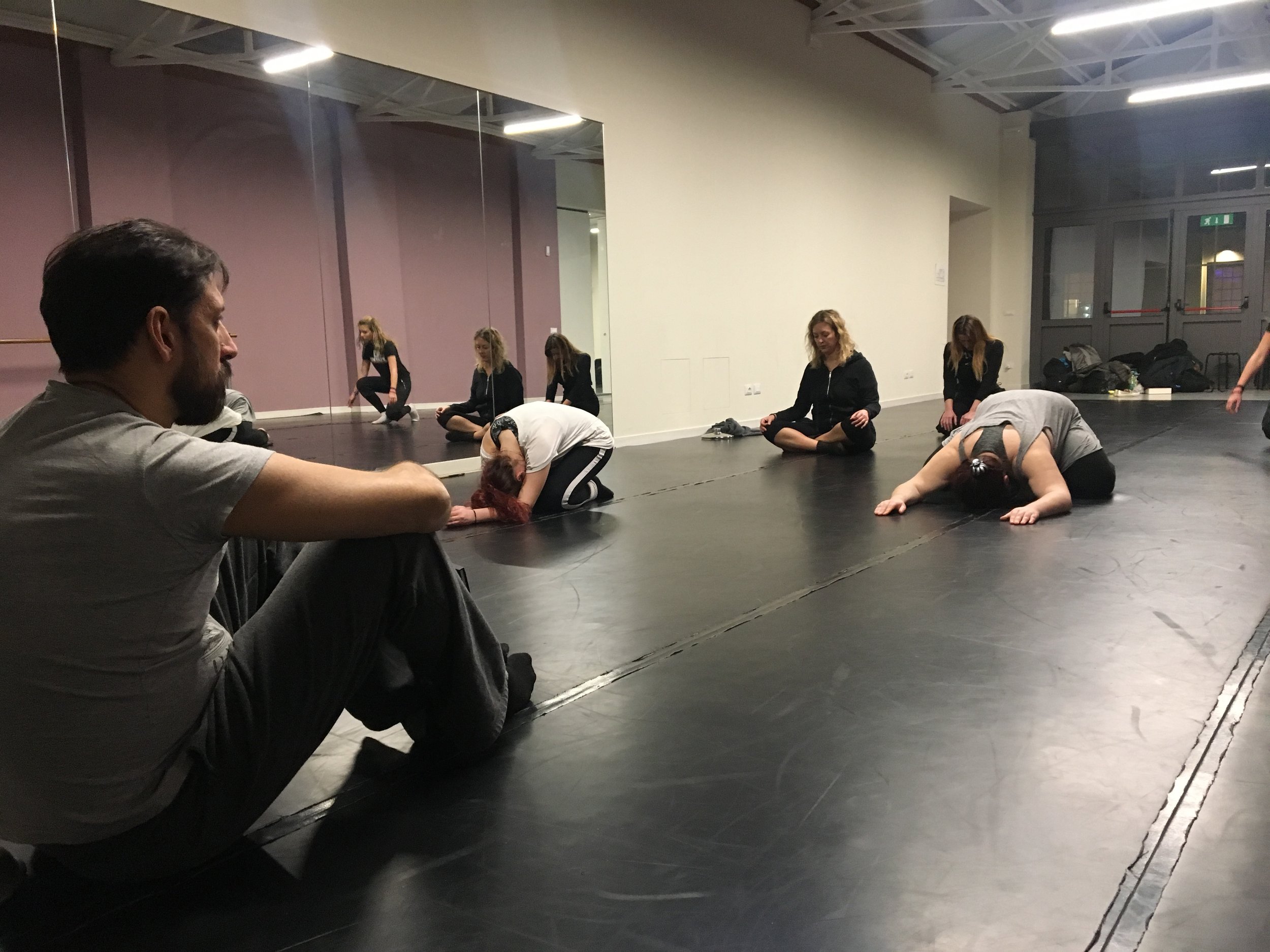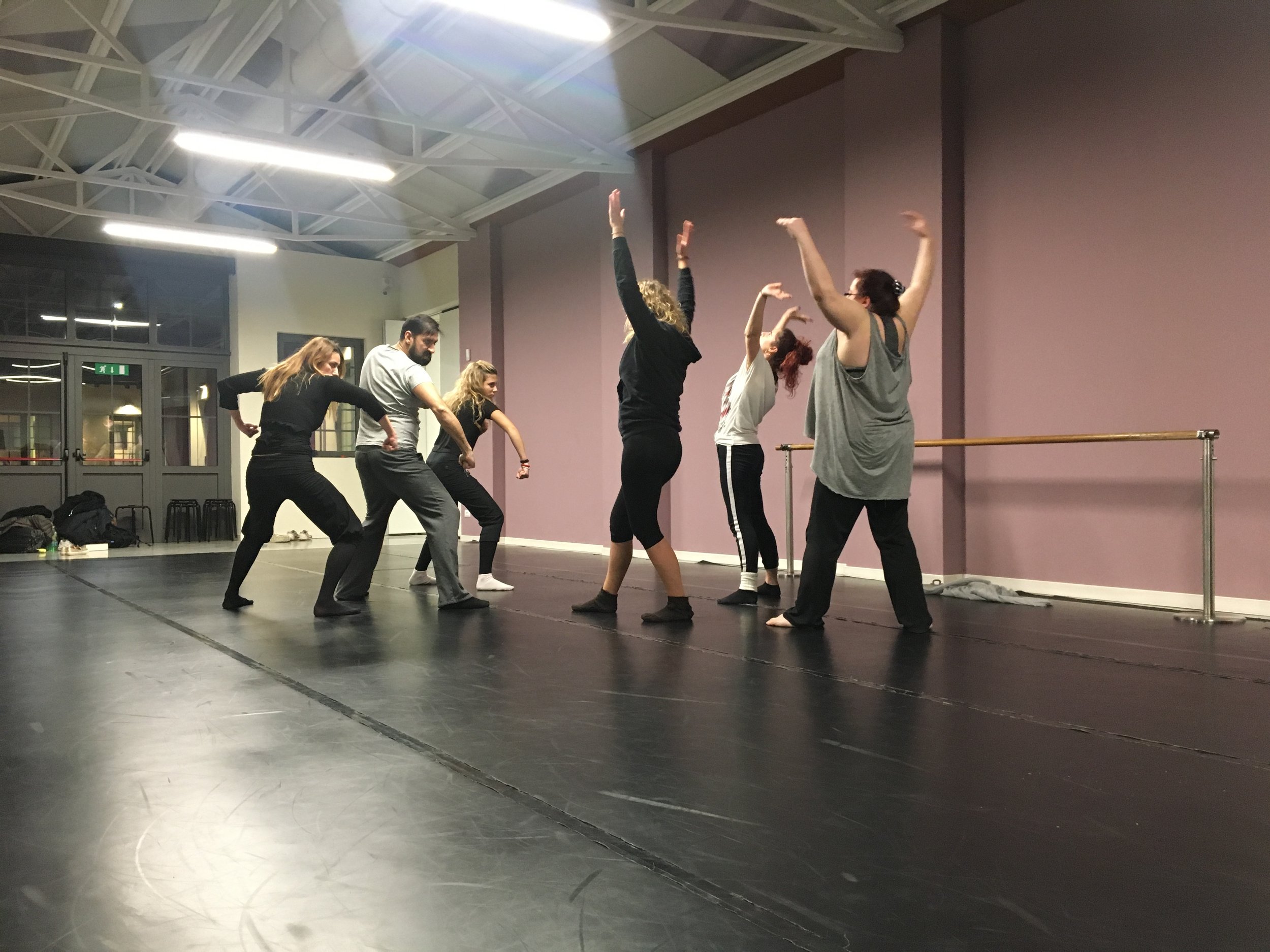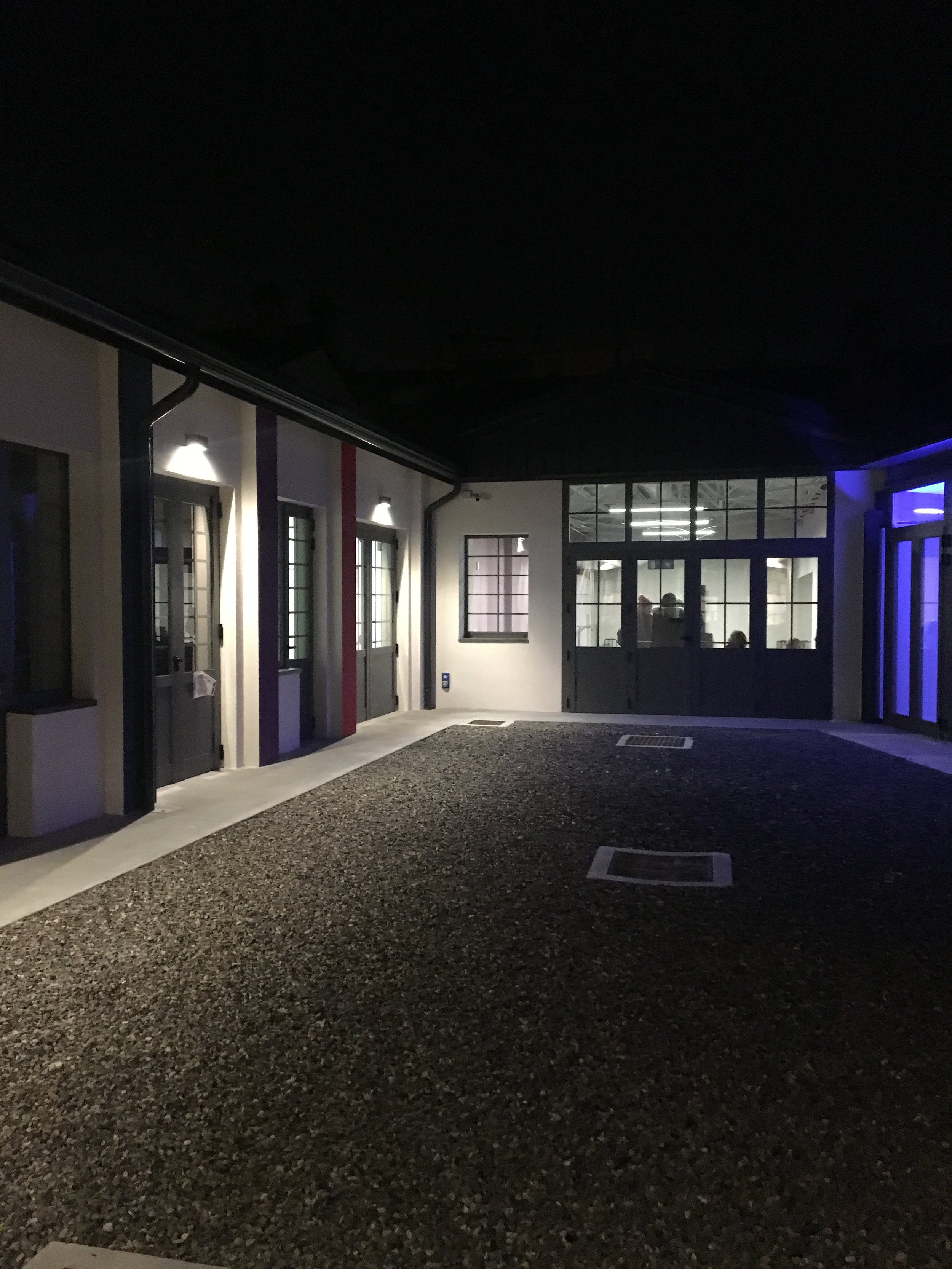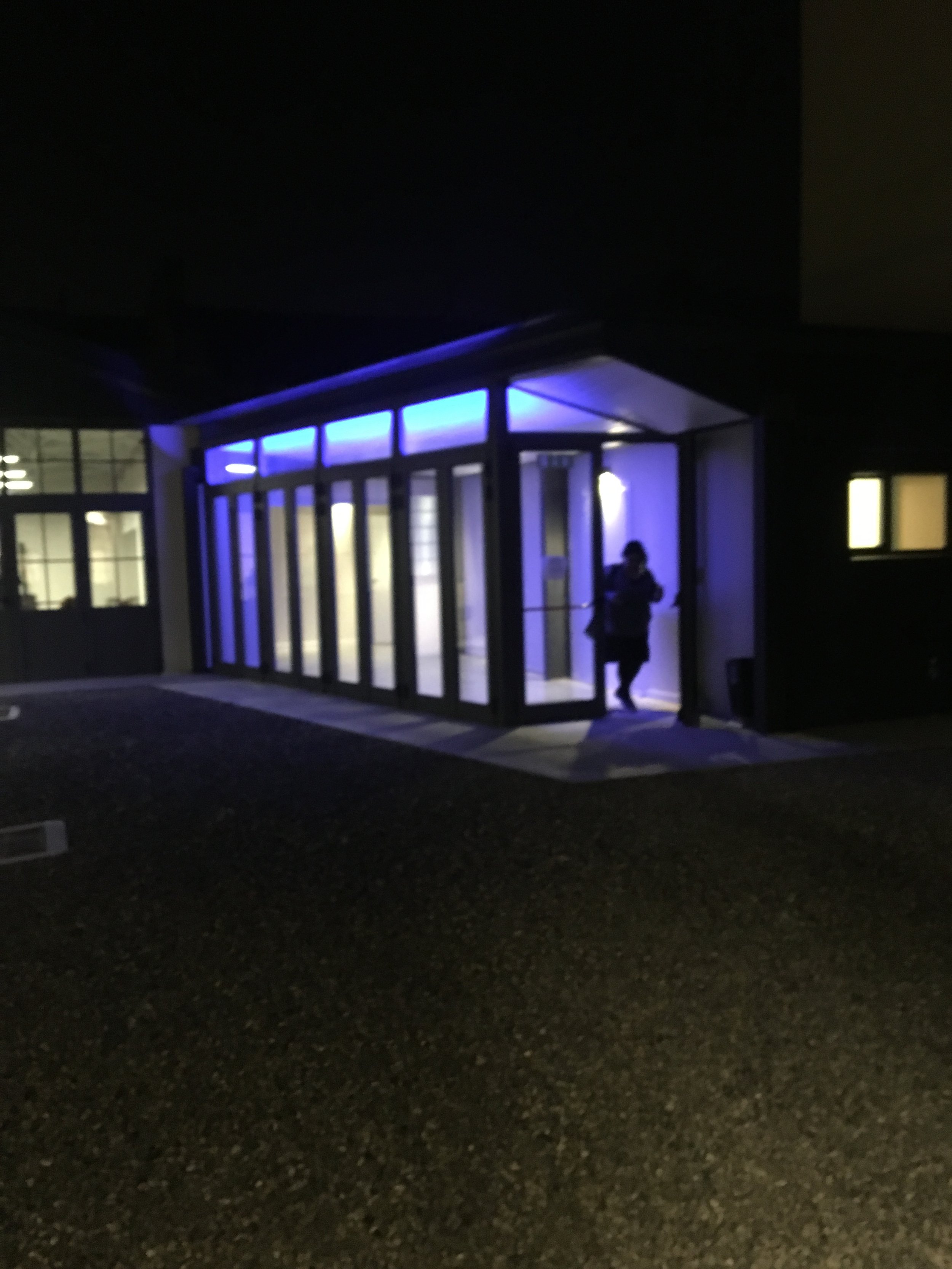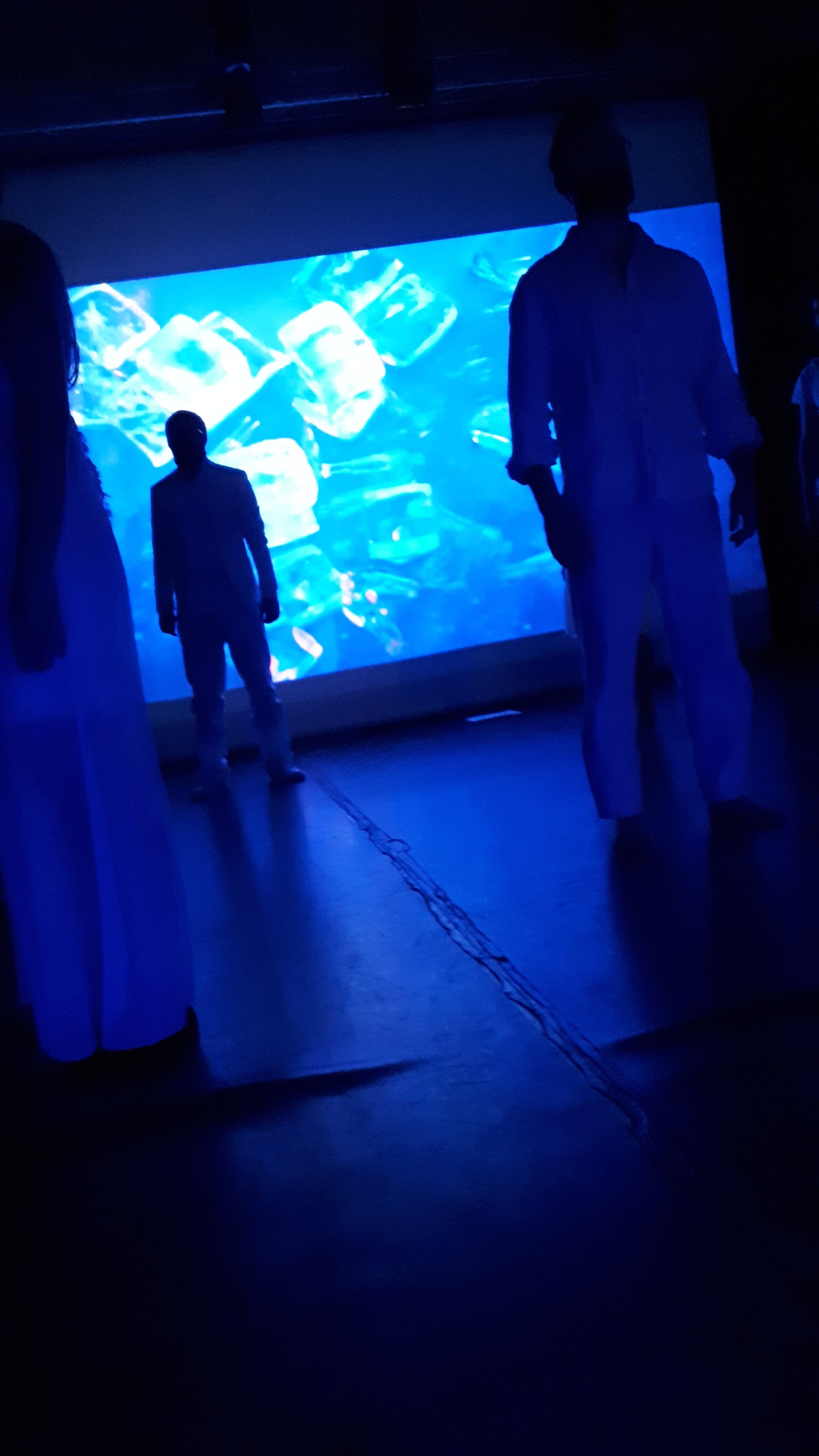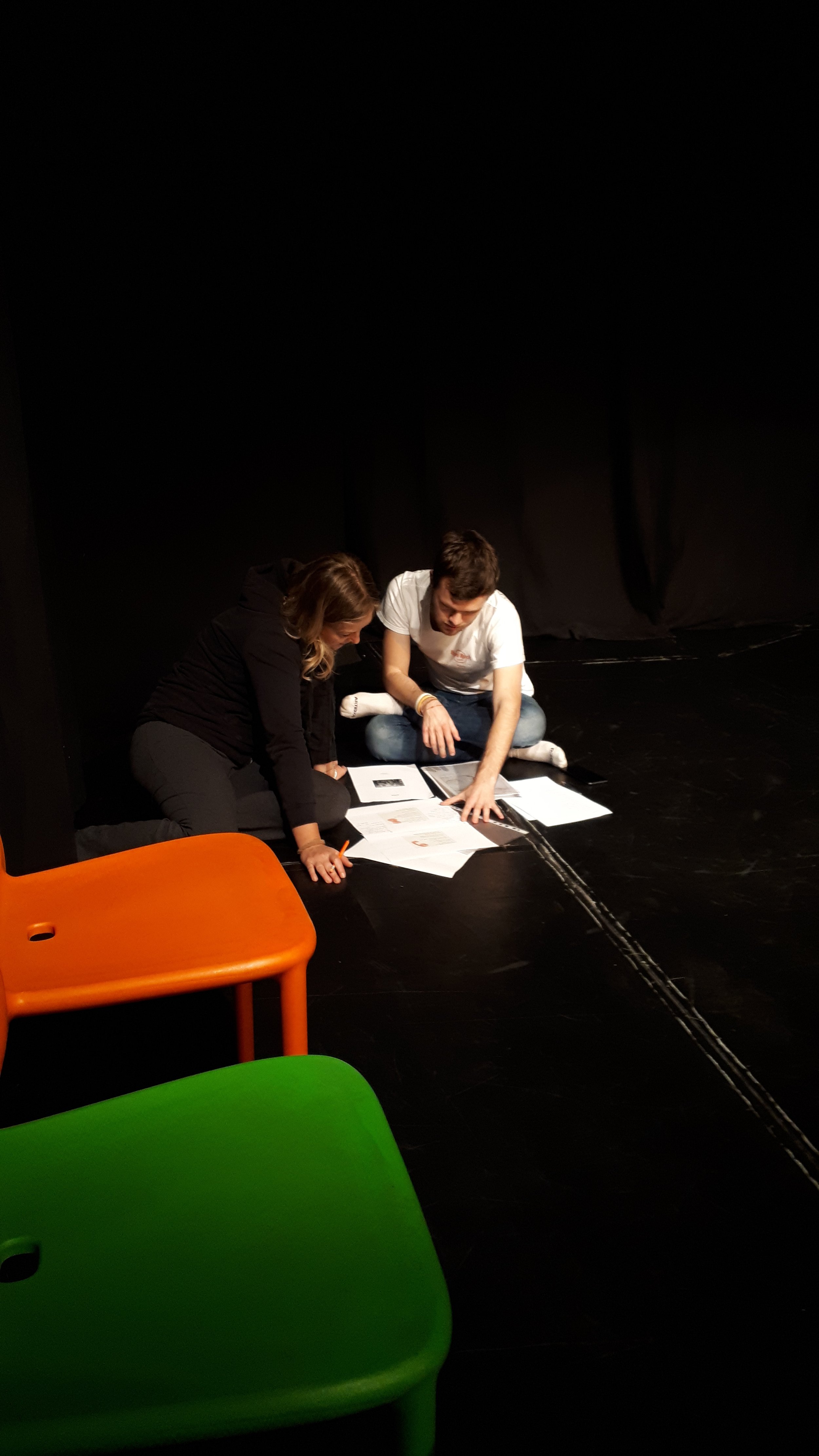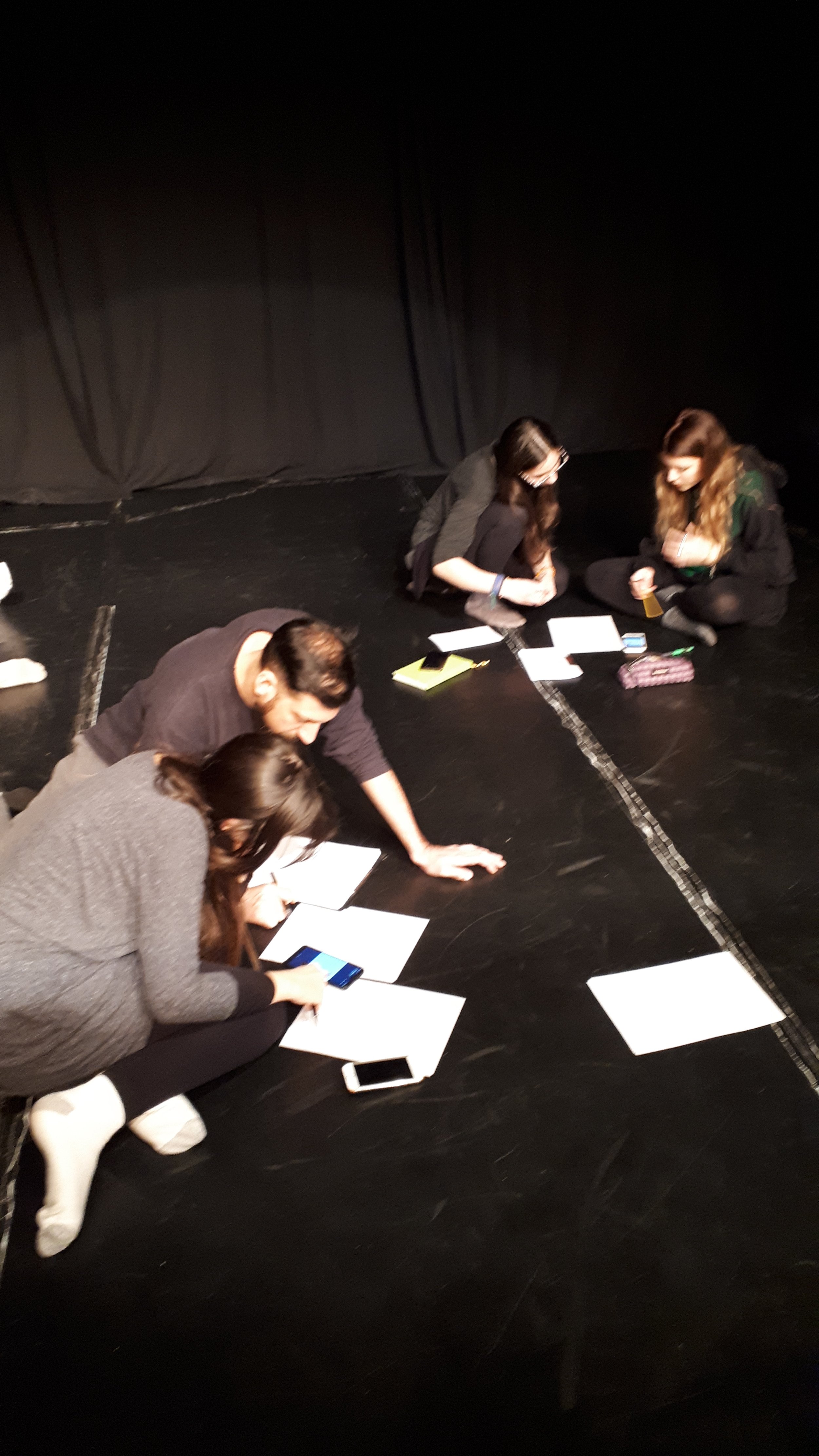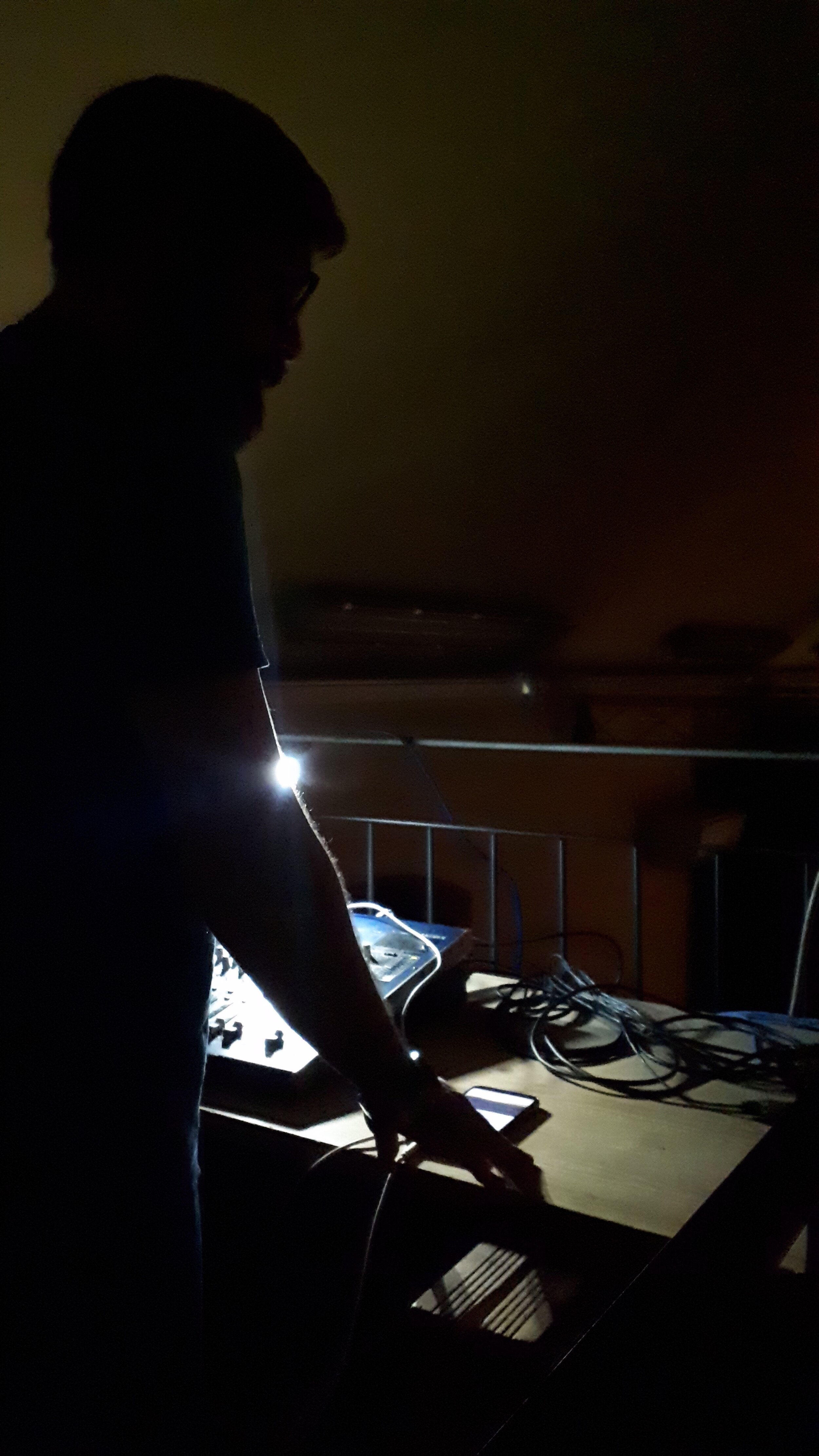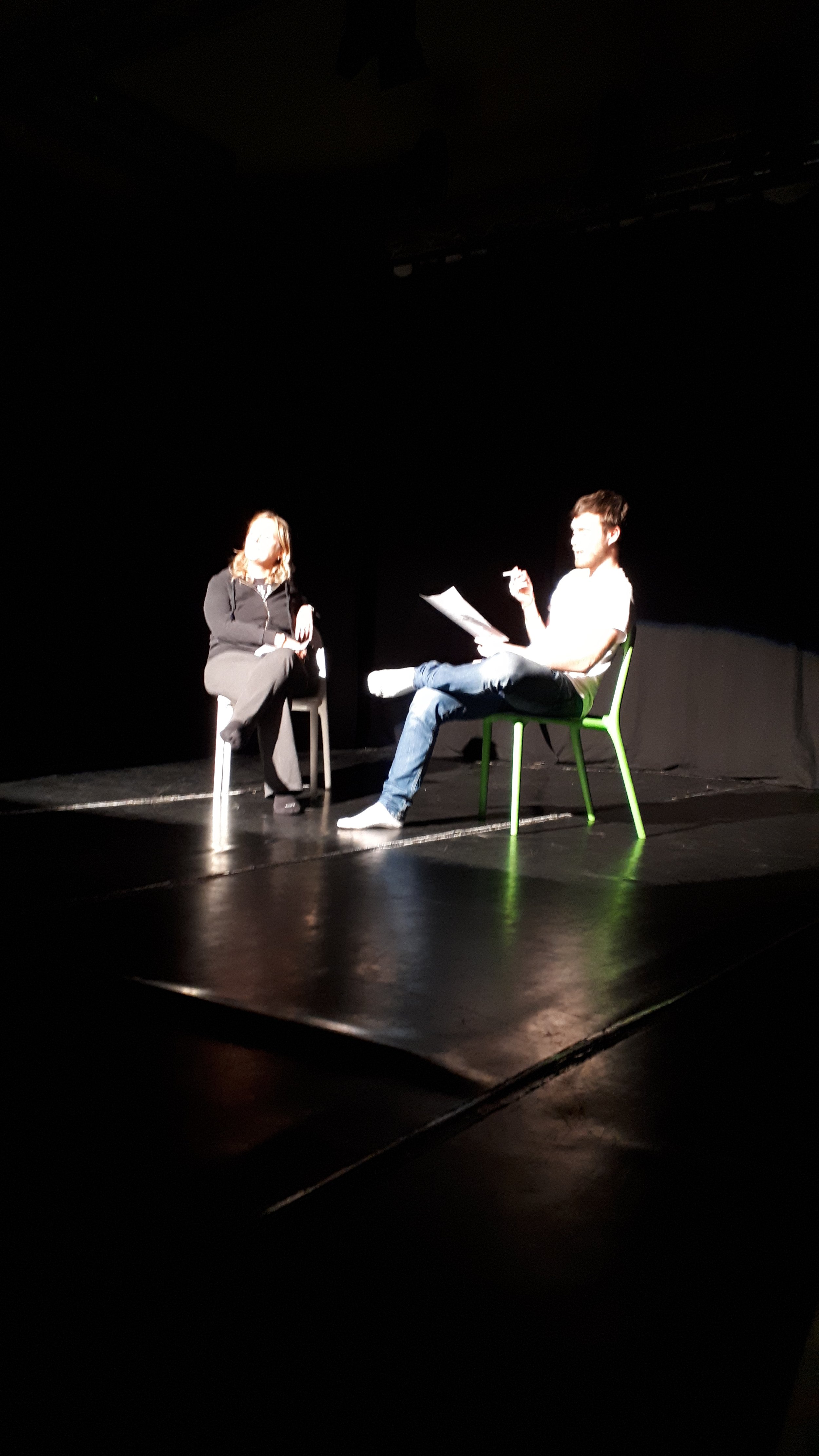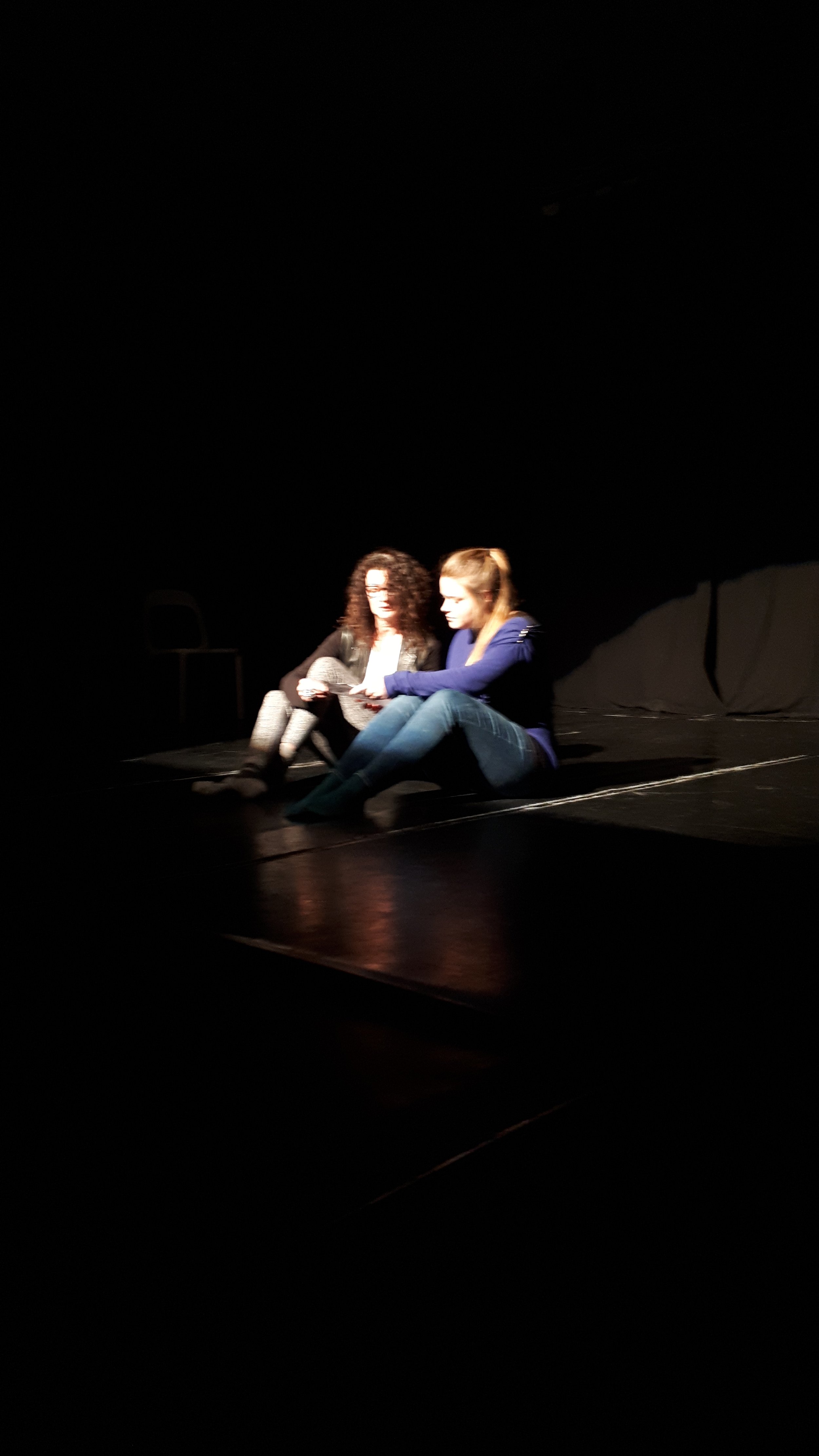THTR 341 - Studies in Dramatic Form
TOPIC: International Devised Theatre
Instructor: Denise Yvette Serna | dserna@luc.edu
Summer 2024 Session B WHAT kind of stuff happens in this class? Great question. Sometimes our classroom is a historical site, a contemporary art venue, or public plaza. Sometimes our classroom is a rehearsal studio. Sometimes our classroom is a theatre. What we do will be shaped by the questions we ask and the interests we take.
Sometimes theatre is TRAINING. We will all participate in physical training together. This will include things like stretching, breathing, creating shapes with the ensemble, and introductory movement training. Whether or not you are good at it is not the focus here - routine, discipline, shared experience, and shared vocabulary are incredbly valuable when in collaboration. We will all participate in interpretative training together. This will include things like reading aloud, reciting poetry, prose, or dialogue, generative play, and transposing written words into embodied shapes and sounds. These things may be for an audience of your peers, or the public.
Sometimes theatre is ADMIN. You might spend time looking up local news, researching works of literature, translating text, or creating a spreadsheet. You might draft an email or create a flier, you might organize script pages or transcribe things from handwritten to digital. You will keep a journal that documents your experiences and reflections. Each day, you’ll write a short response/reaction/reflection to the scheduled activities with observations on rehearsal, collaboration with local artists, and your personal experiences of collective creation.
Sometimes theatre is DIALOGUE. We will have chats! We will ask one another how each other think and feel. We will trust our instincts and advocate for ideas we believe to be important to the rehearsal room and to the public. We will reflect on shared experiences, and find that our interpretations may be very different. We will reflect back to one another, and to the public what we have been interrogating and discovering in our dialogue.
research and play
Theatre can include multidisciplinary story telling techniques. Sure, we can recite lines - maybe even sing and dance. But we also have many communication technologies, visual medias, verbal and nonverbal languages, and cultural symbologies to inform what direction a story might go to really explore the narrative. As we explore Rome and Piacenza, we will use known and innovative methodologies to play with our ideas, creating the building blocks for exciting theatrical experiences.
Exploration on London's Southbank and in Epping Forest, of public art, natural beauty, regenerative cycles. Multidisciplinary play using multimedia, livestreaming, live composition, puppetry, and spoken word.
An ensemble in Paris experiments with the ensemble technique known as flocking. This exploration came after a scavenger hunt around Paris where the ensemble searched for diverse iterations of monsters.
An ensemble in London experiments with audio description and stage movement, through rope bondage techniques and environmental soundscape, telling a story of Medusa in transformation.
Physical training, collaboration, storytelling
INQUIRE AND CREATE
Every kind of person has something to offer, and every person can bring their perspective to story telling. Our process will be informed by the places we visit, the conversations we have, the beauty we discover and the ways you express yourself and your ideas. Below are some examples of unfinished and in-process notes, samples, and production focuses of past devising processes with students and professionals.
Visual art and stimulus organization: Students conducted surveys and used the words of their peers to create word clouds to explore narrative themes, collective preocccupations, and potential topics for theatrical exploration.
International immersion, reflection, and trasposition into theatrical experiences: Exploration of local spaces, cooking and sharing meals with local artists, and letting experiences influence story telling as inspired.
The cast of Medusa sings La Rabbia in Fusion Theatre's production of Medusa at The Cockpit Theatre in London, March 2020.
MEDUSA AT Teatro Trieste Trentaquattro
PIACENZA, ITALY FEBRUARY 2019
A devised, multilingual, site specific production of MEDUSA.
Denise Yvette Serna, Katie Merritt, Anna Donnell, Carolina Migli Bateson | Participants: Luca Favero, Pietro Fenucci, Elisa Ferrari, Eliza Harris, Charlee Hoffmann, Pablo Chavez Martinez, Silvia Rastelli, Esmeralda Righi, Alice Robbi
This devising process was part of a cycle, with multidisciplinary artists presenting localized adaptations of the myth in London, Paris, Piacenza and Chicago over the course of a year. Piacenza’s ensemble was 3rd in 5 productions mounted, and included professionals, students, and multidiscplinary artists. In addition to traditional theatrical performance, participants also devised with their individual skillsets in composition, instrumentation, martial arts, design, engineering, visual arts, classical dance, modern dance, costume design, acrobatics, rope bondage, creative writing, and more.
ATLANTIDE at Teatro Trieste Trentaquattro
Piacenza, Italy February 2020
in collaboration with Teatro Trieste Trentaquattro, Chez Arts, and BoucheWHACKED! Theatre Collective.
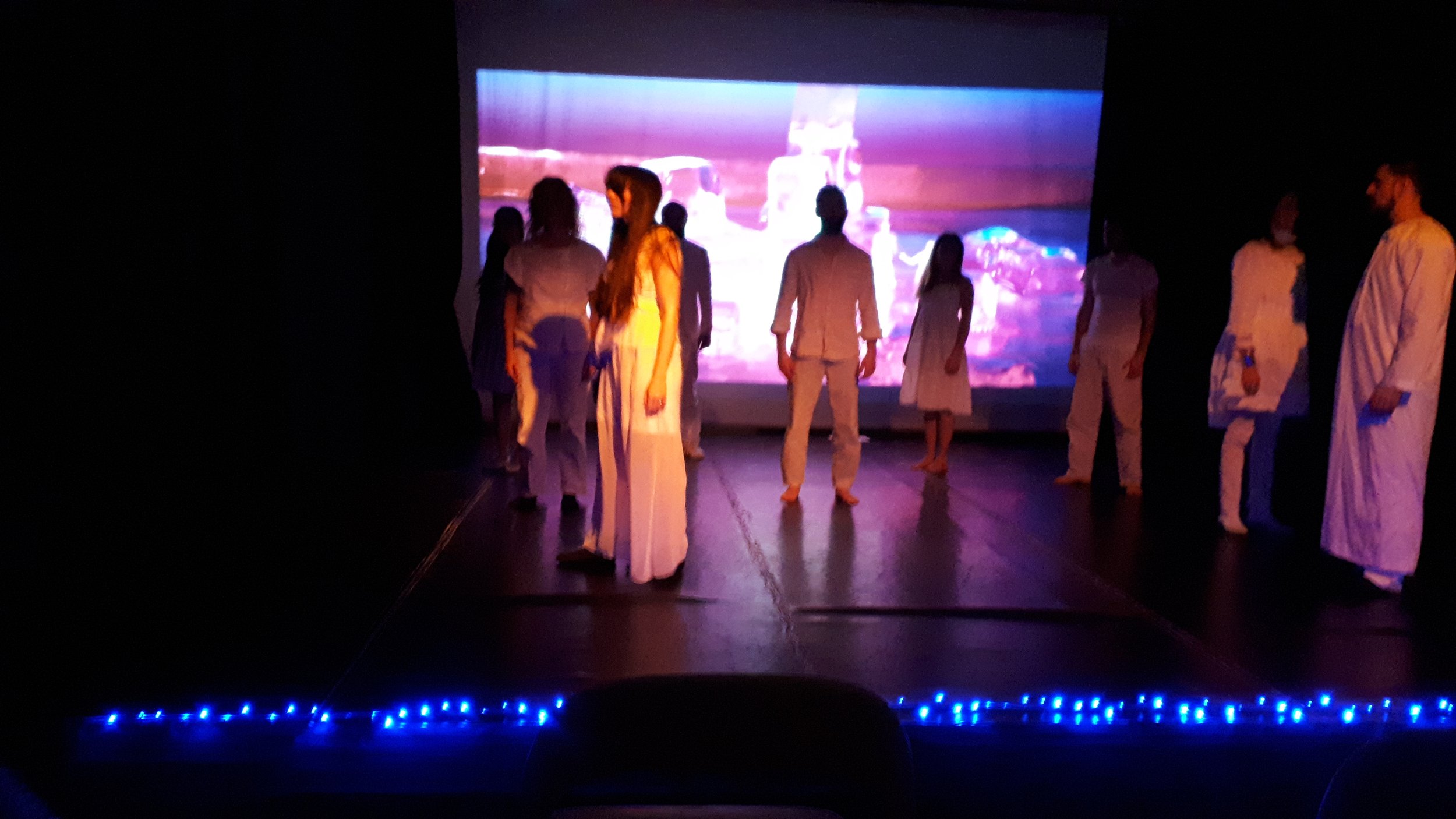
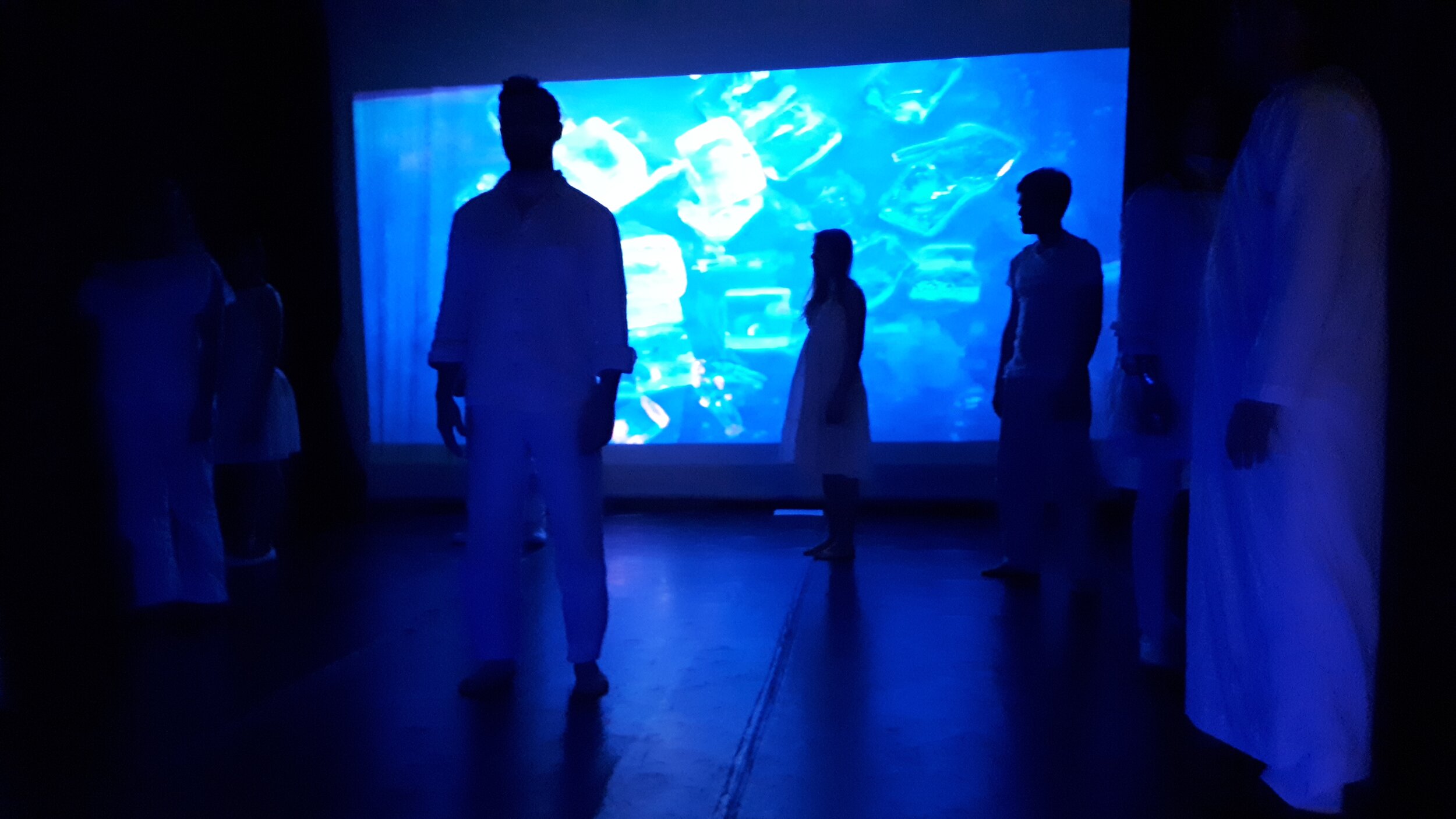
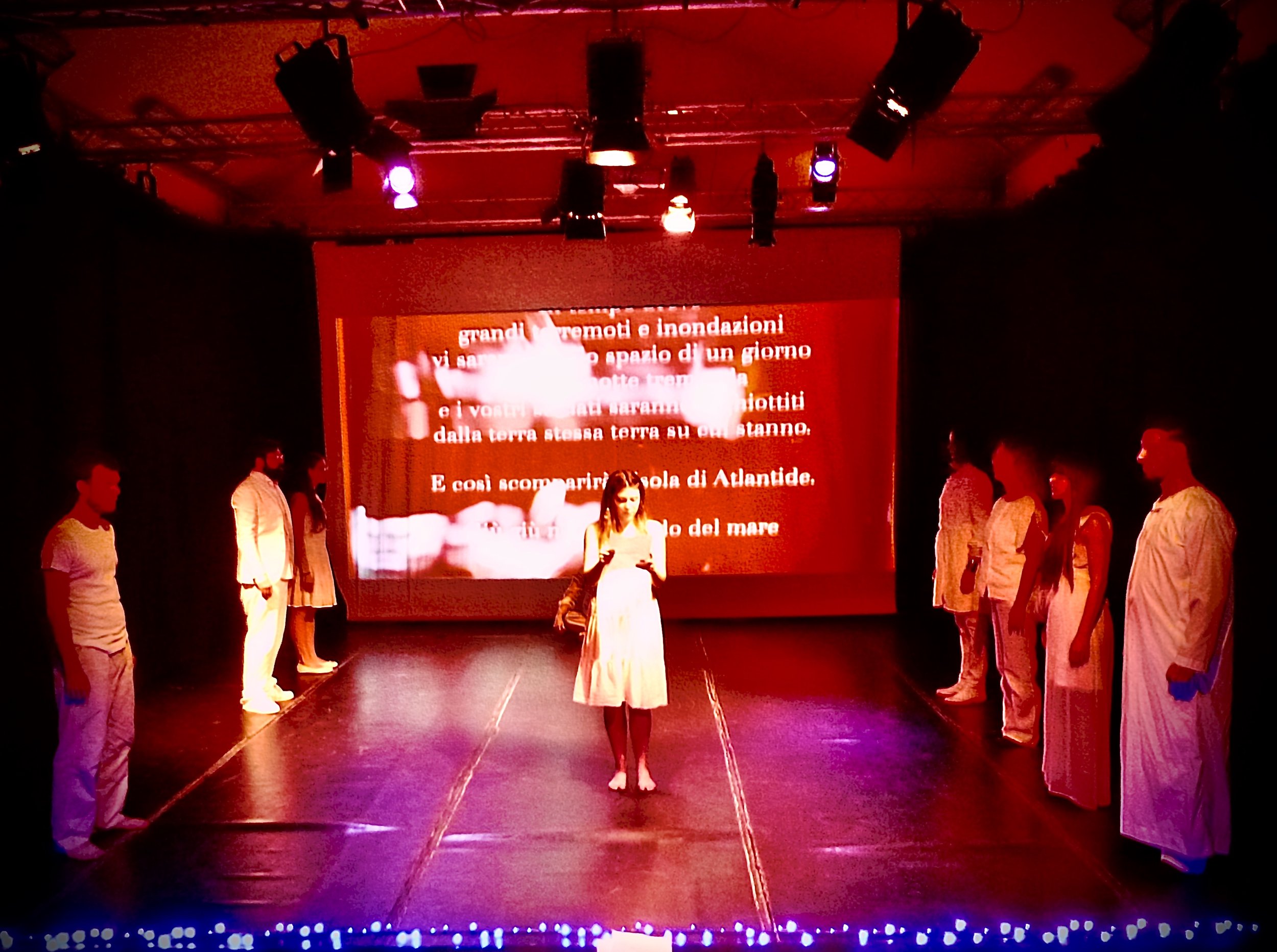
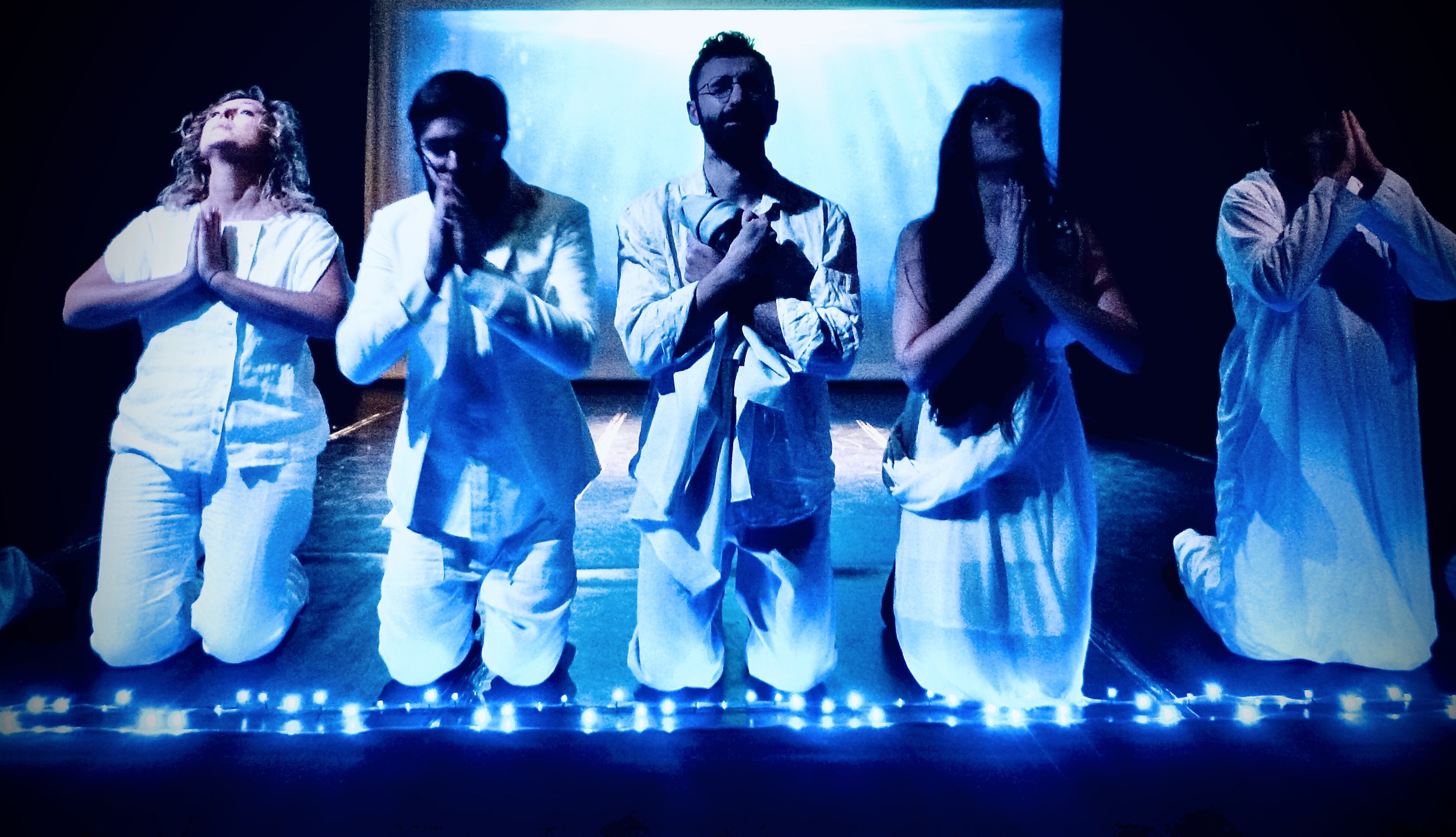
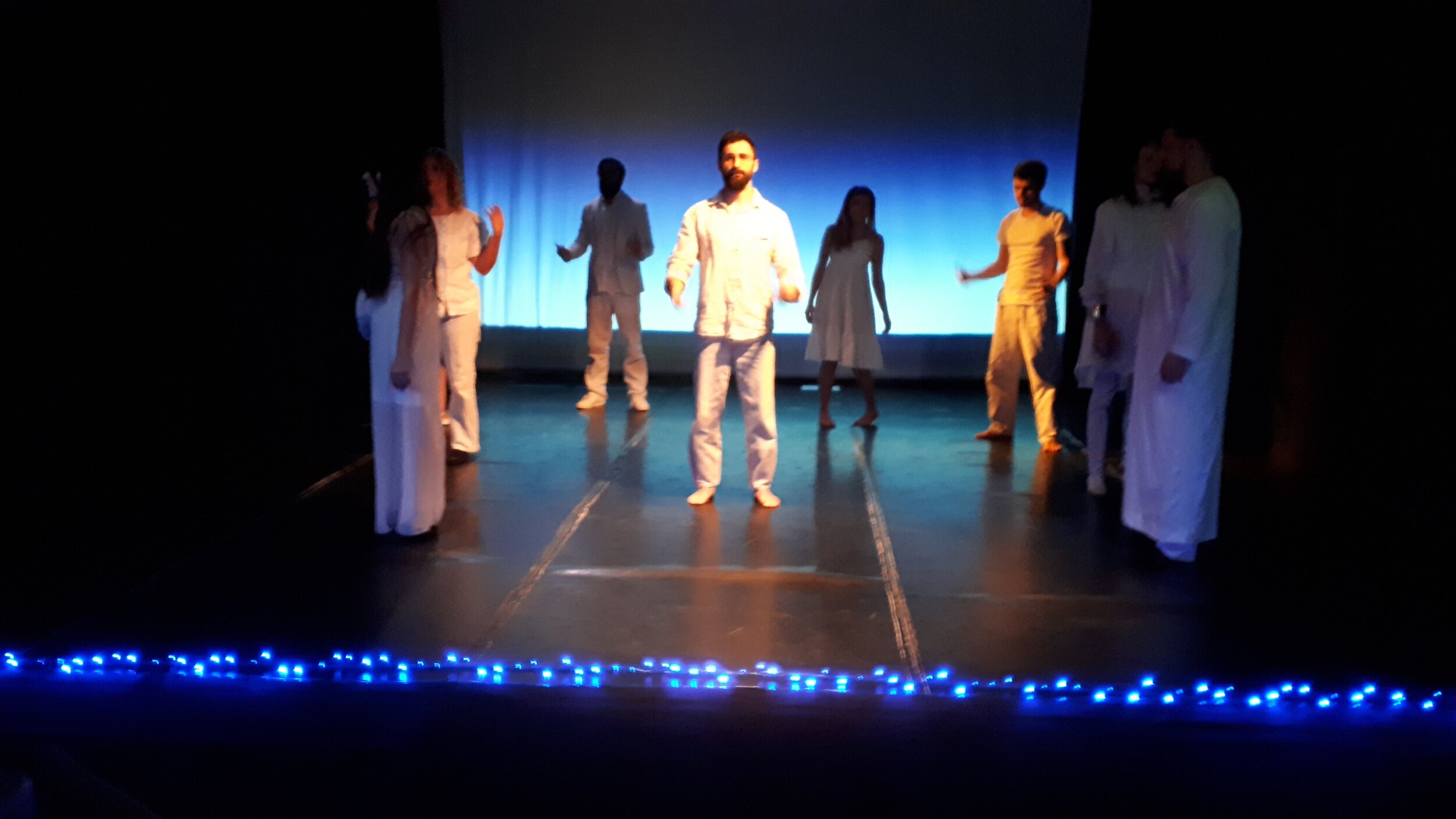
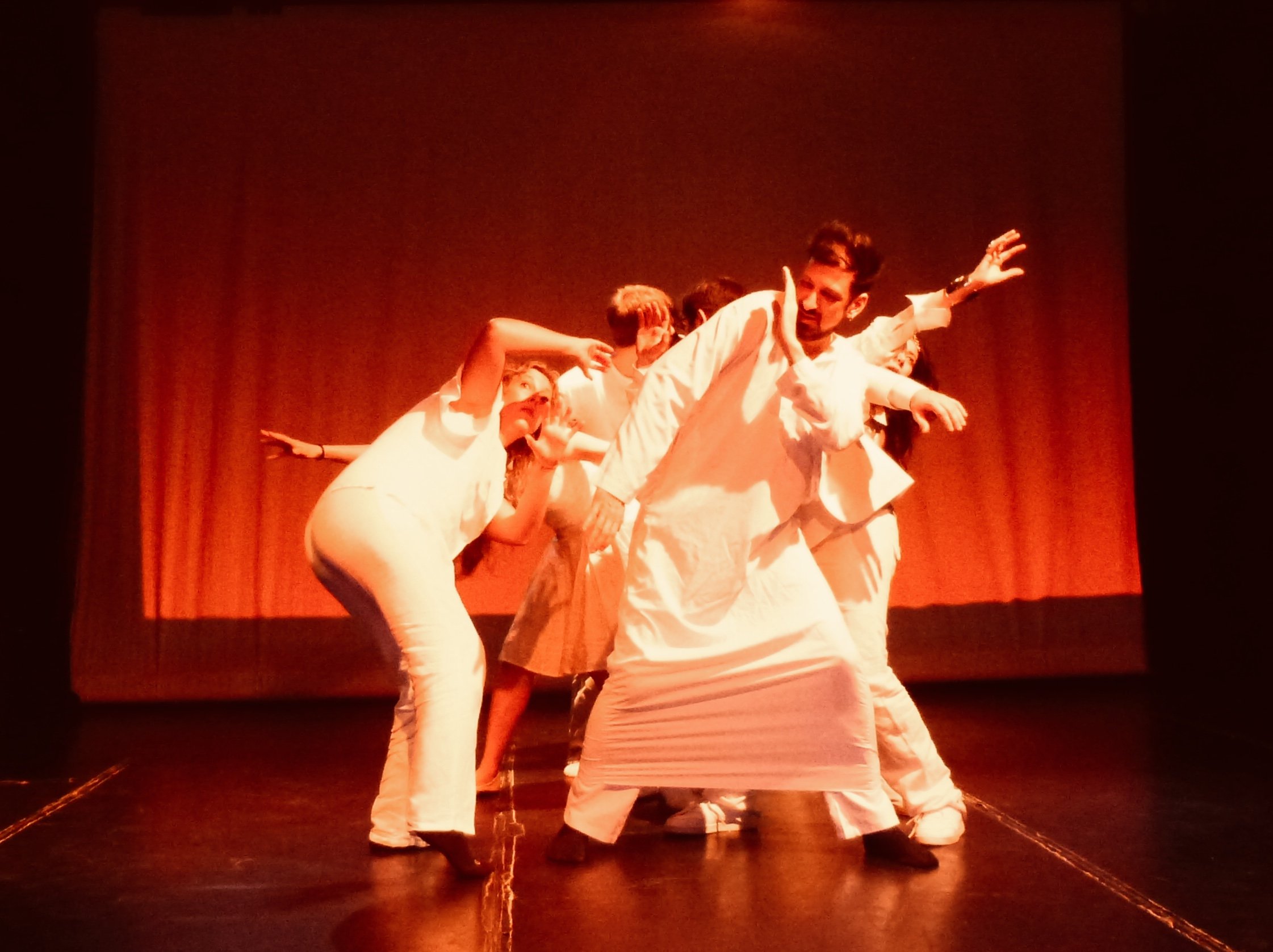
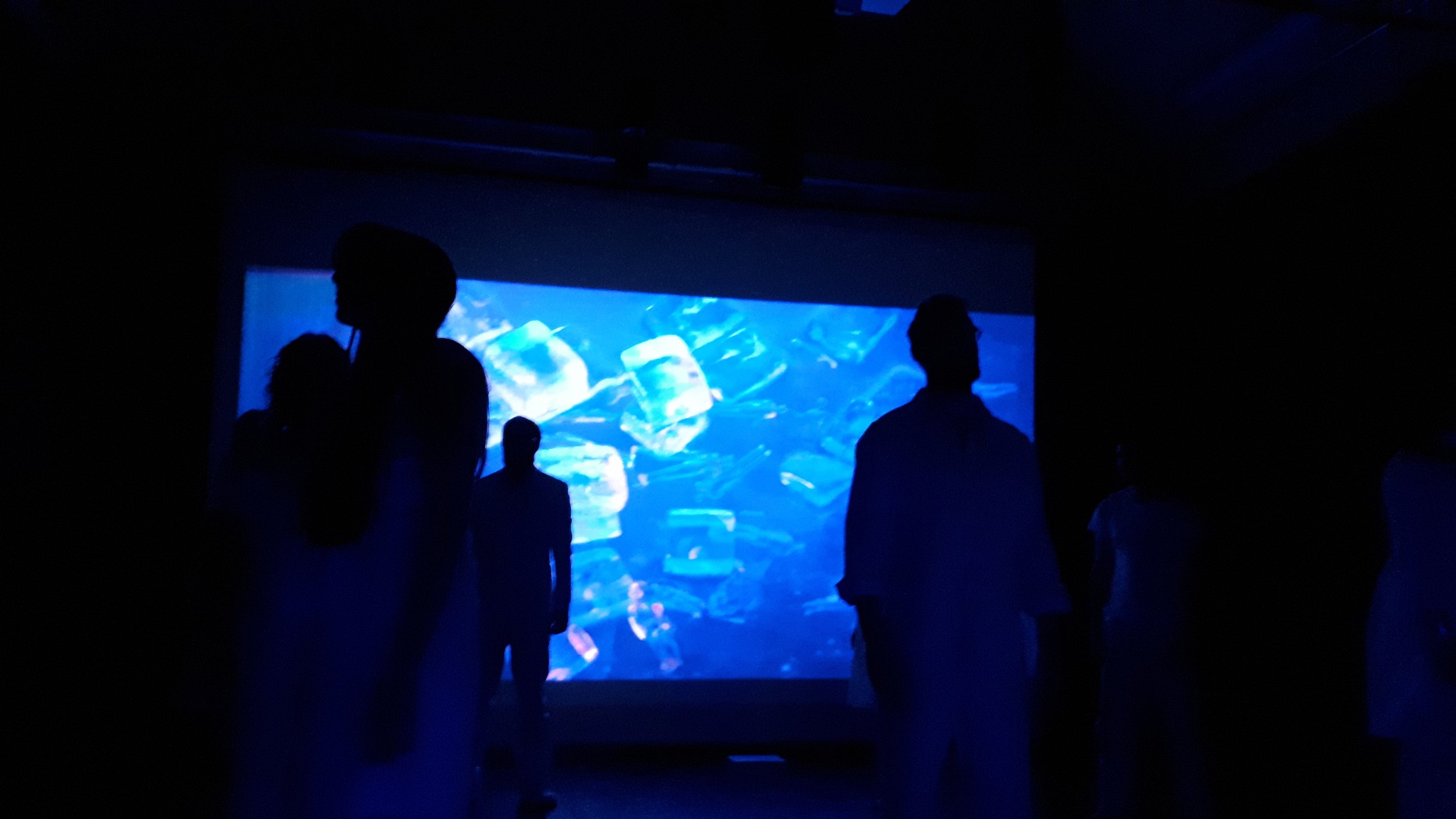
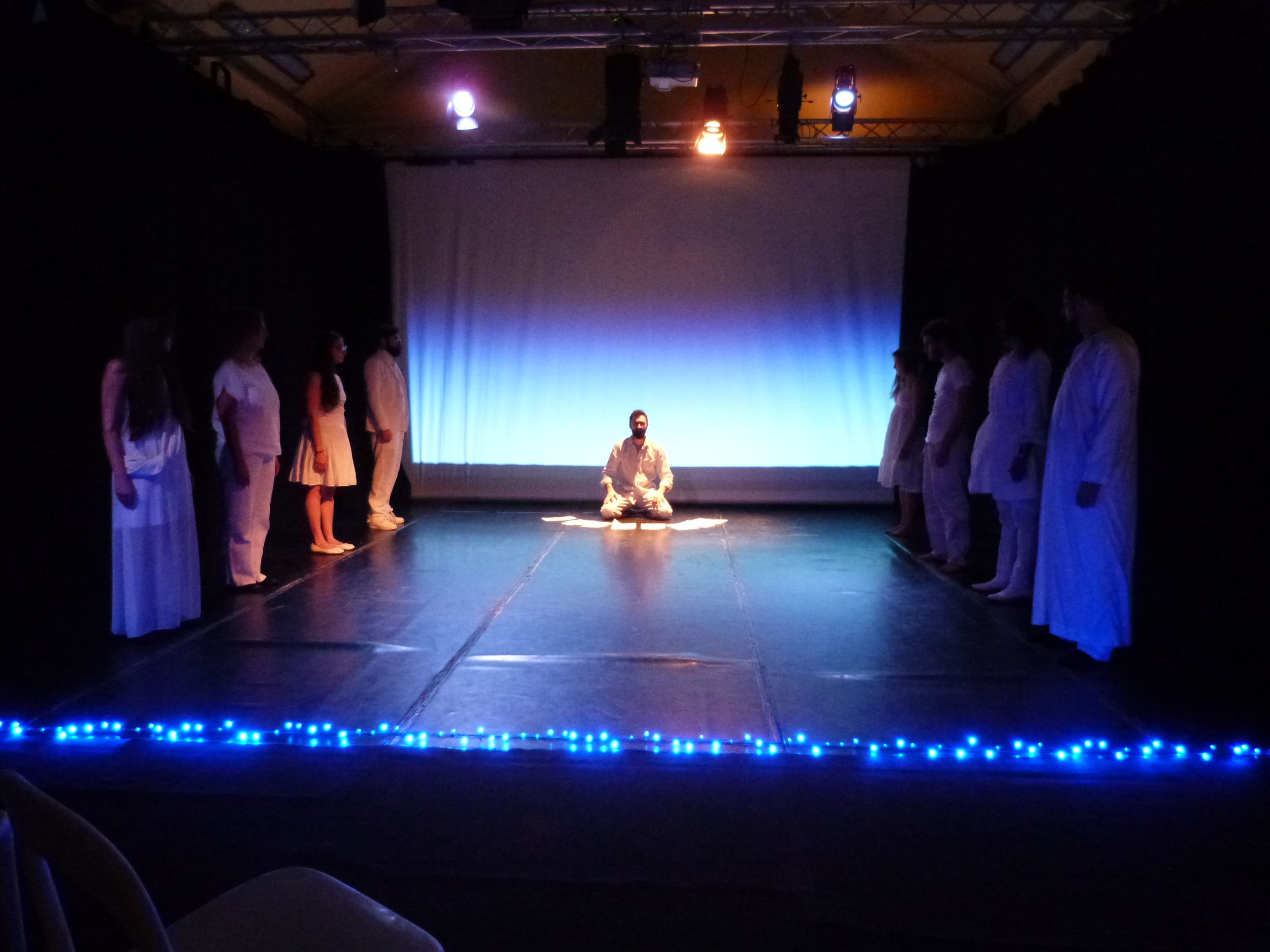
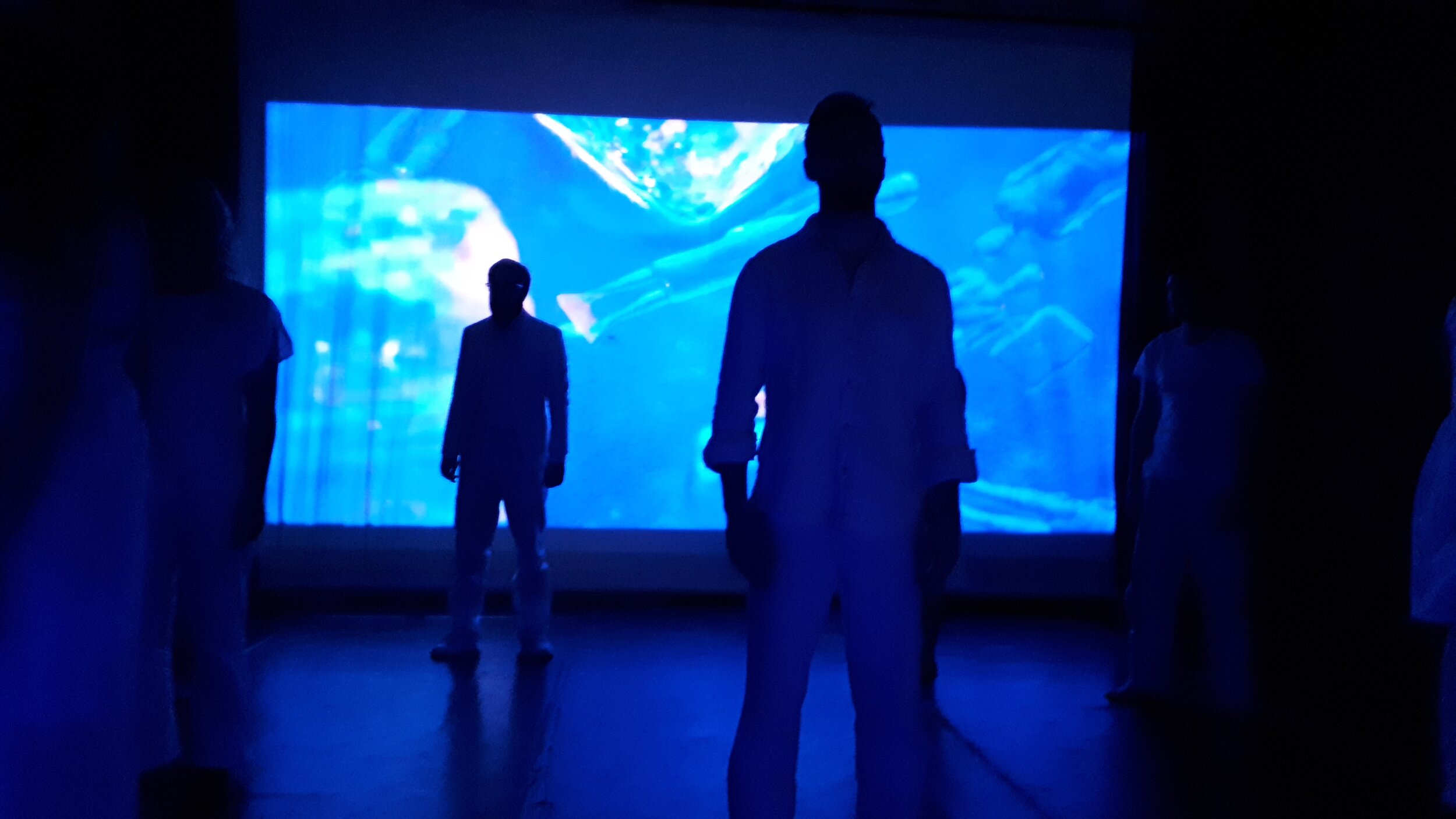
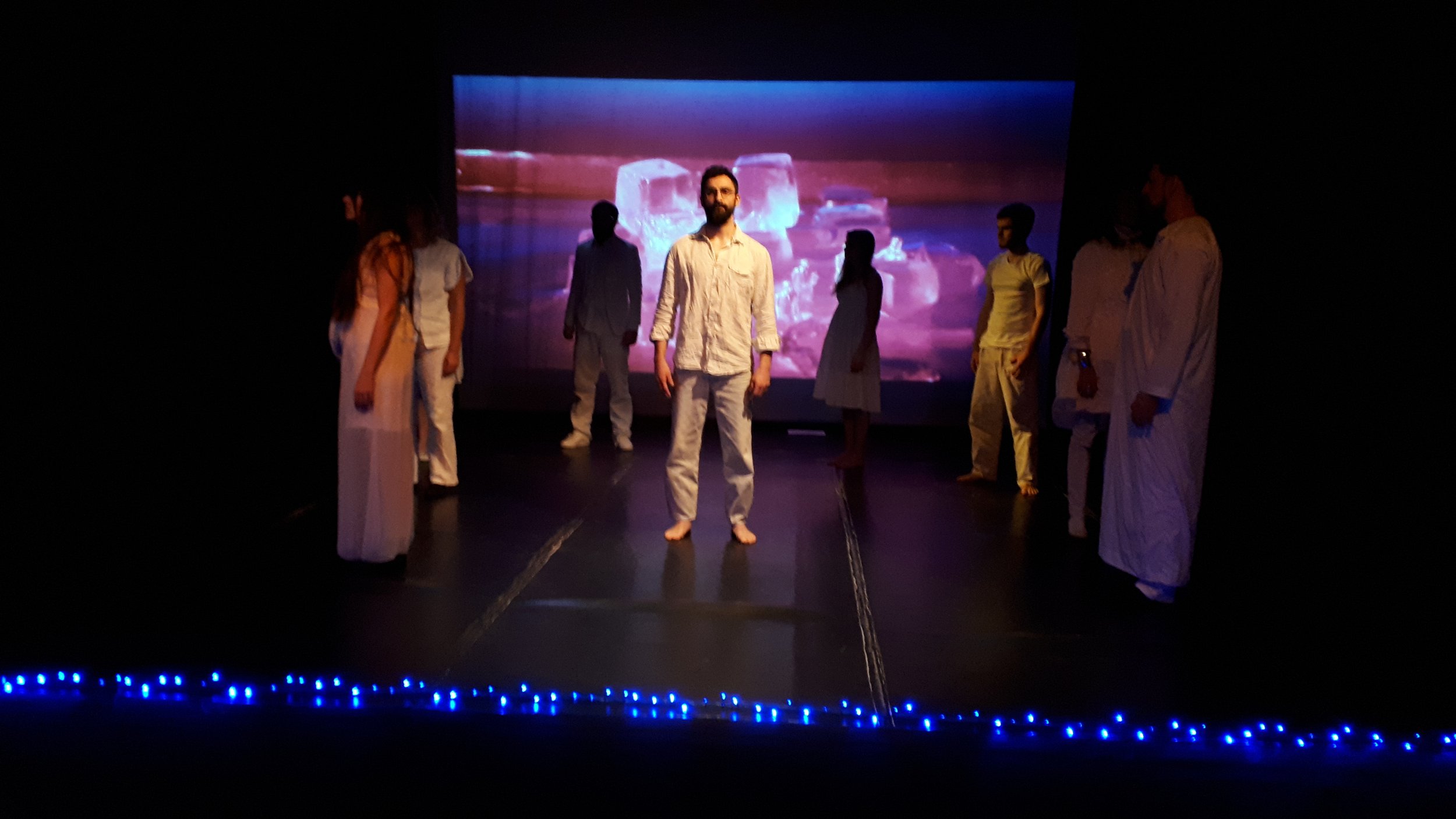
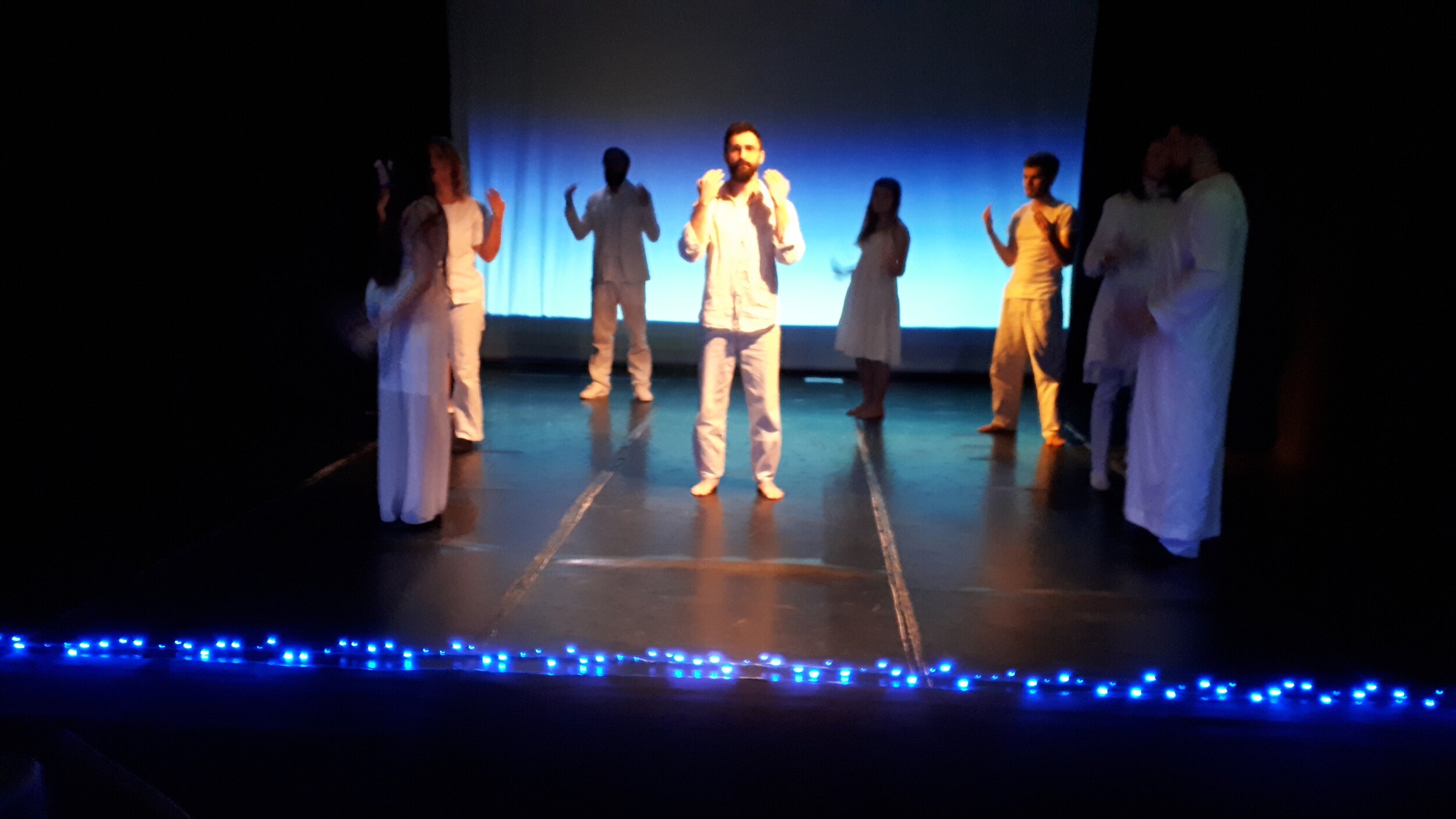
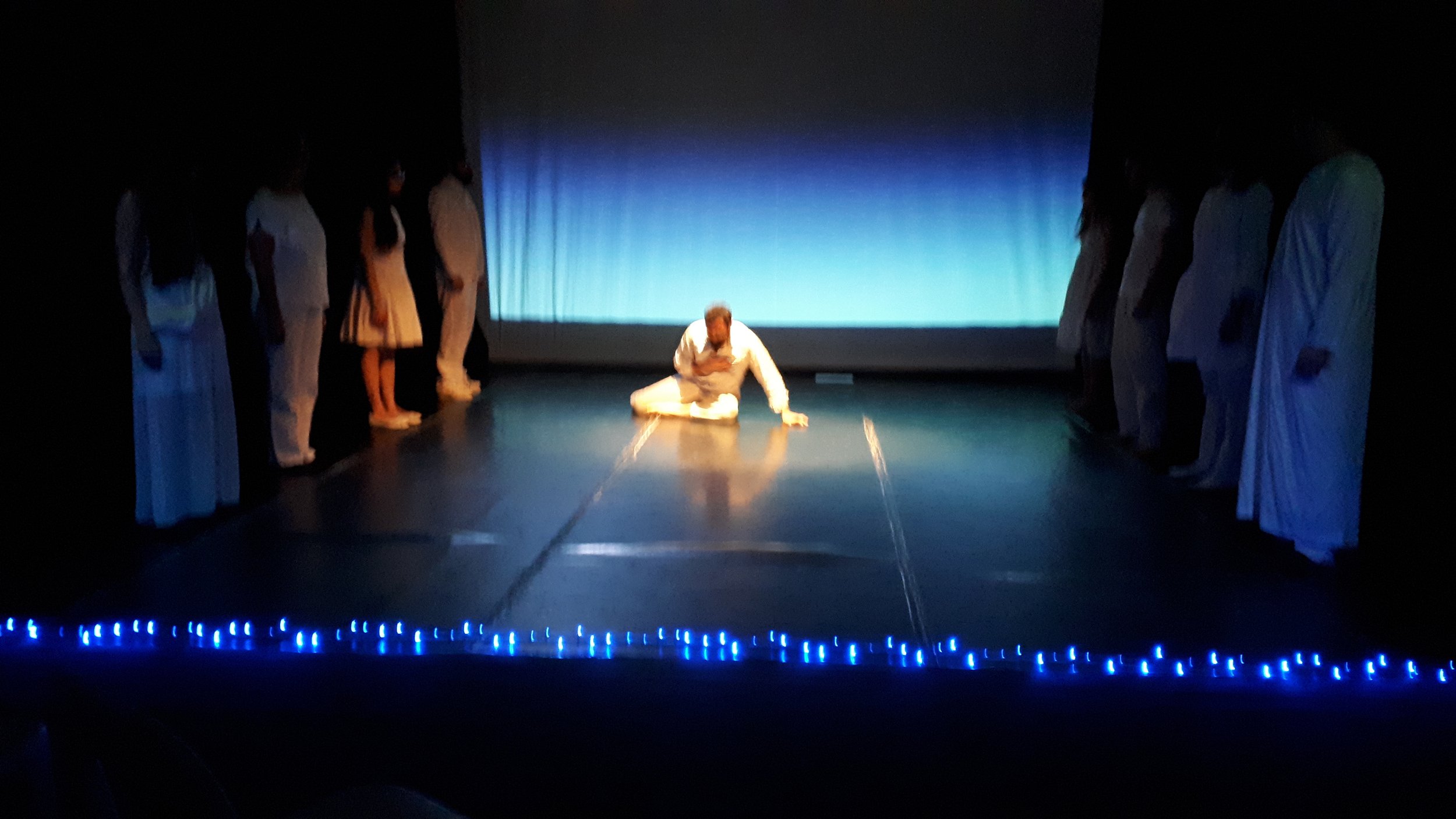
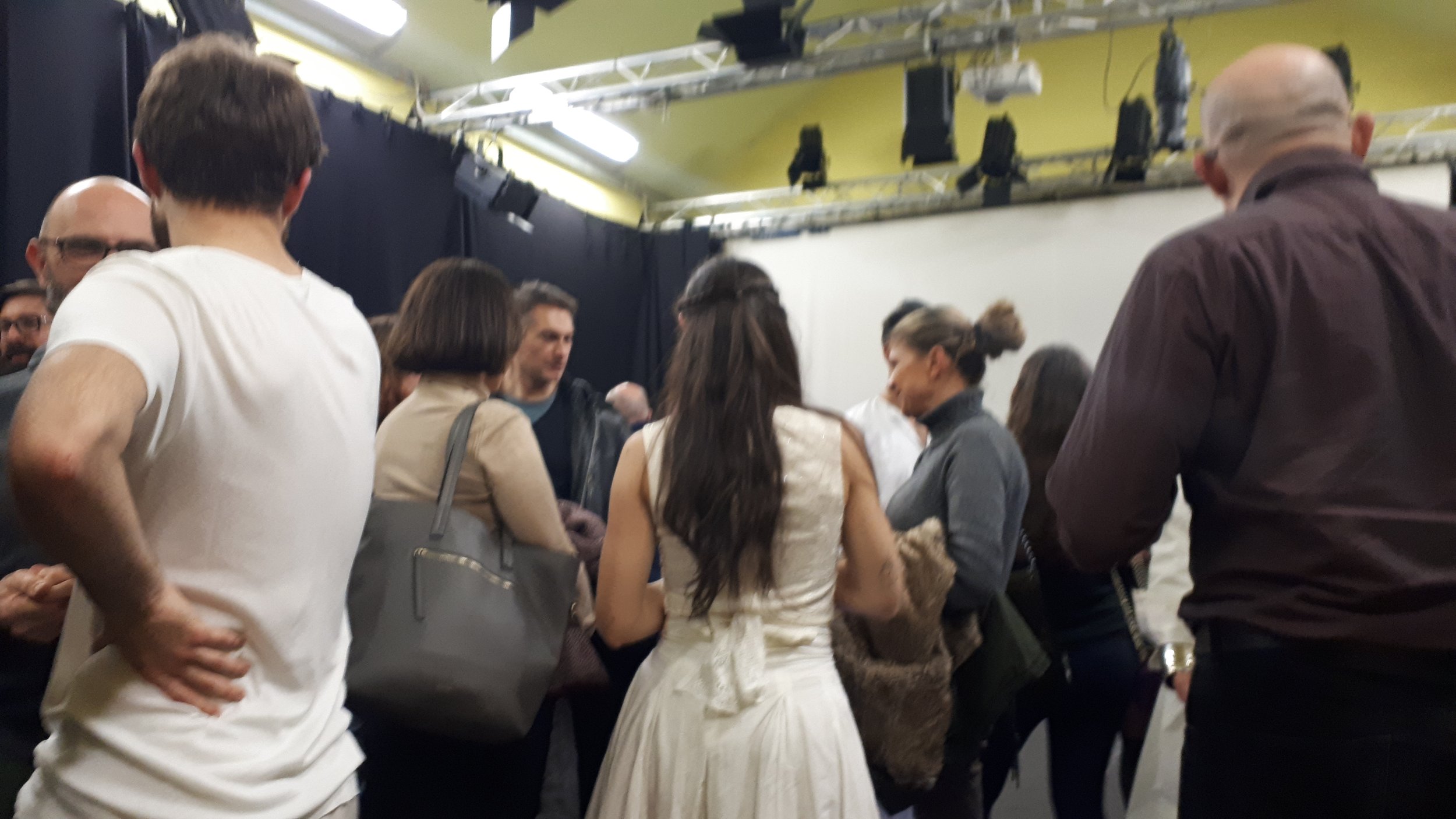
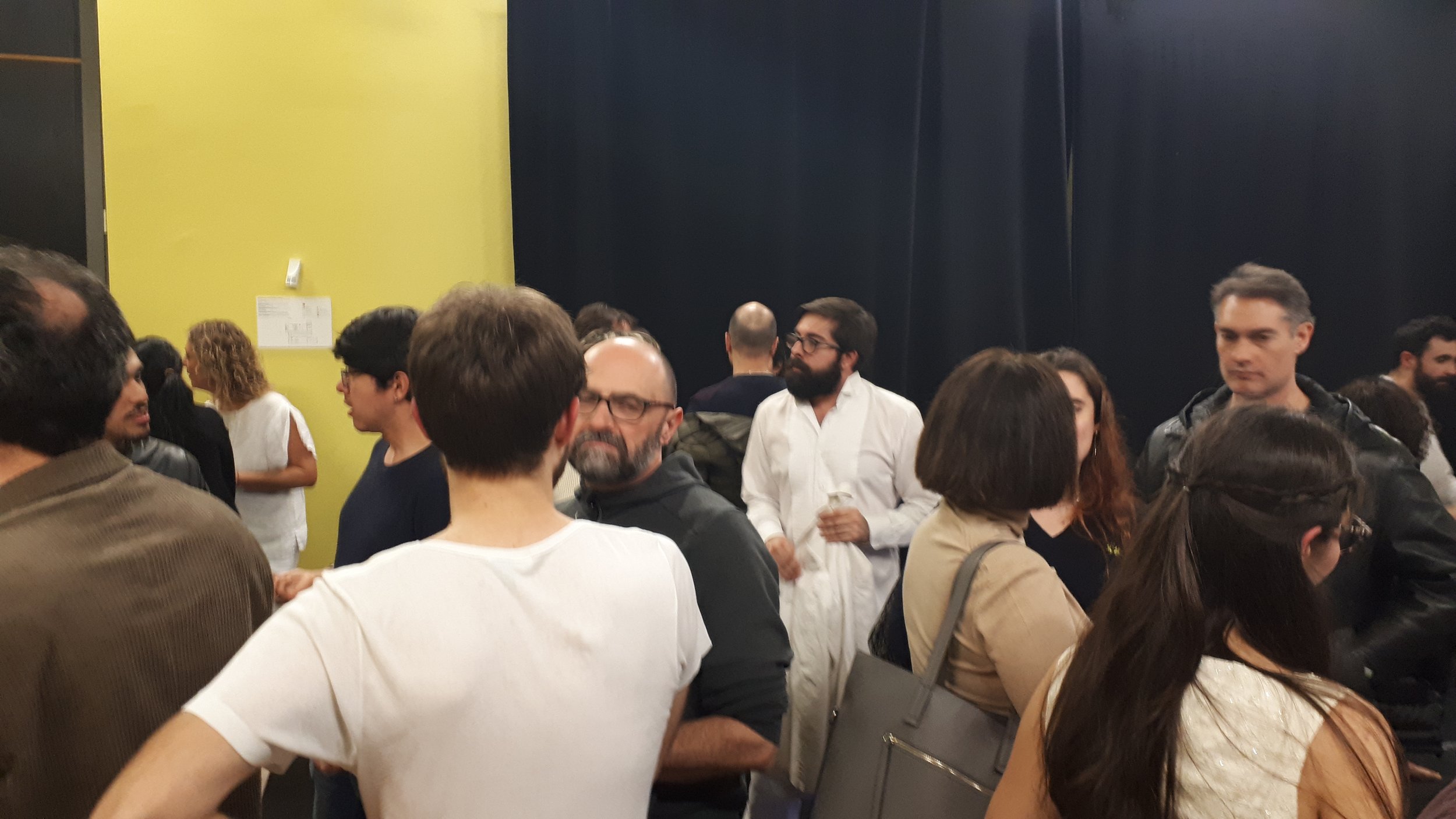
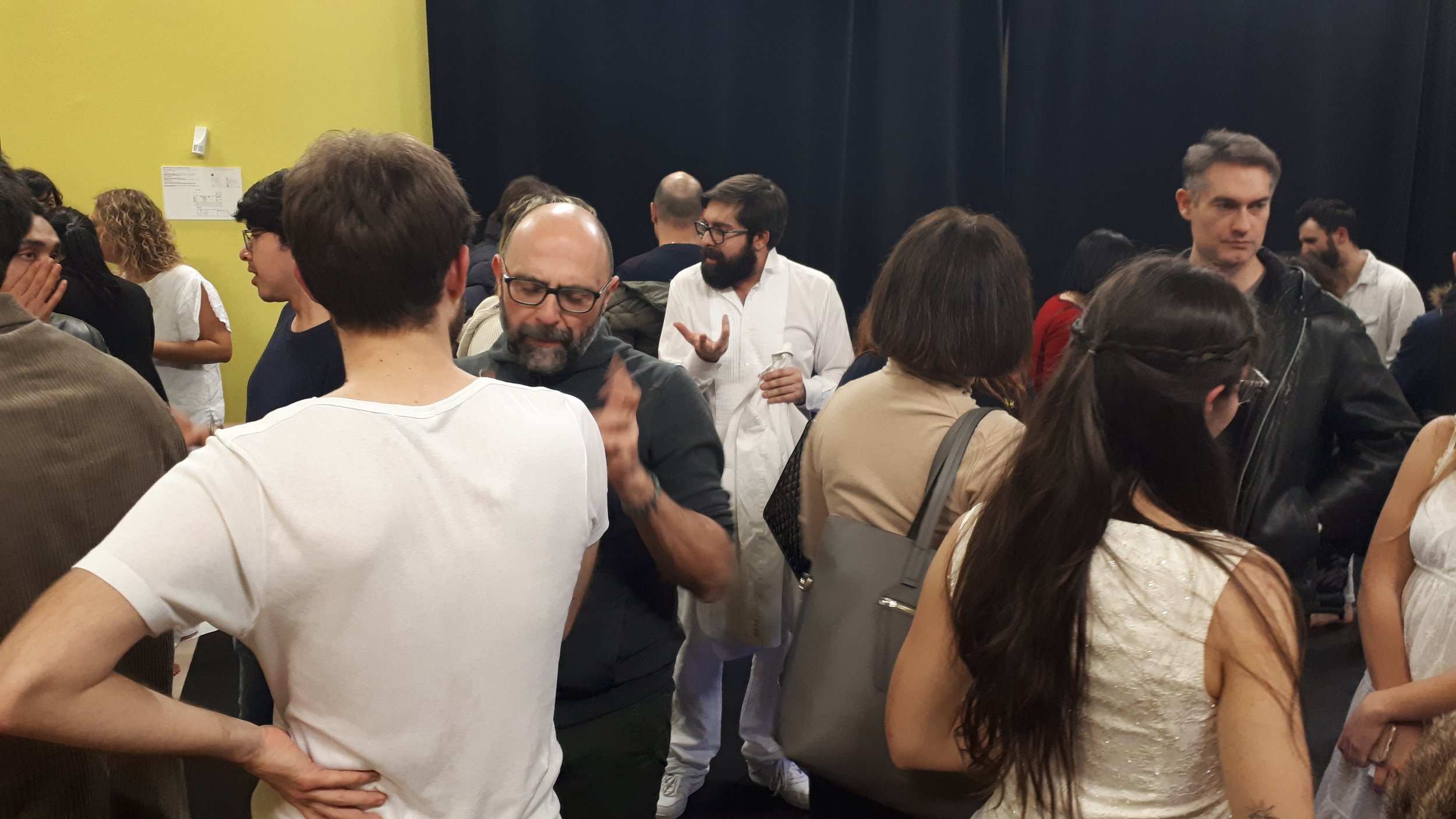
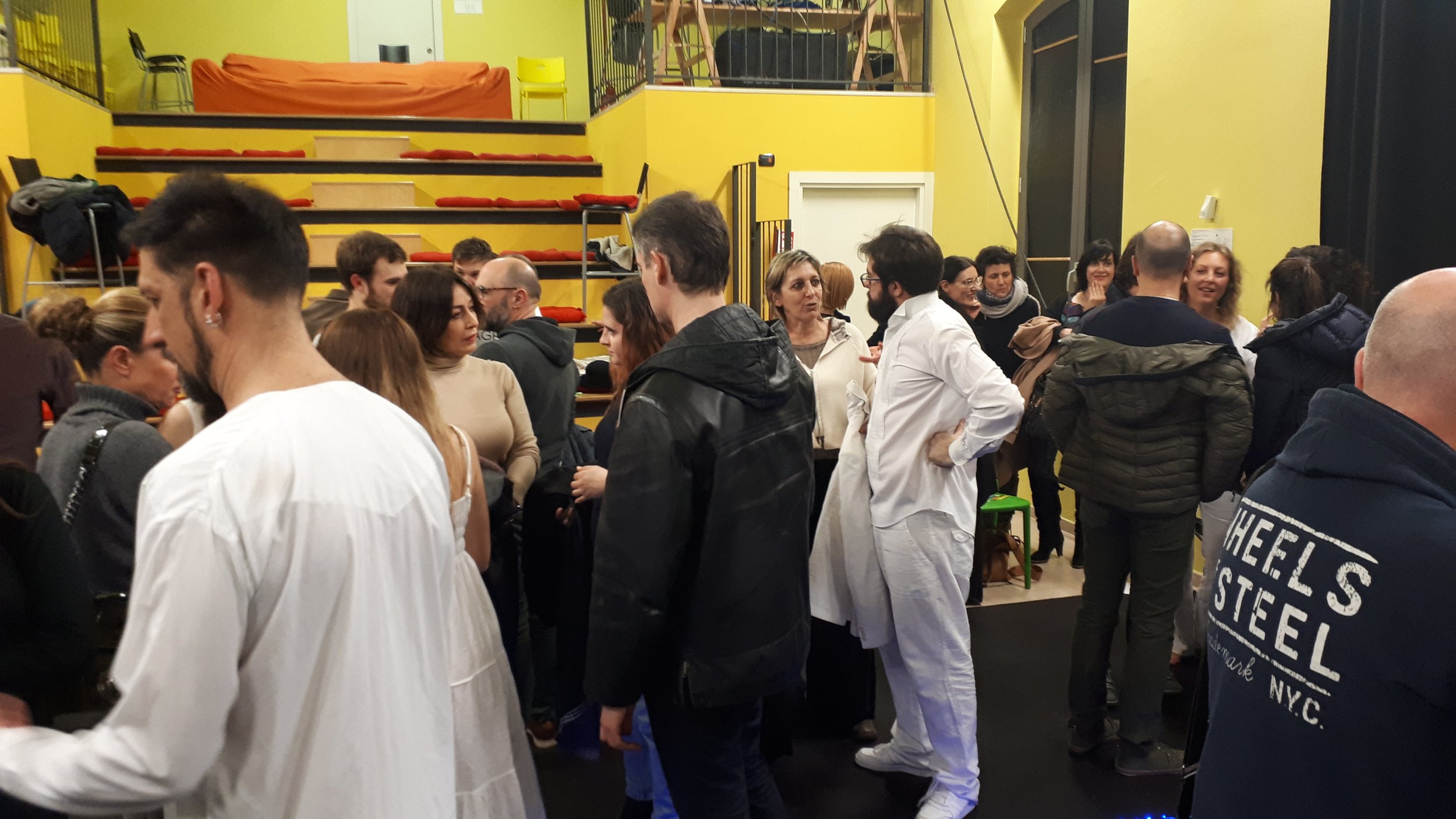
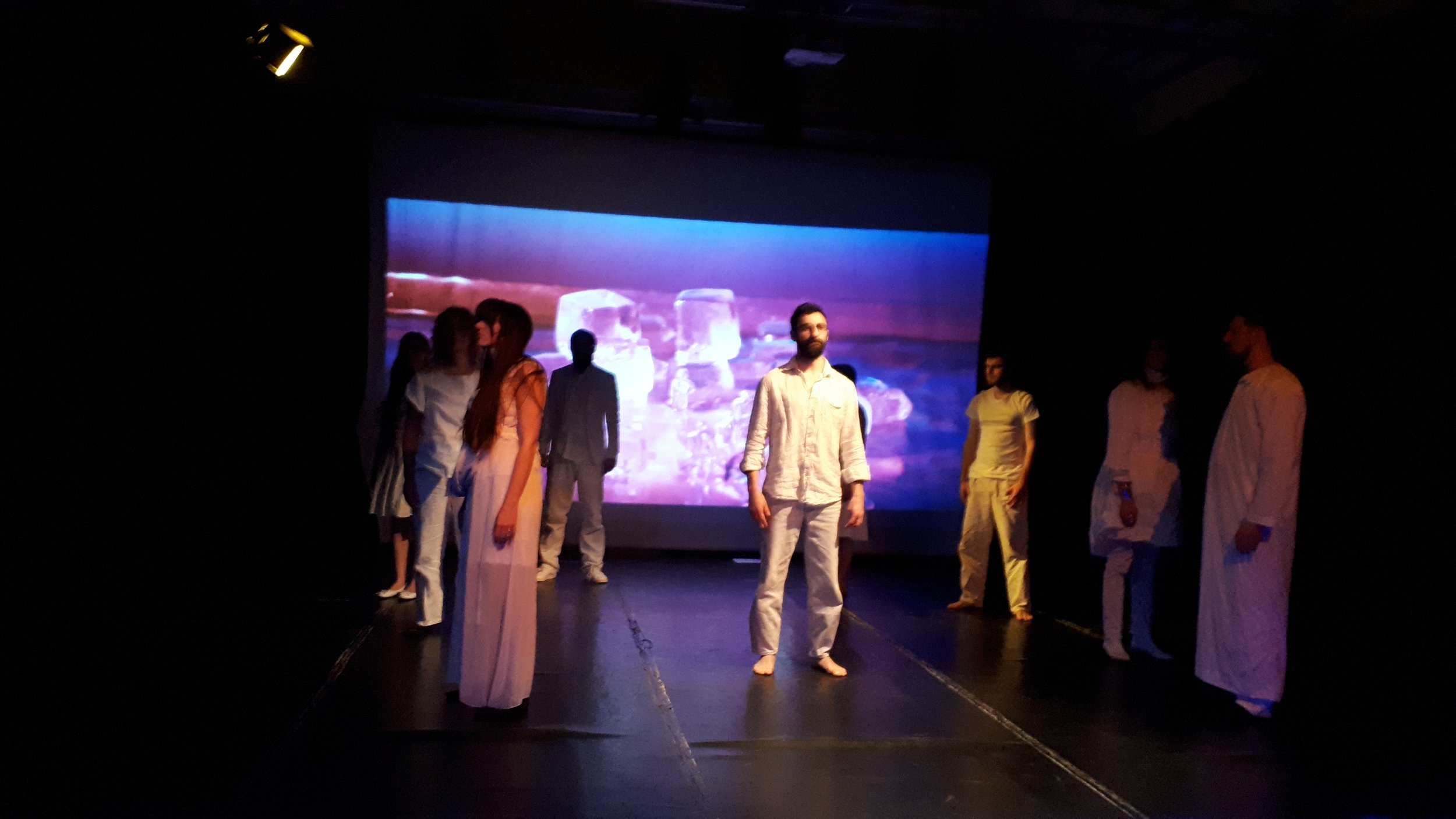
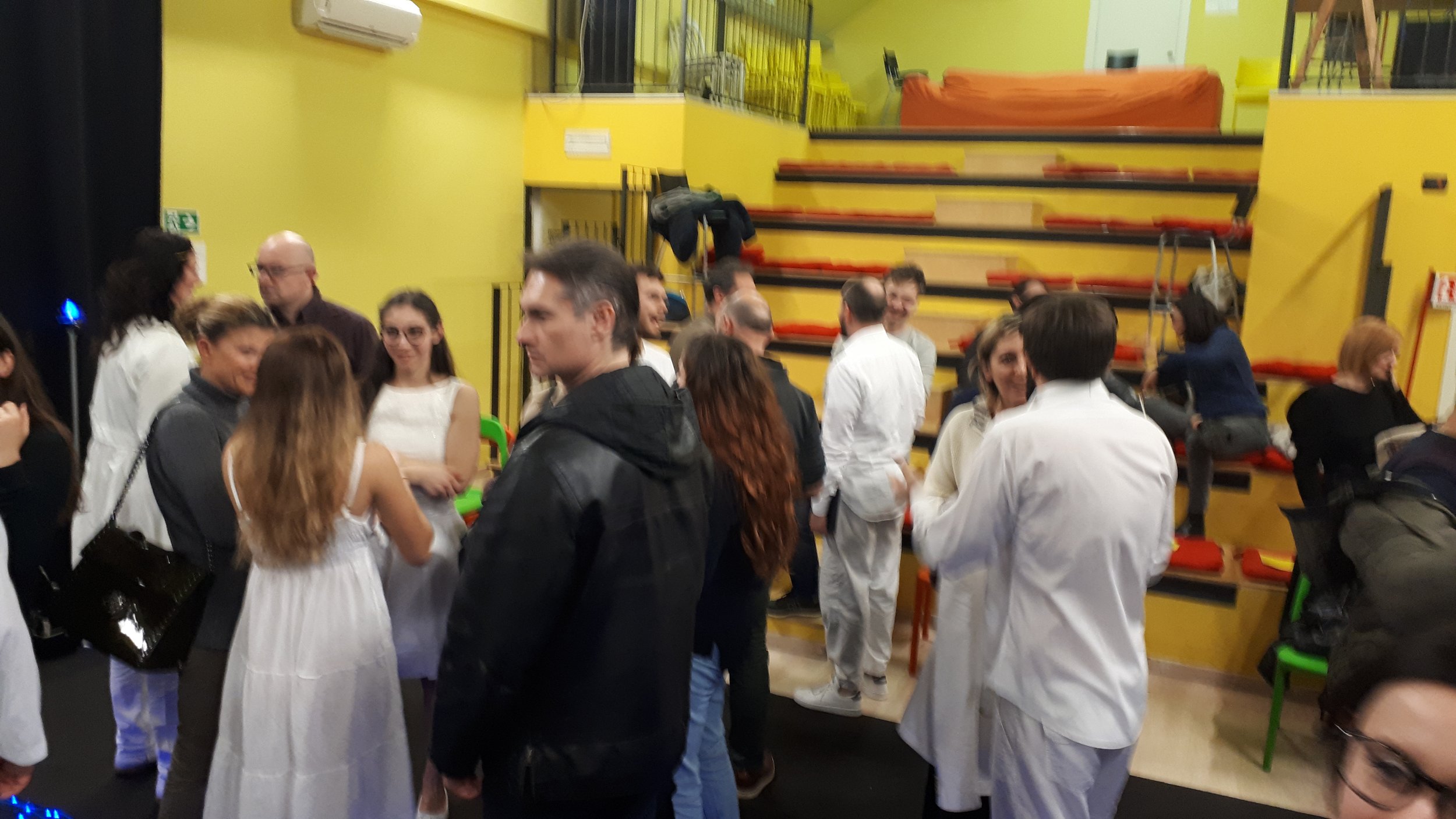
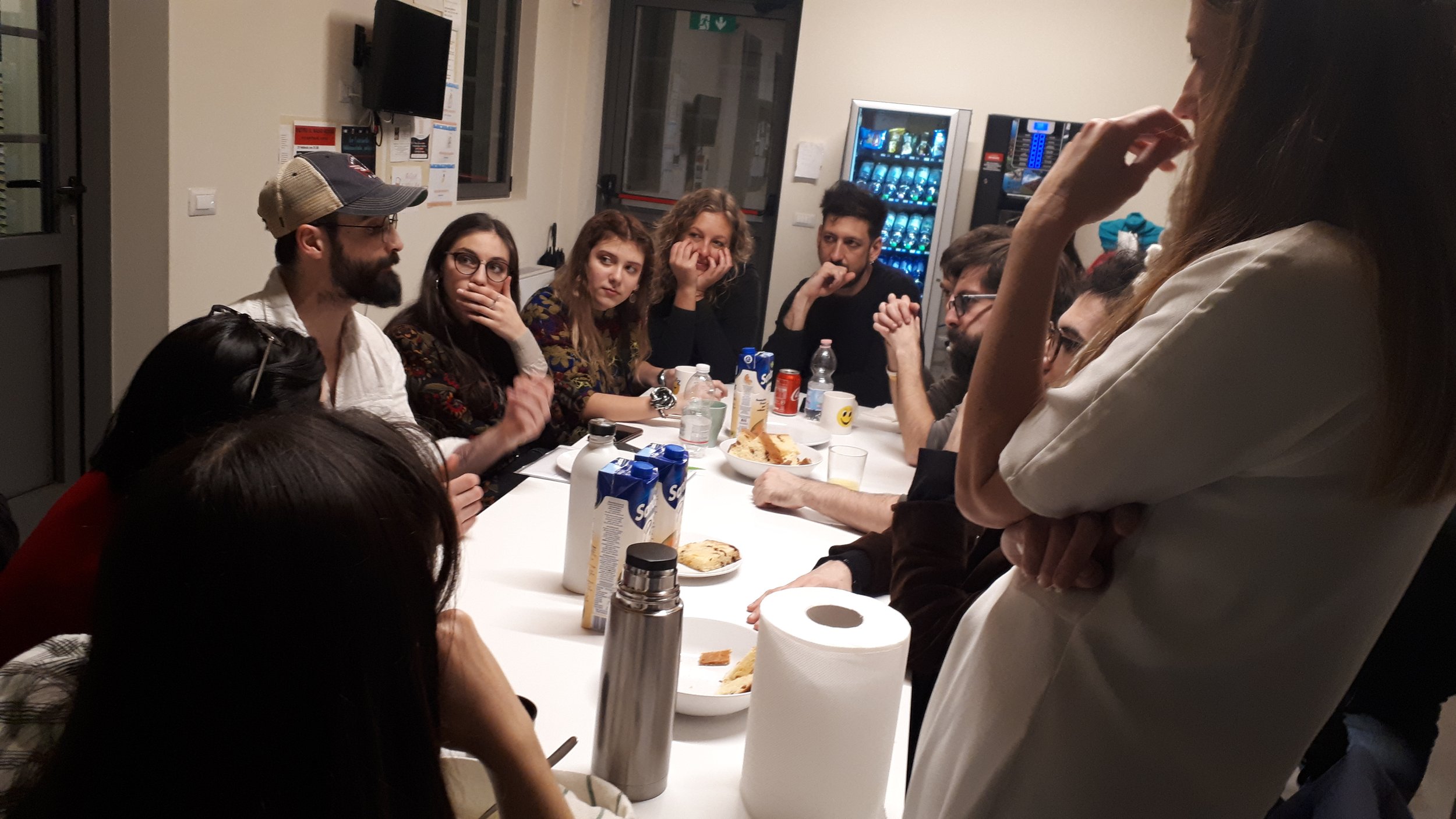
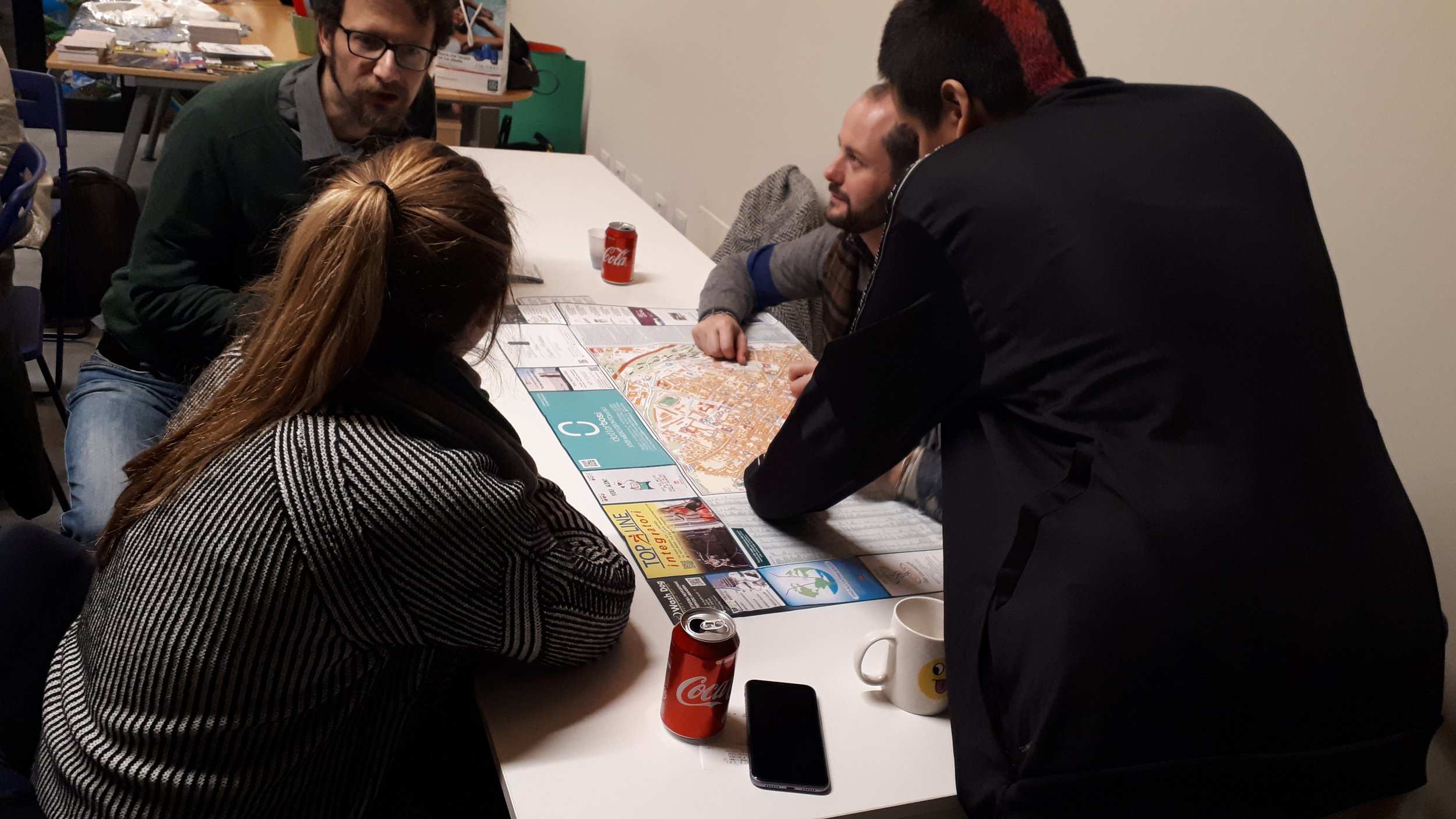
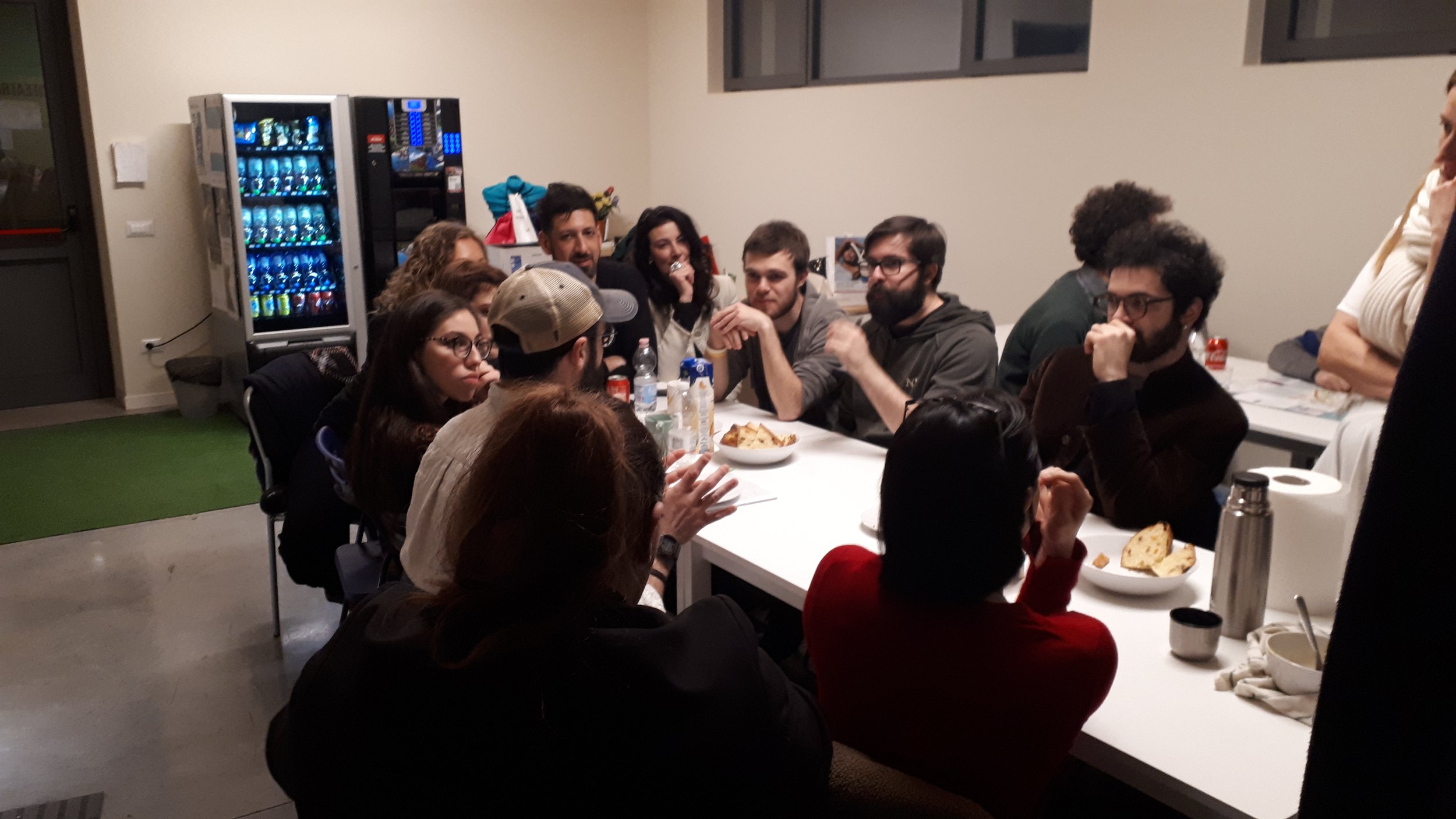
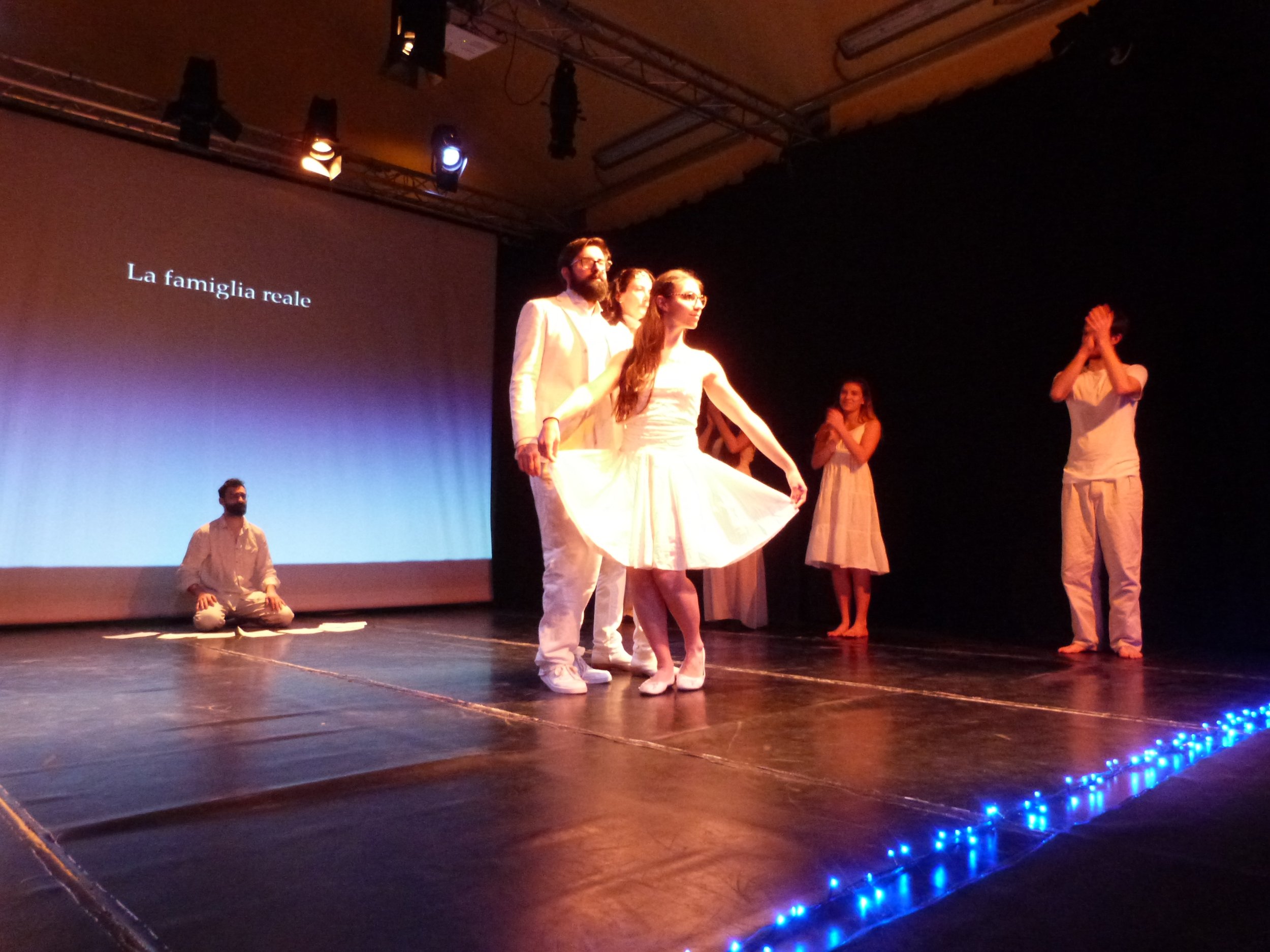
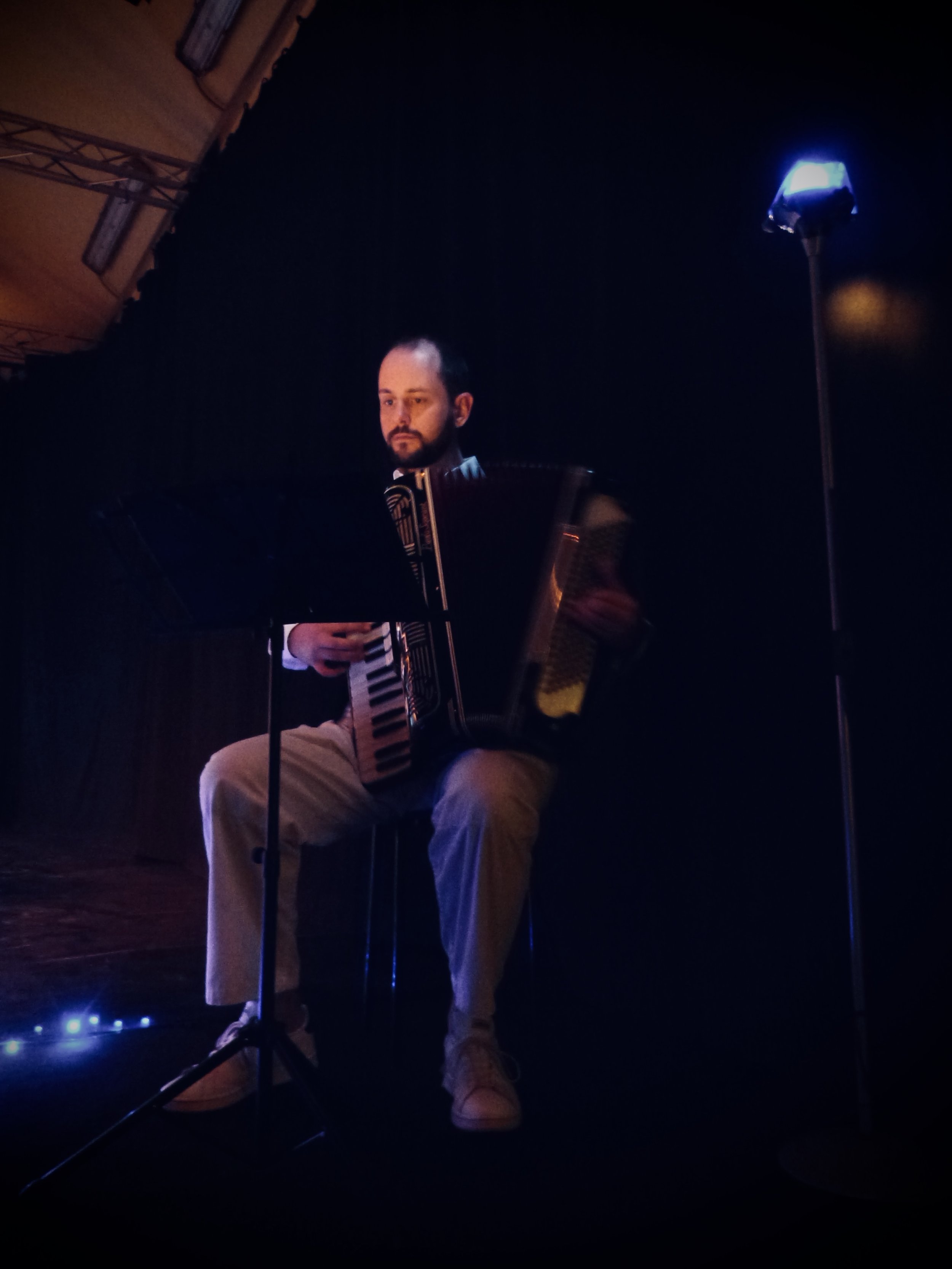
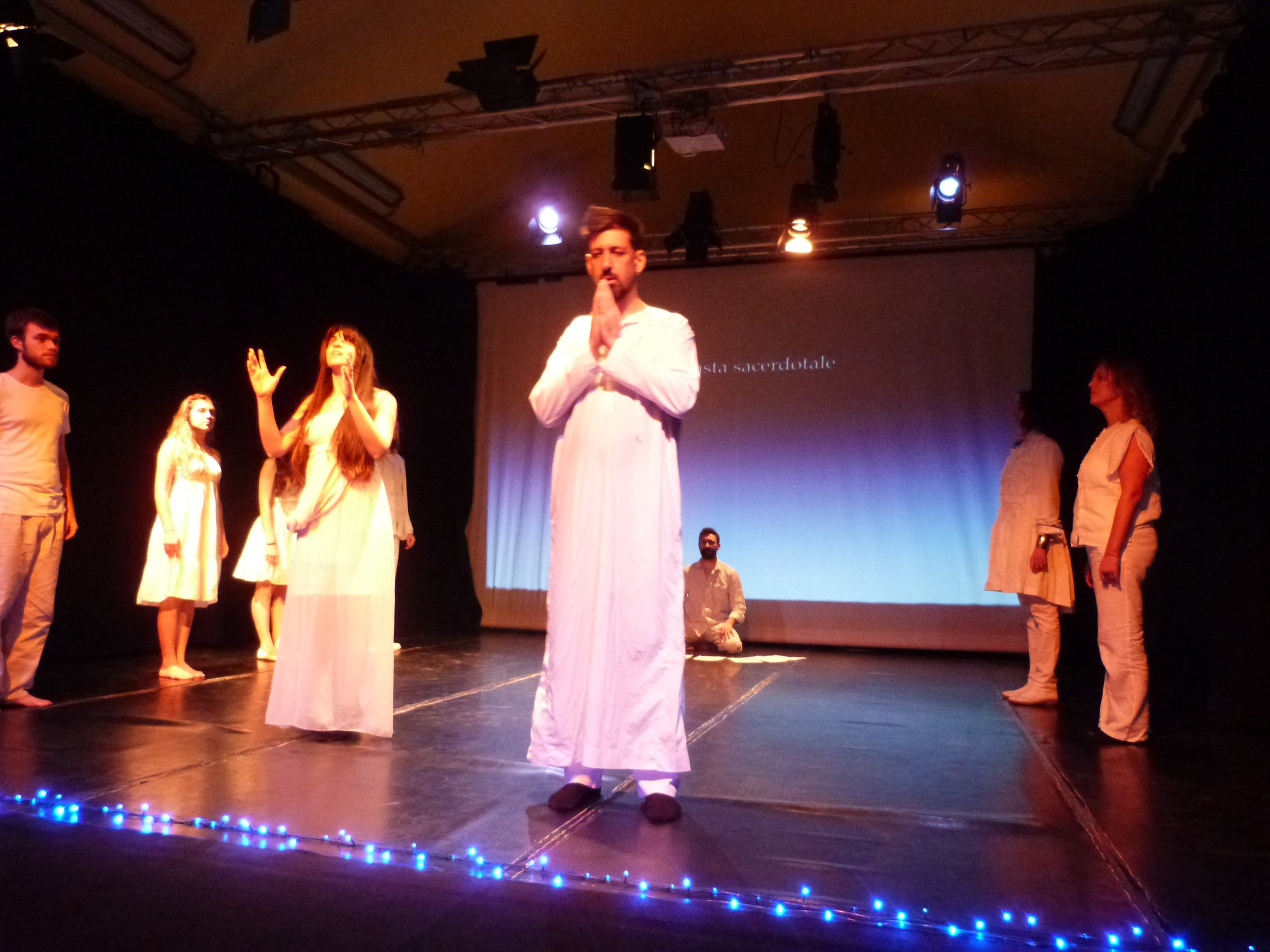
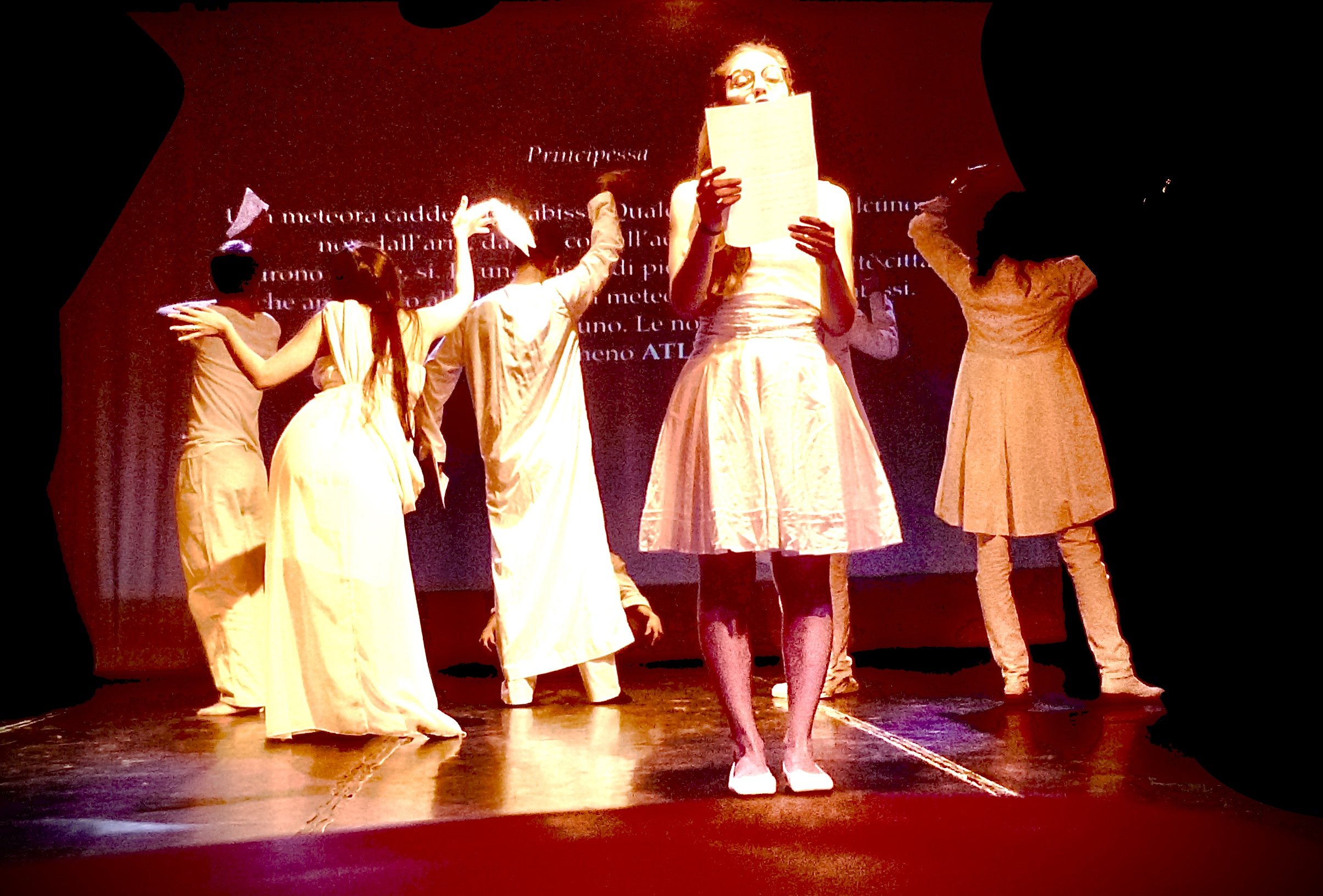
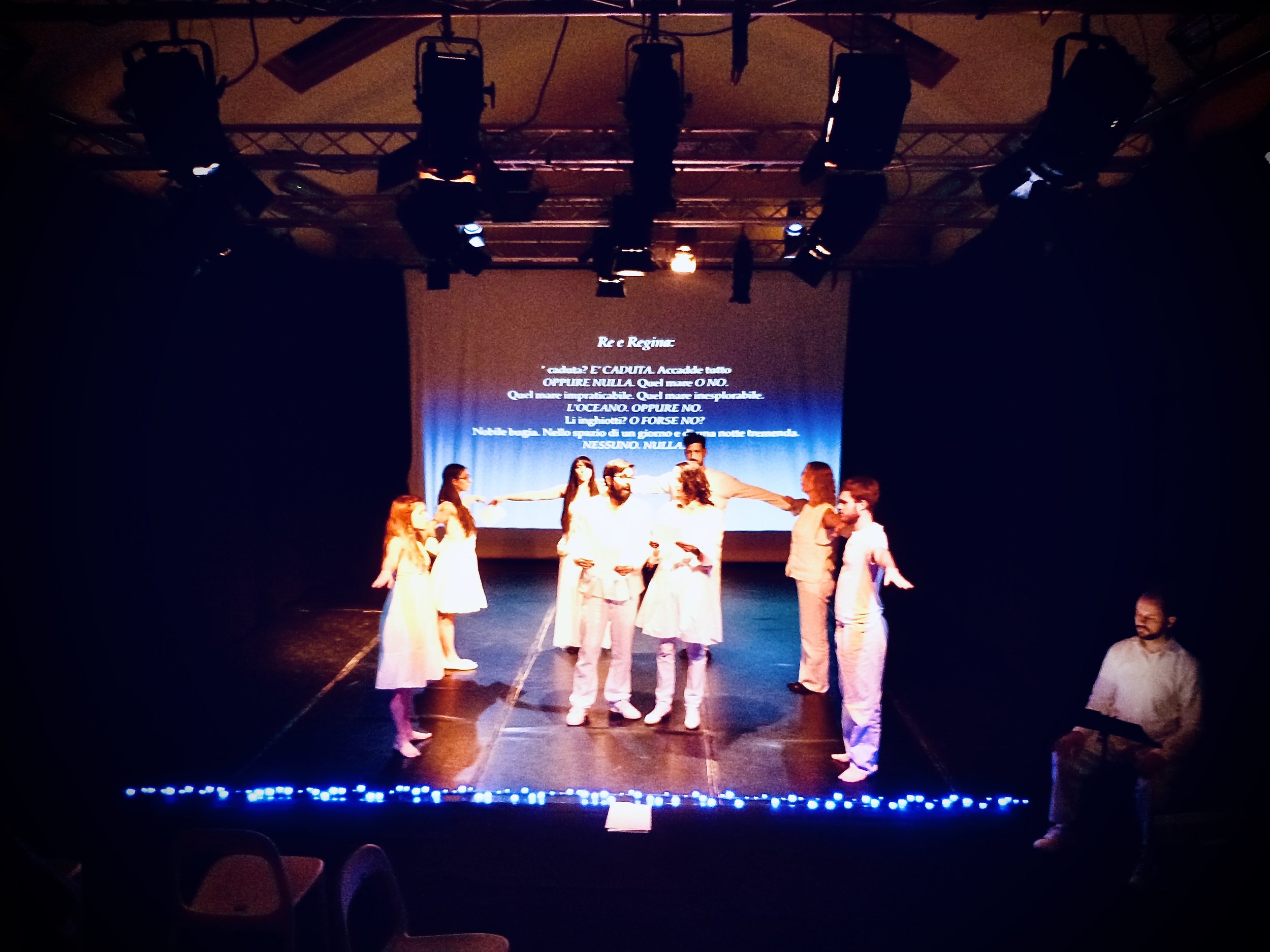
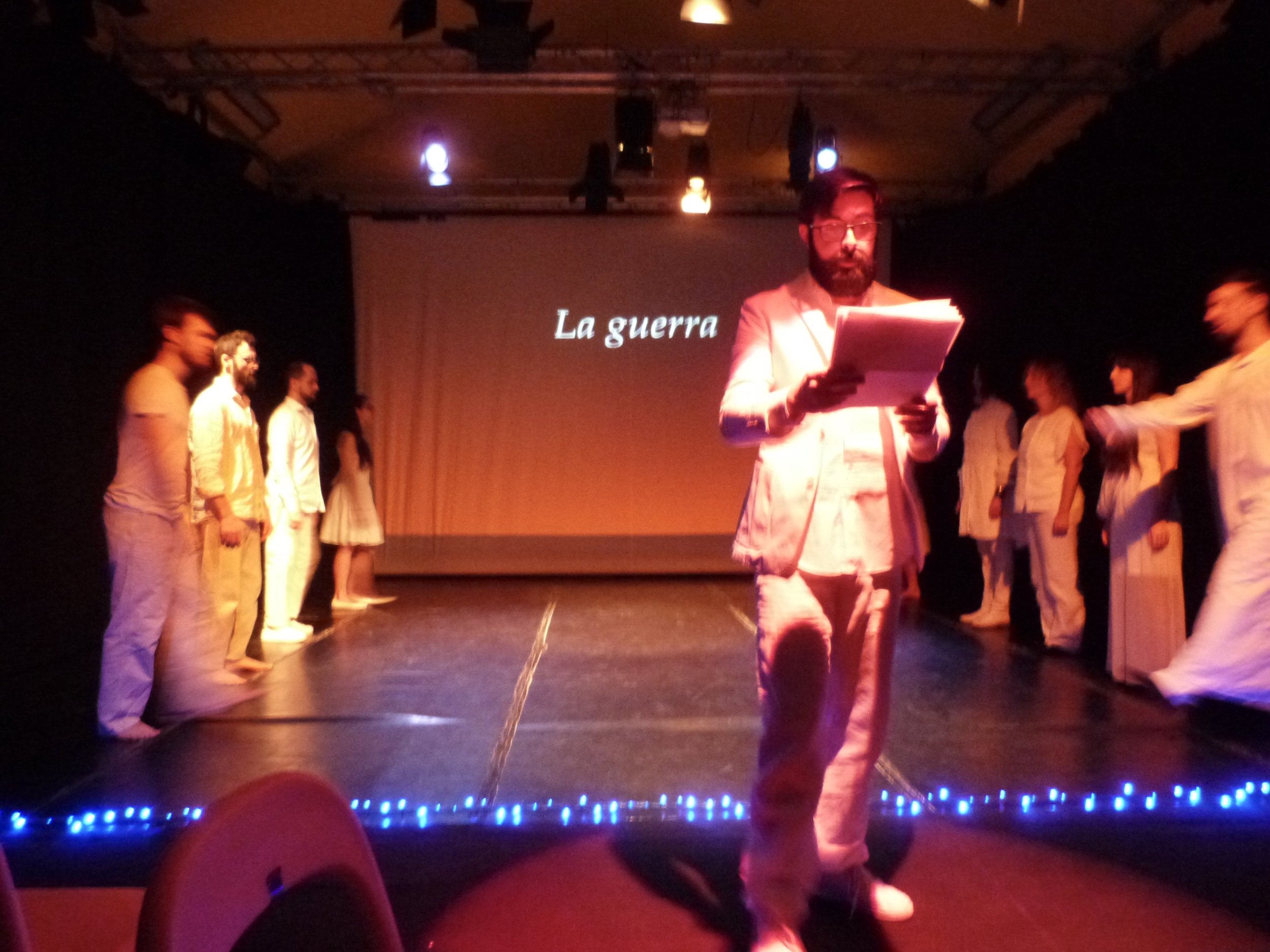
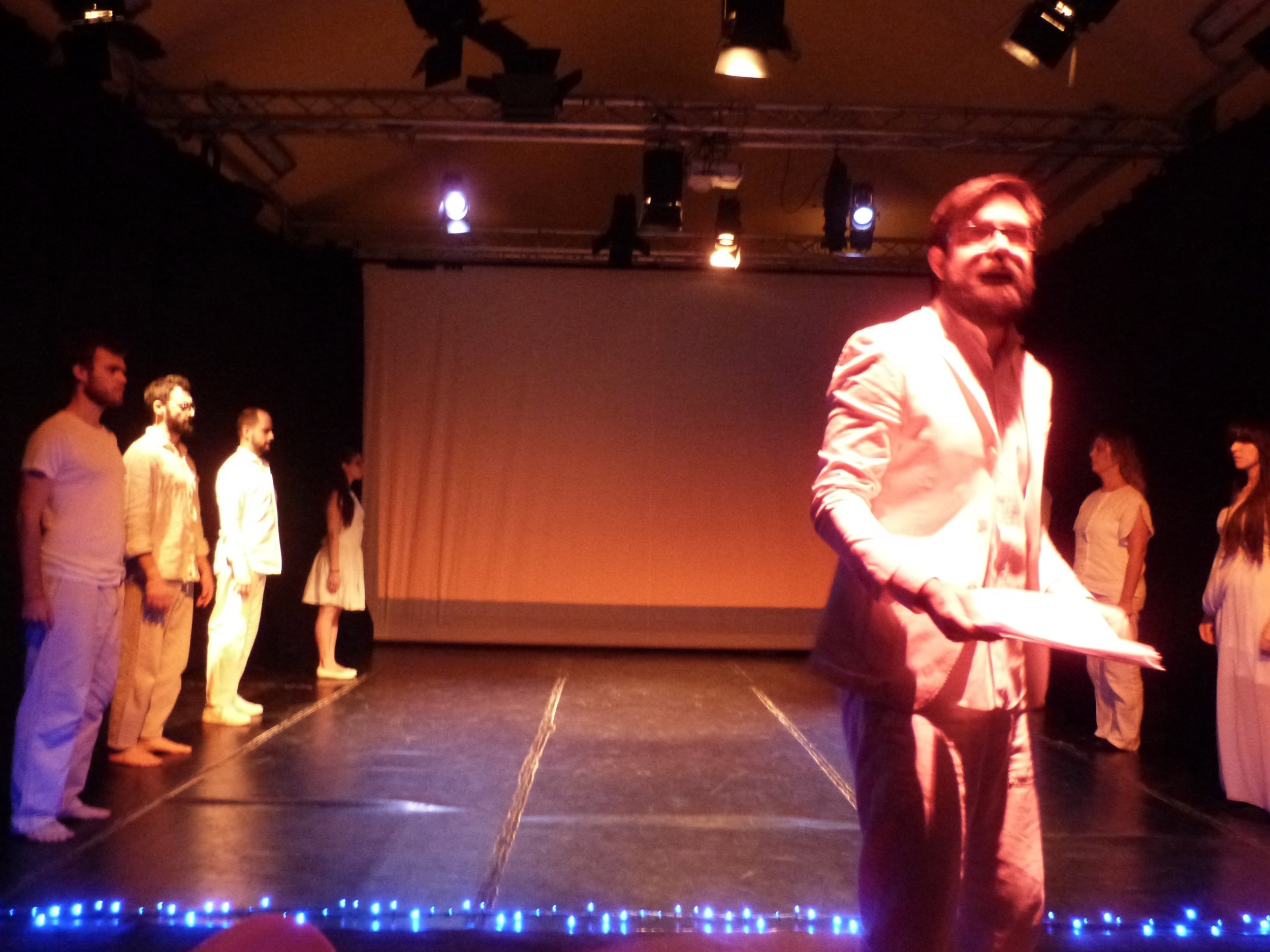
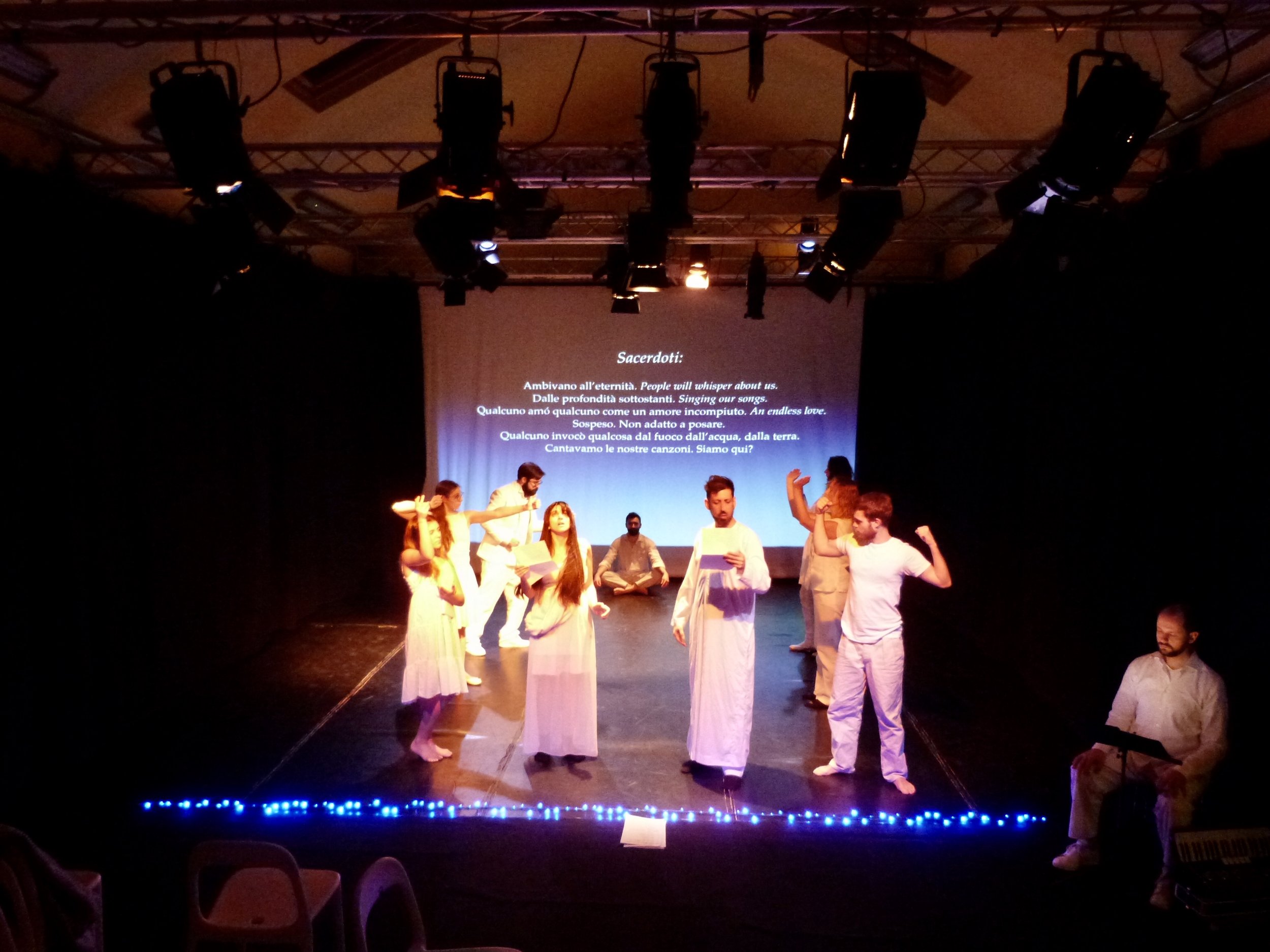
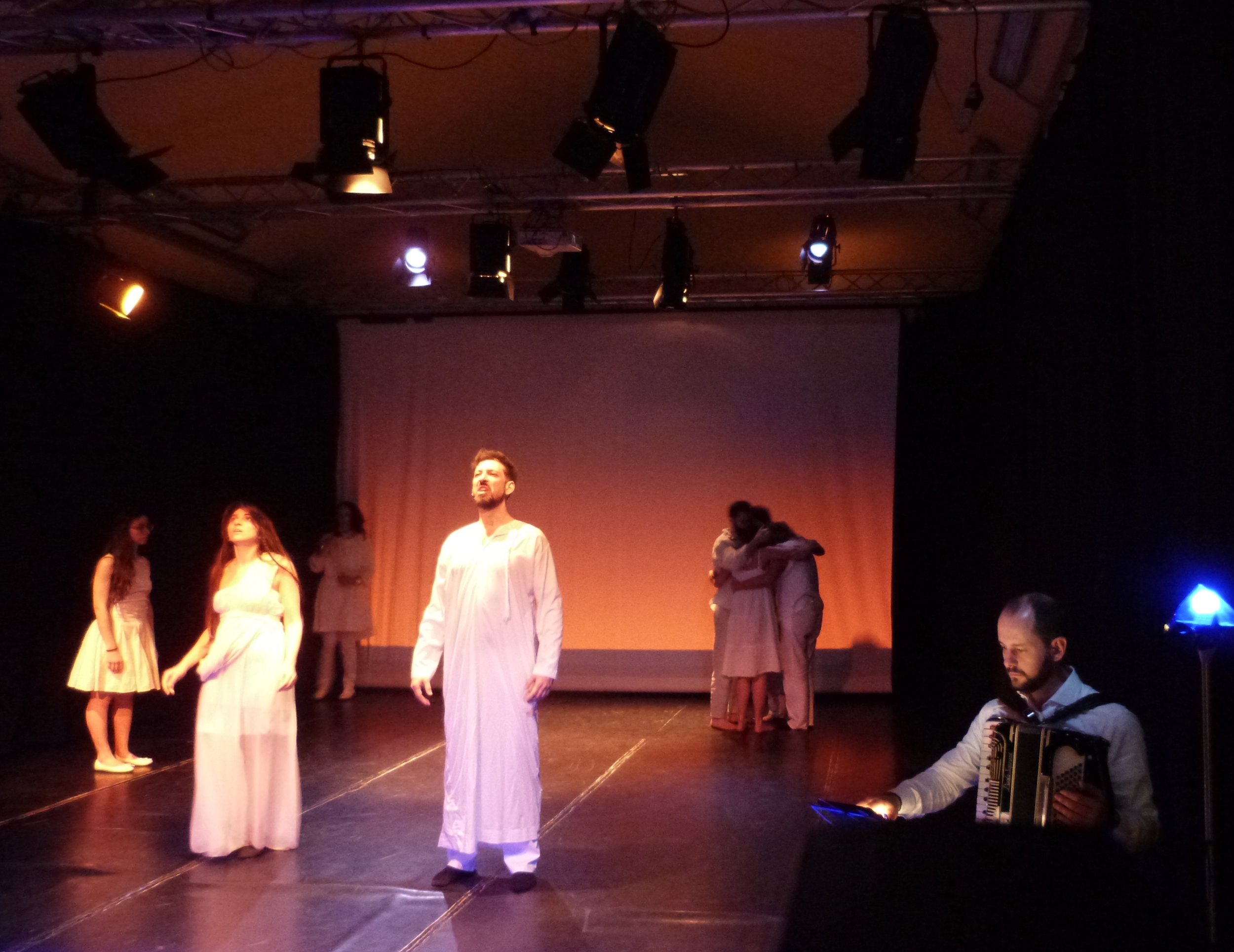
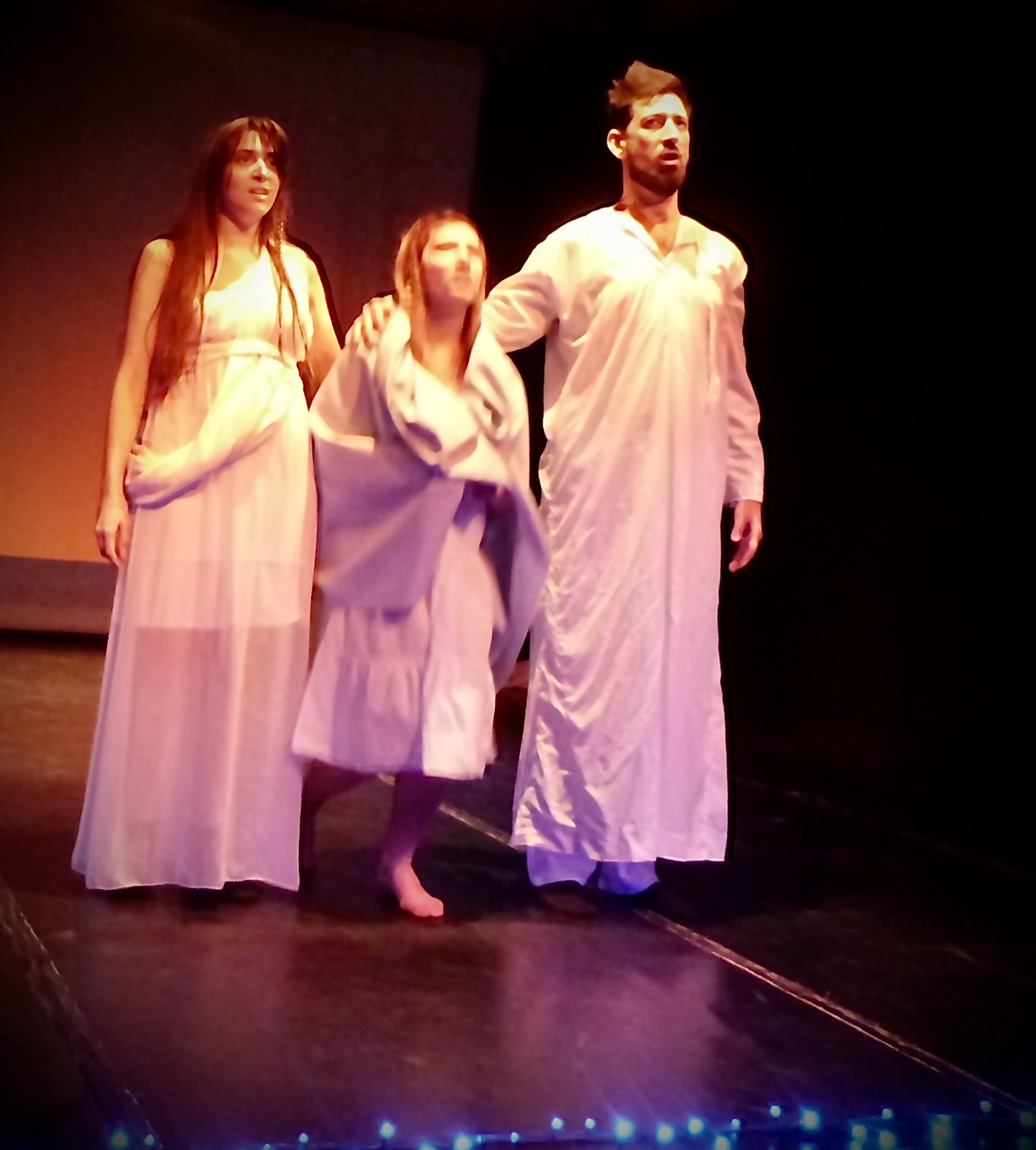
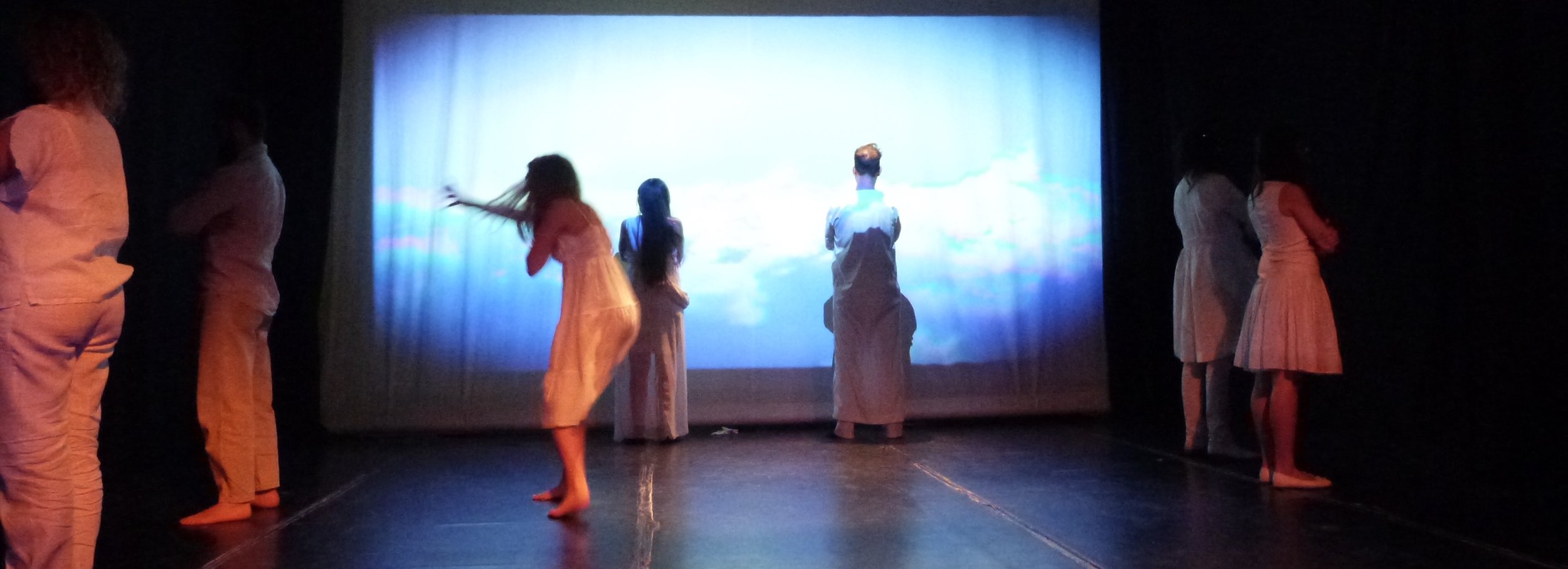
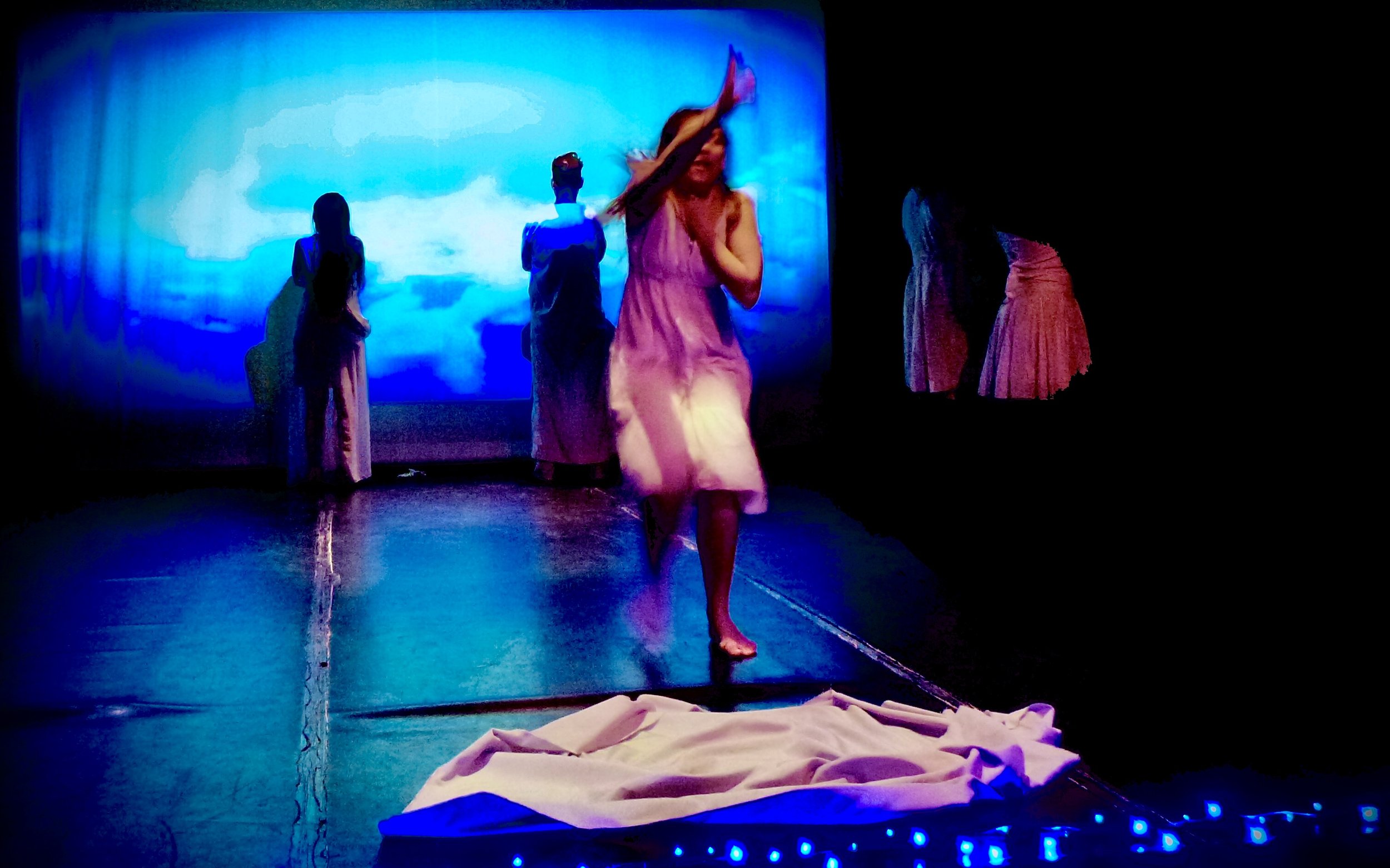
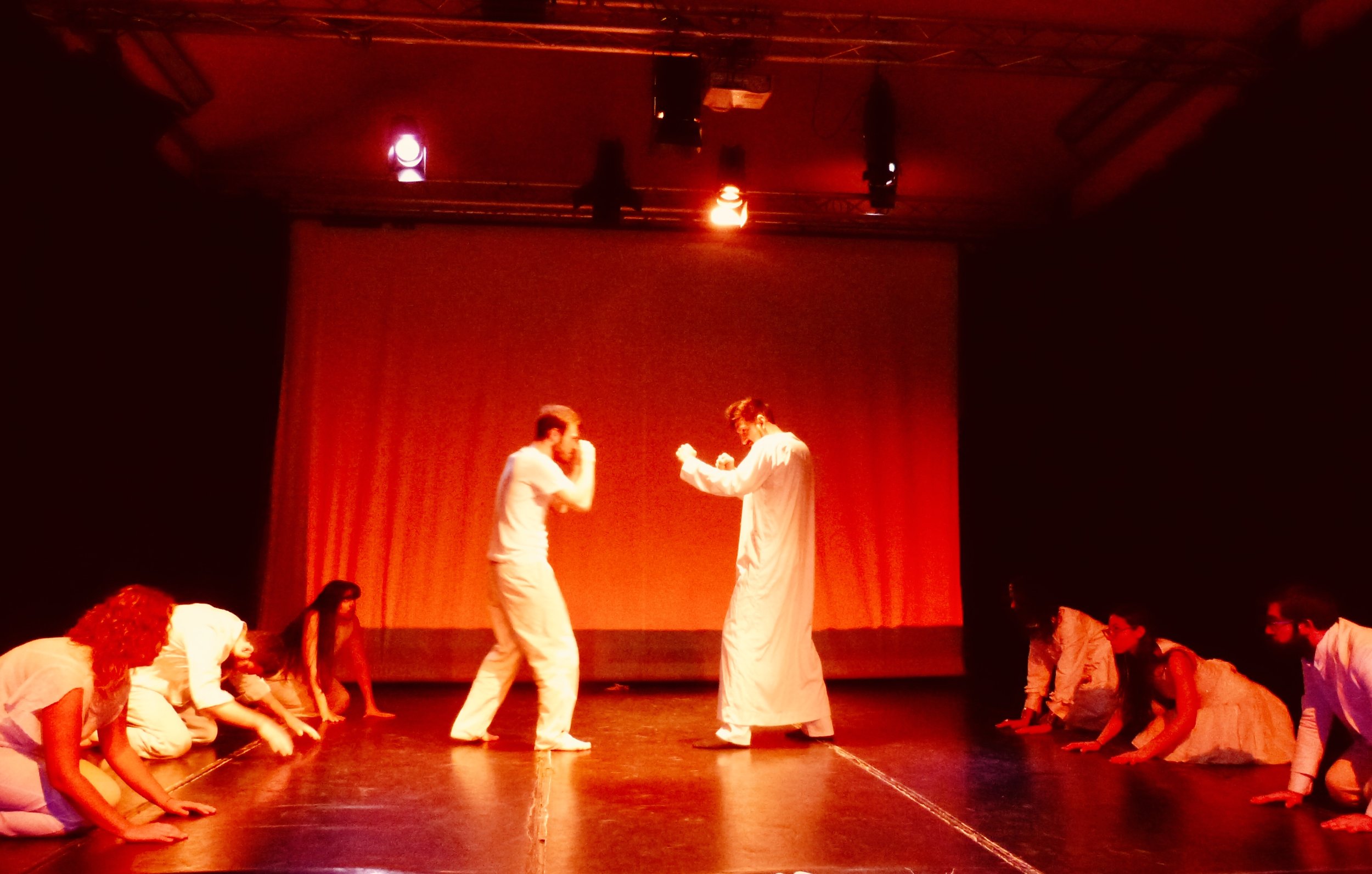
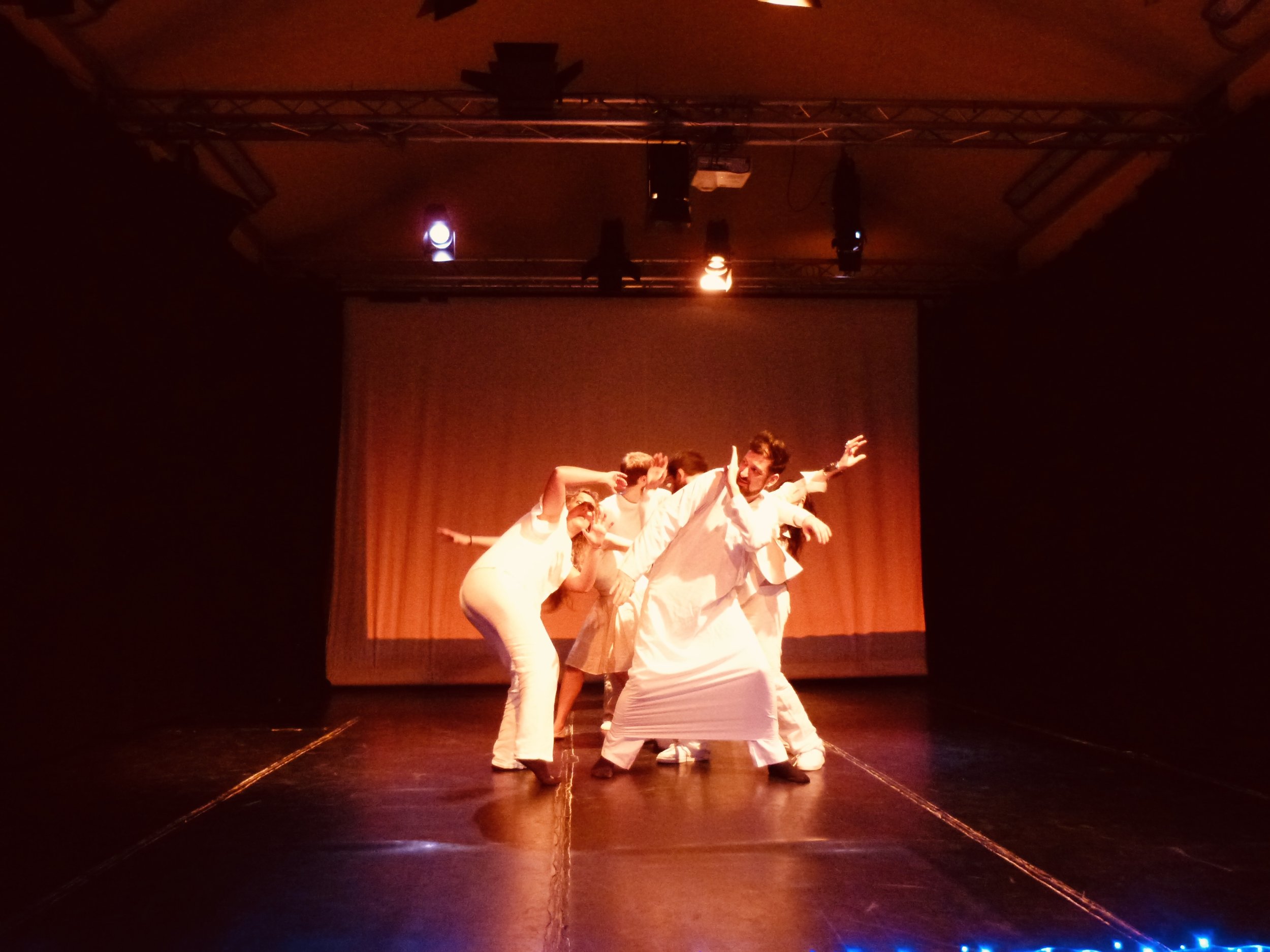
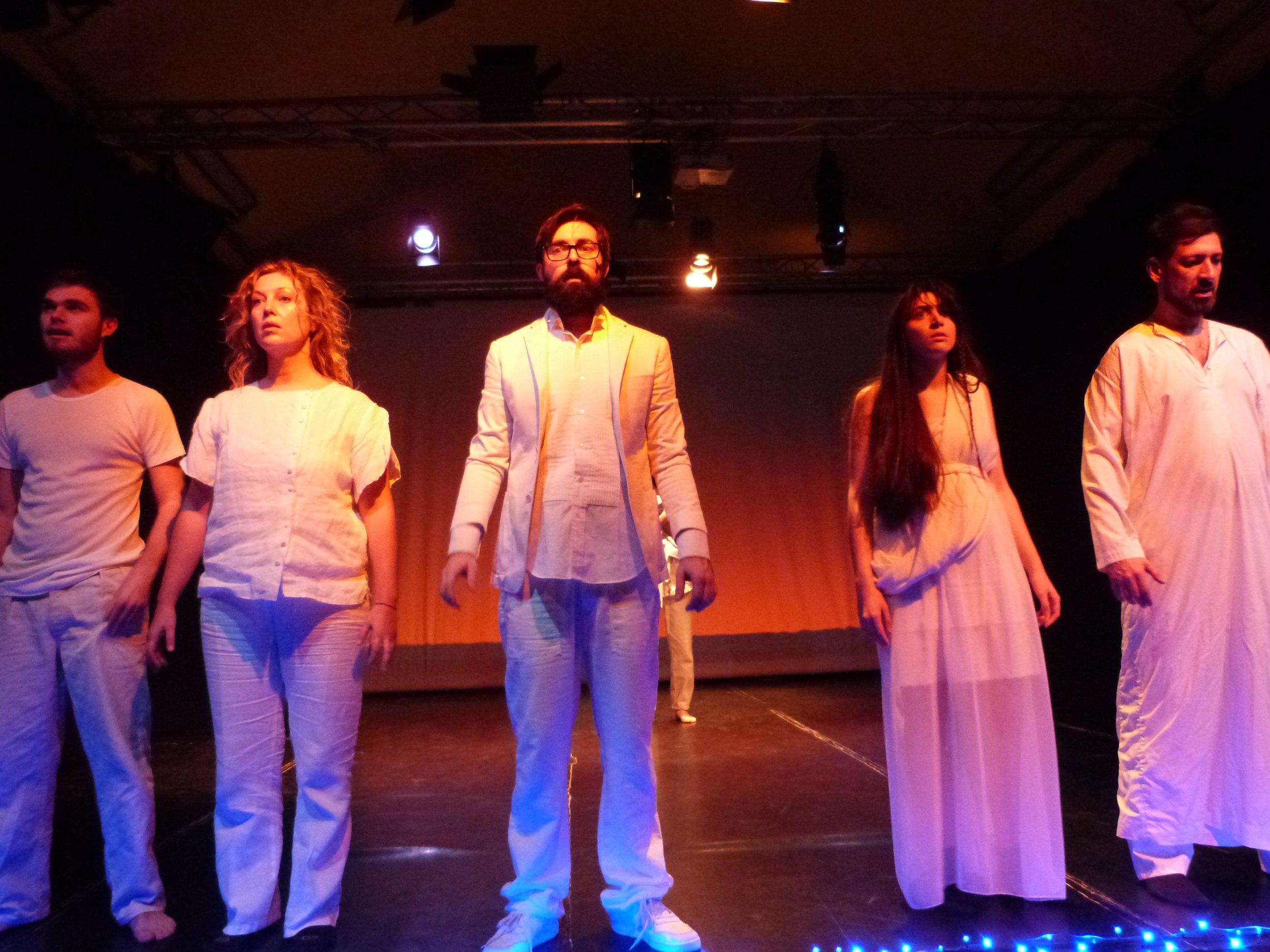
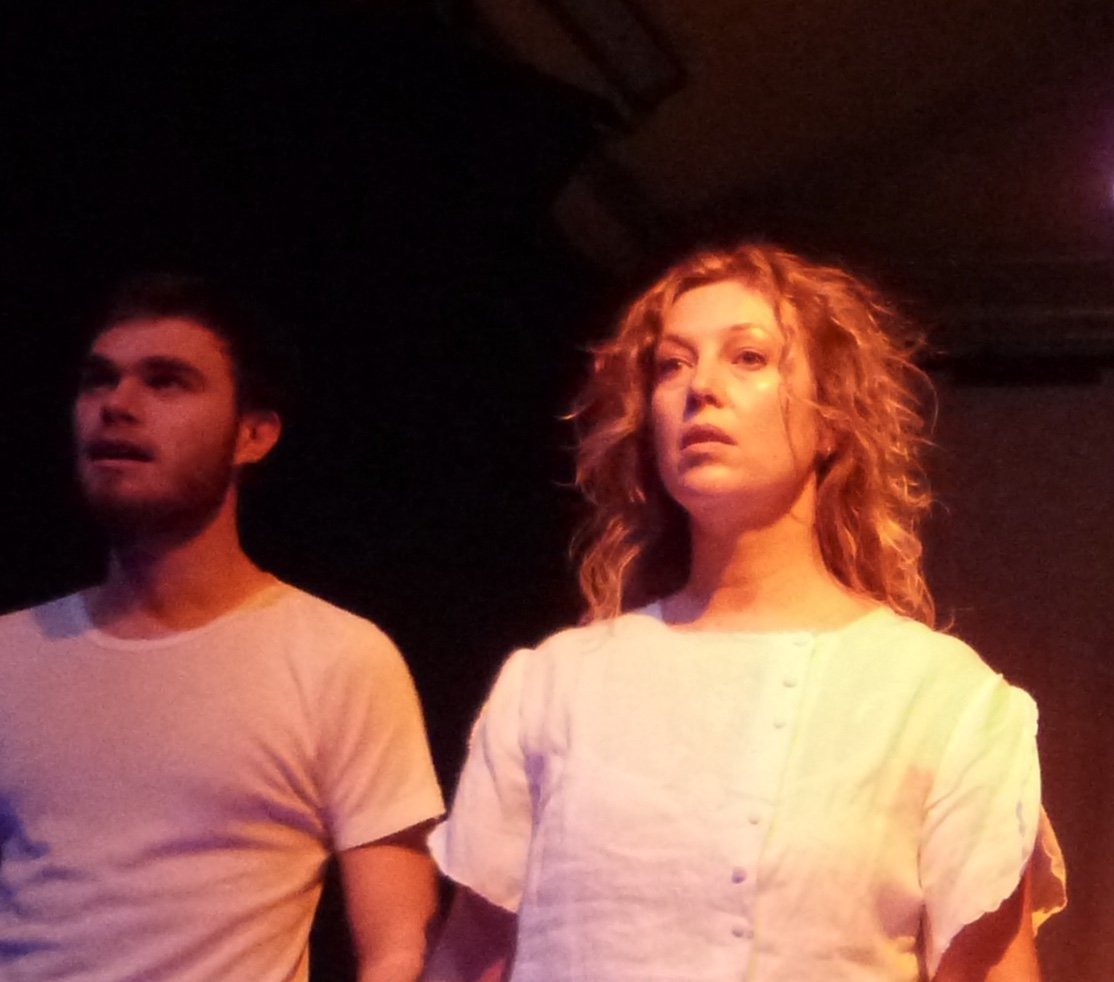
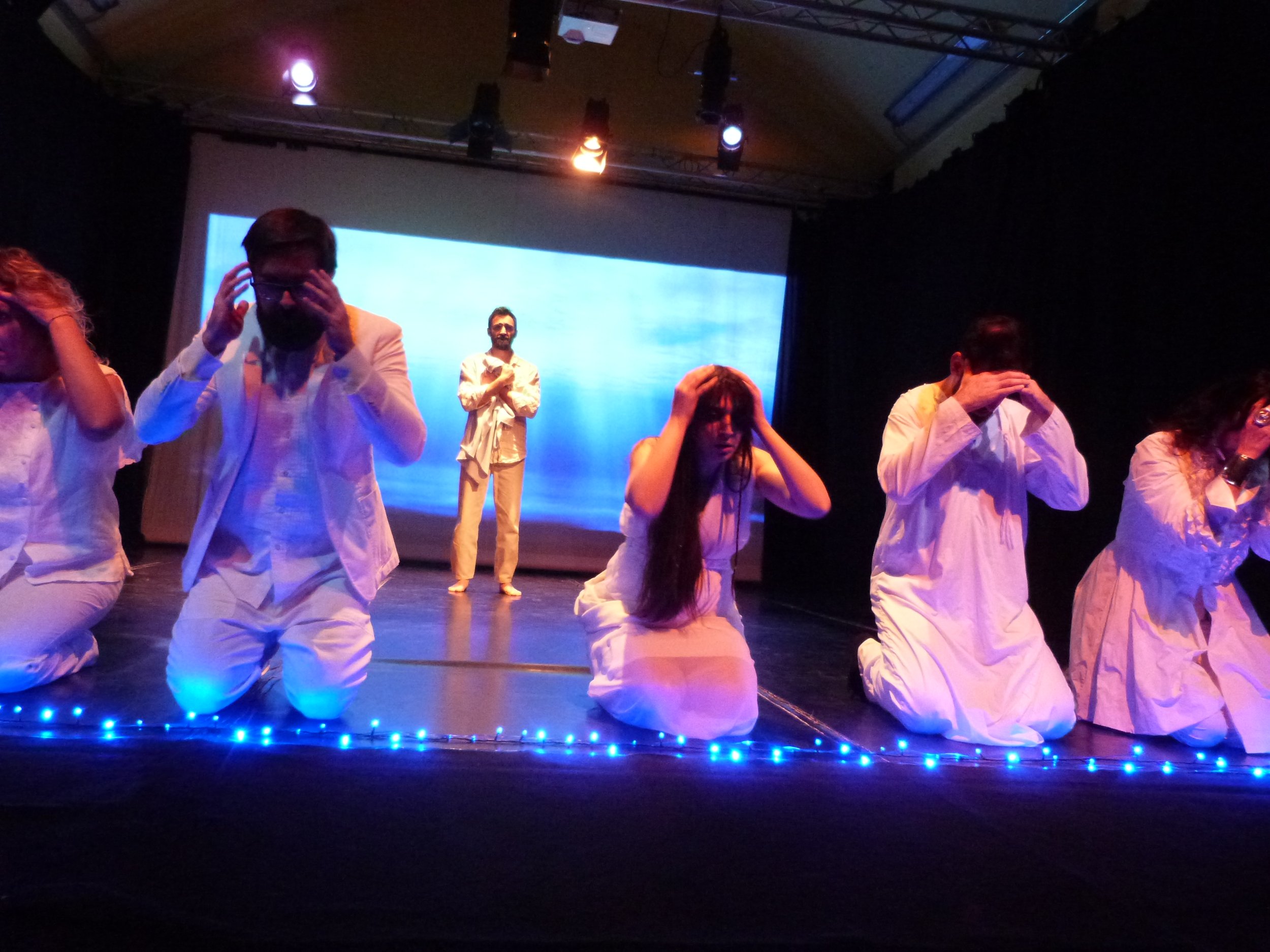
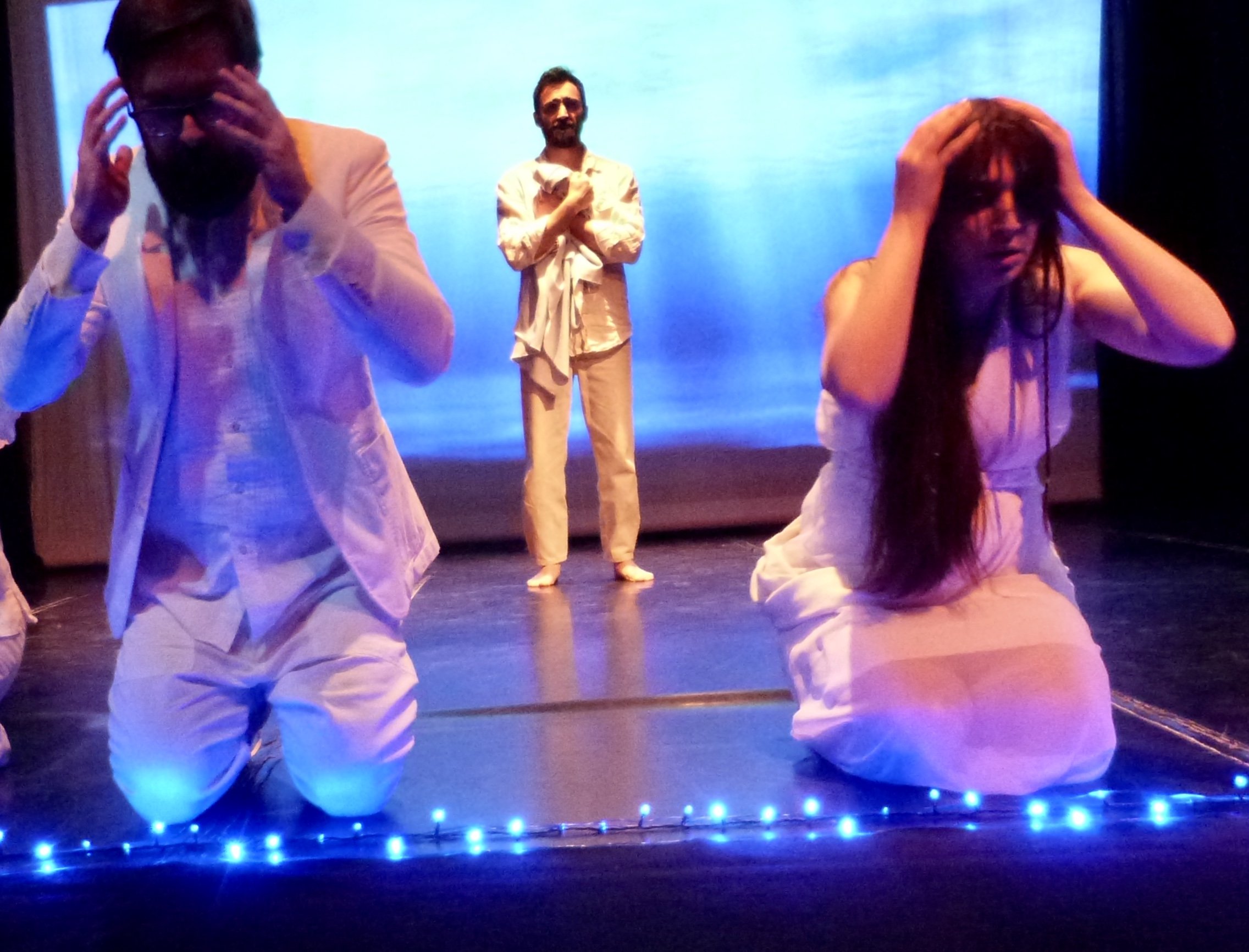
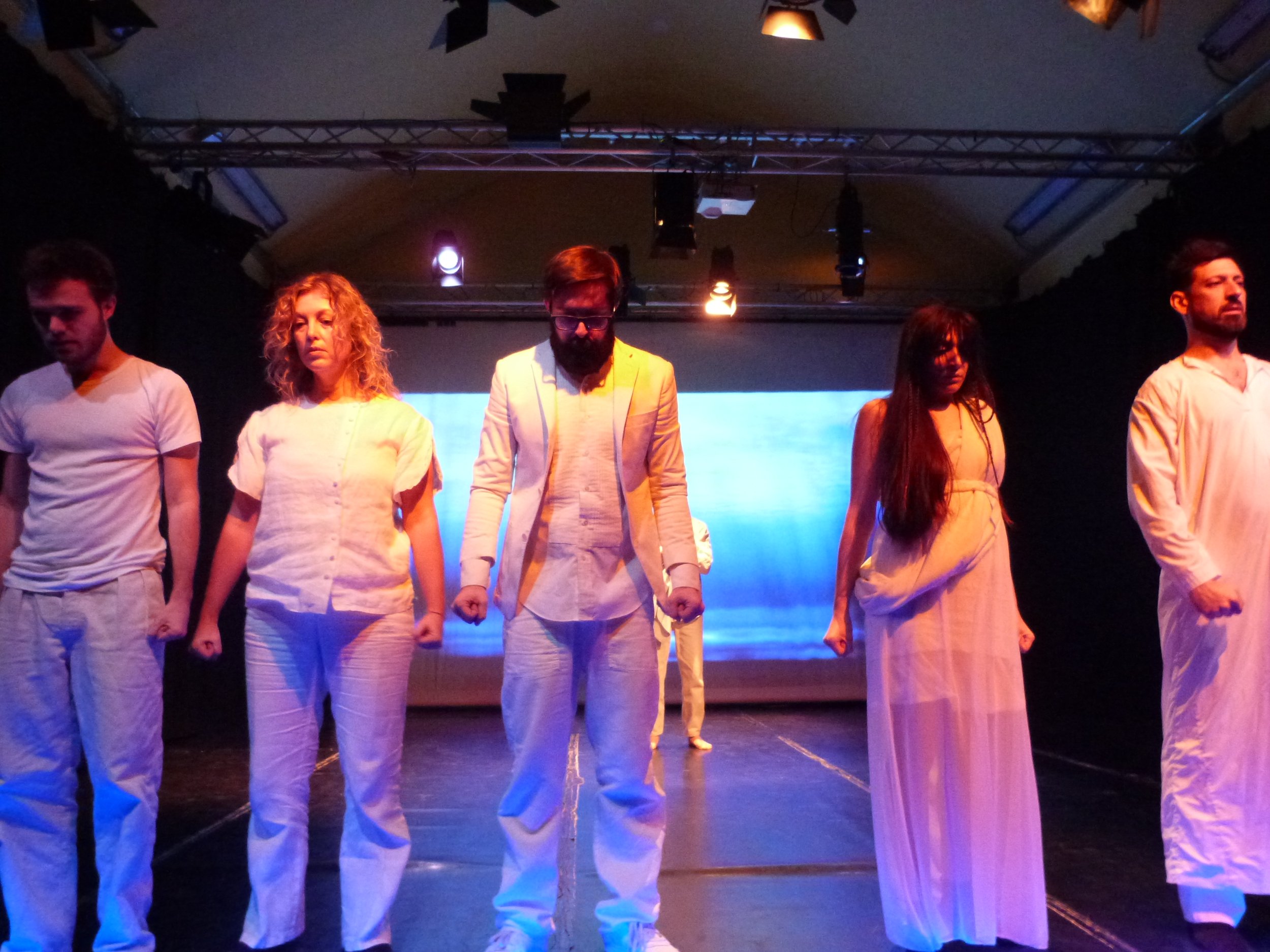
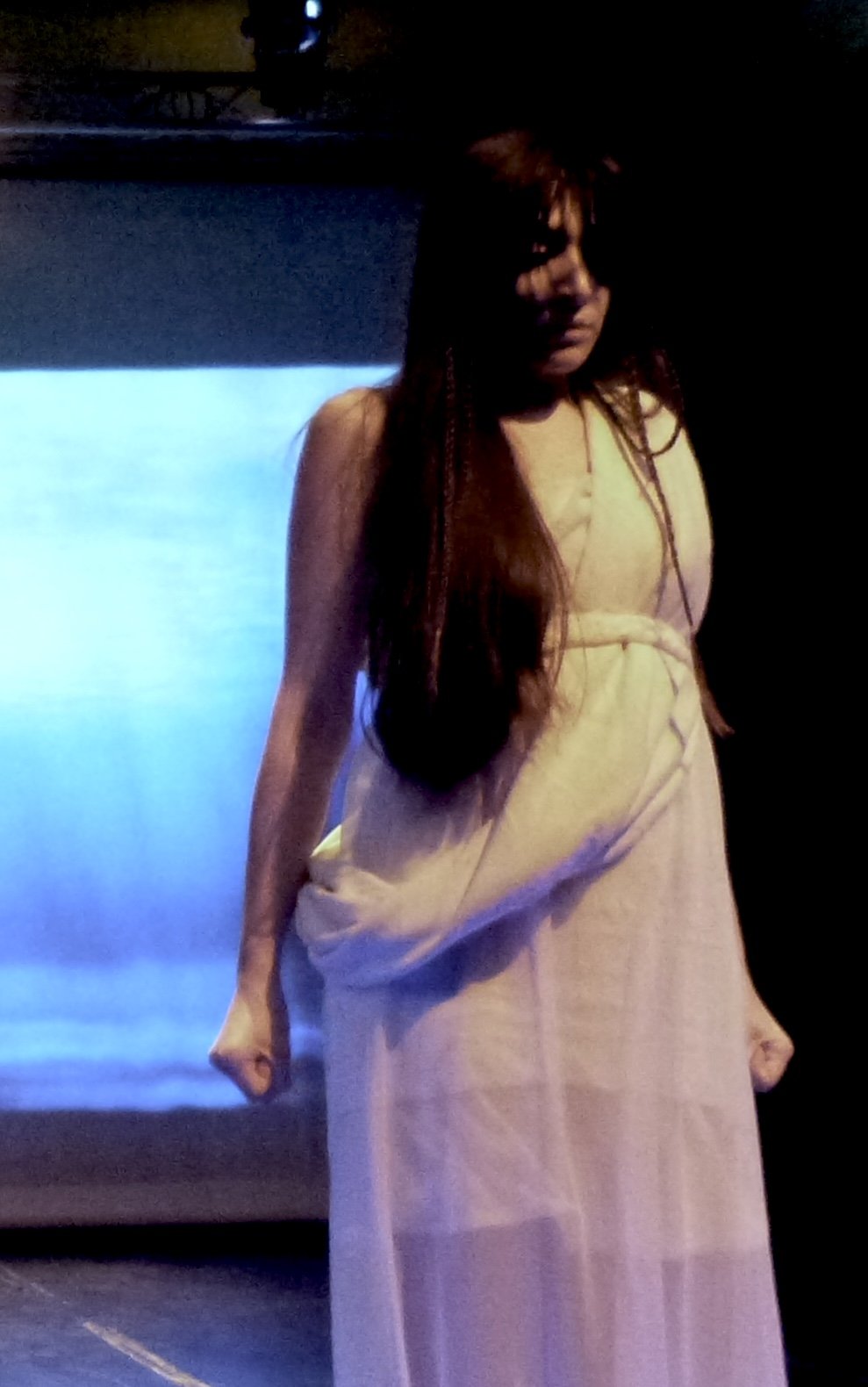
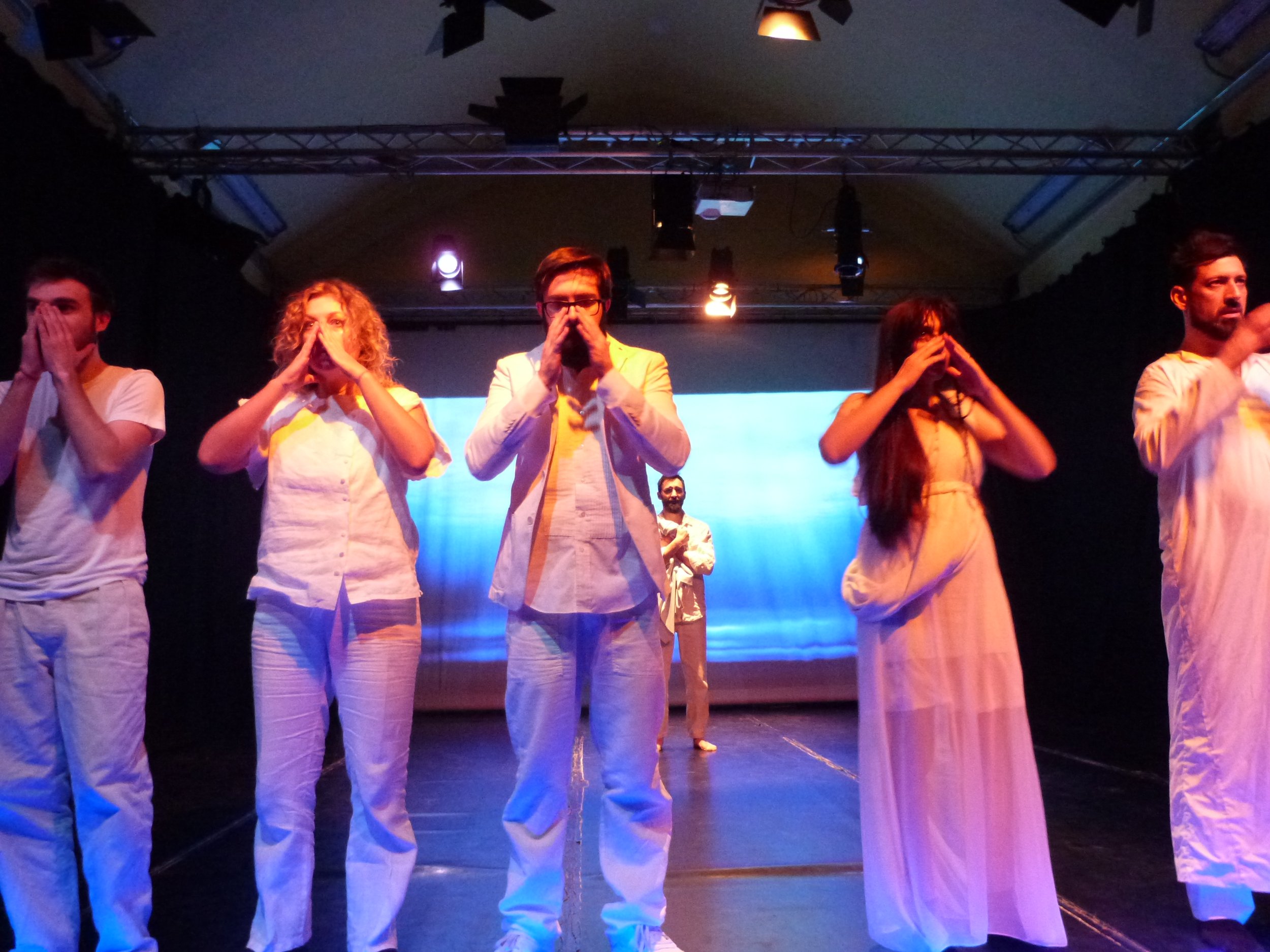
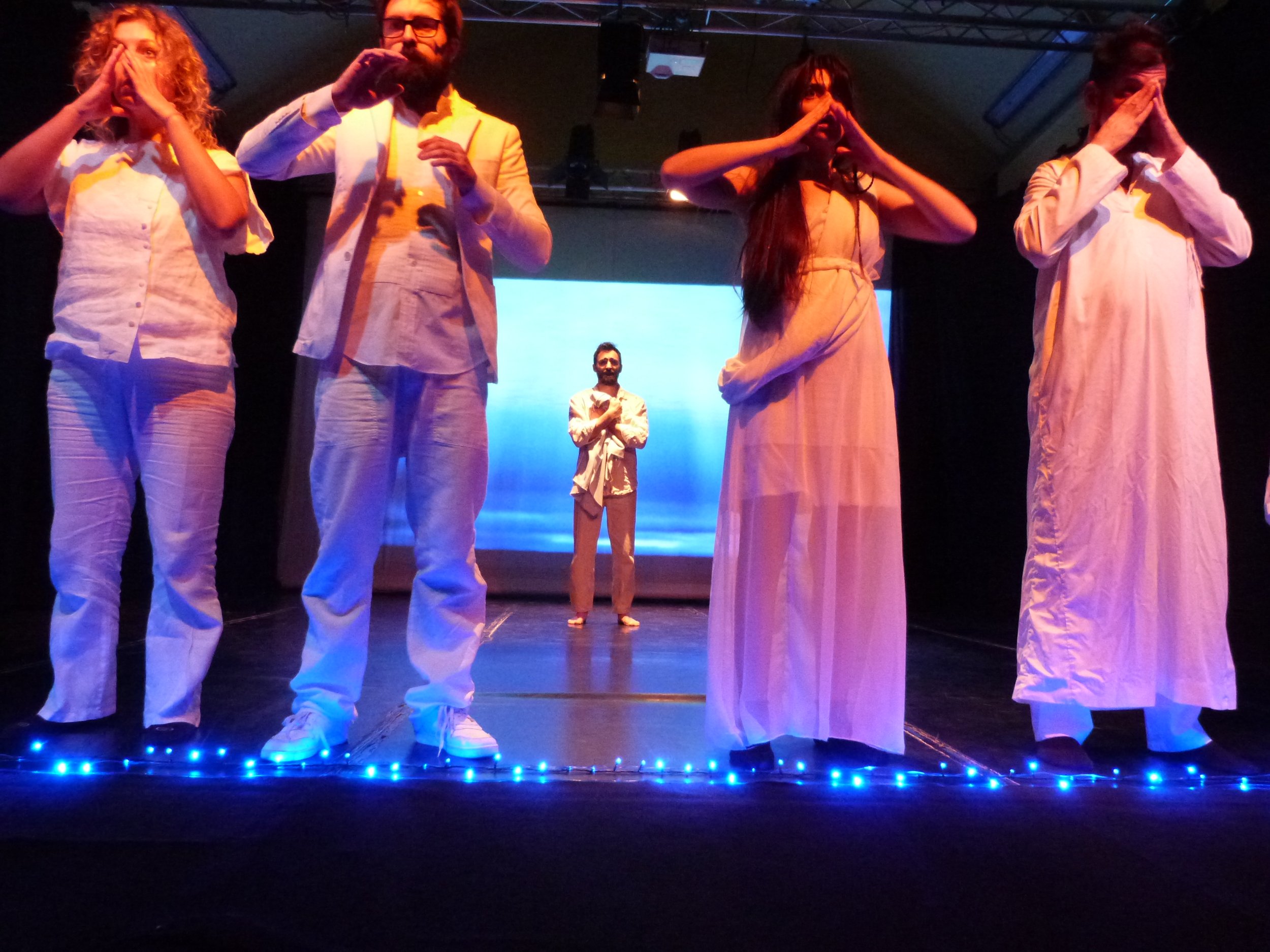
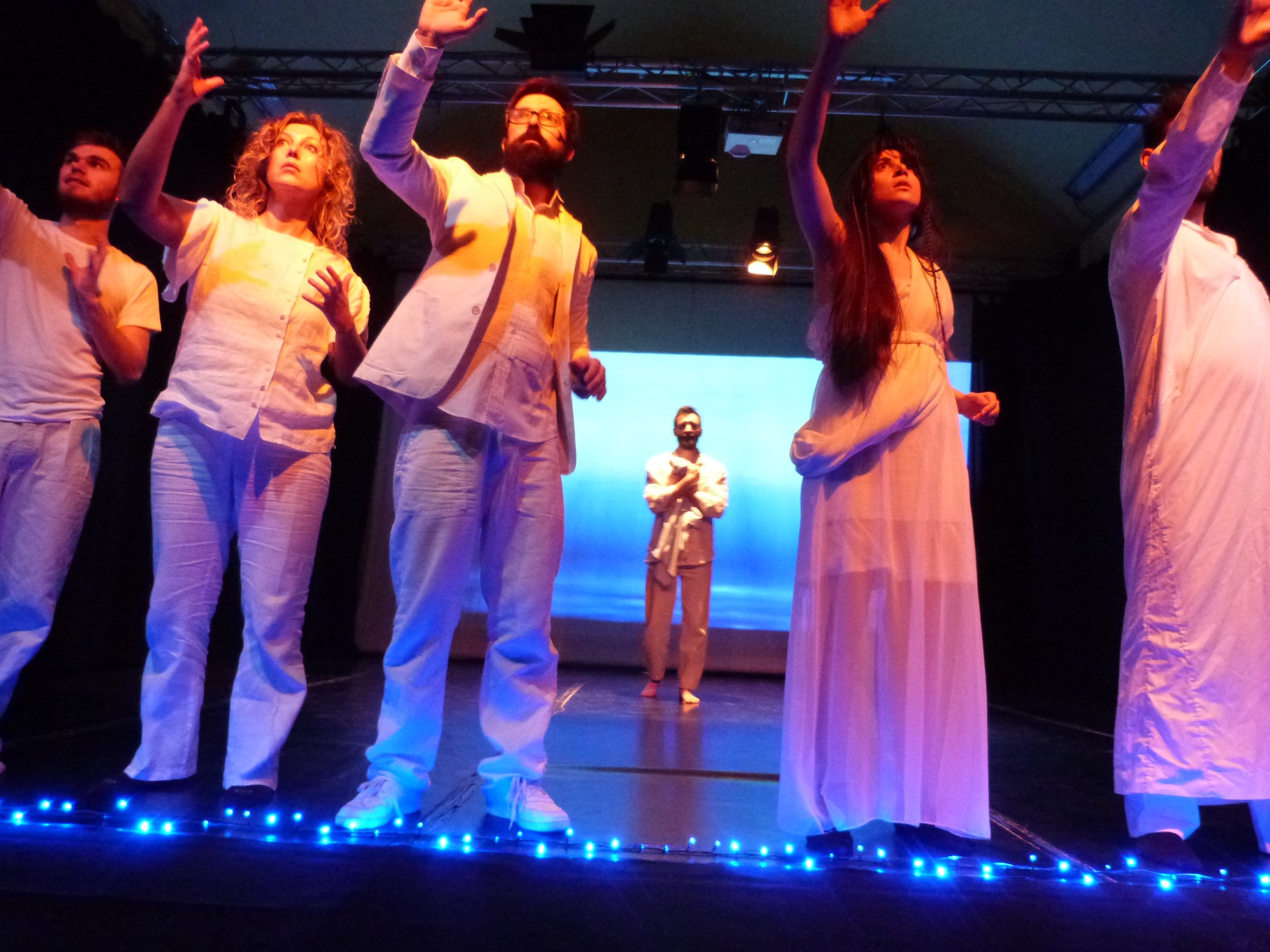
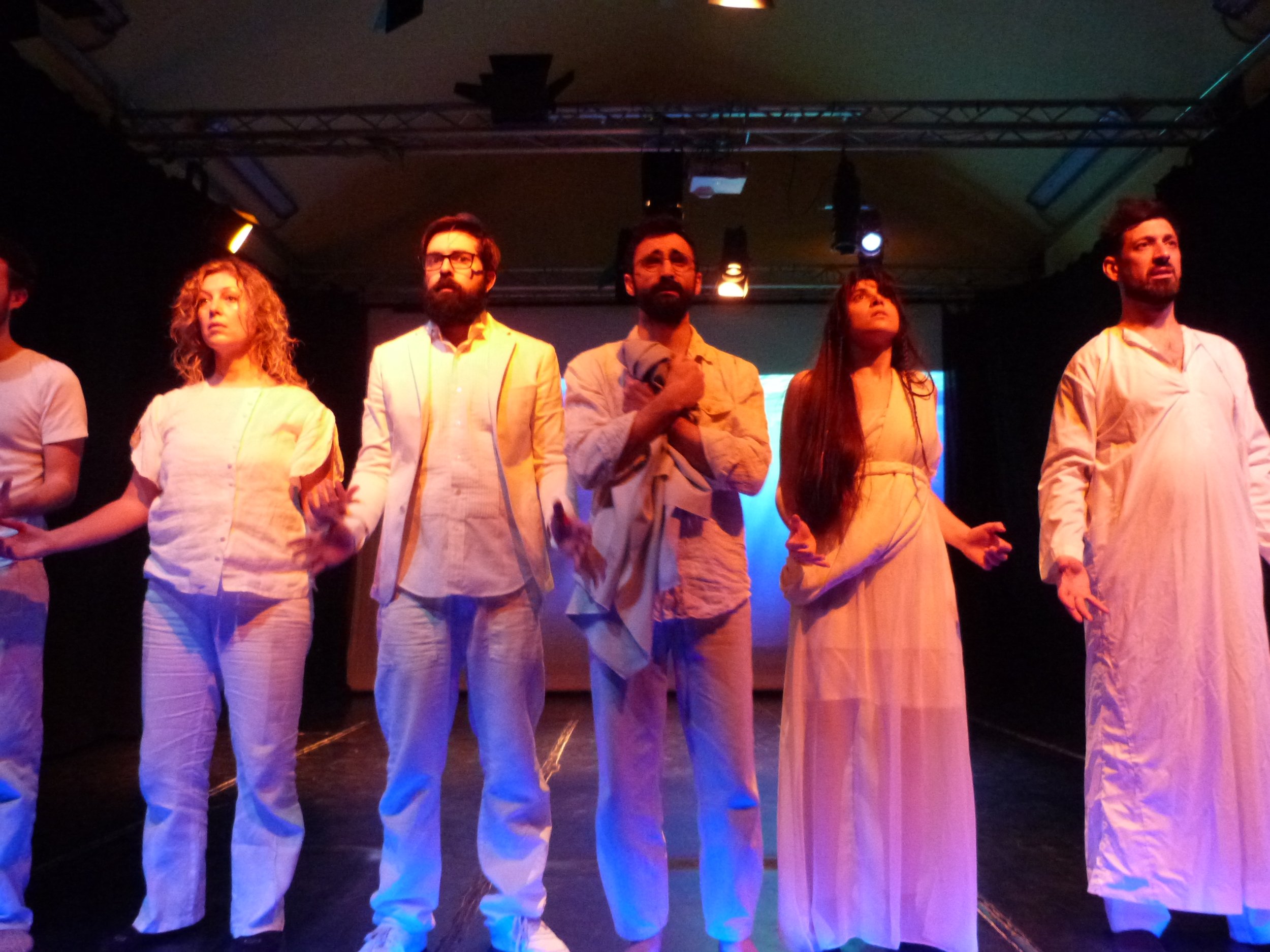
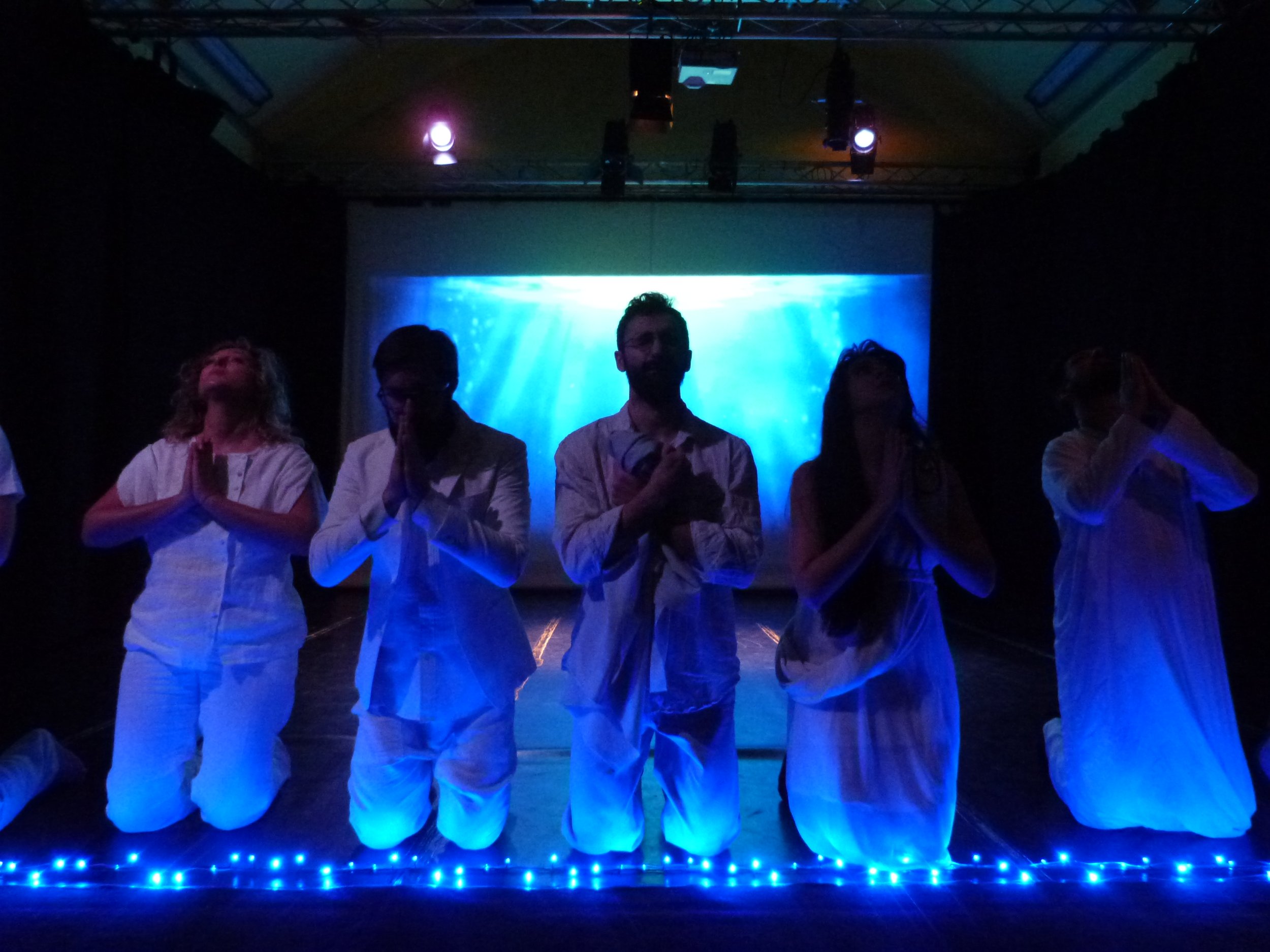
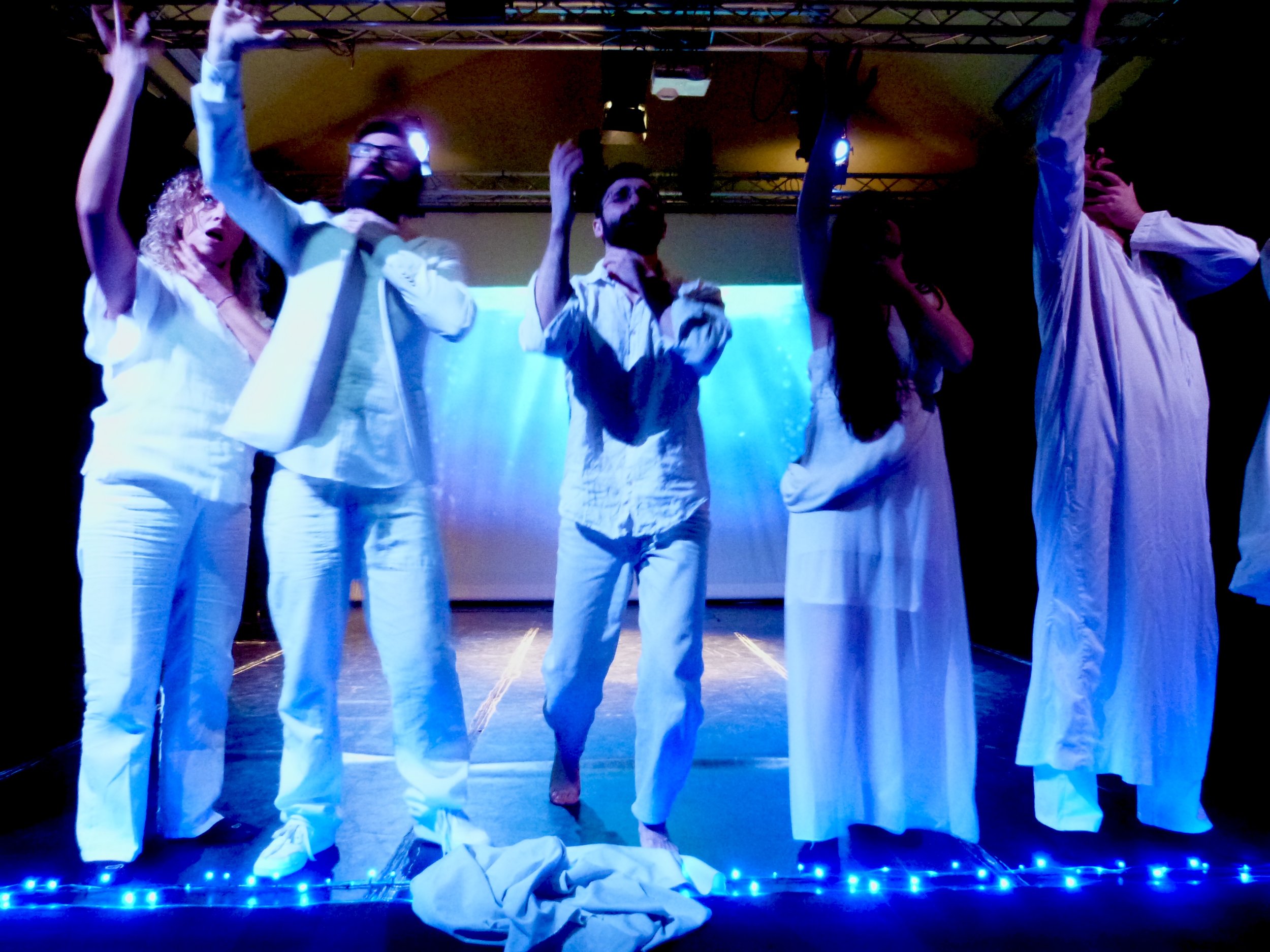
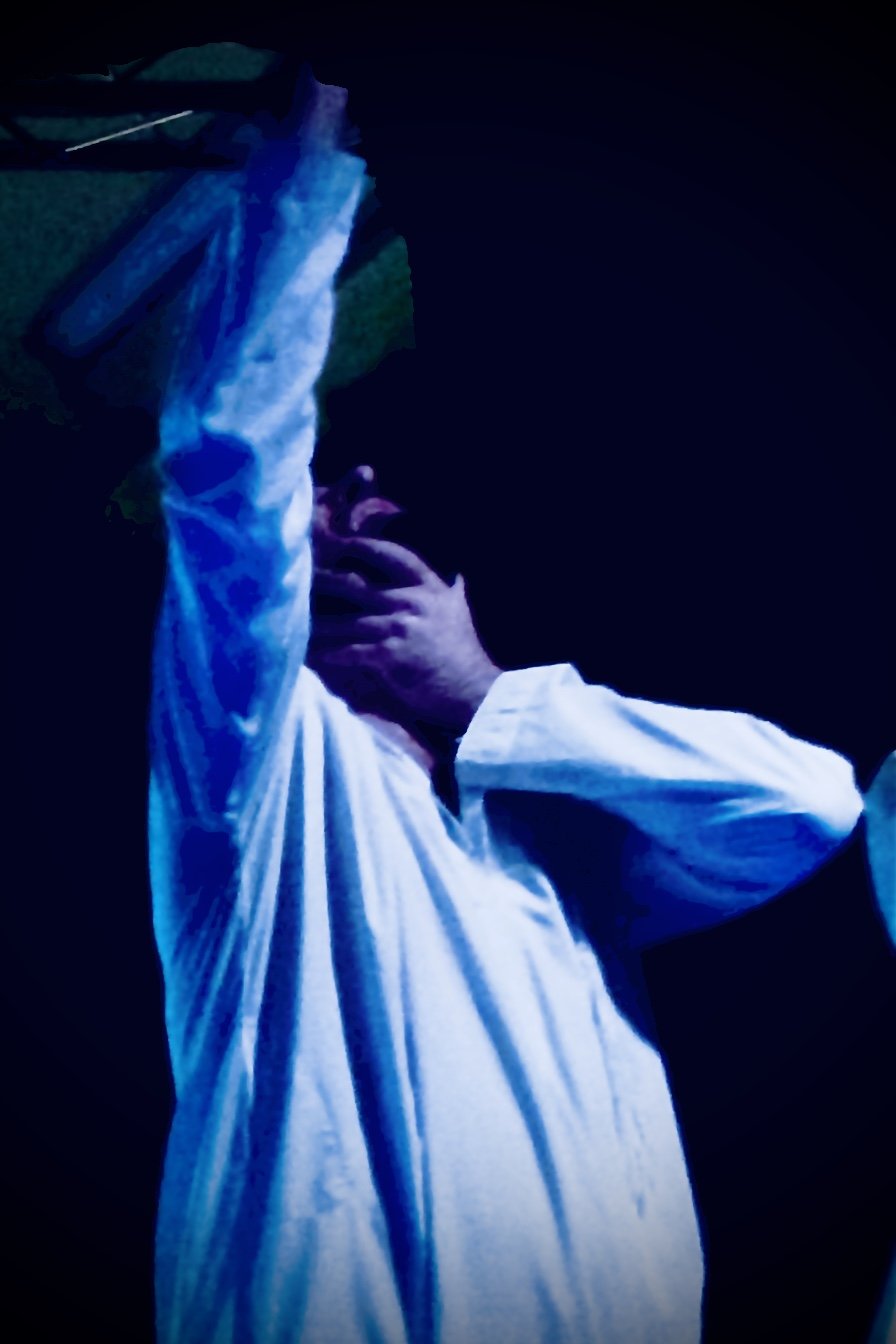
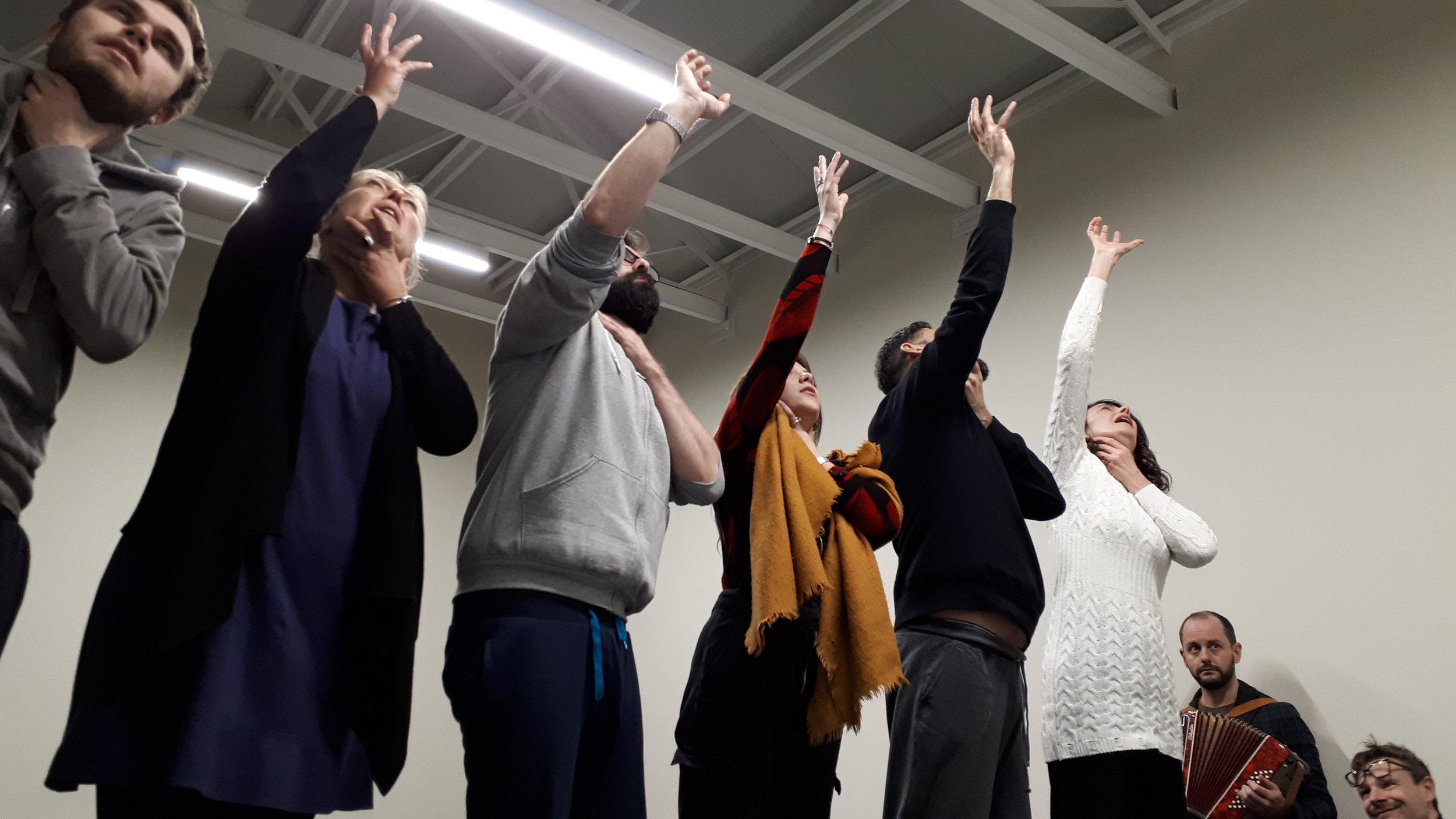
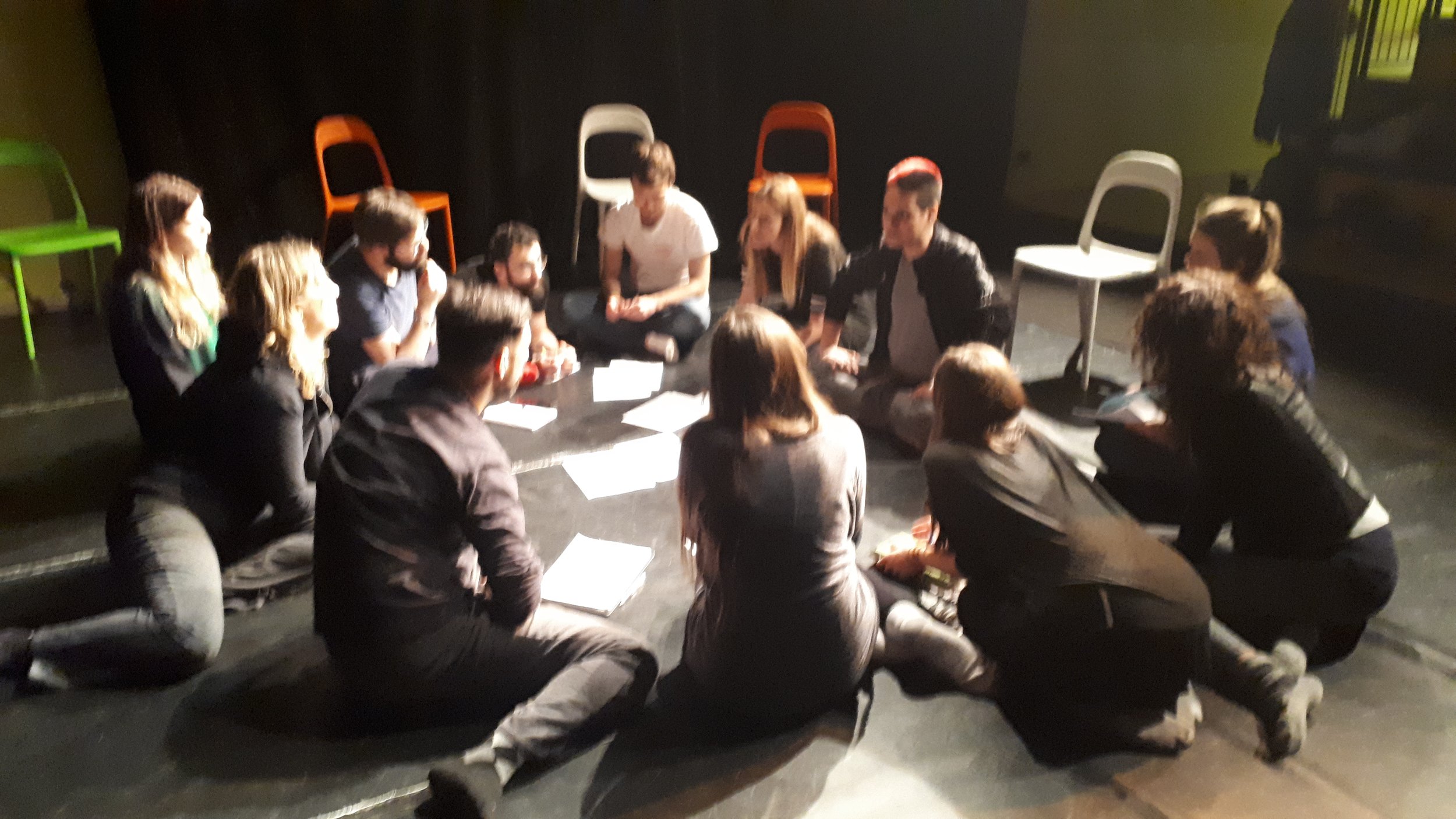
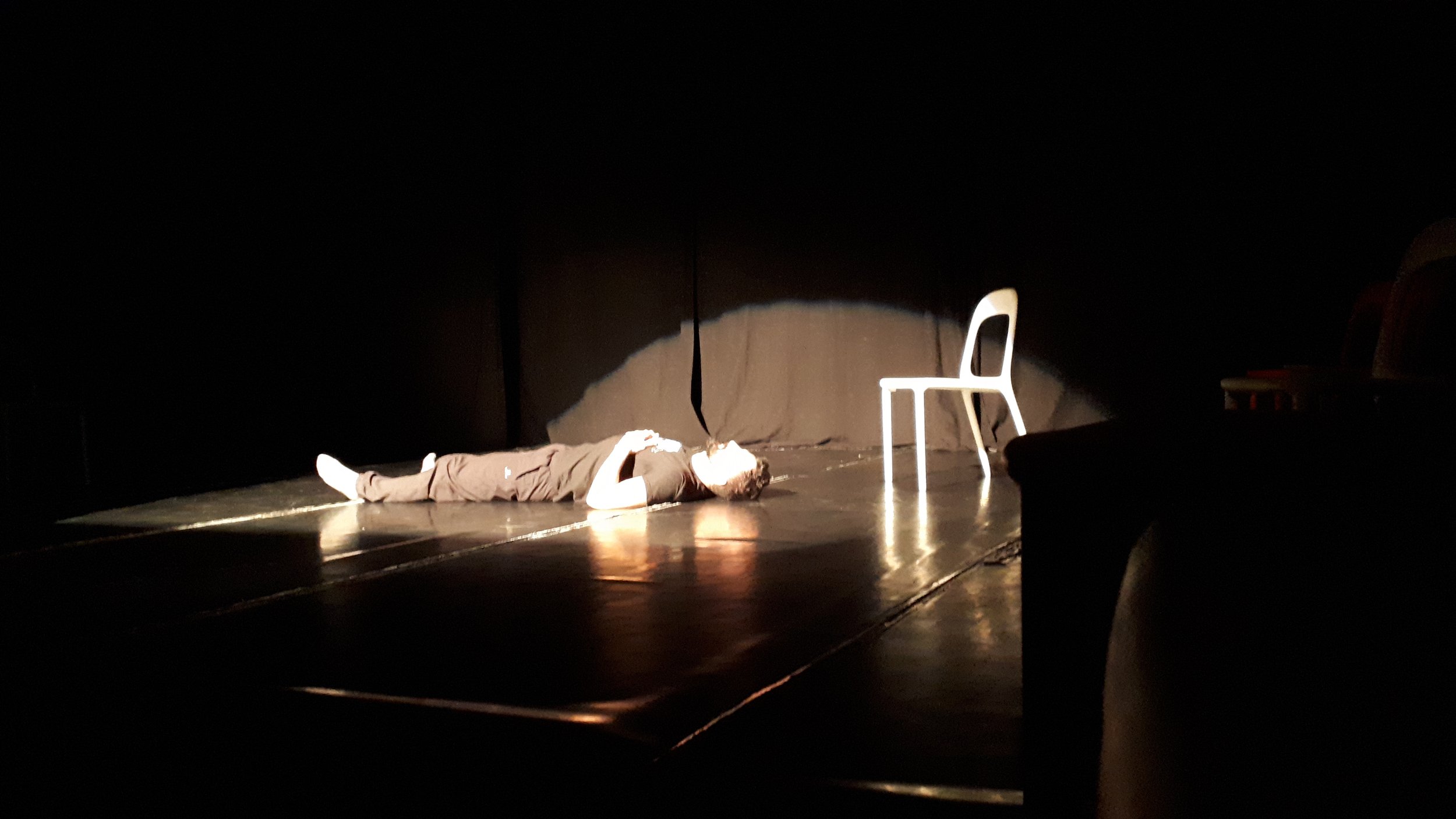
An exploration of creation, destruction, legacy, inheritance, and the uncertain future that faces the next generation of humanity. Atlantis: the most popular (though certainly not the only) legend of a great city - advanced, intelligent, powerful - lost to time and its own arrogance.
The theme of connecting global cultures and identifying universal struggles shared by seemingly unrelated communities has been explored by the ensemble in Piacenza, the ensemble at Aurora University in Illinois, and facilitated by River Coello and Denise Yvette Serna.
The project ensemble consisted of international artists representing five different countries. In conversations with local artists and community members, facilitator Carolina Migli Bateson identified the feeling of impending destruction as a potent stimulus for devising.
Access Design coordinated by Anna Donnell, with support from Project Assistant Julia Petterson, facilitated by John Jack Paterson.
